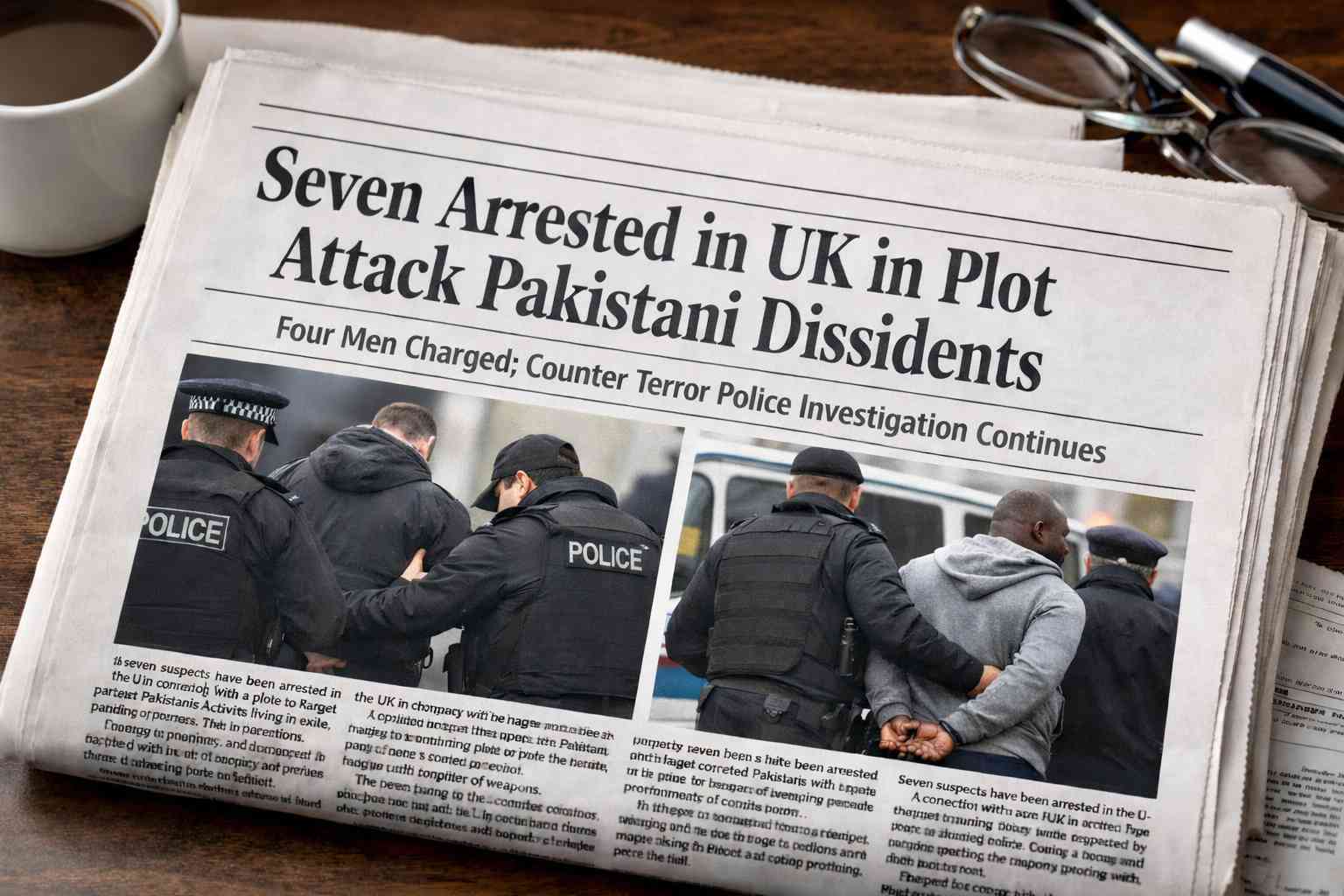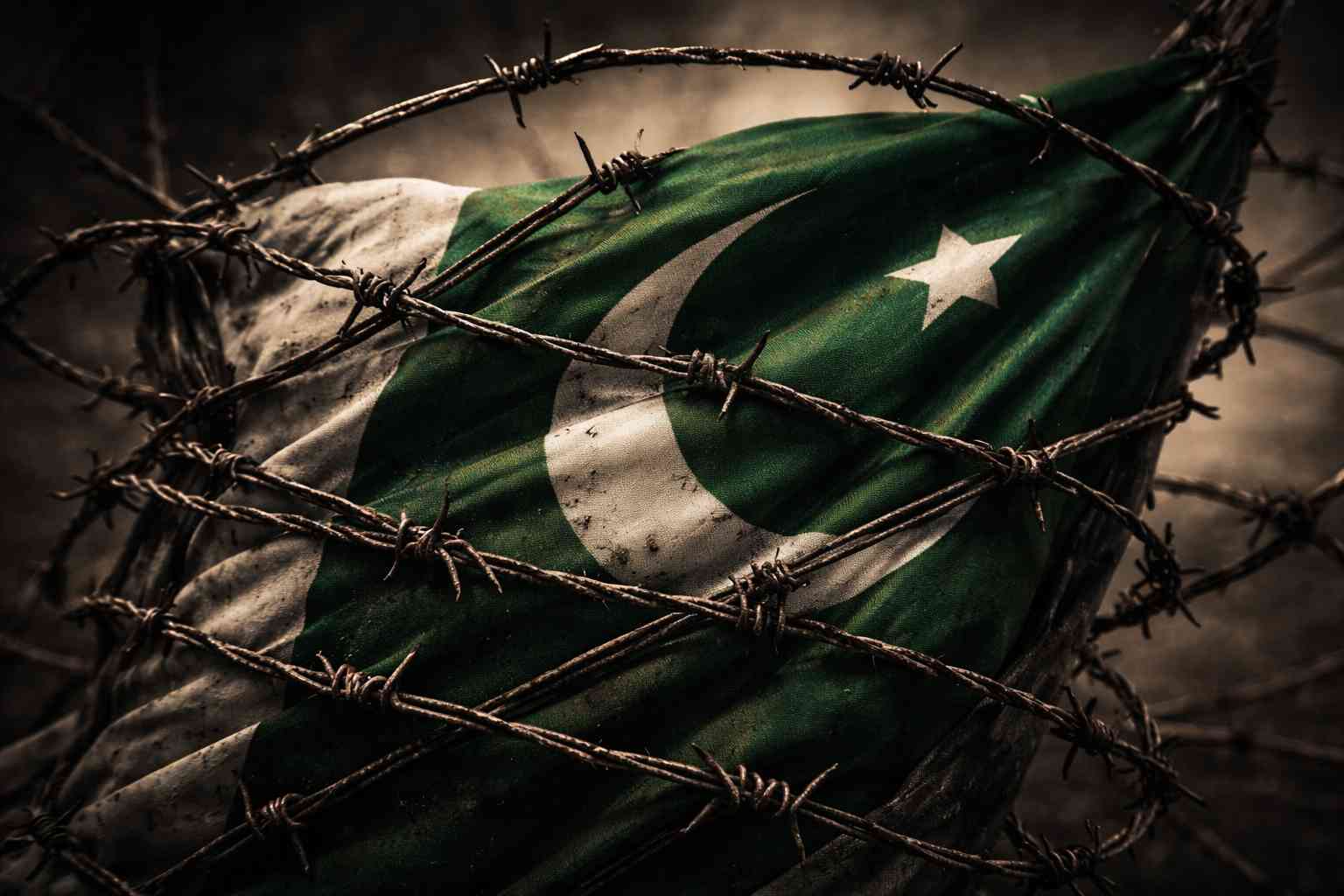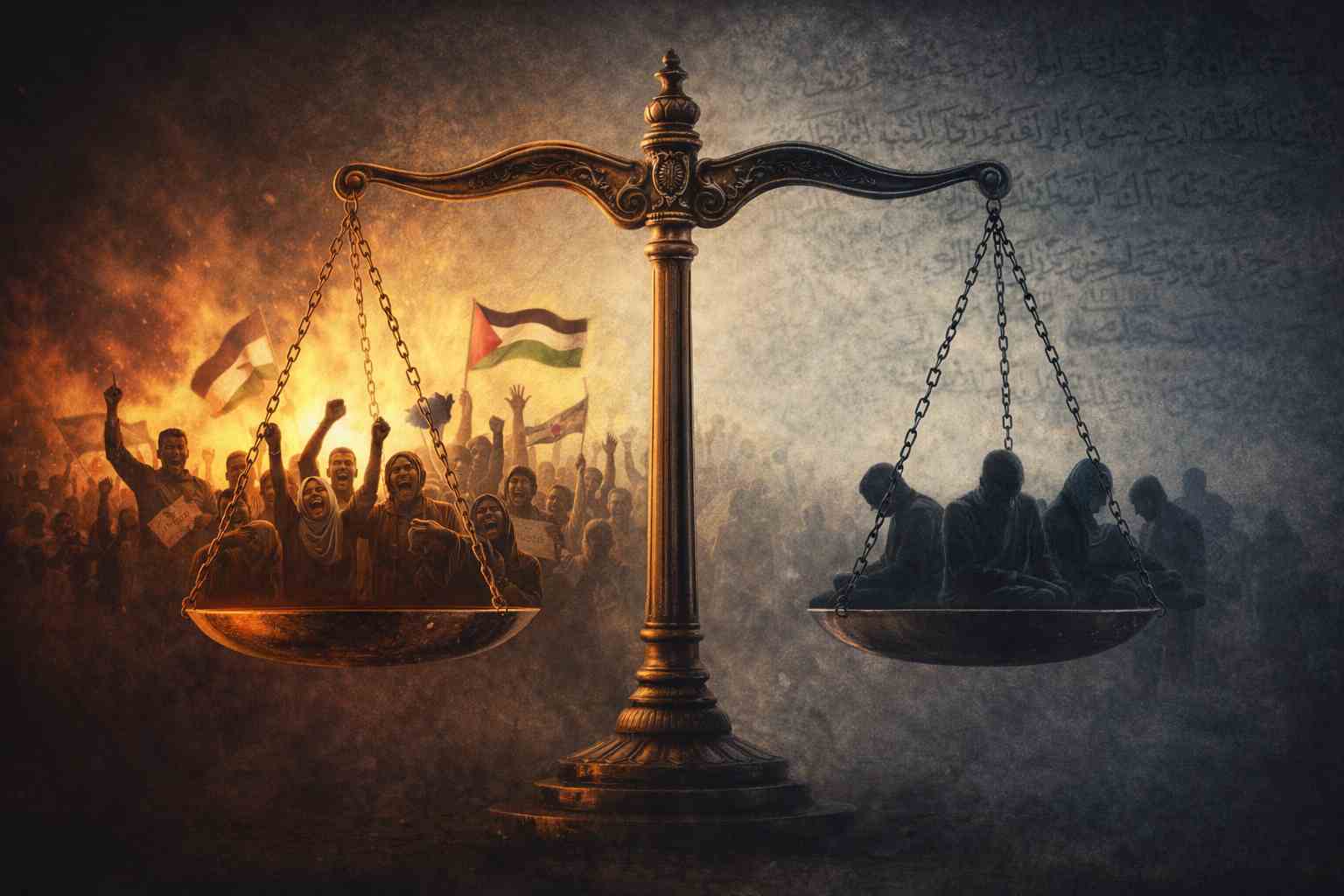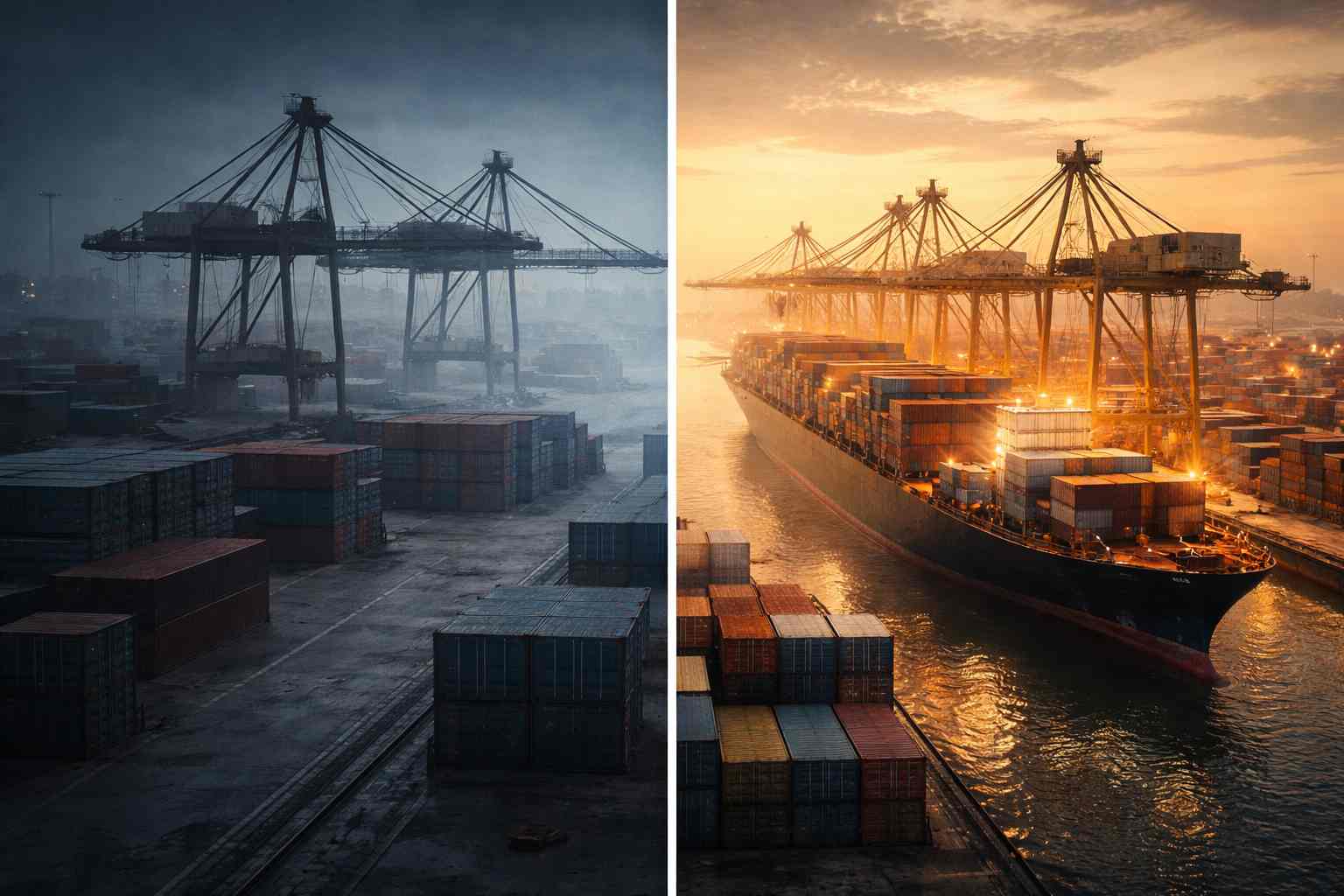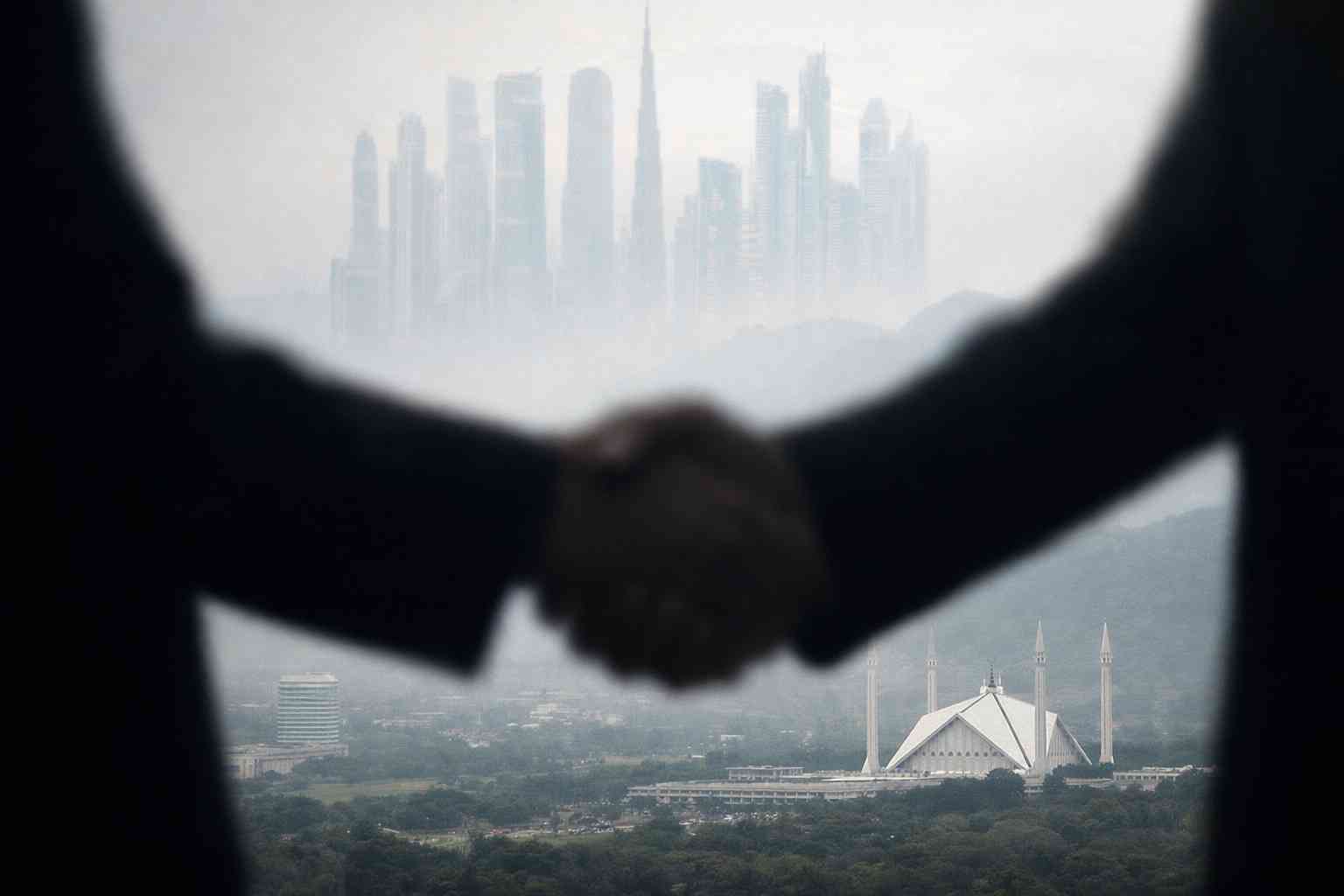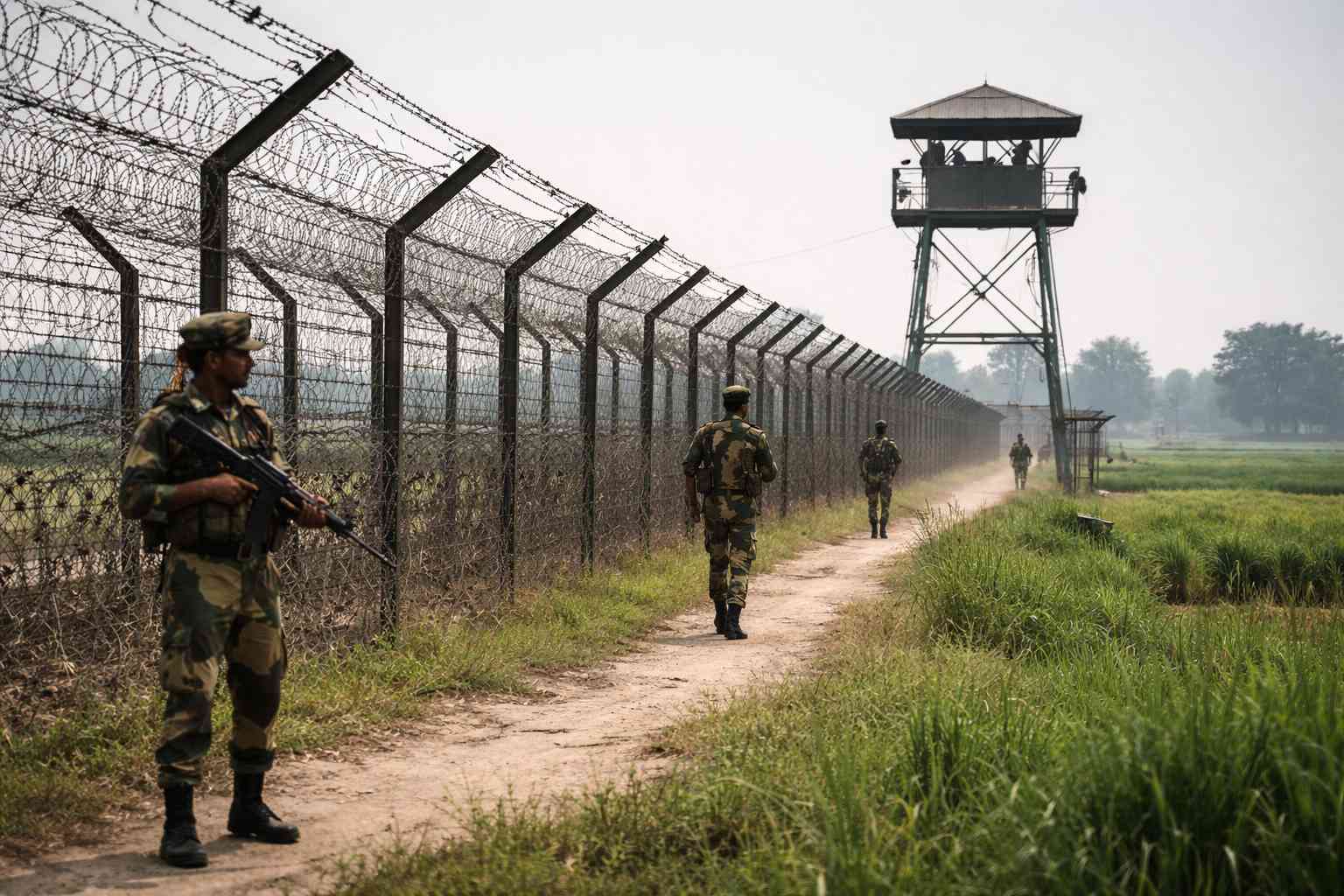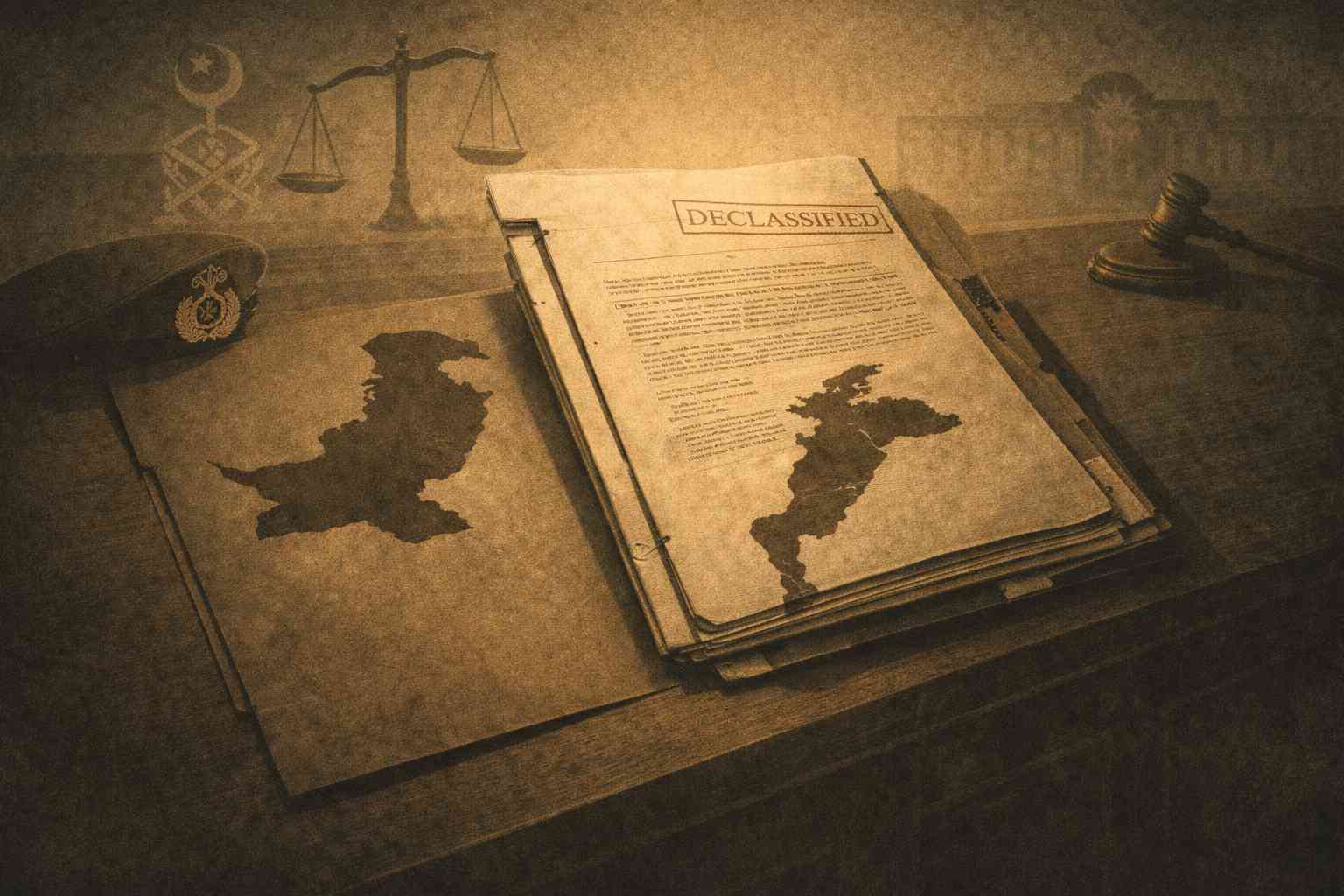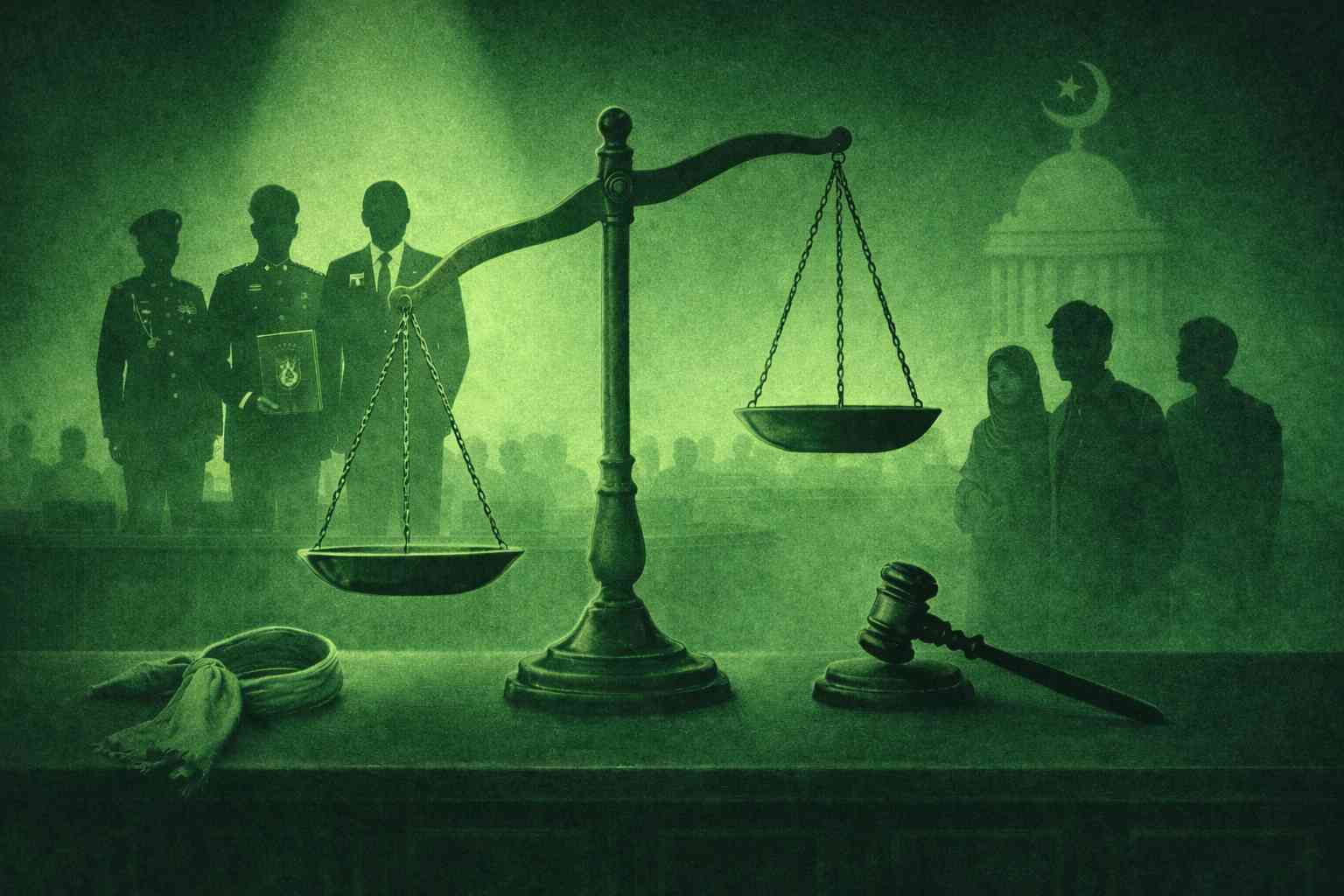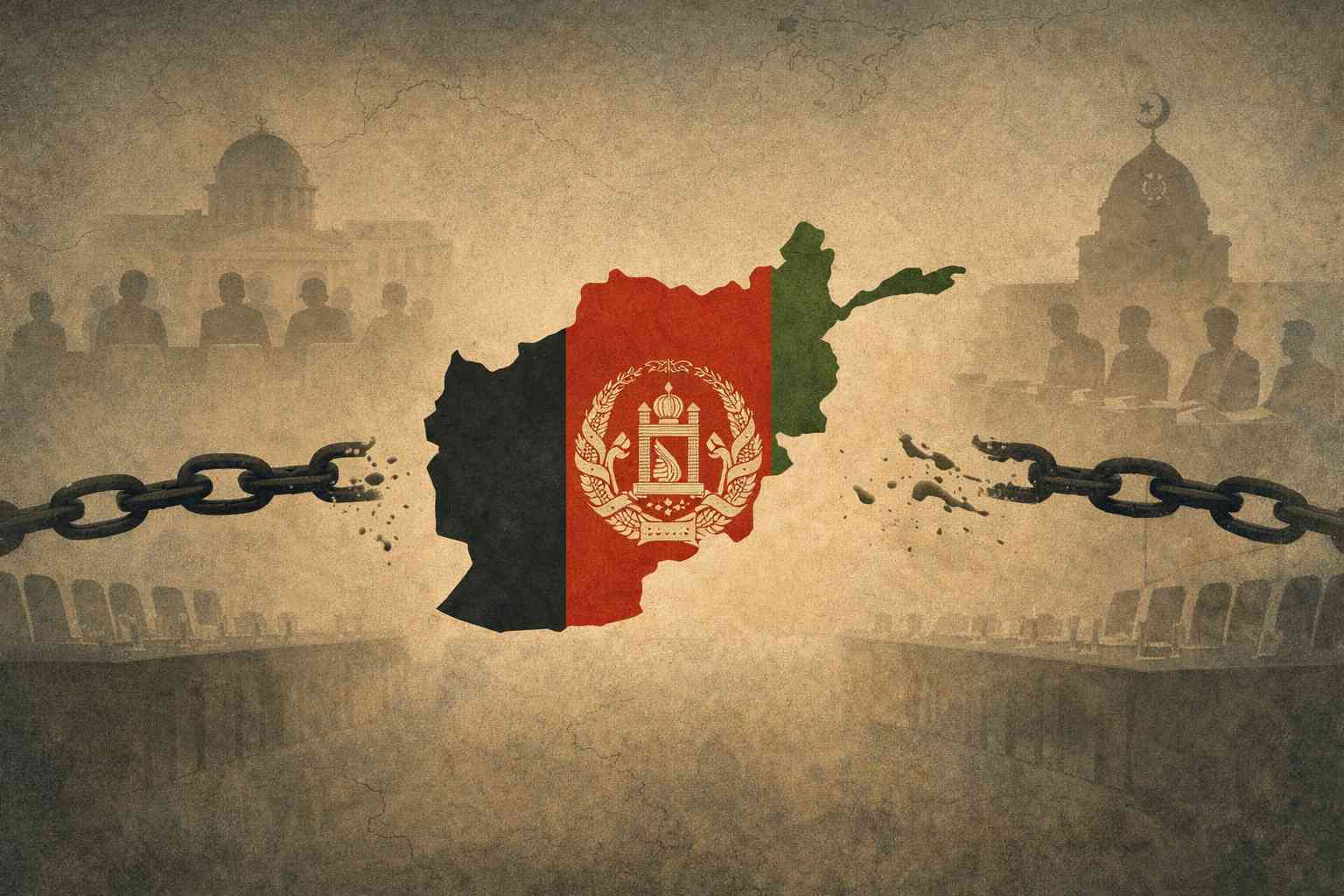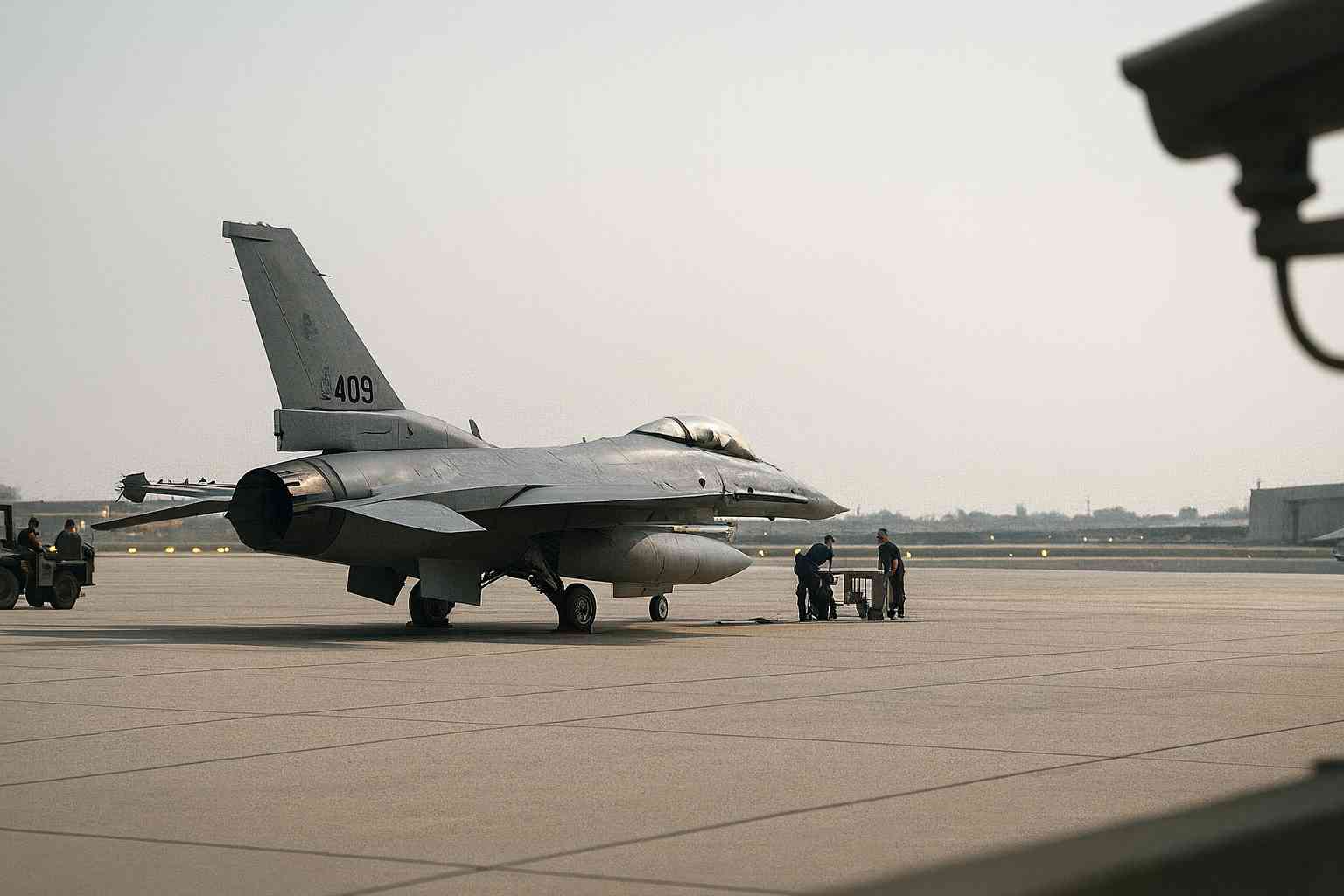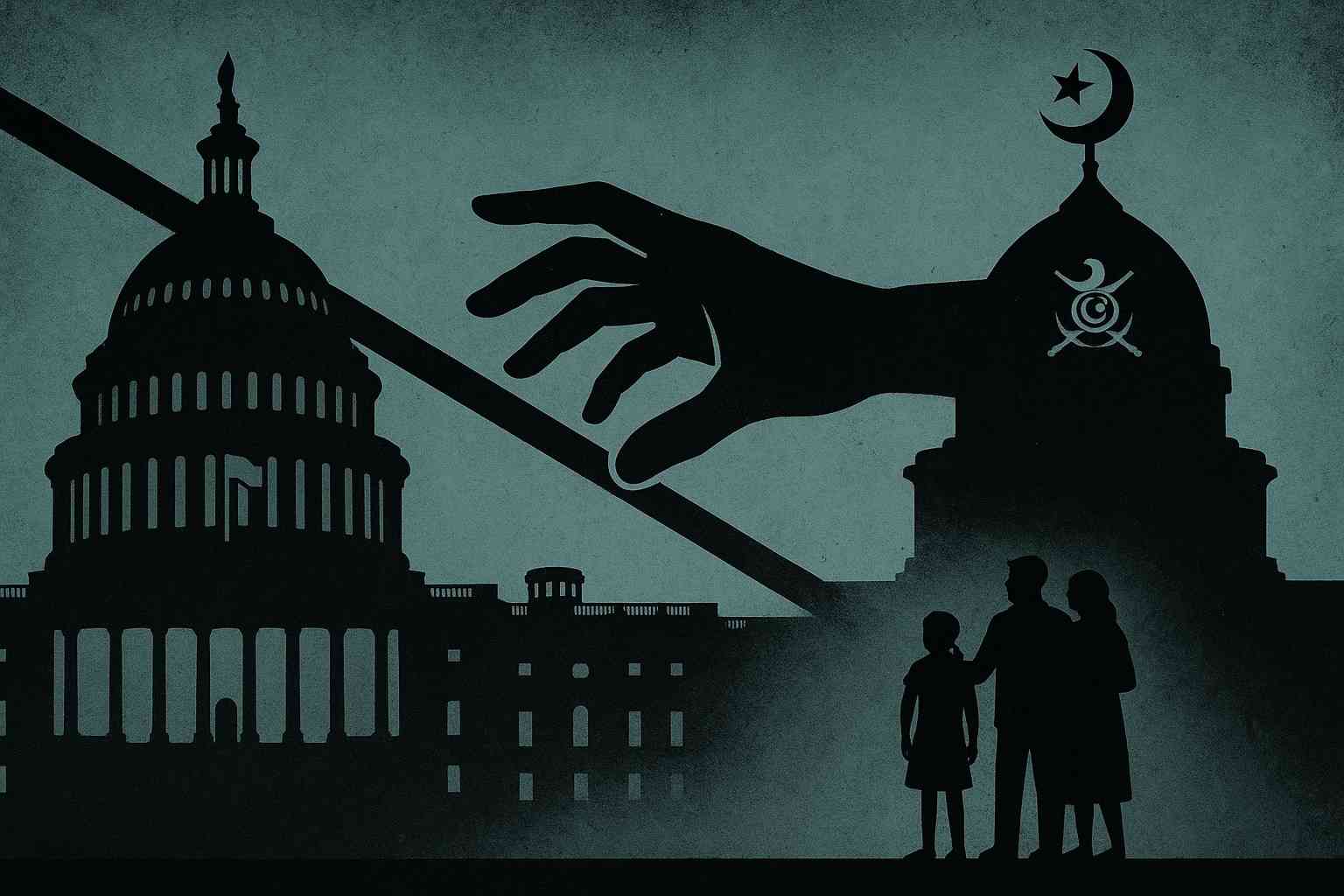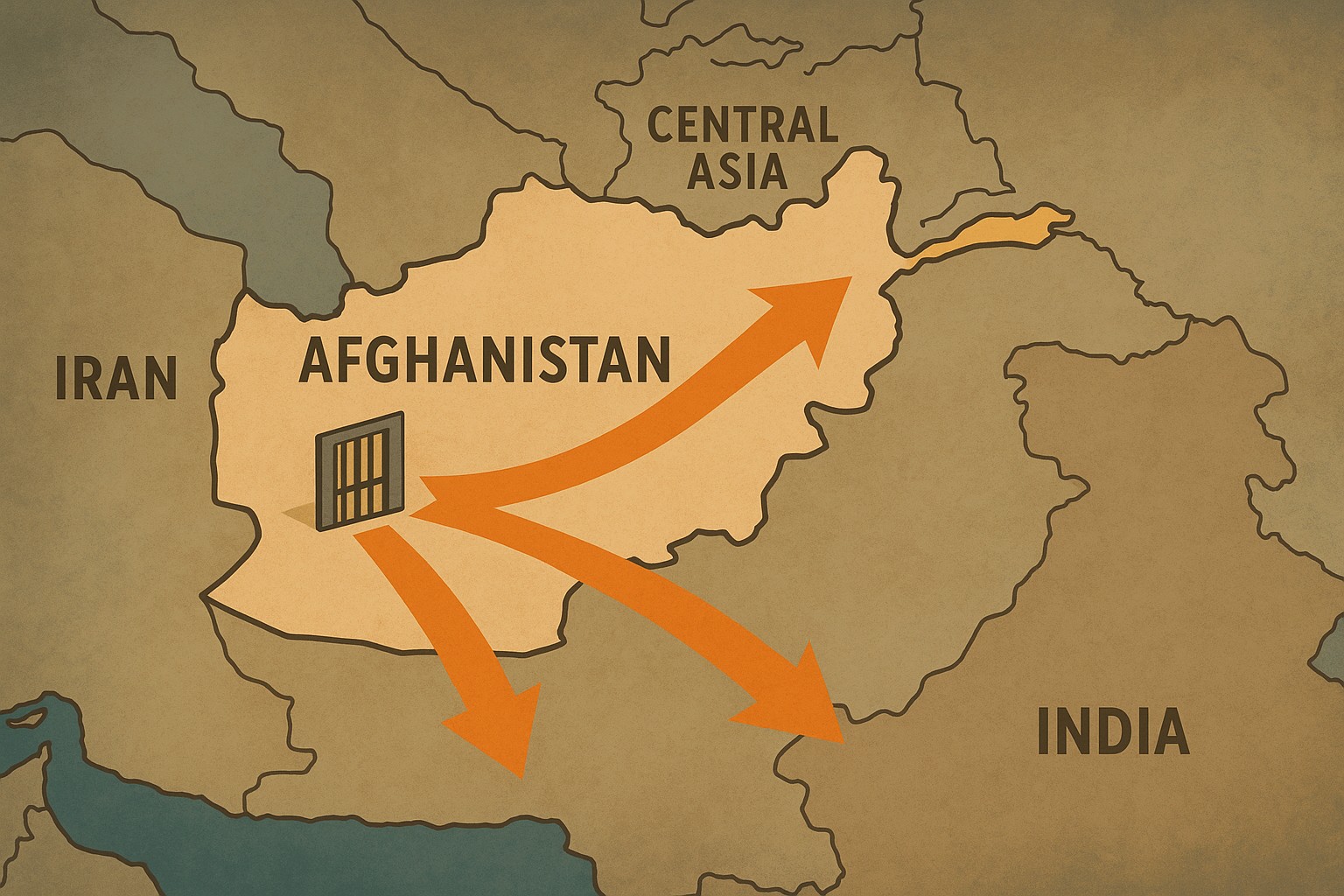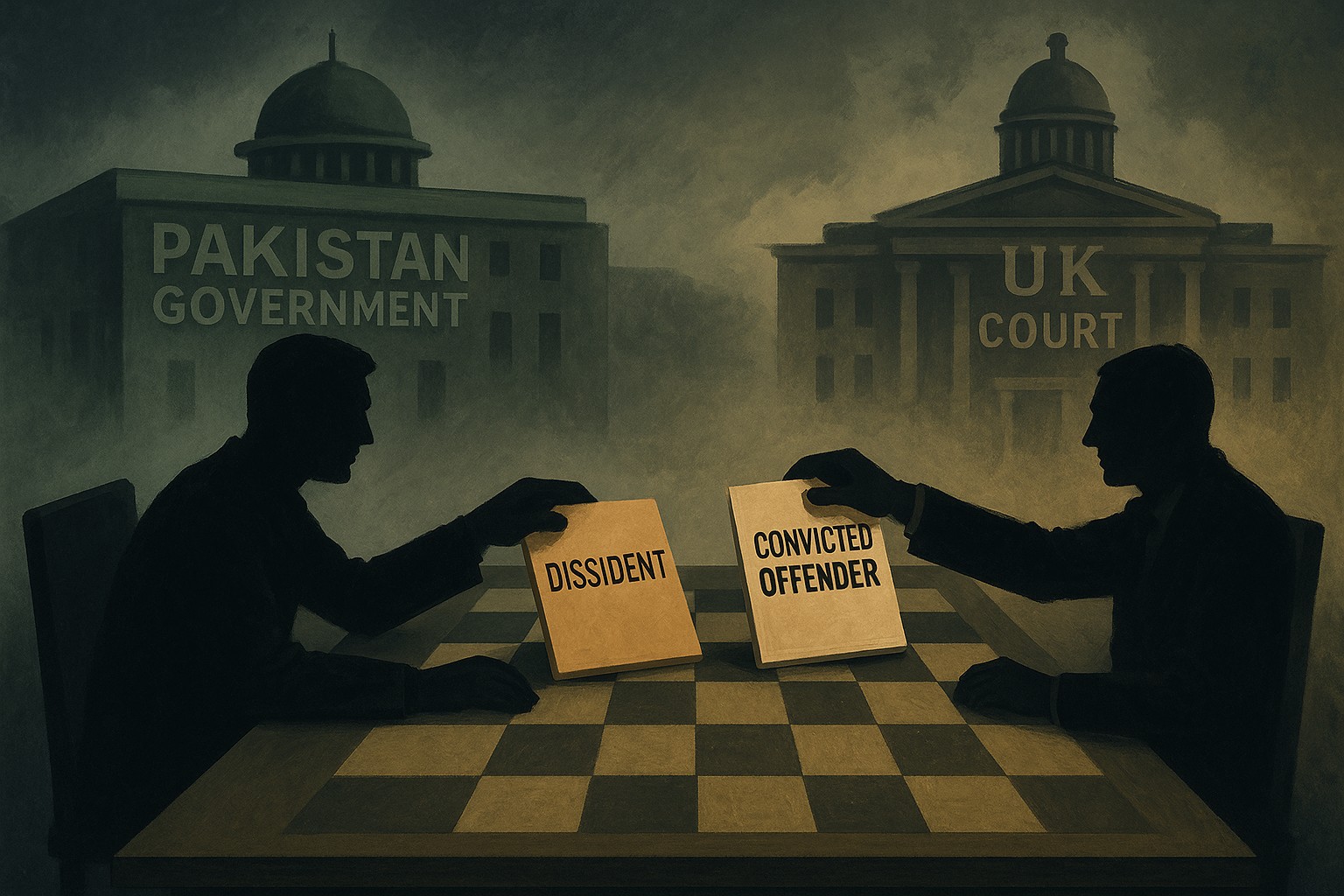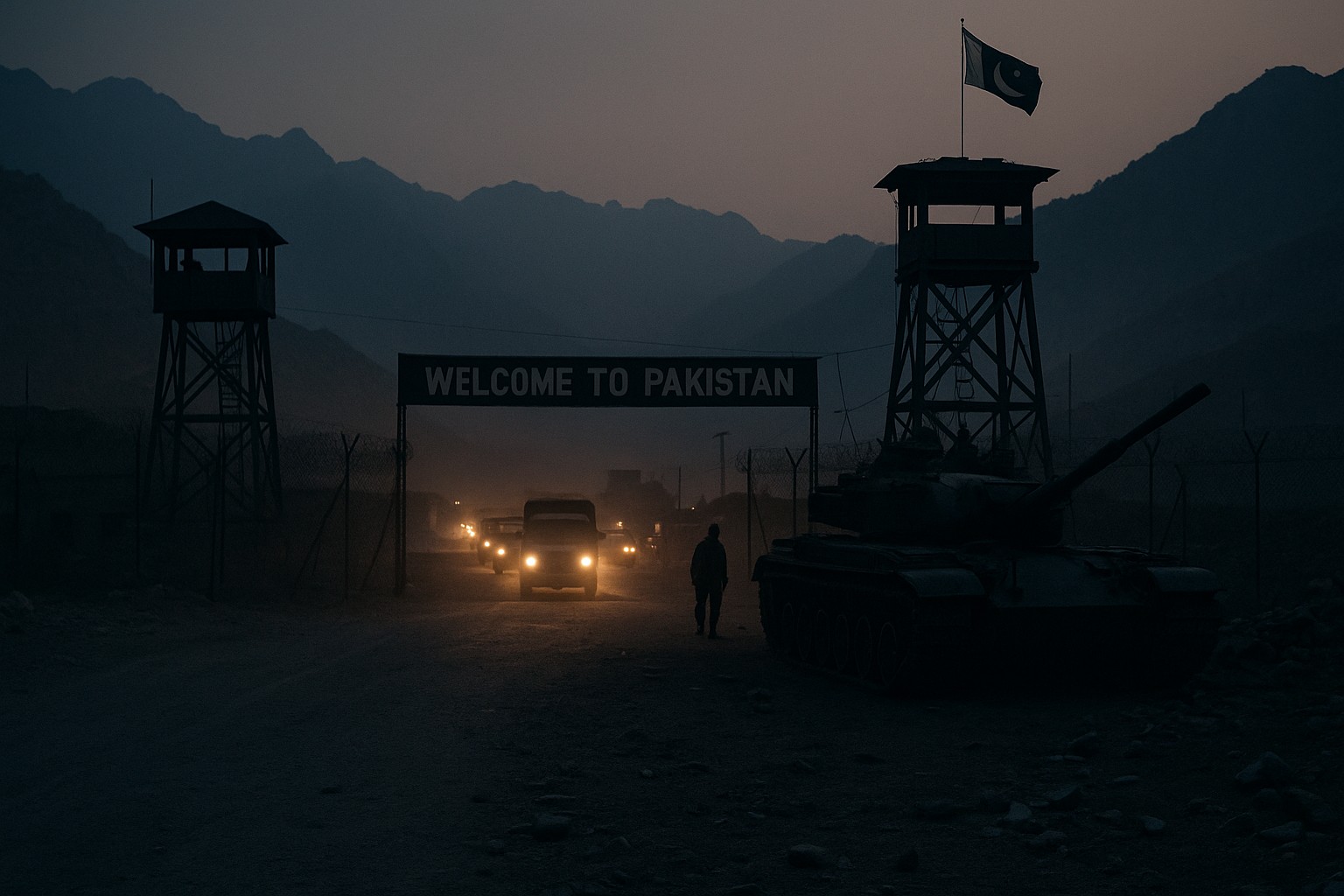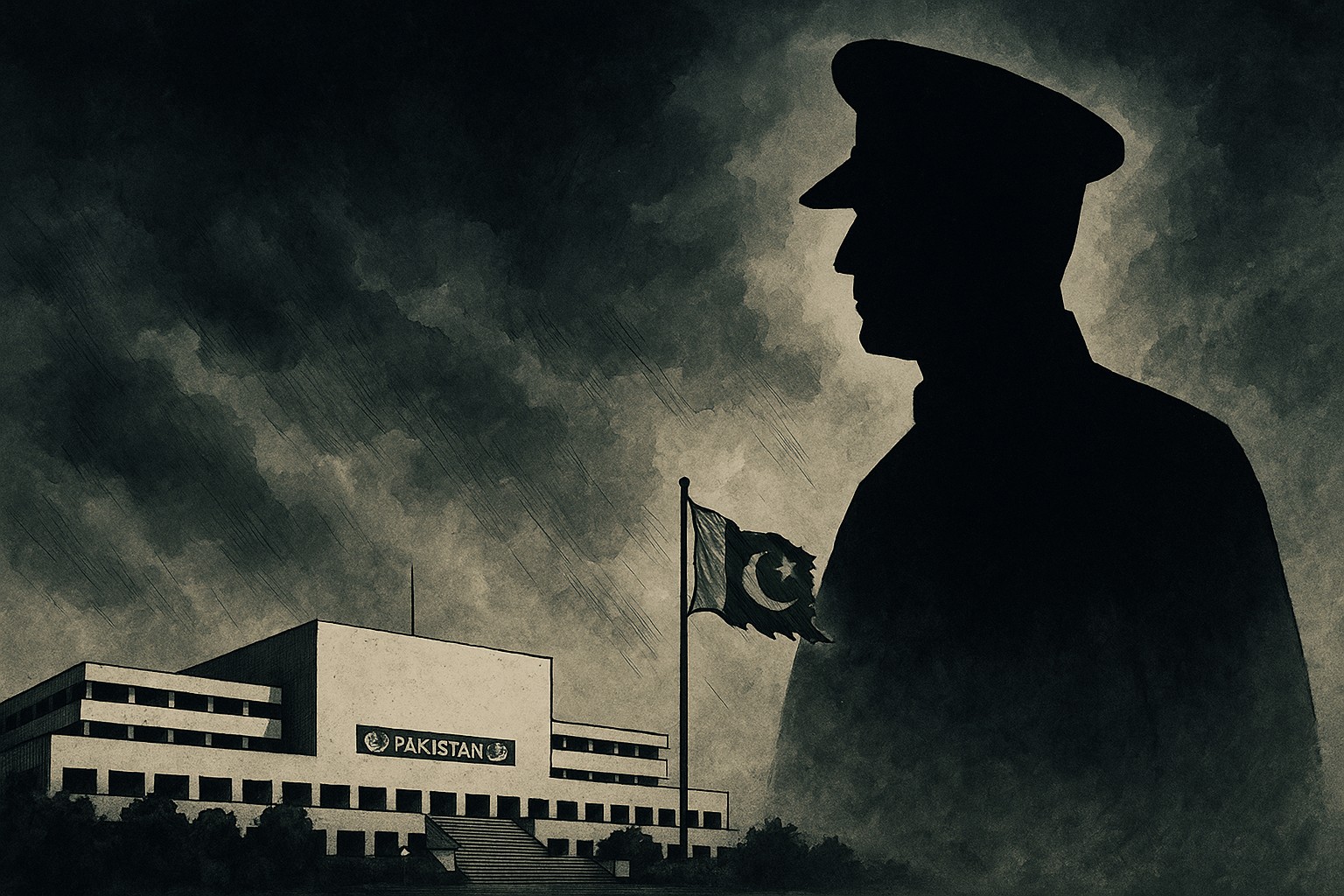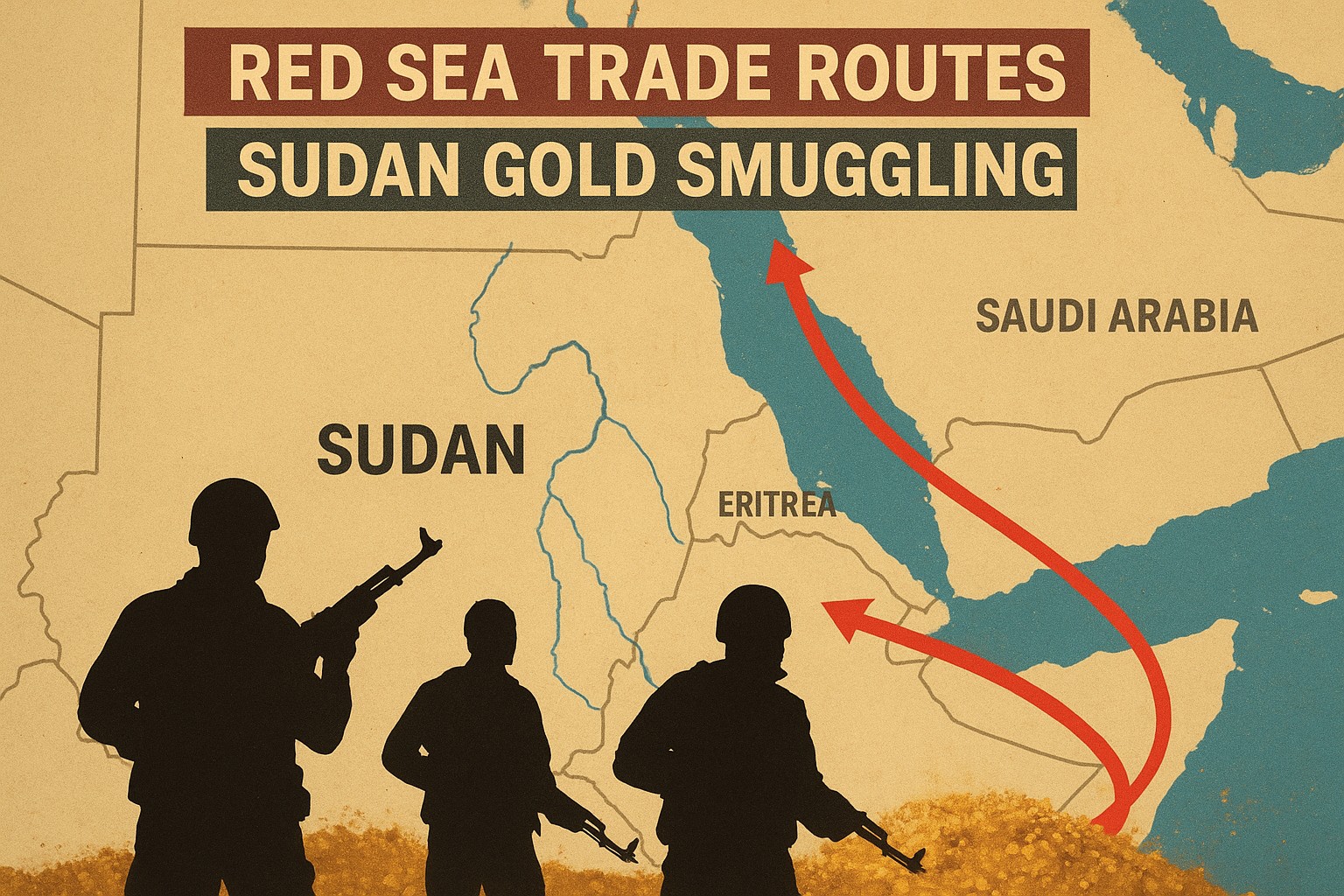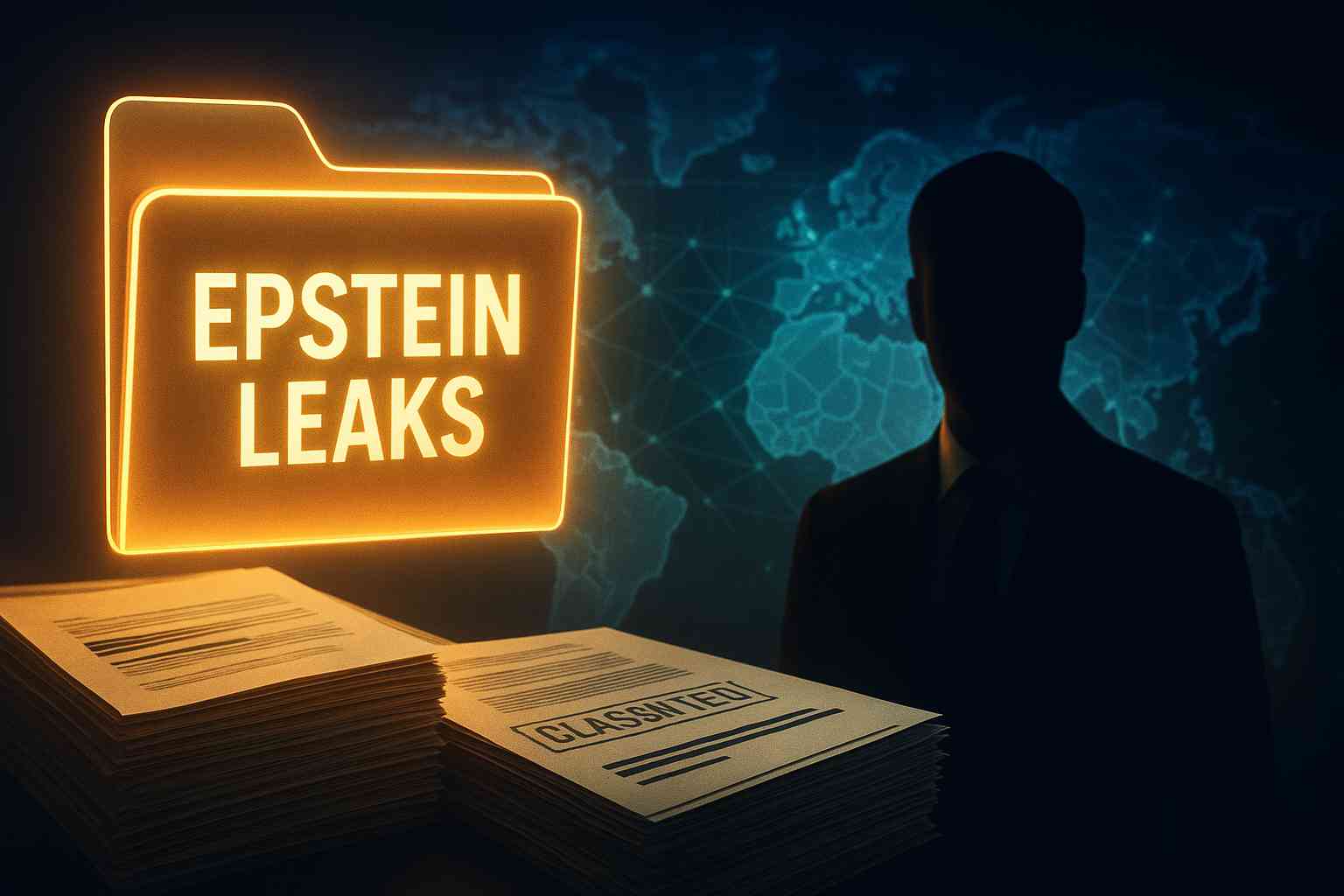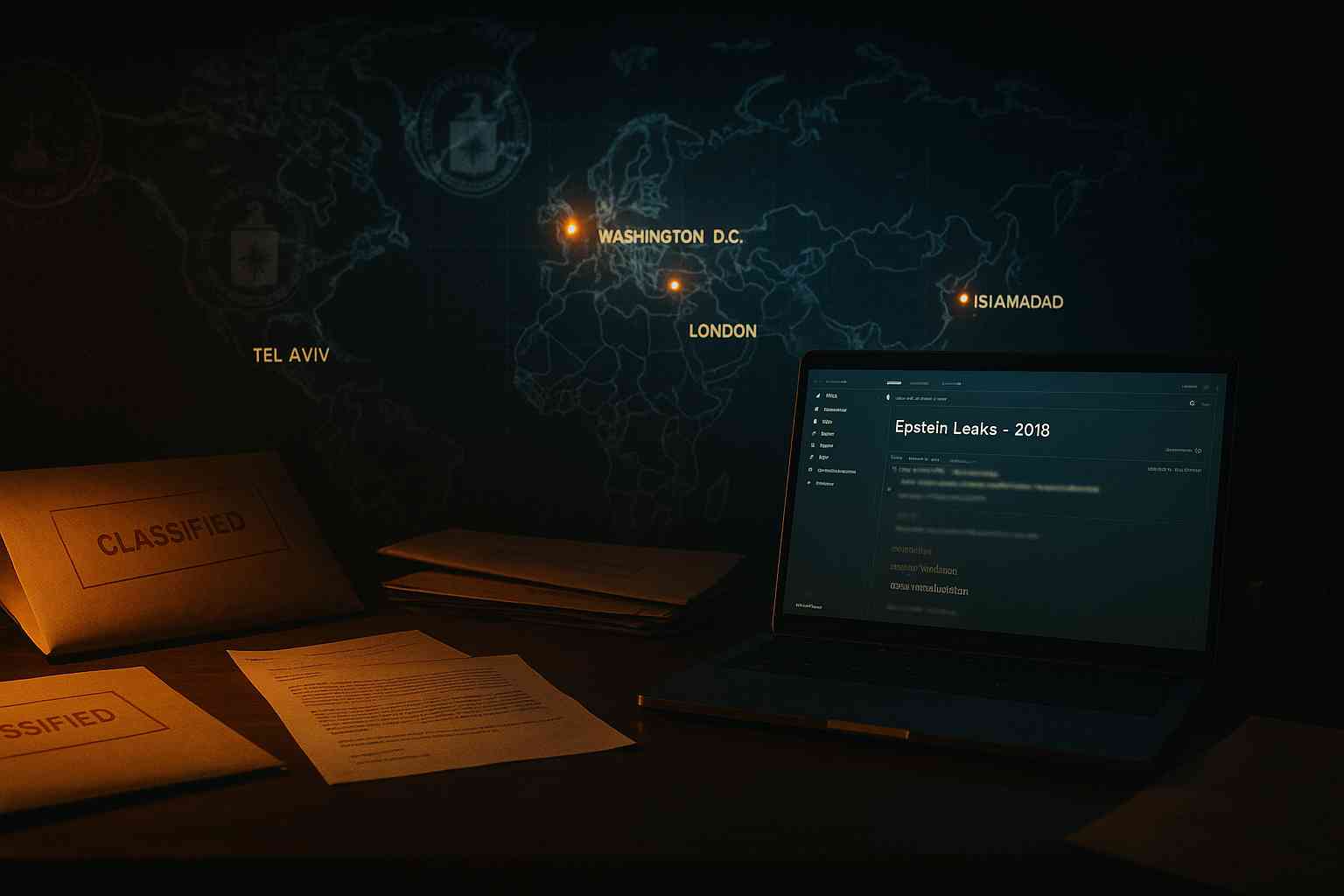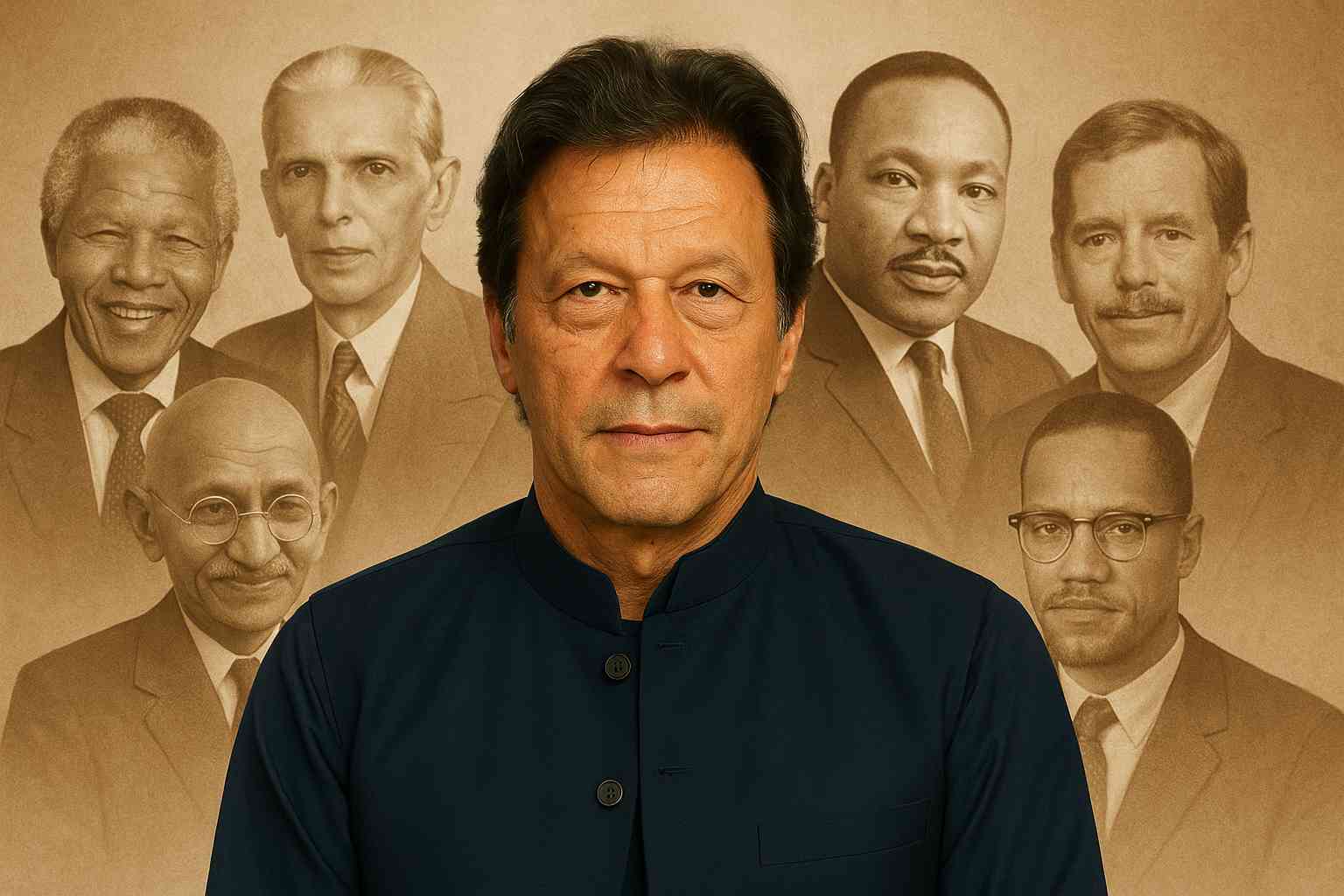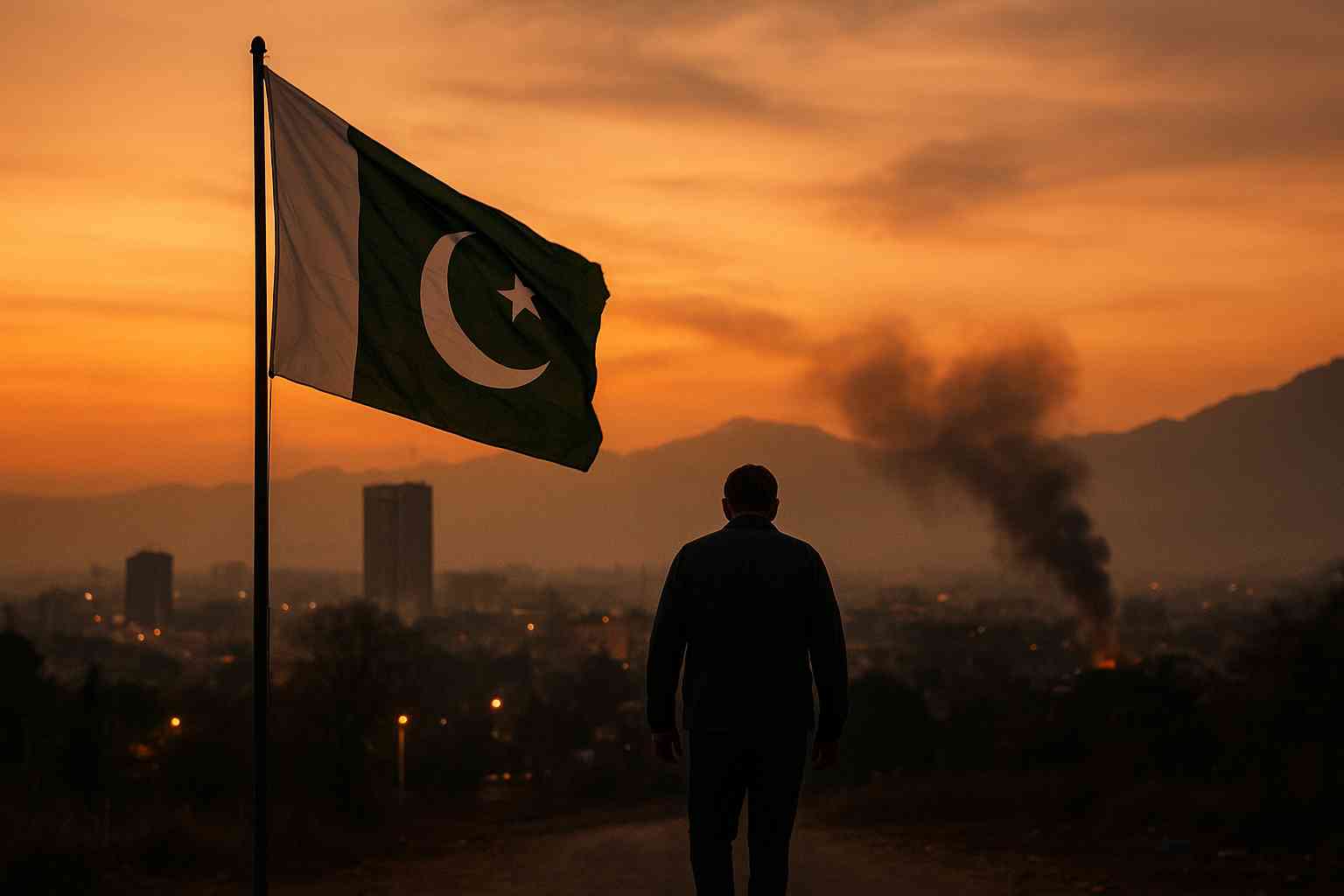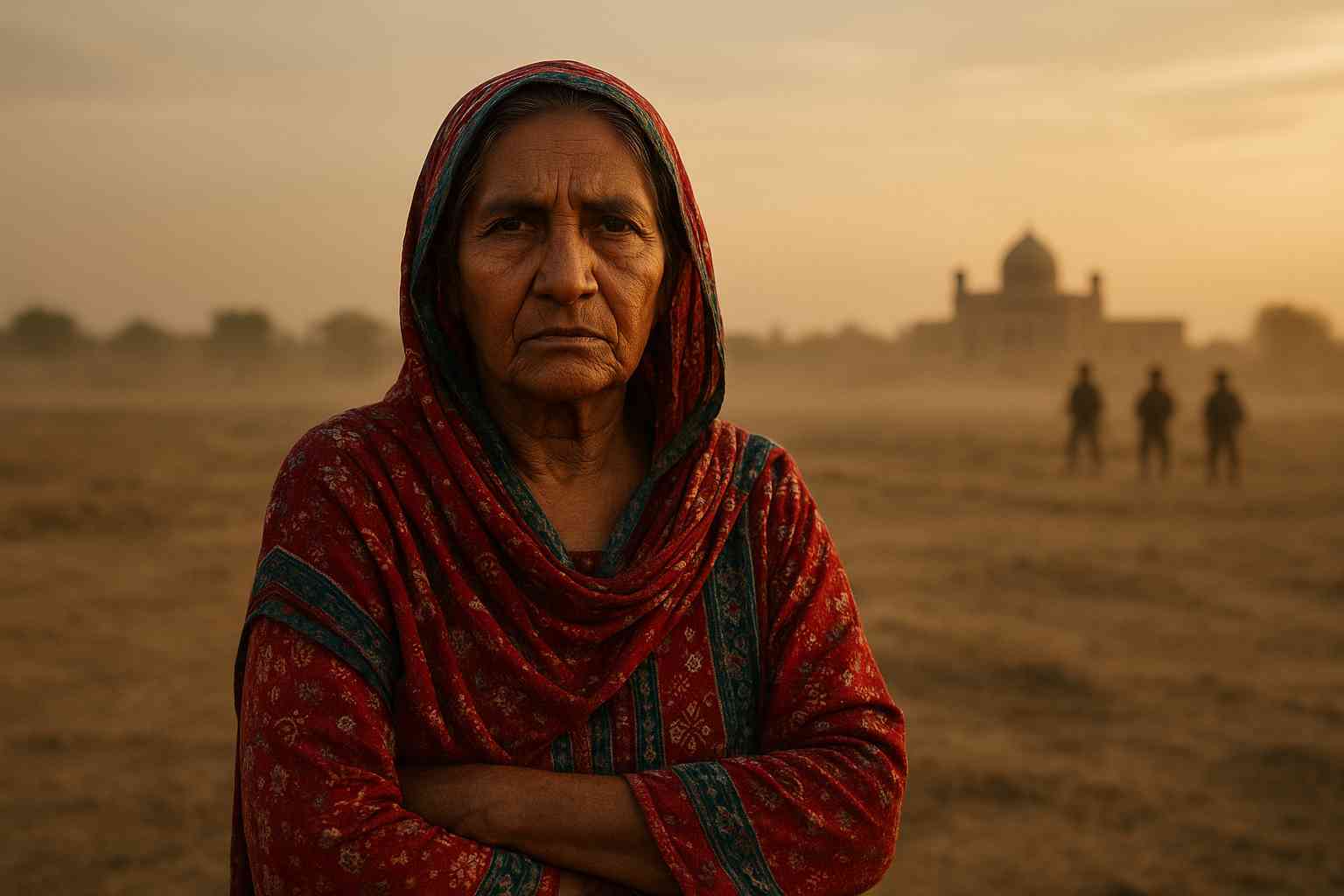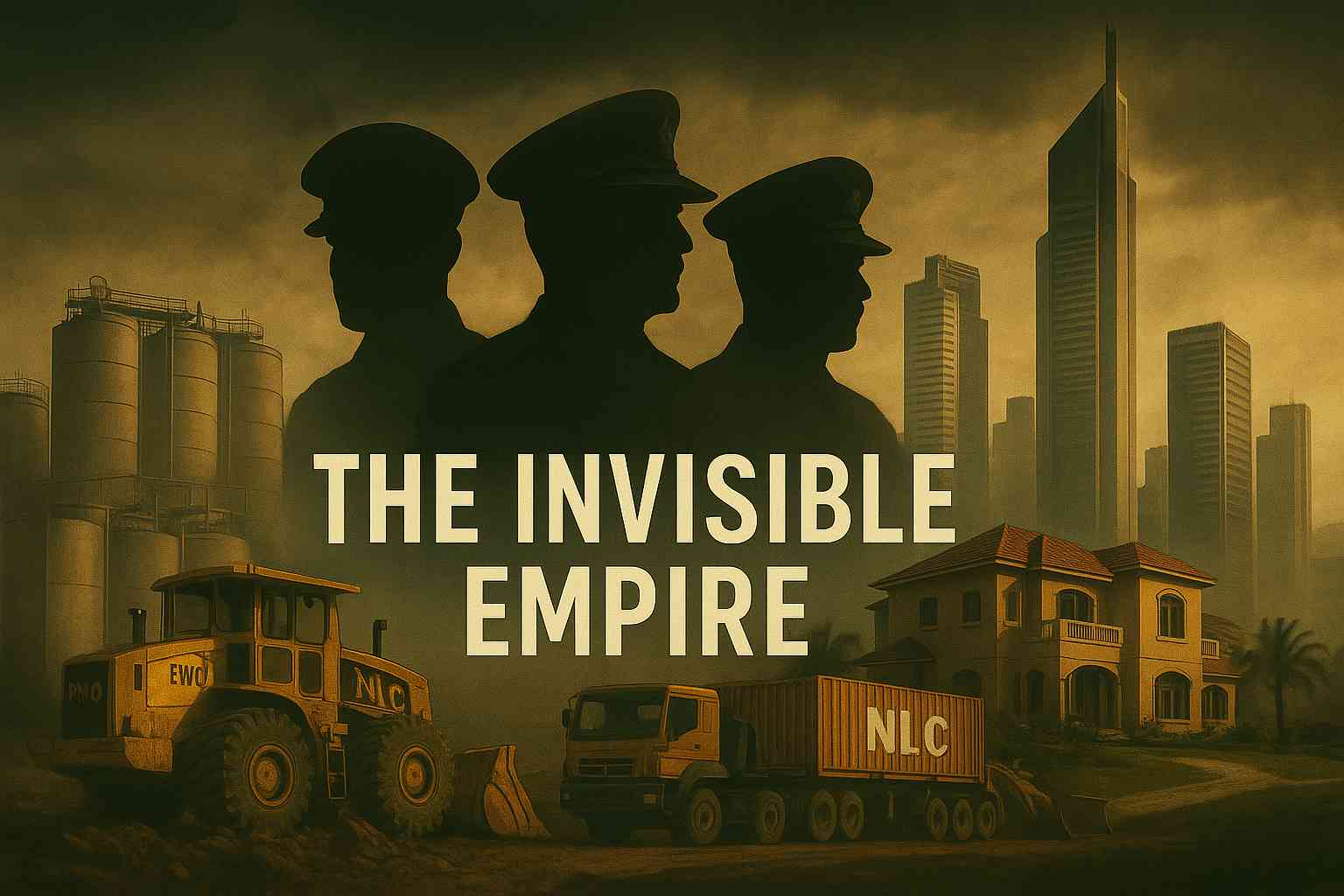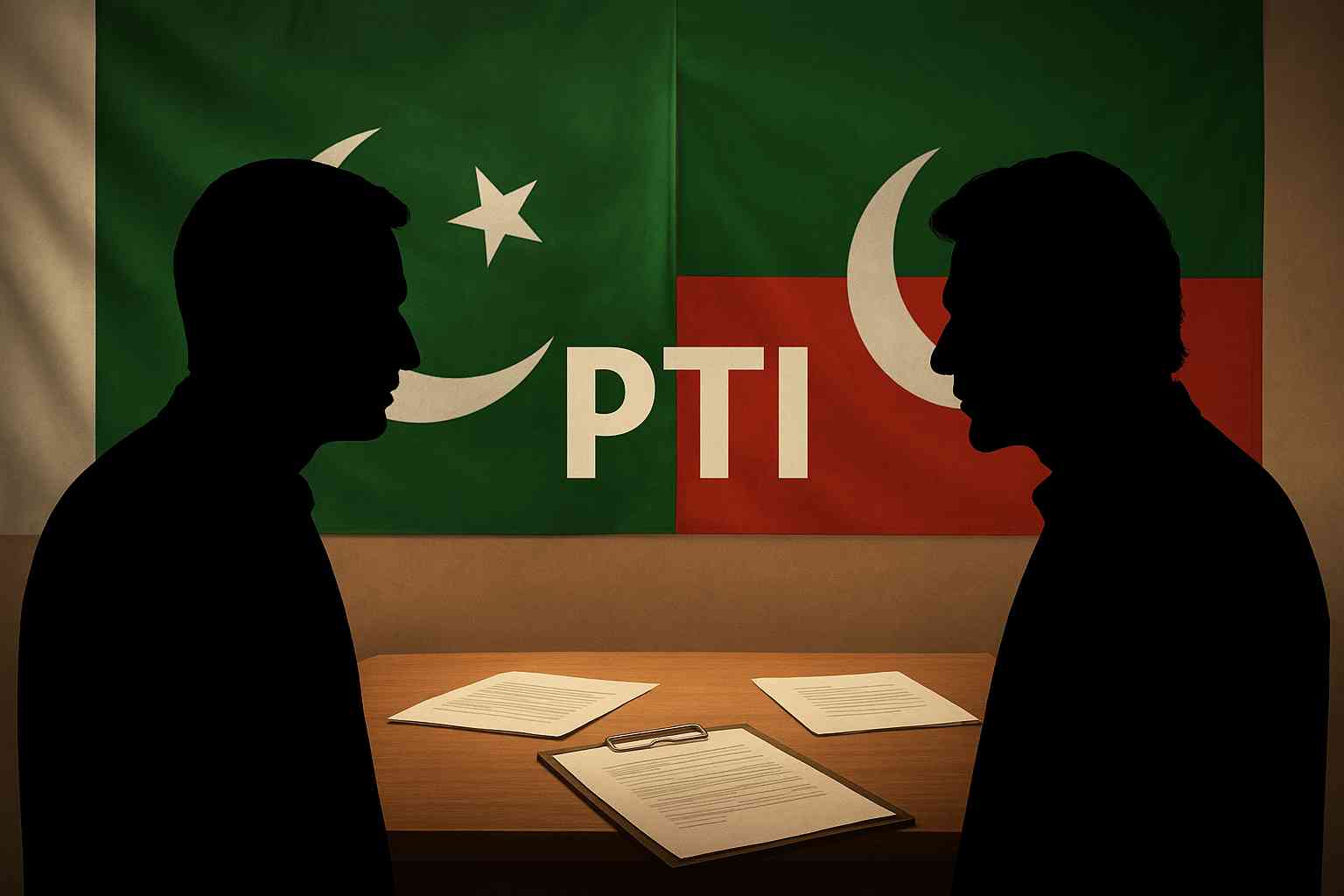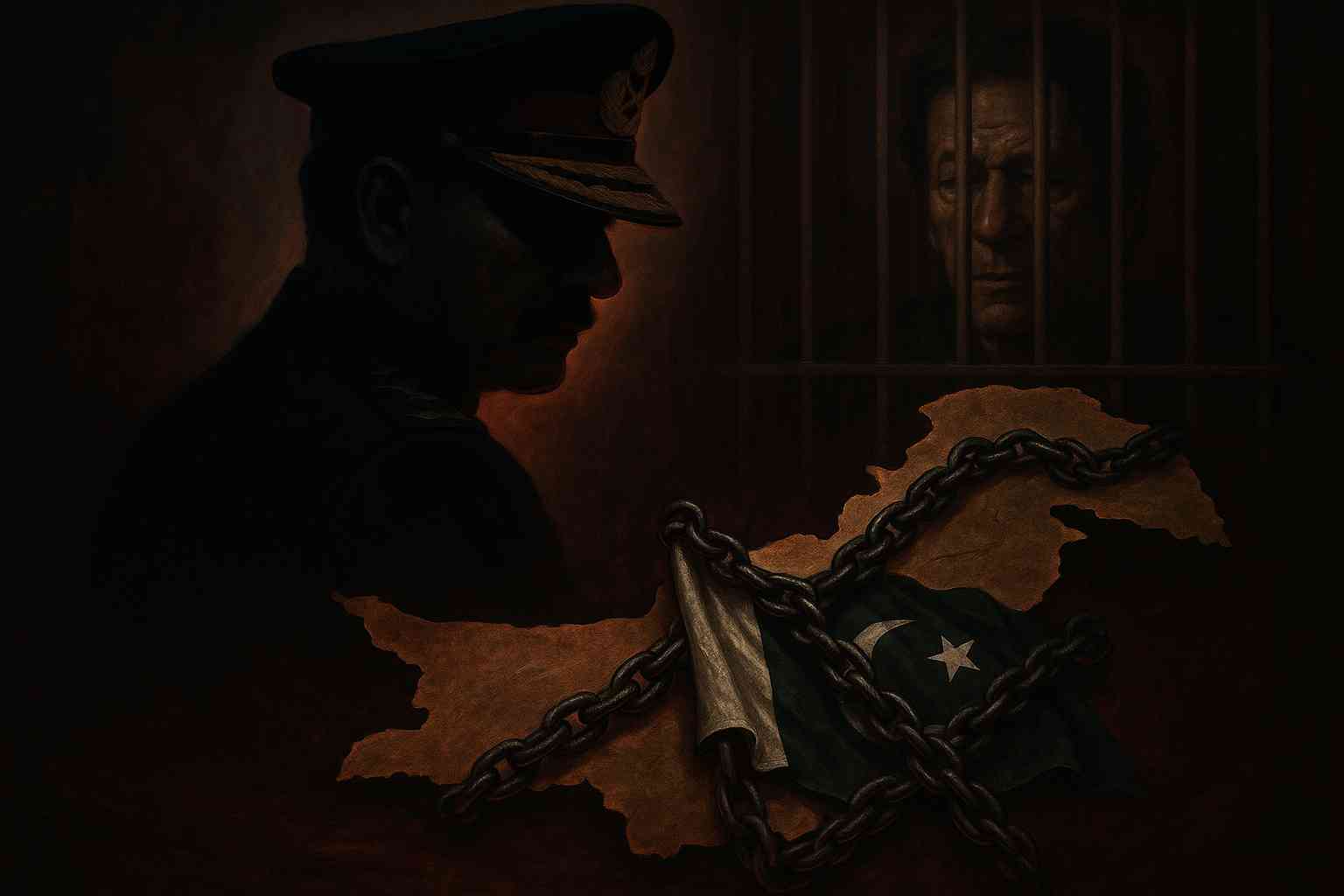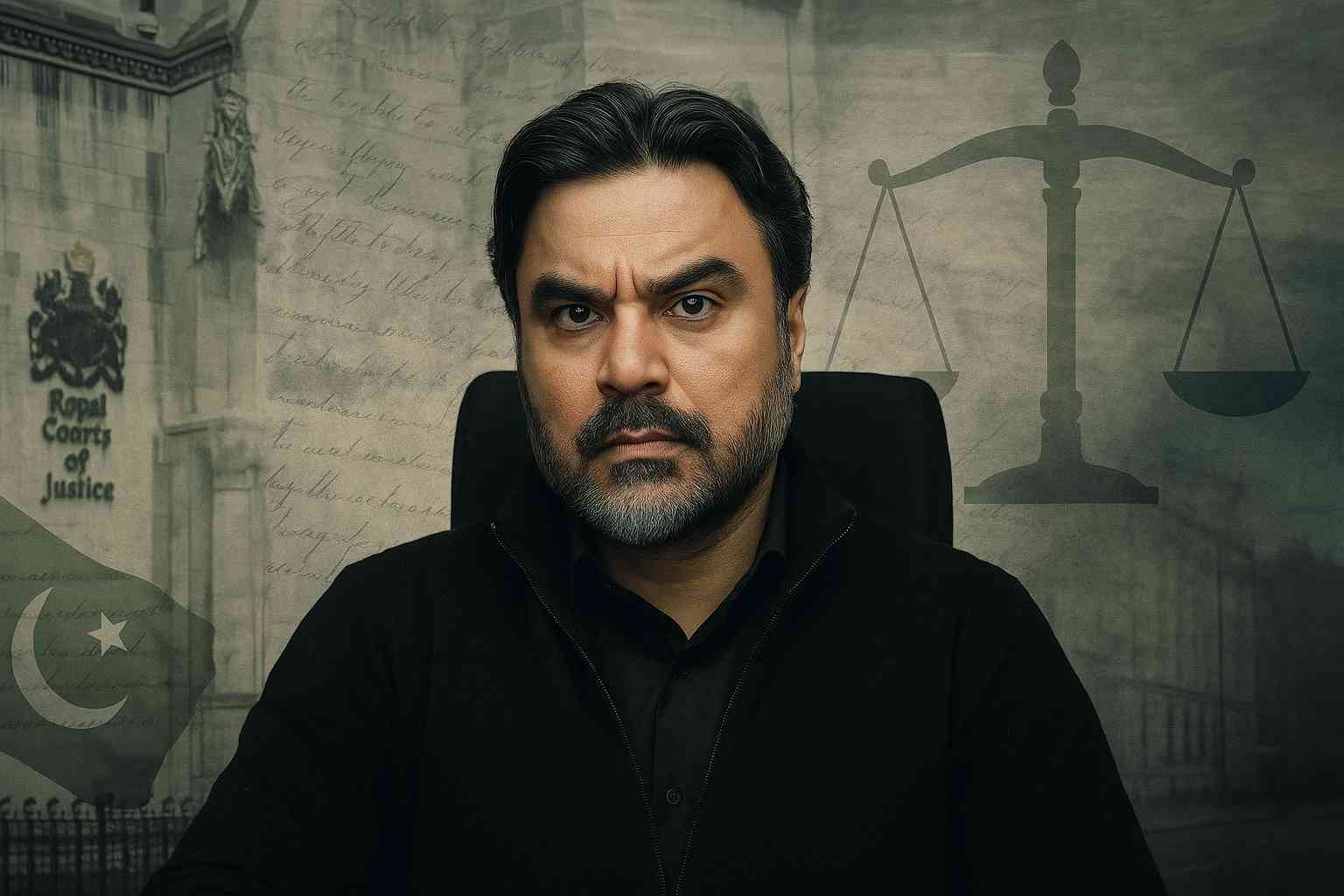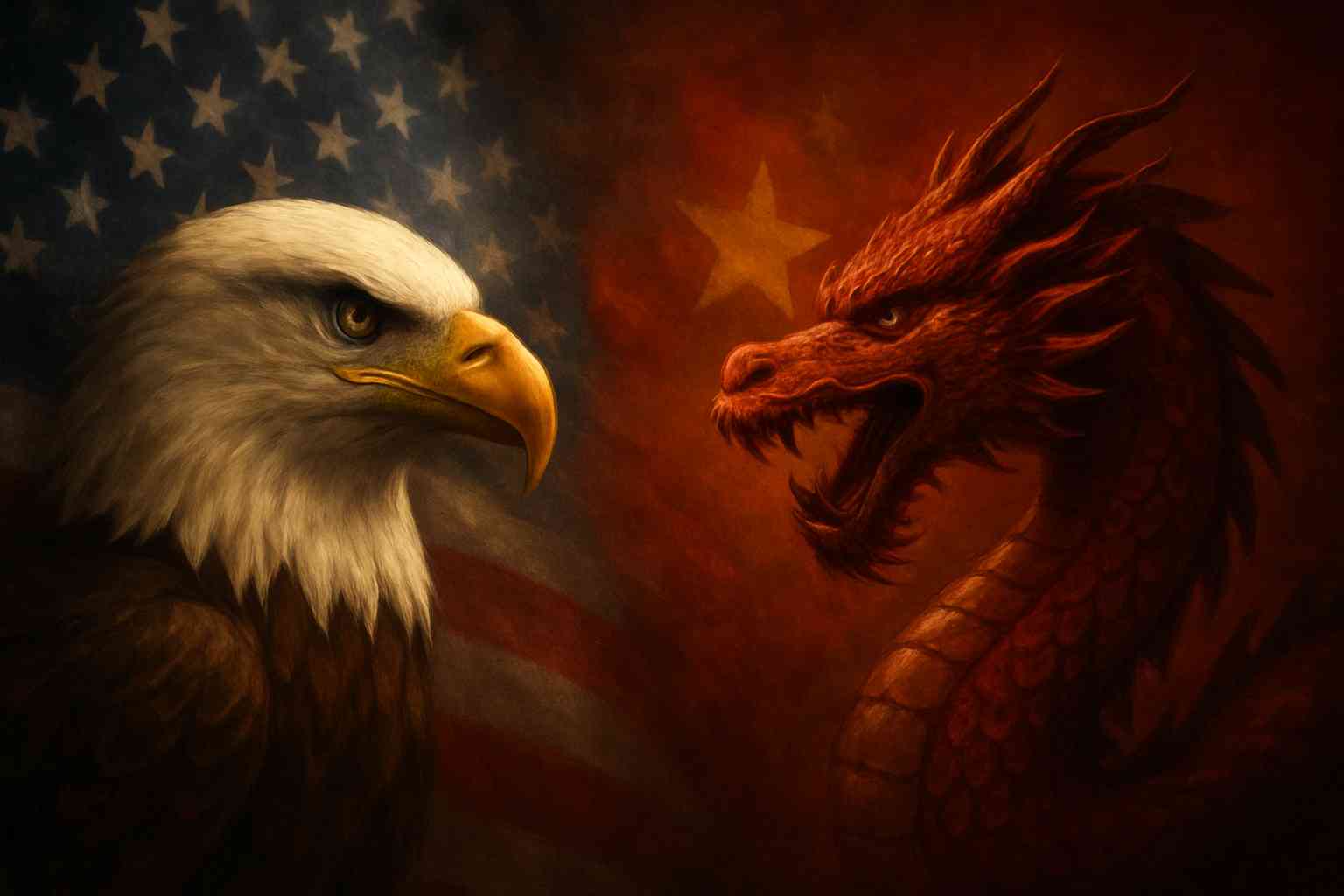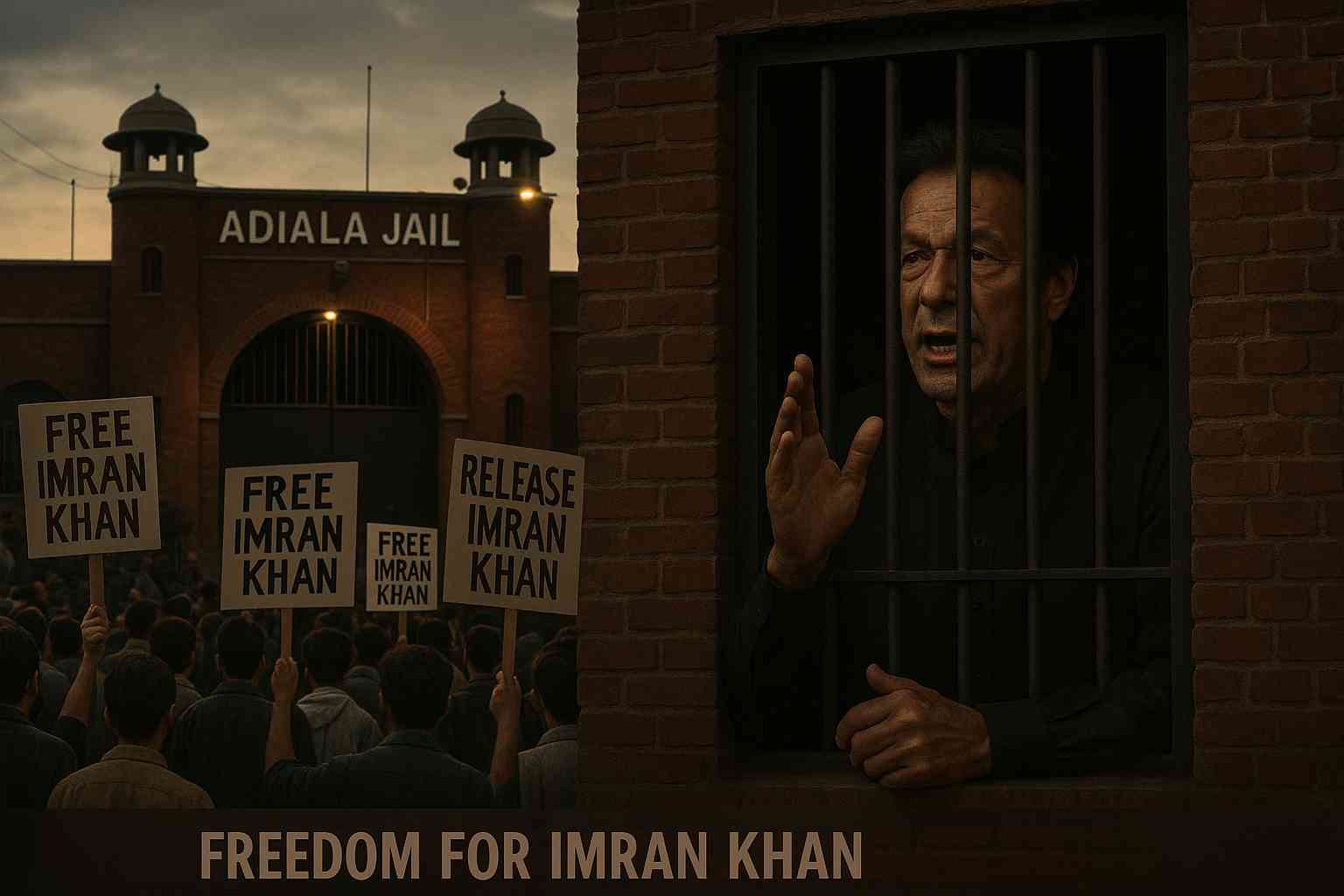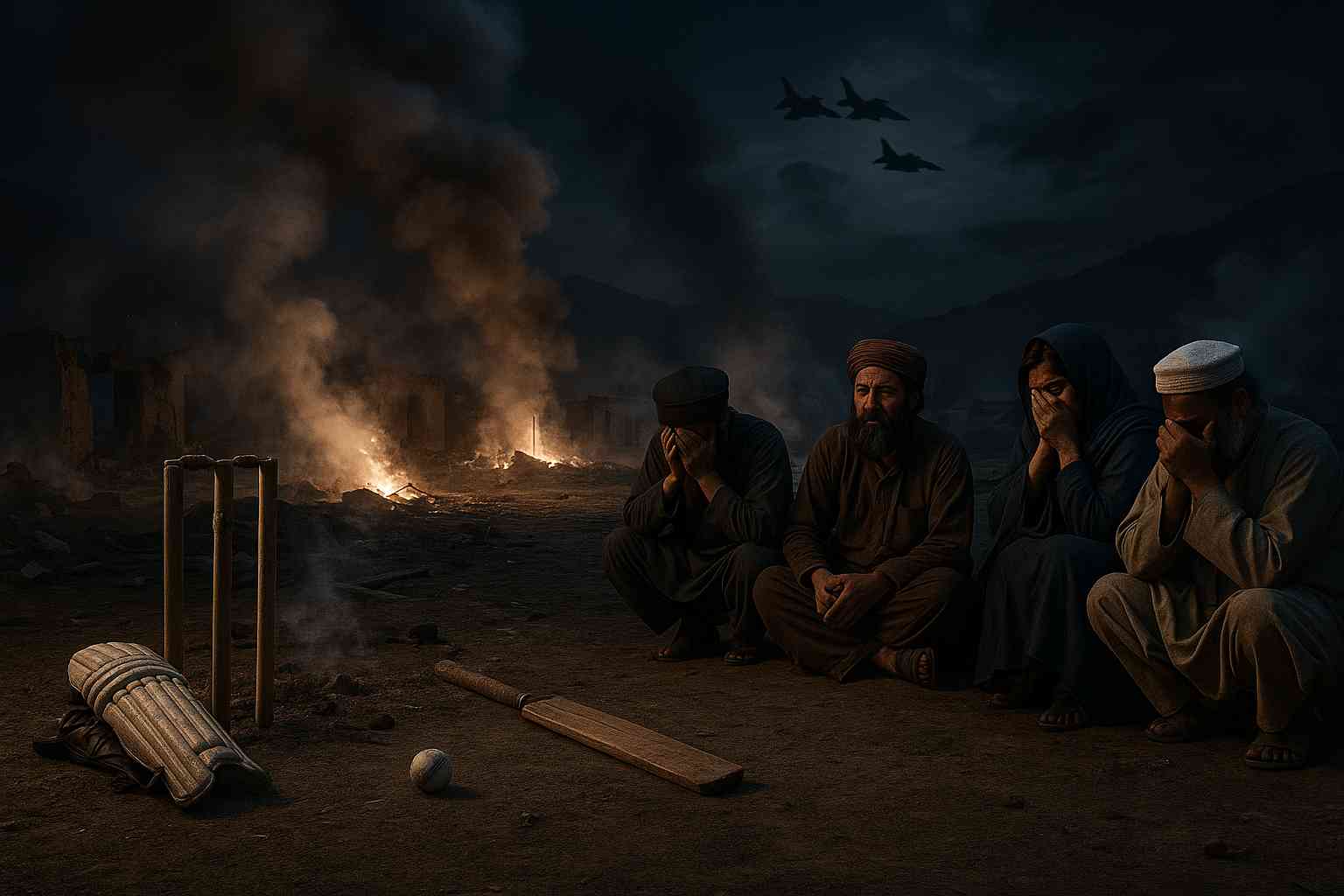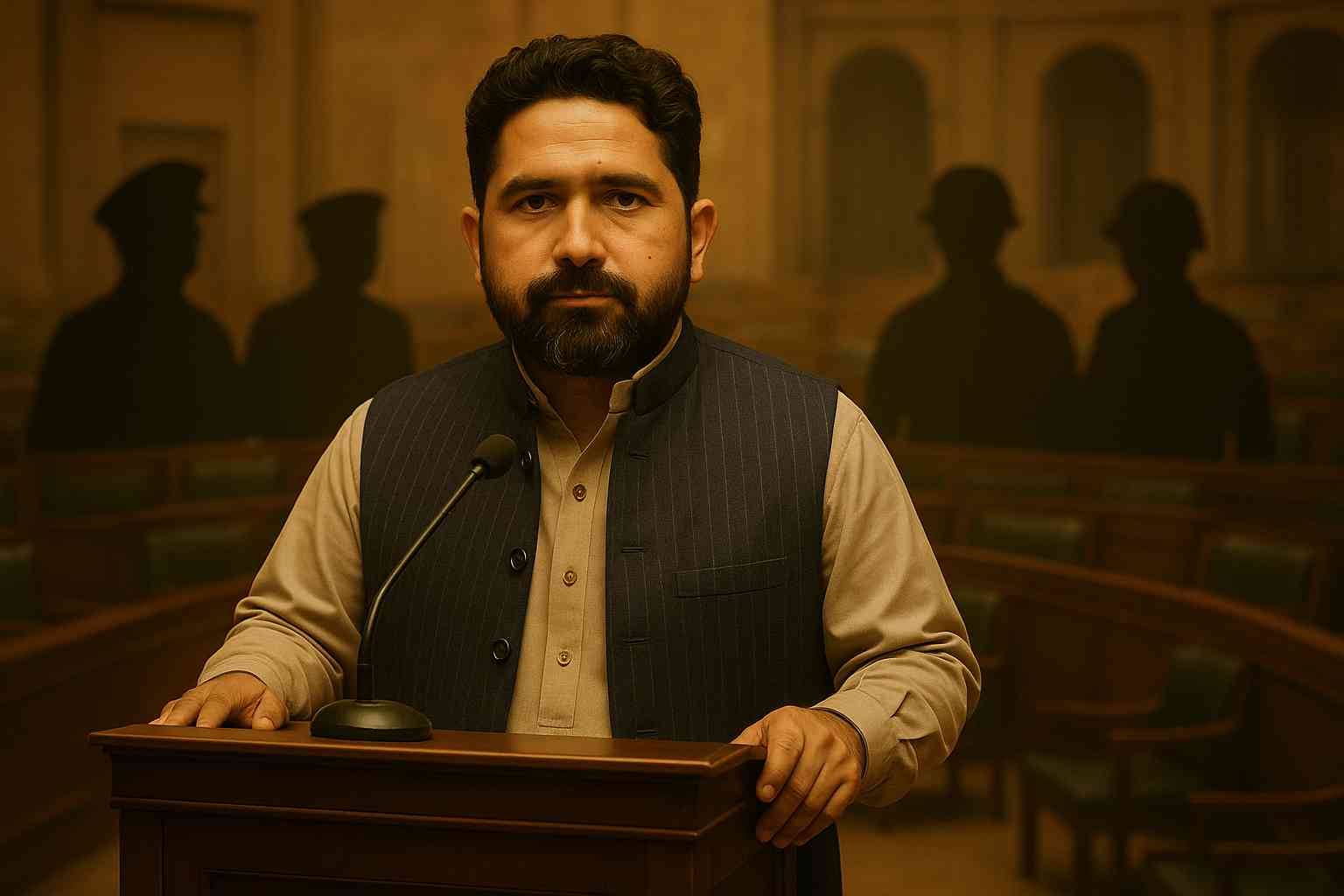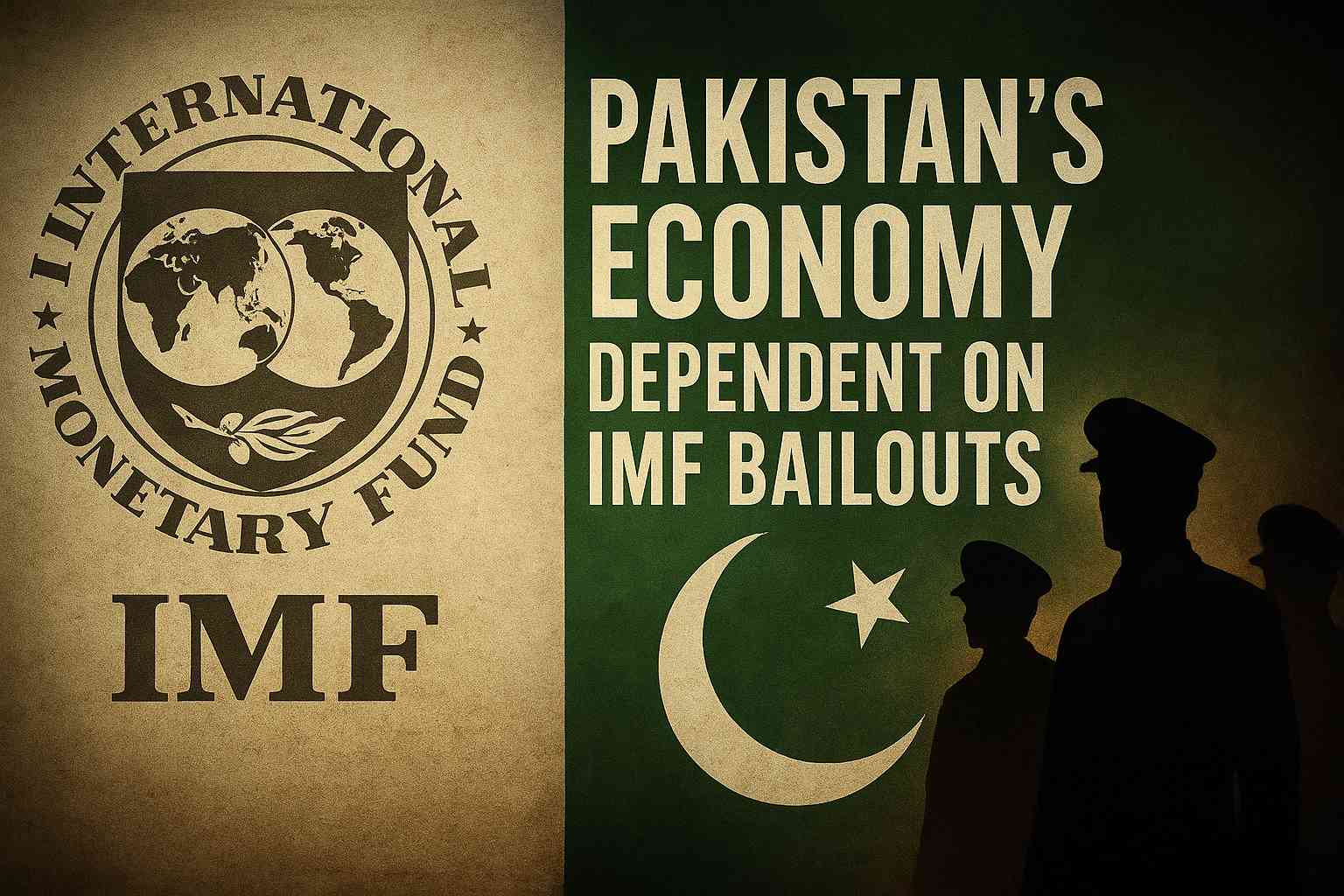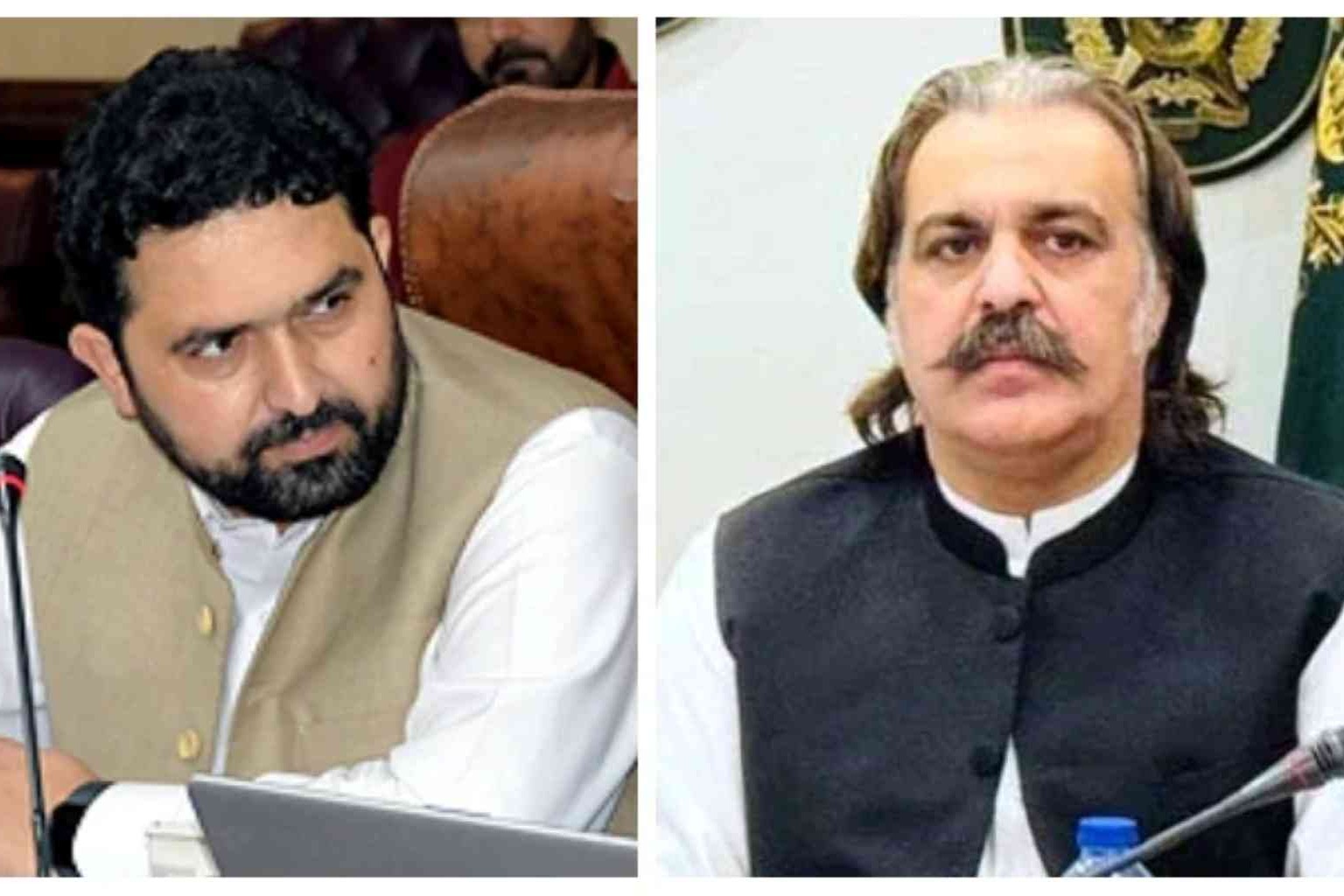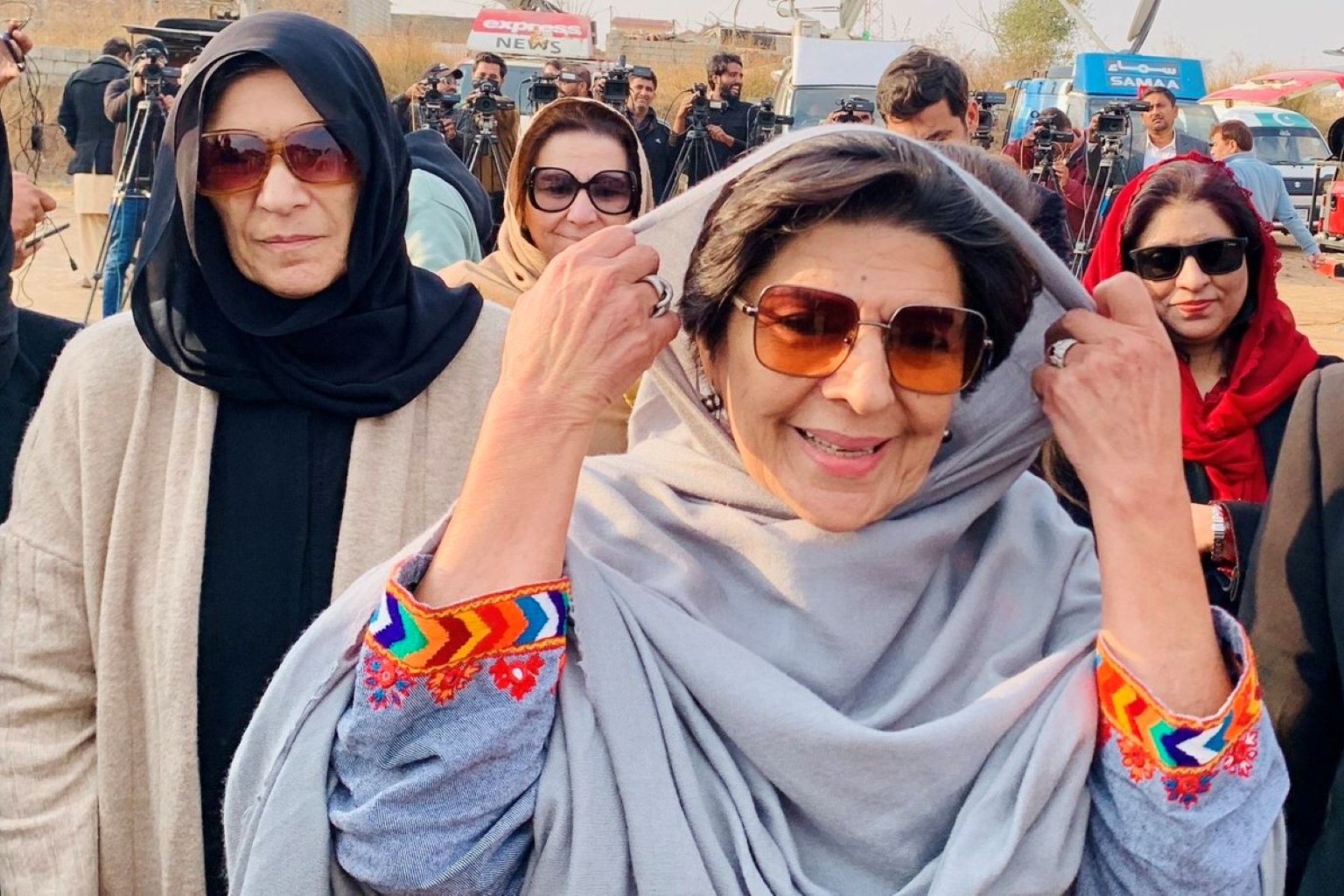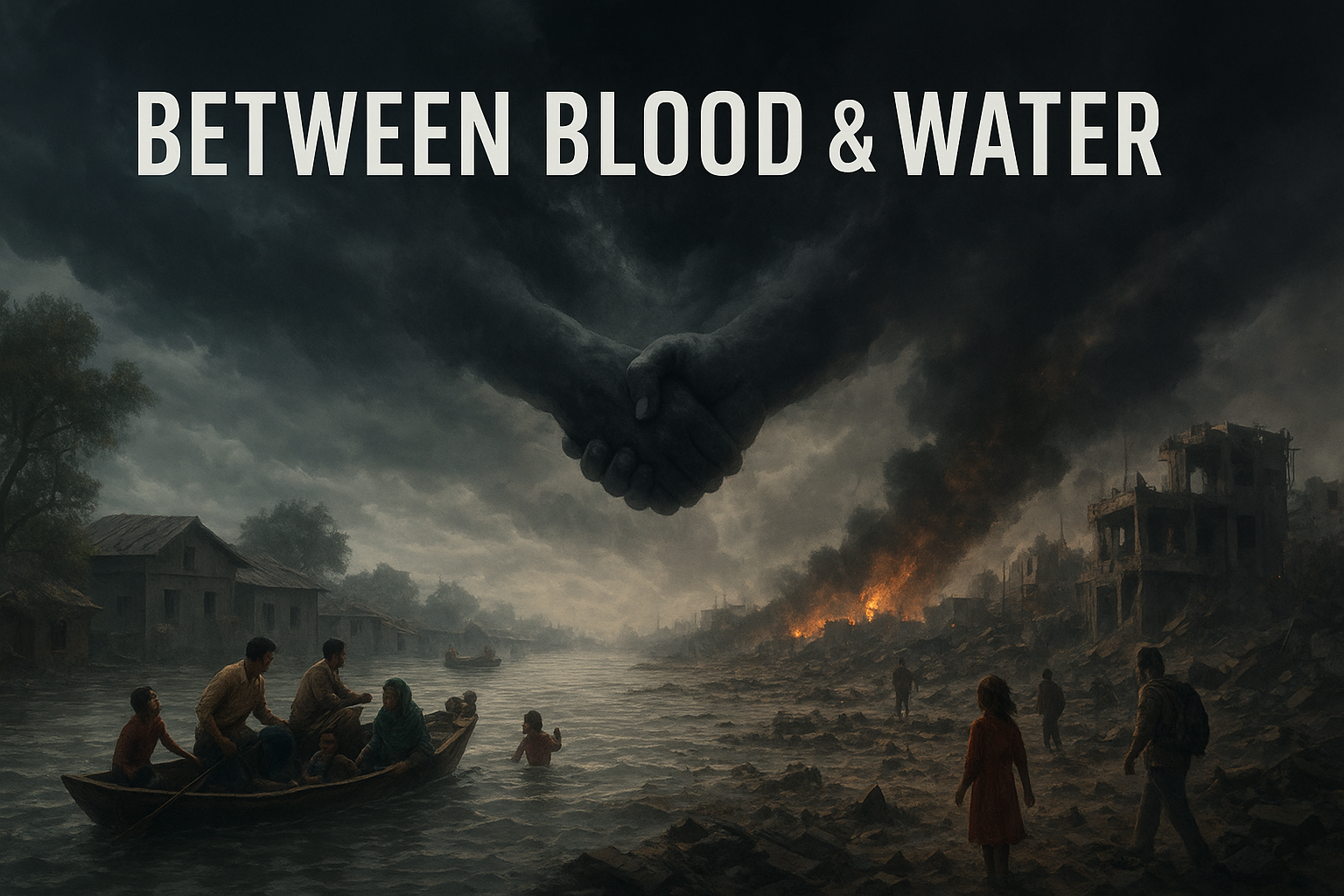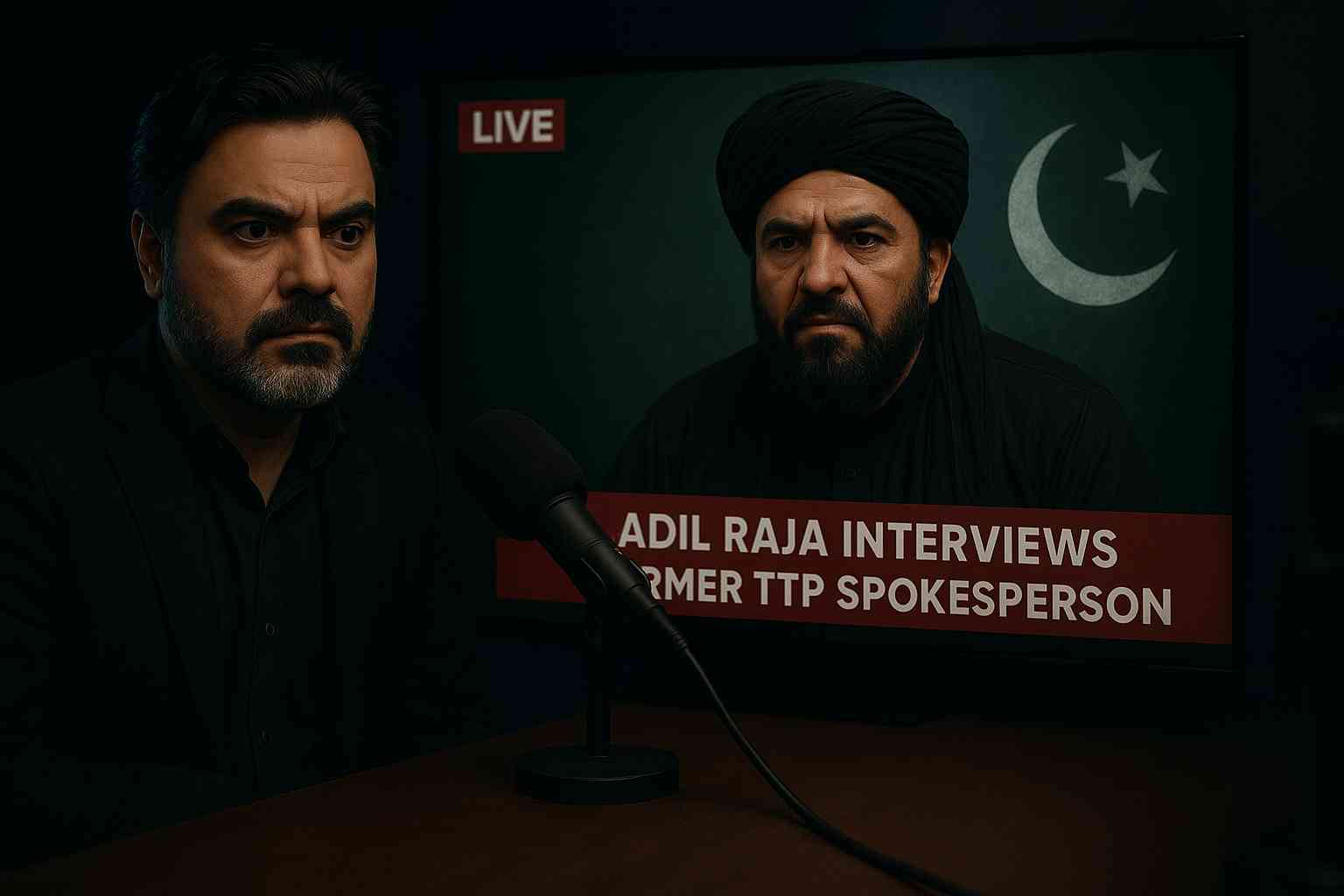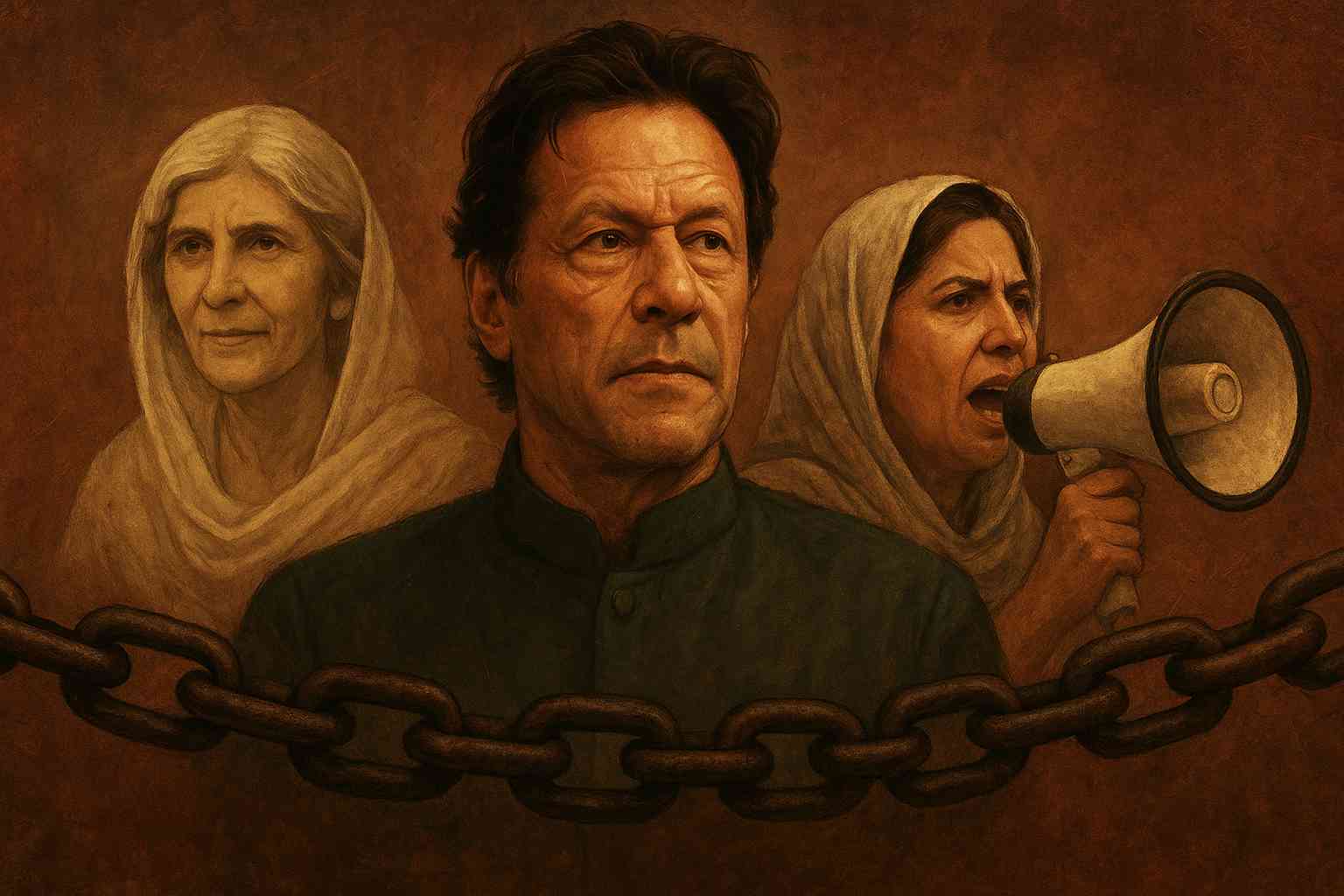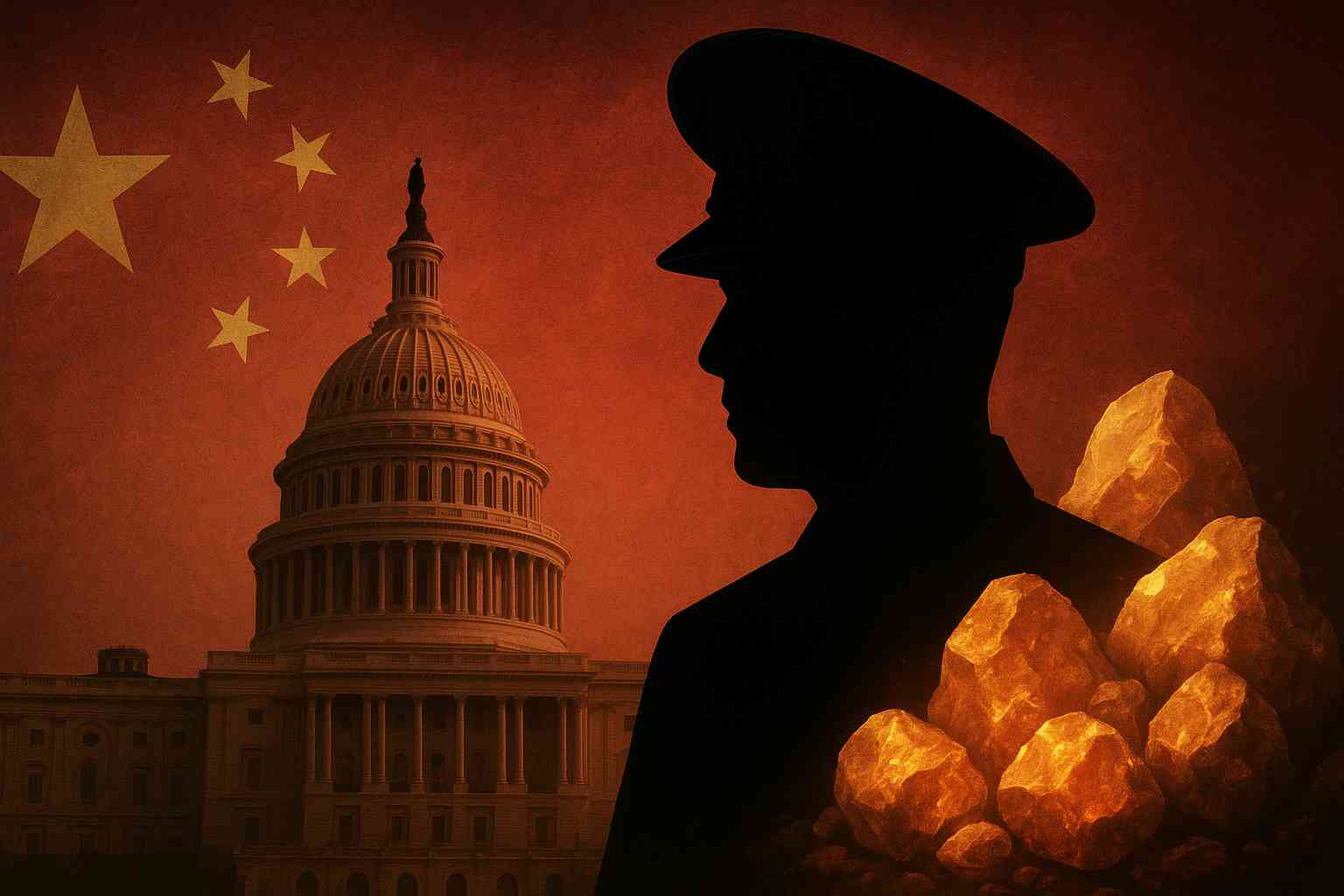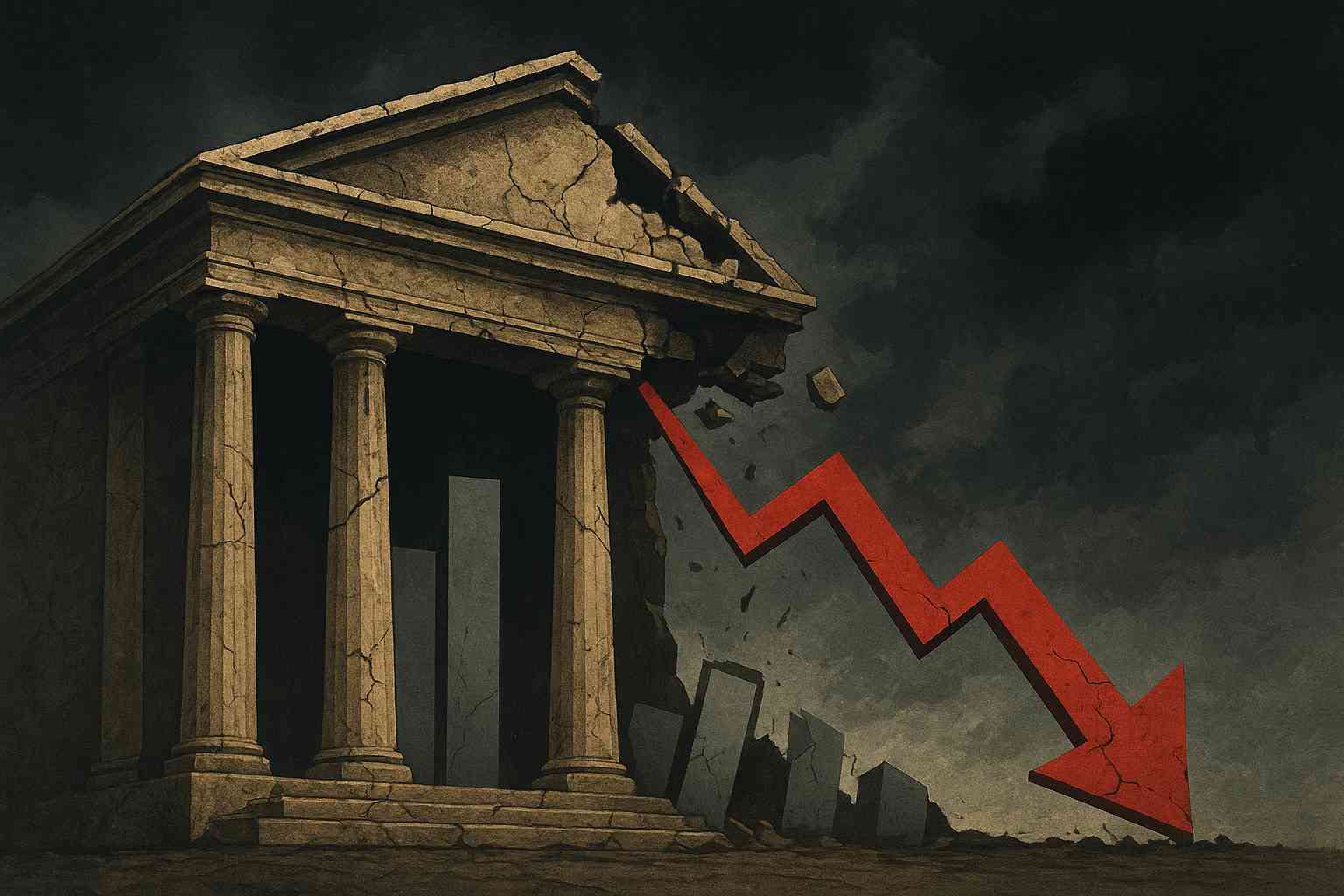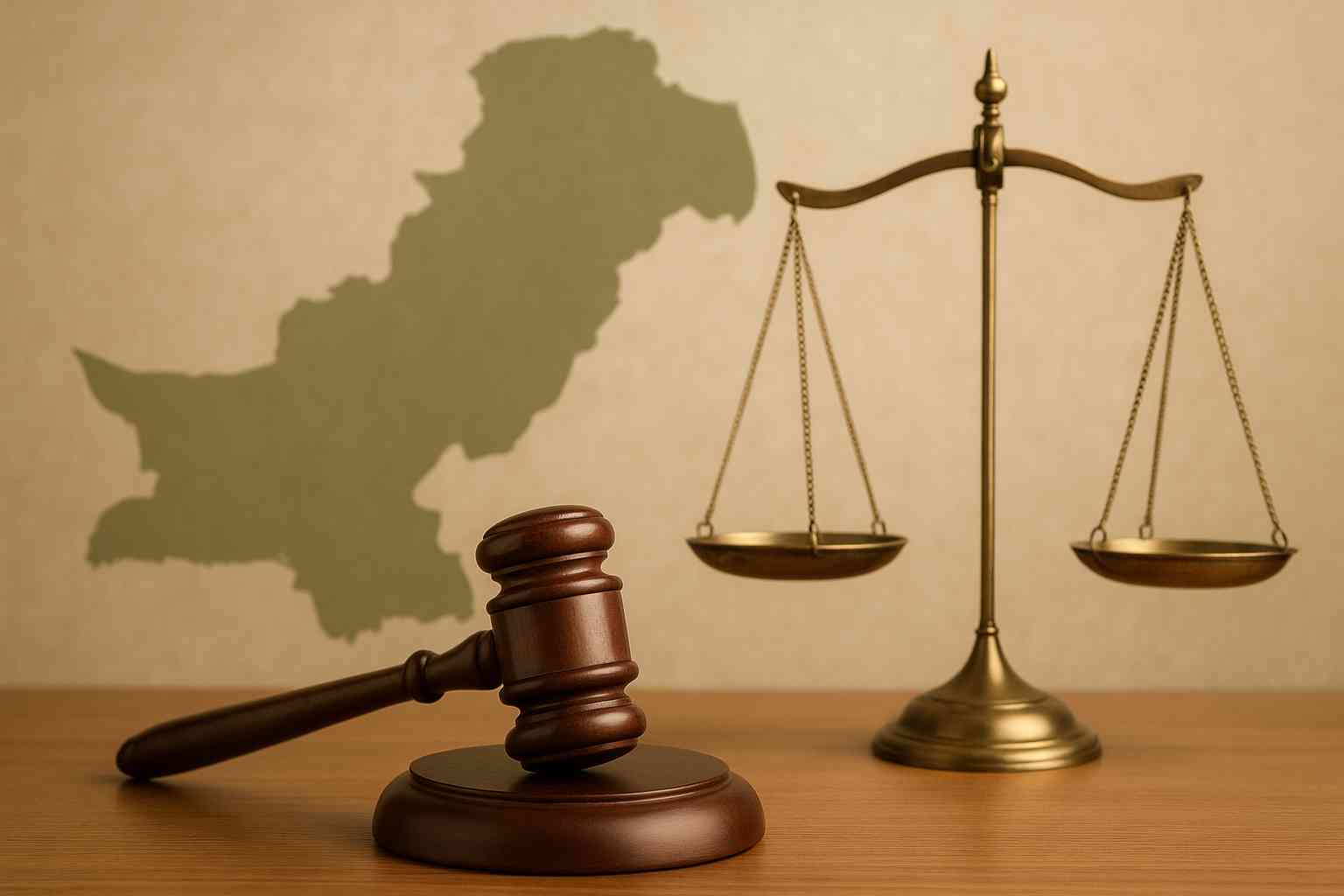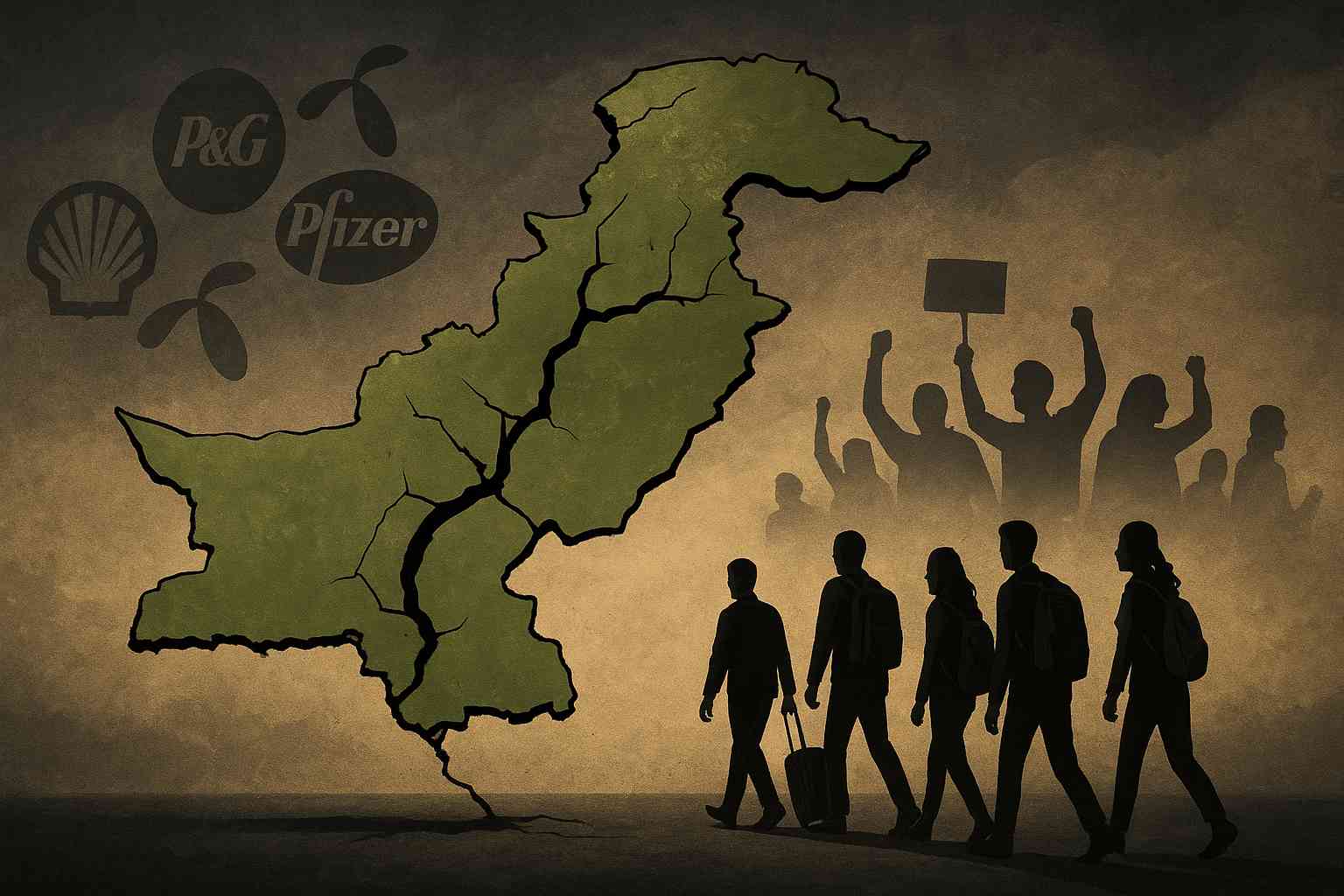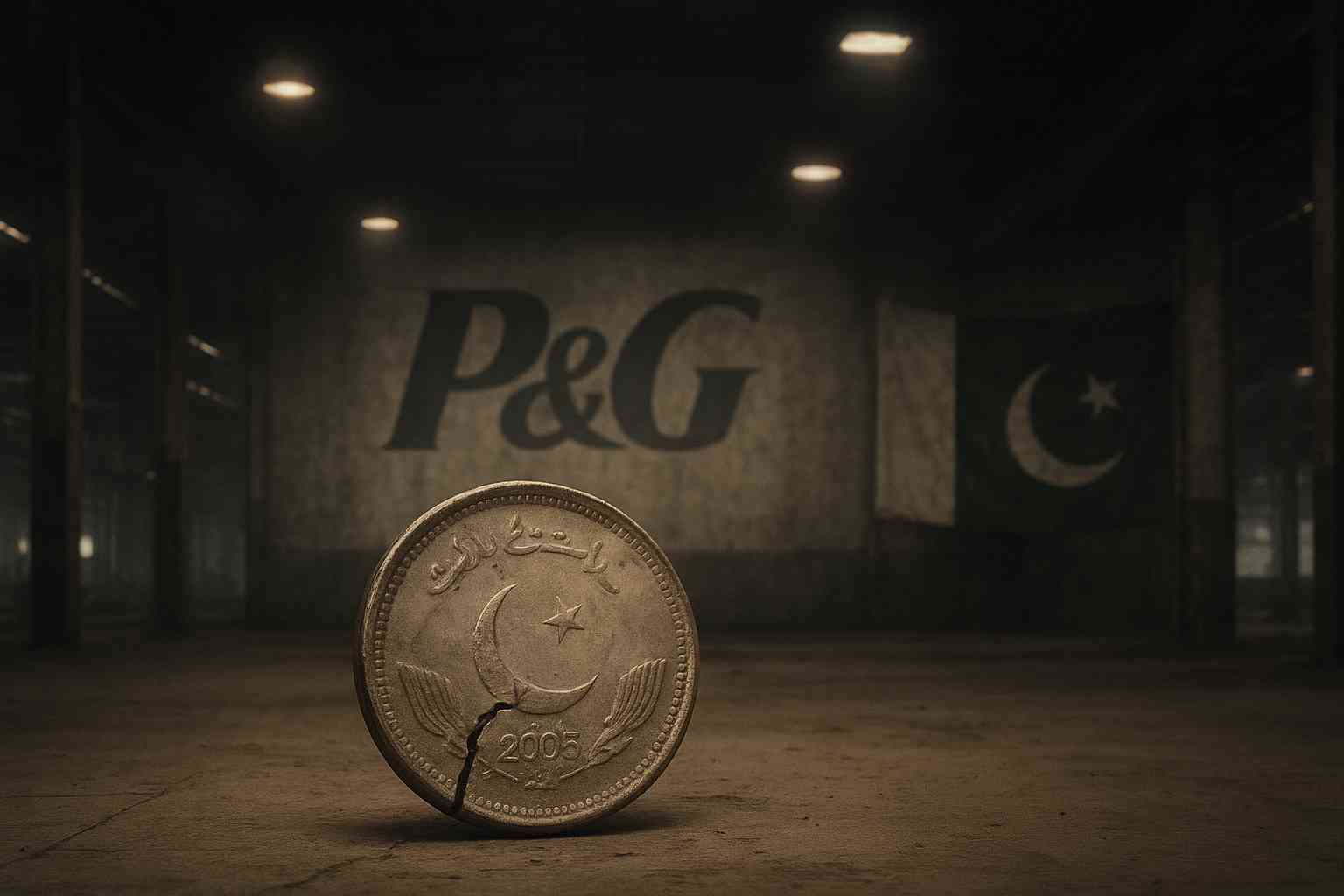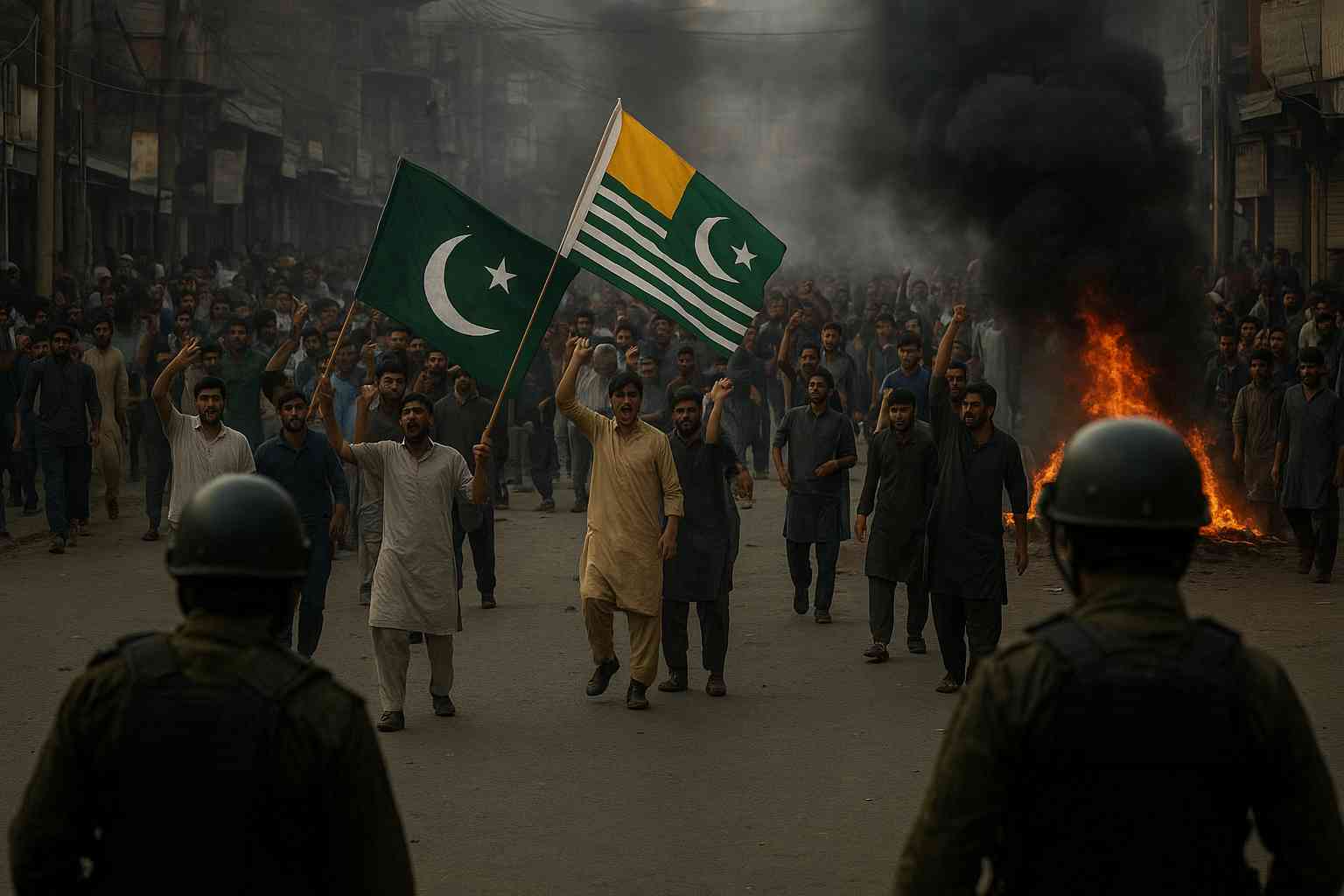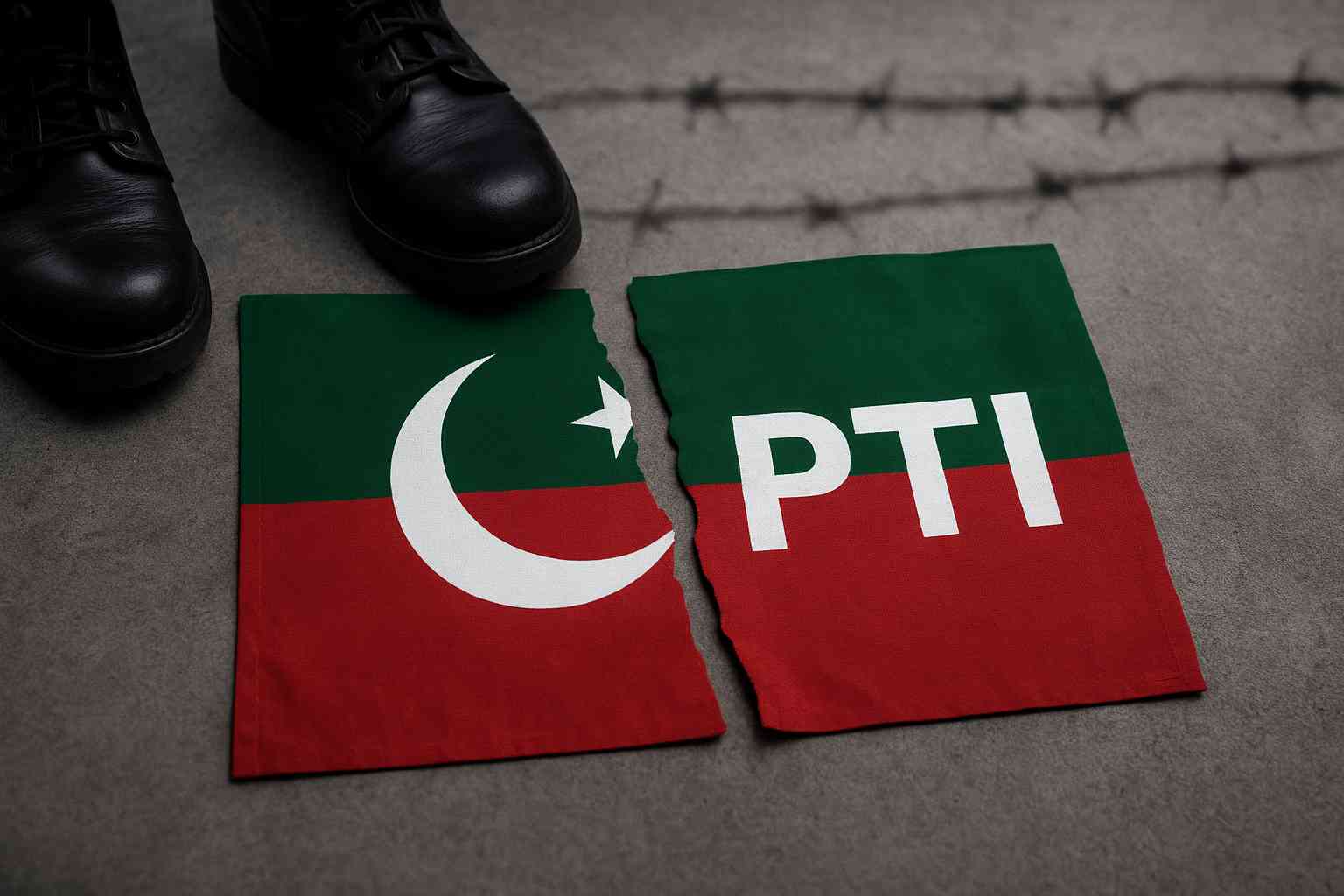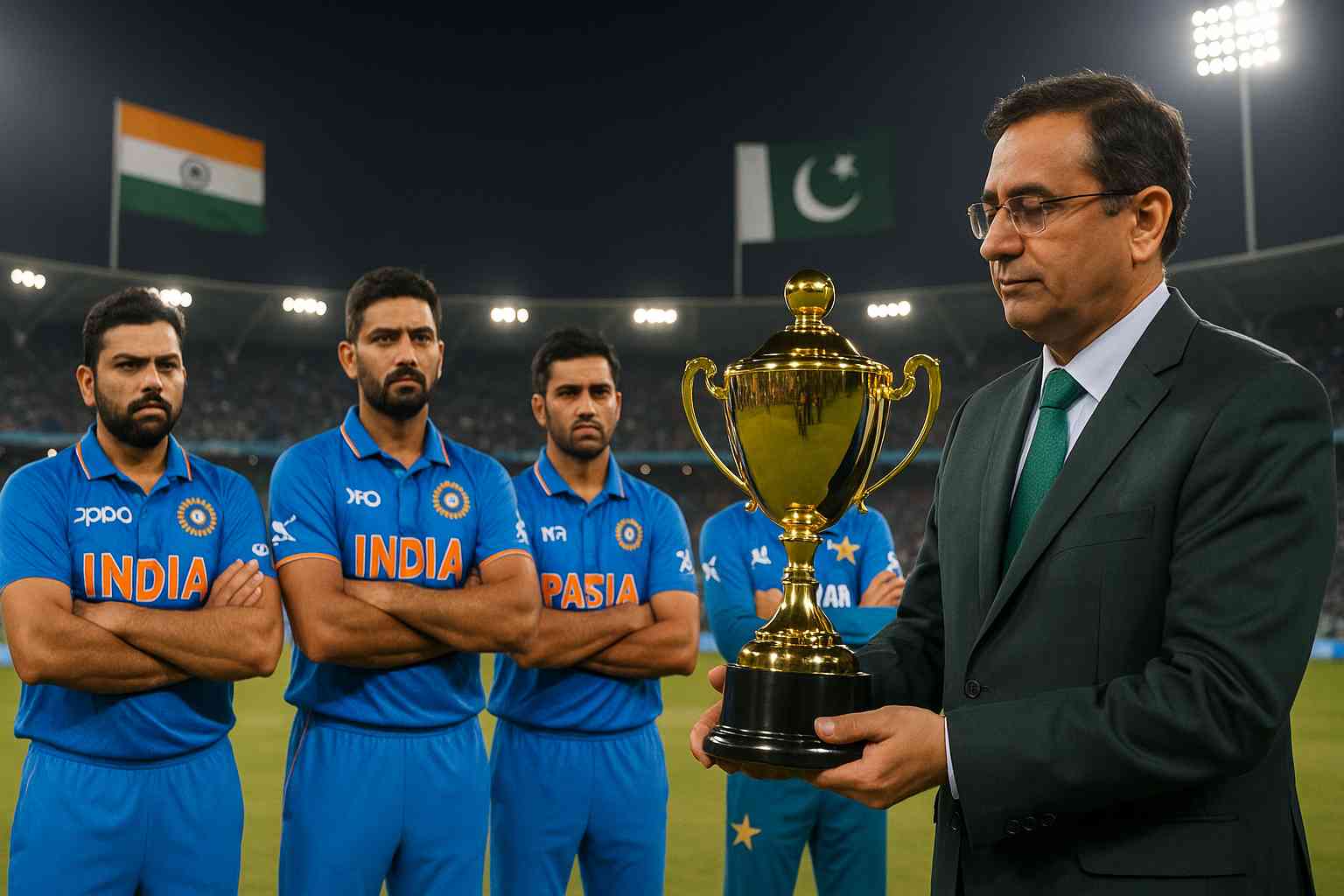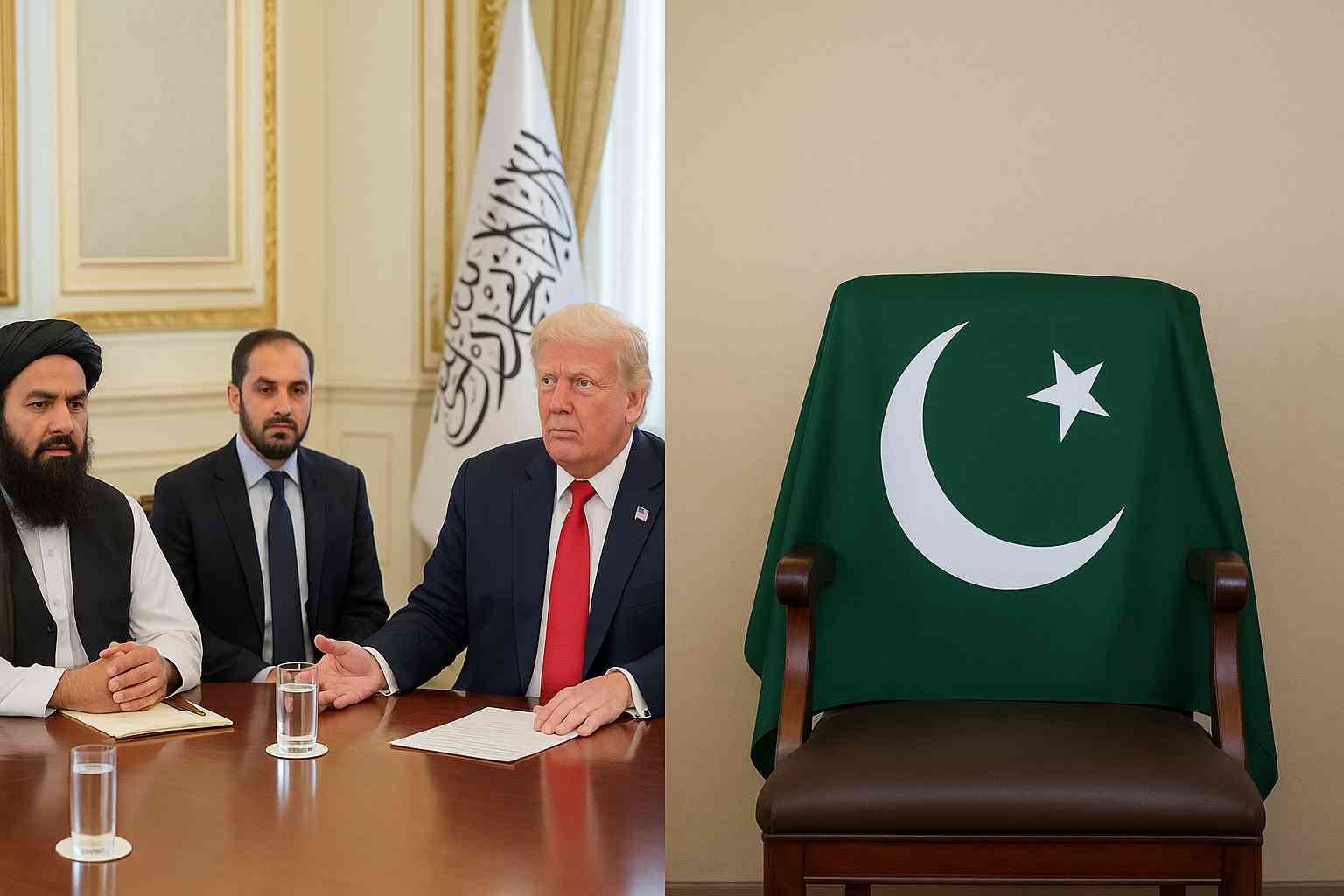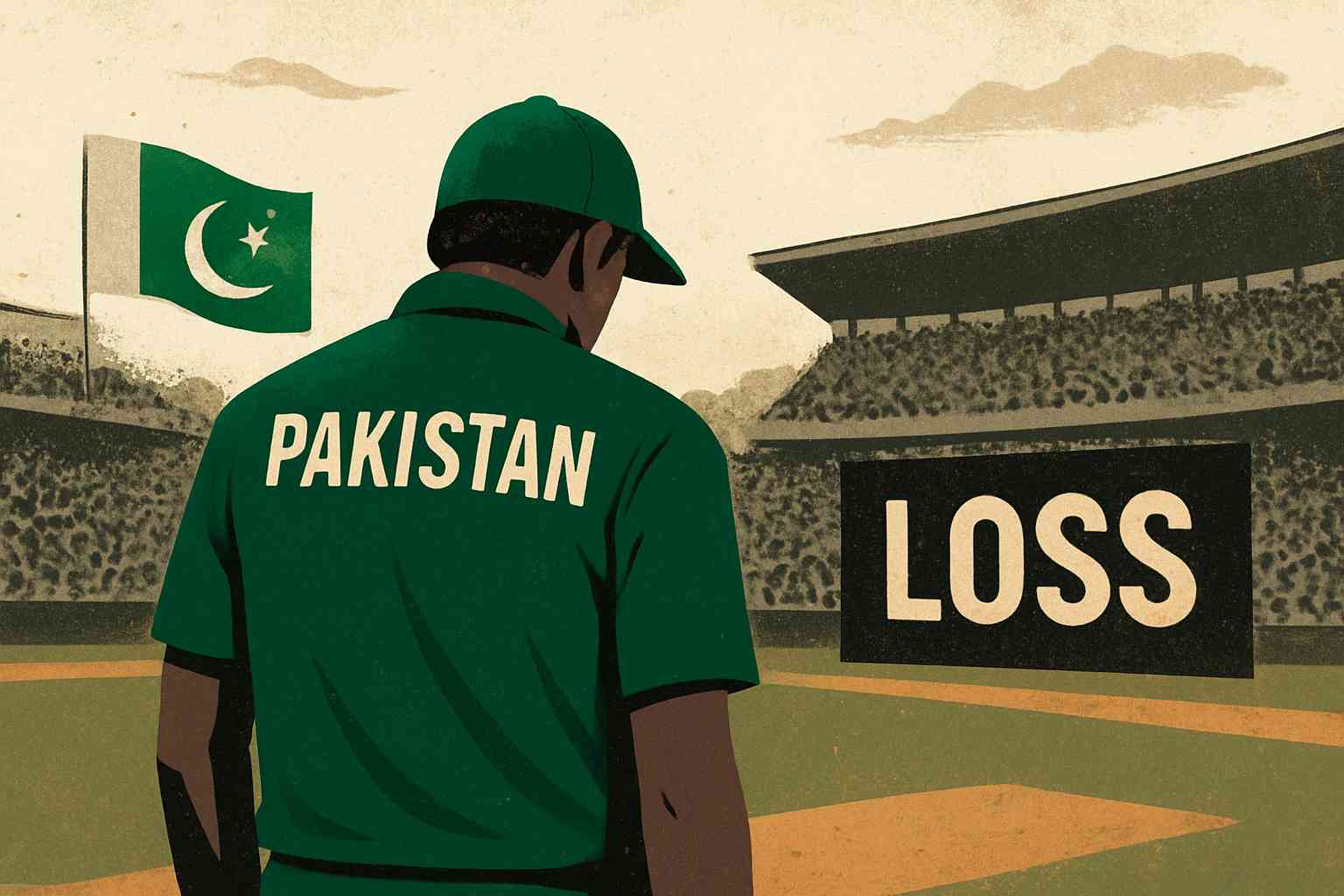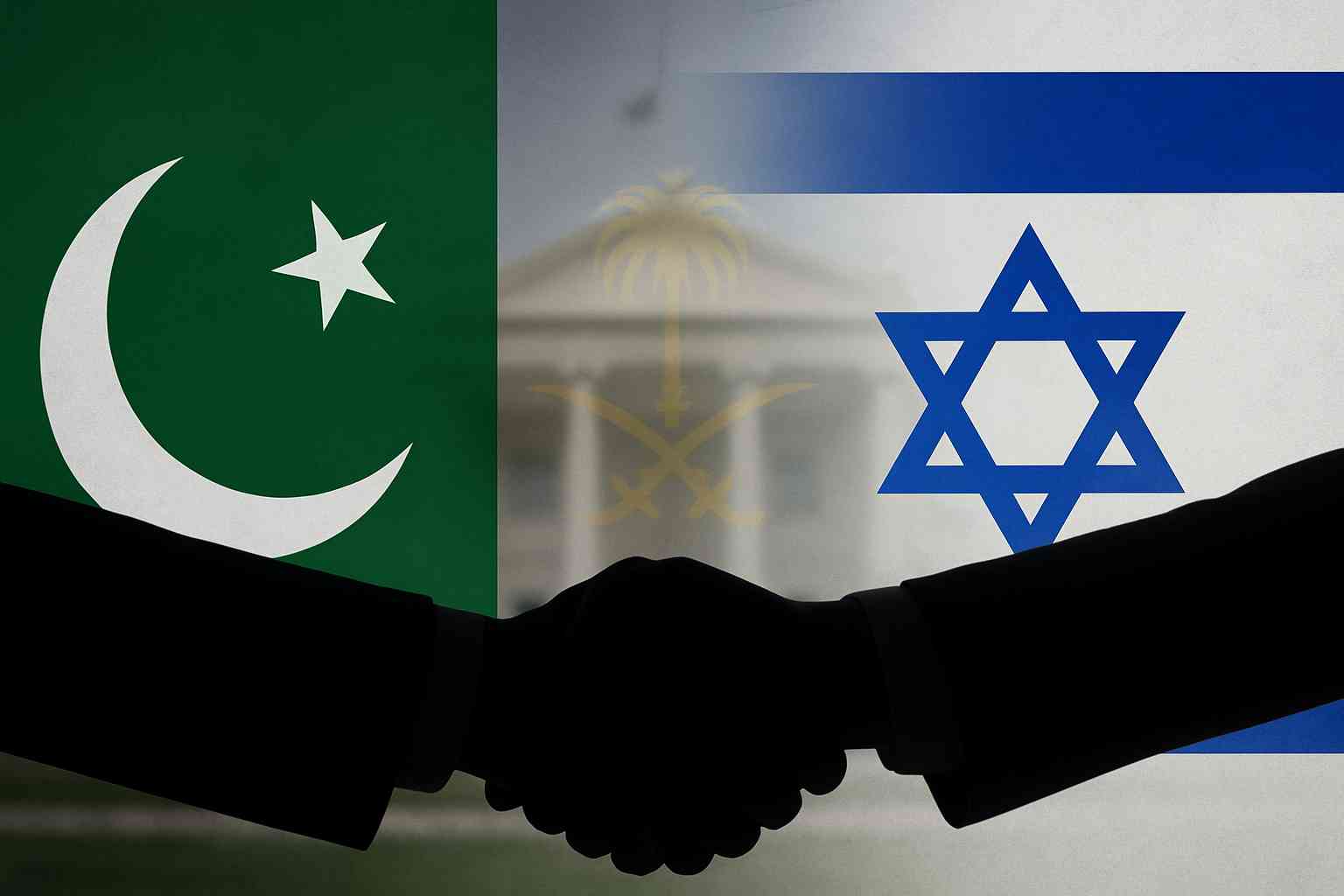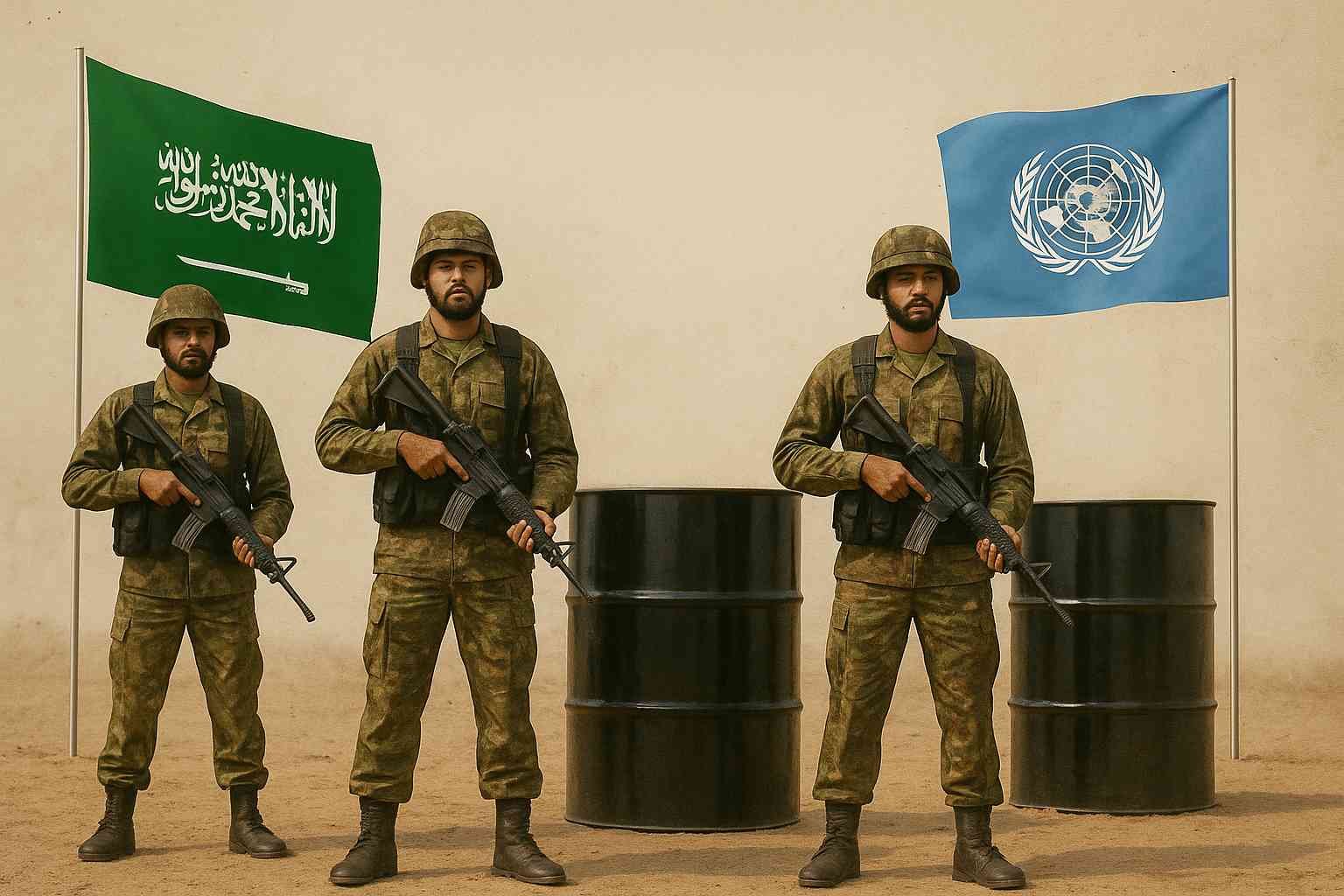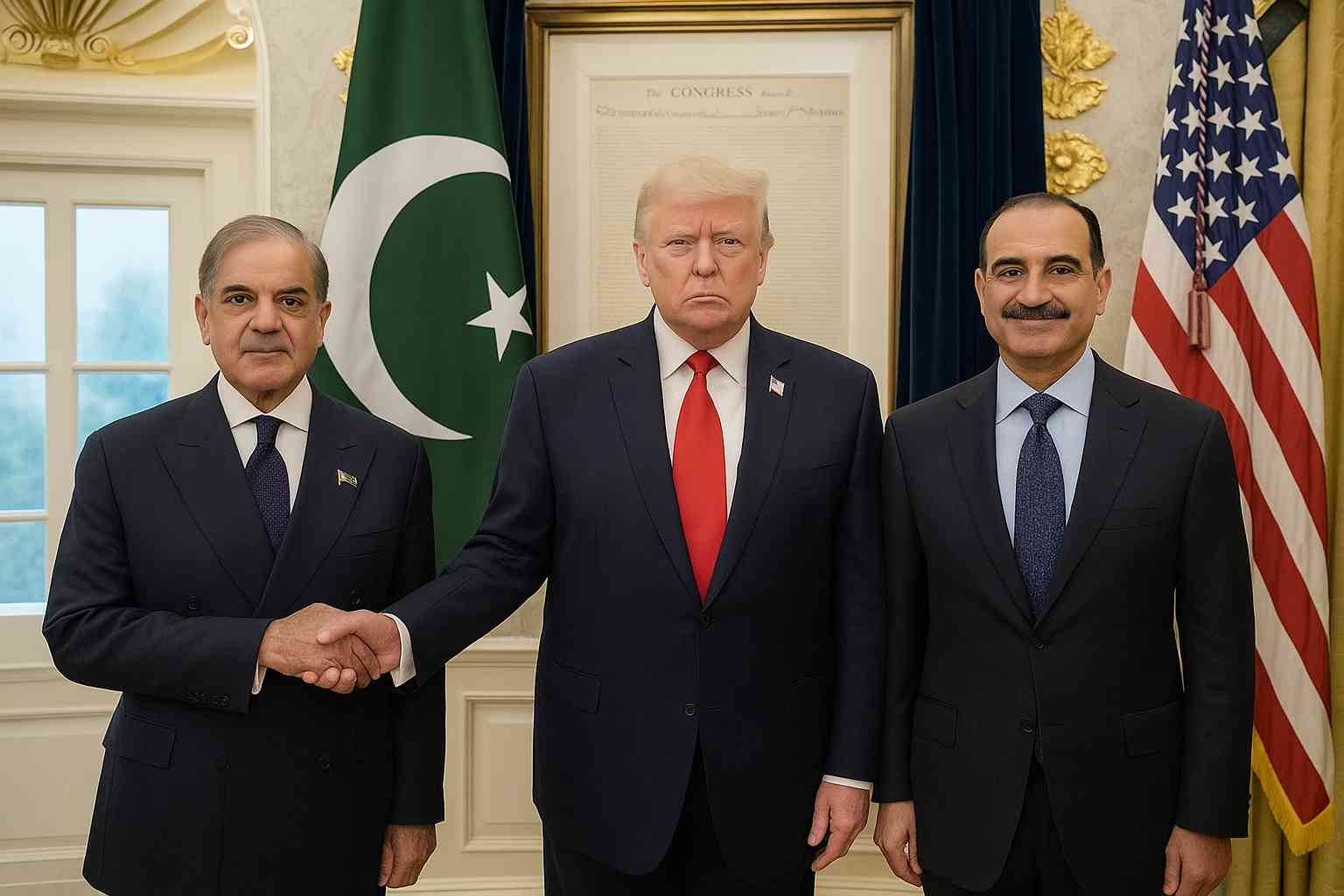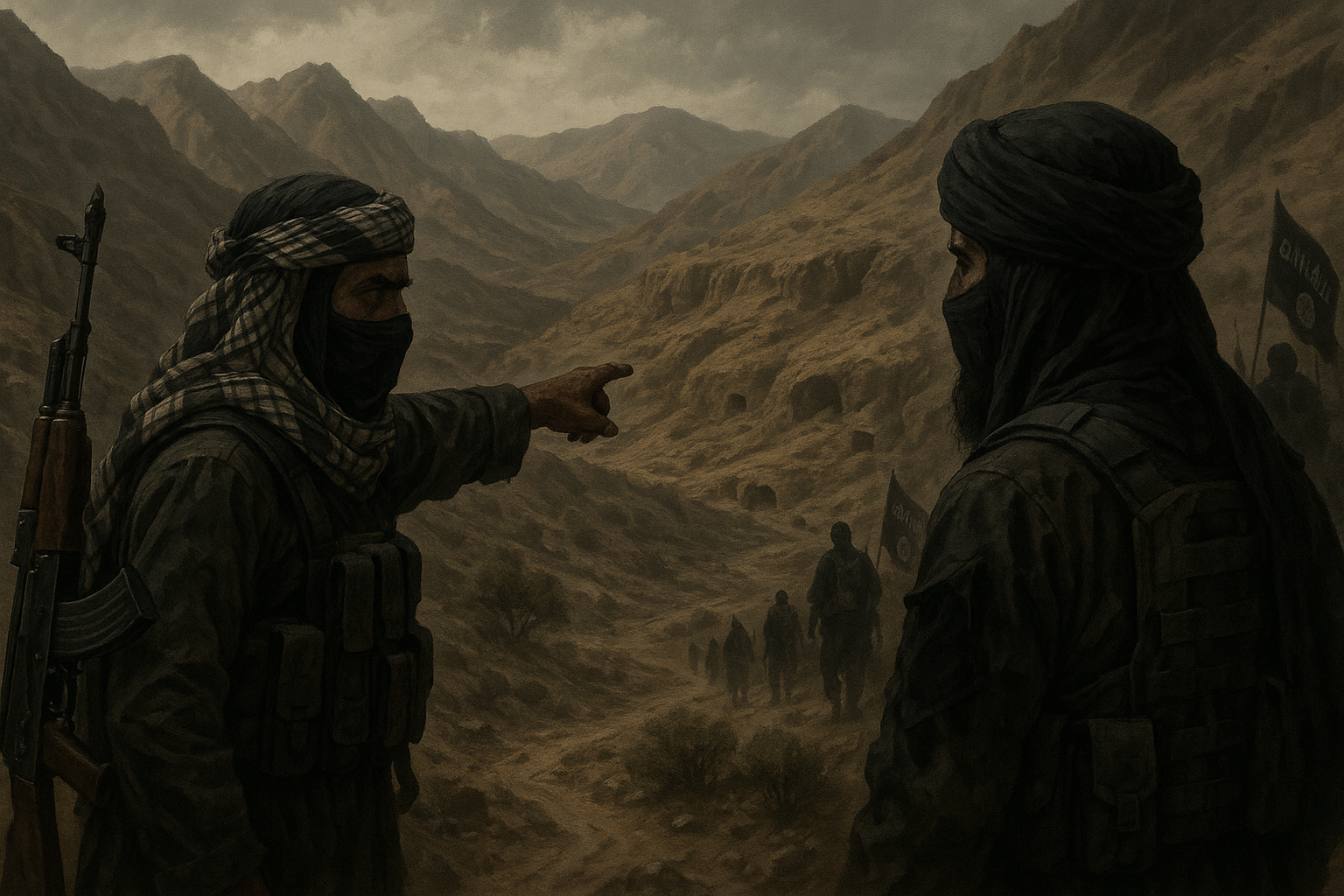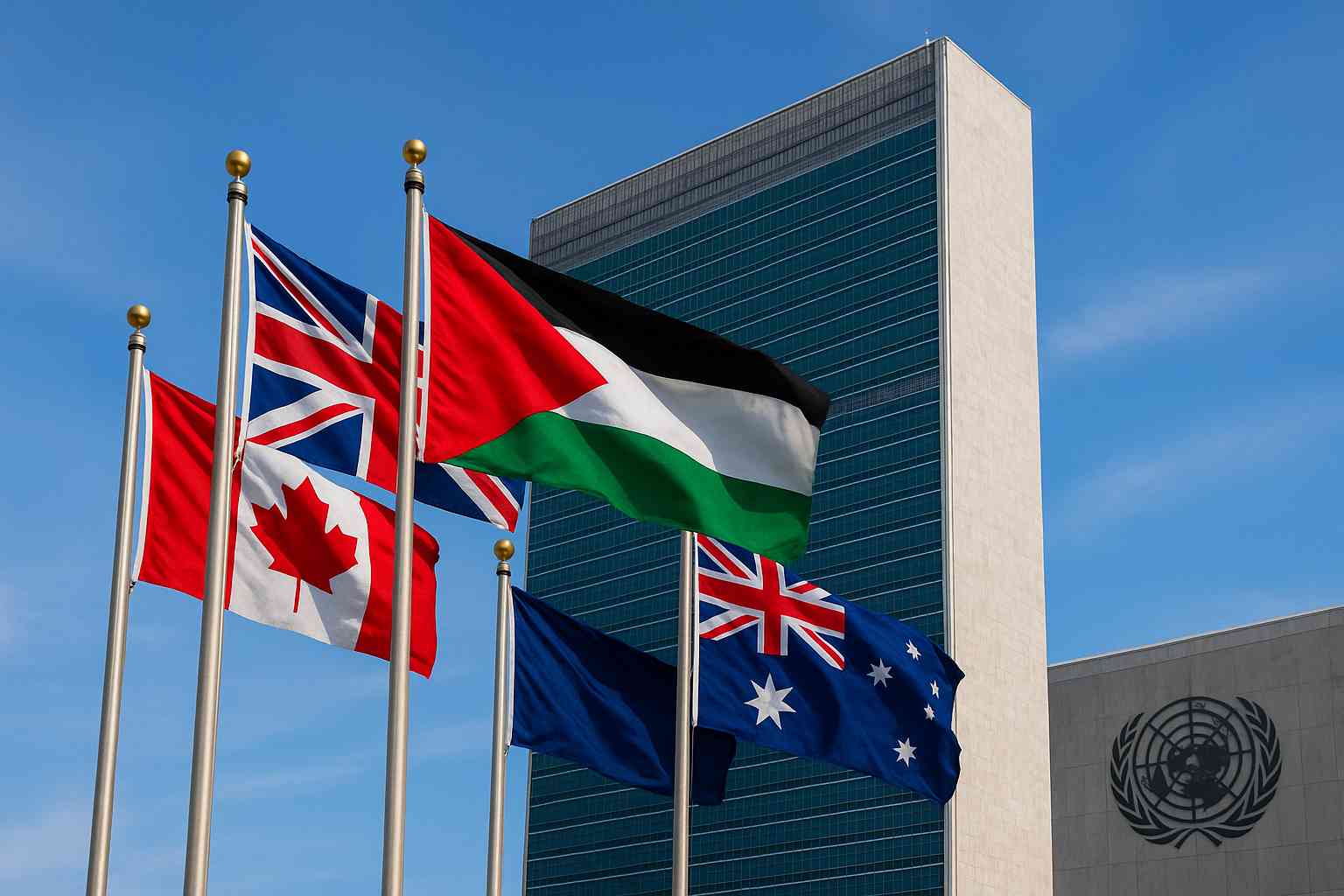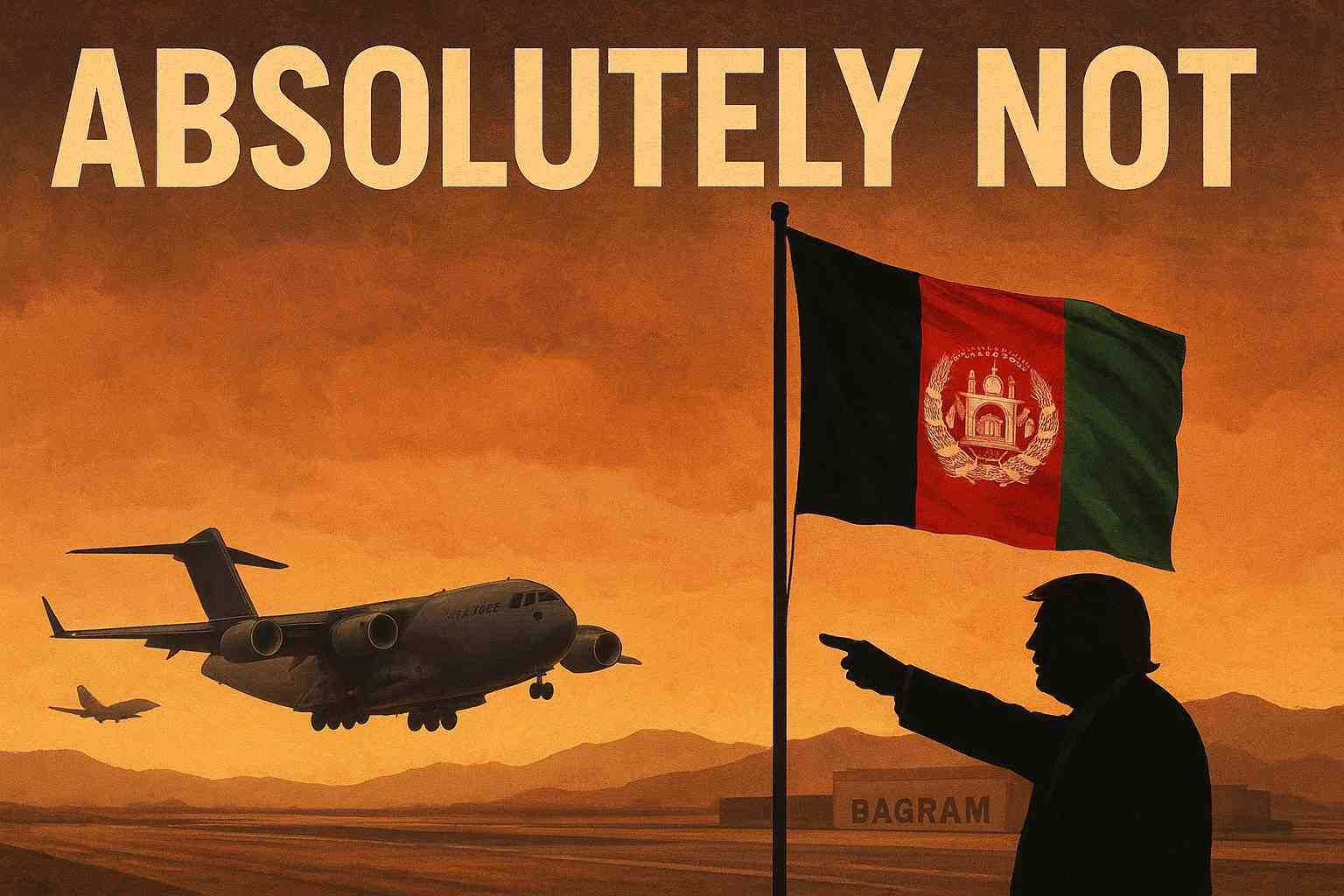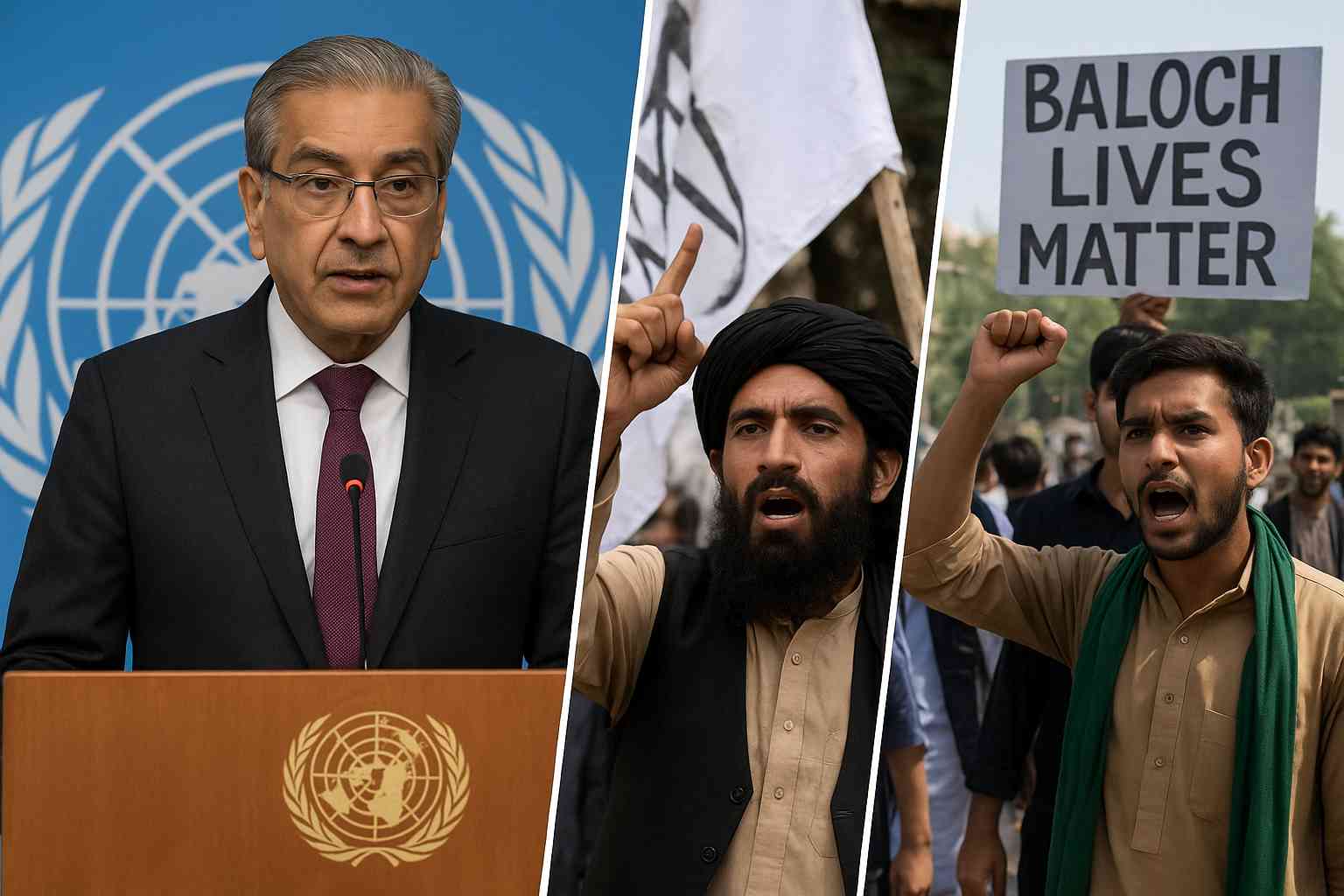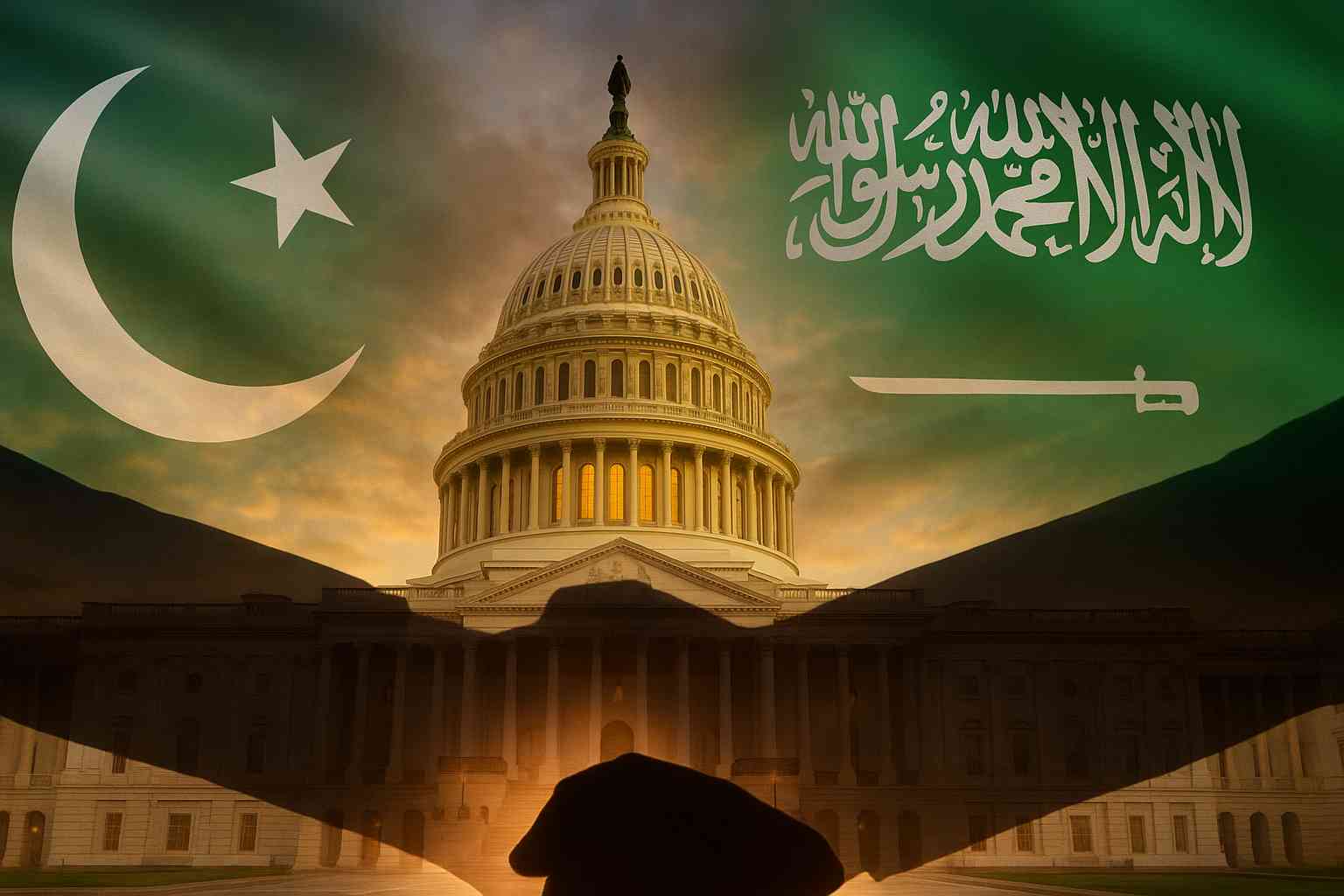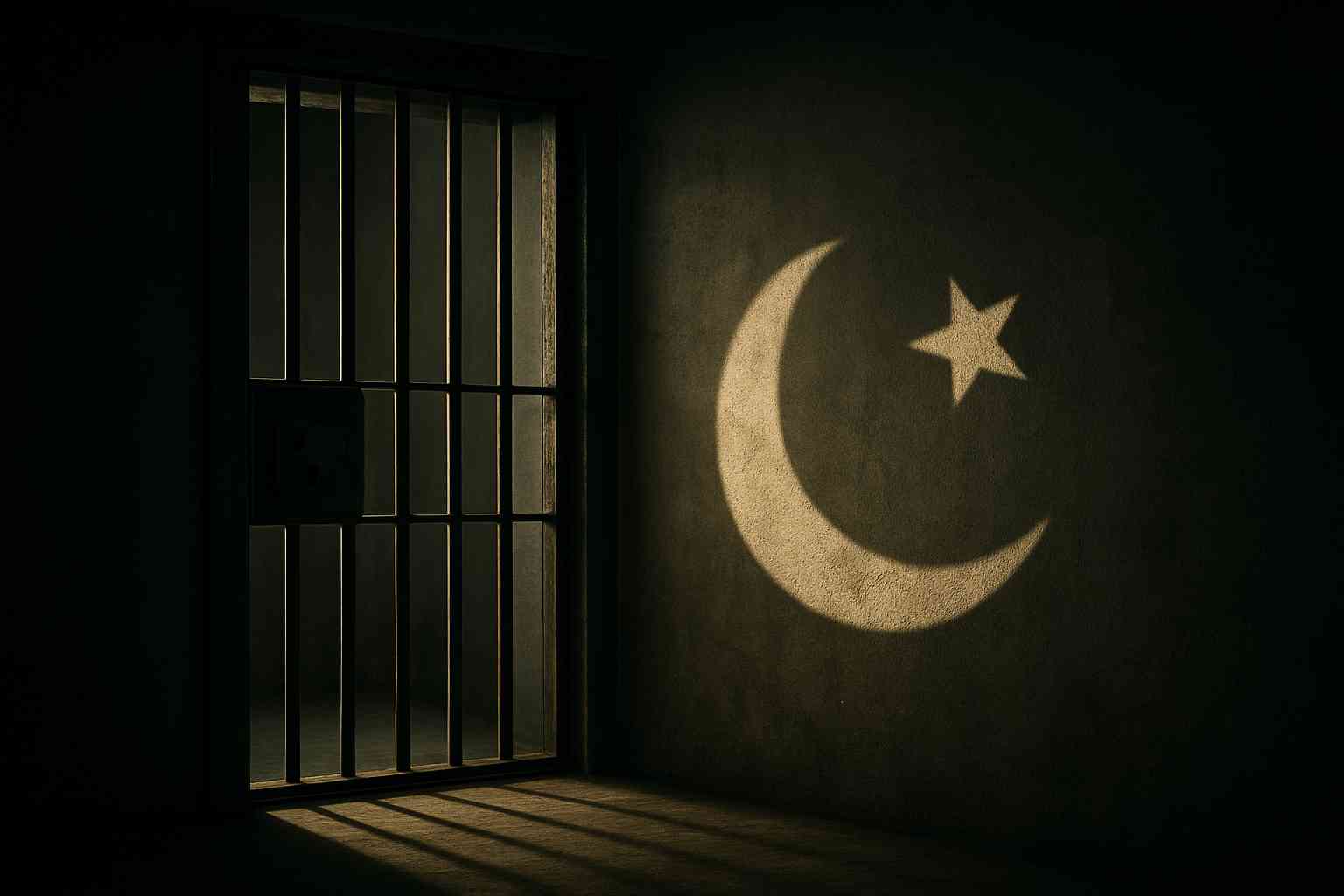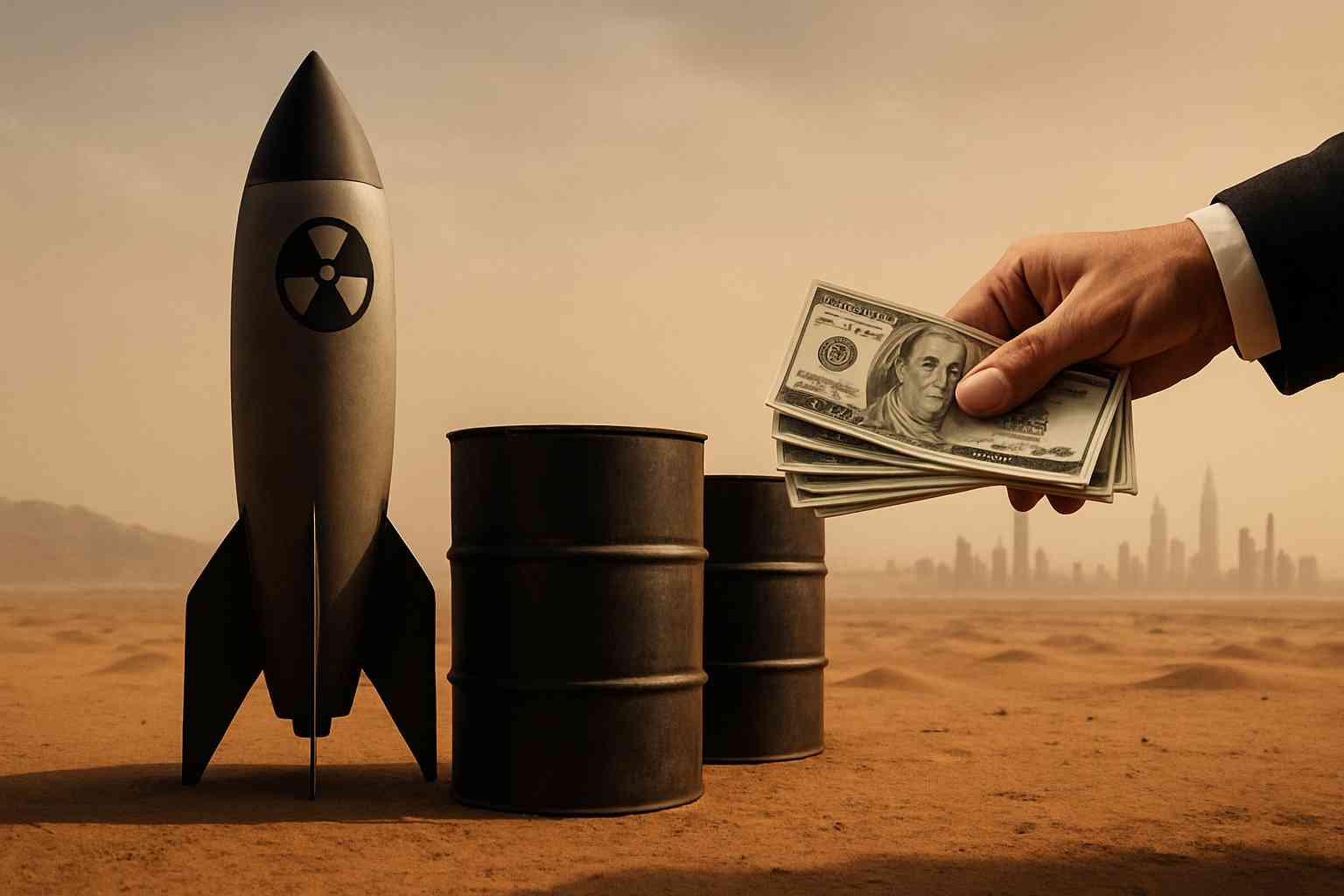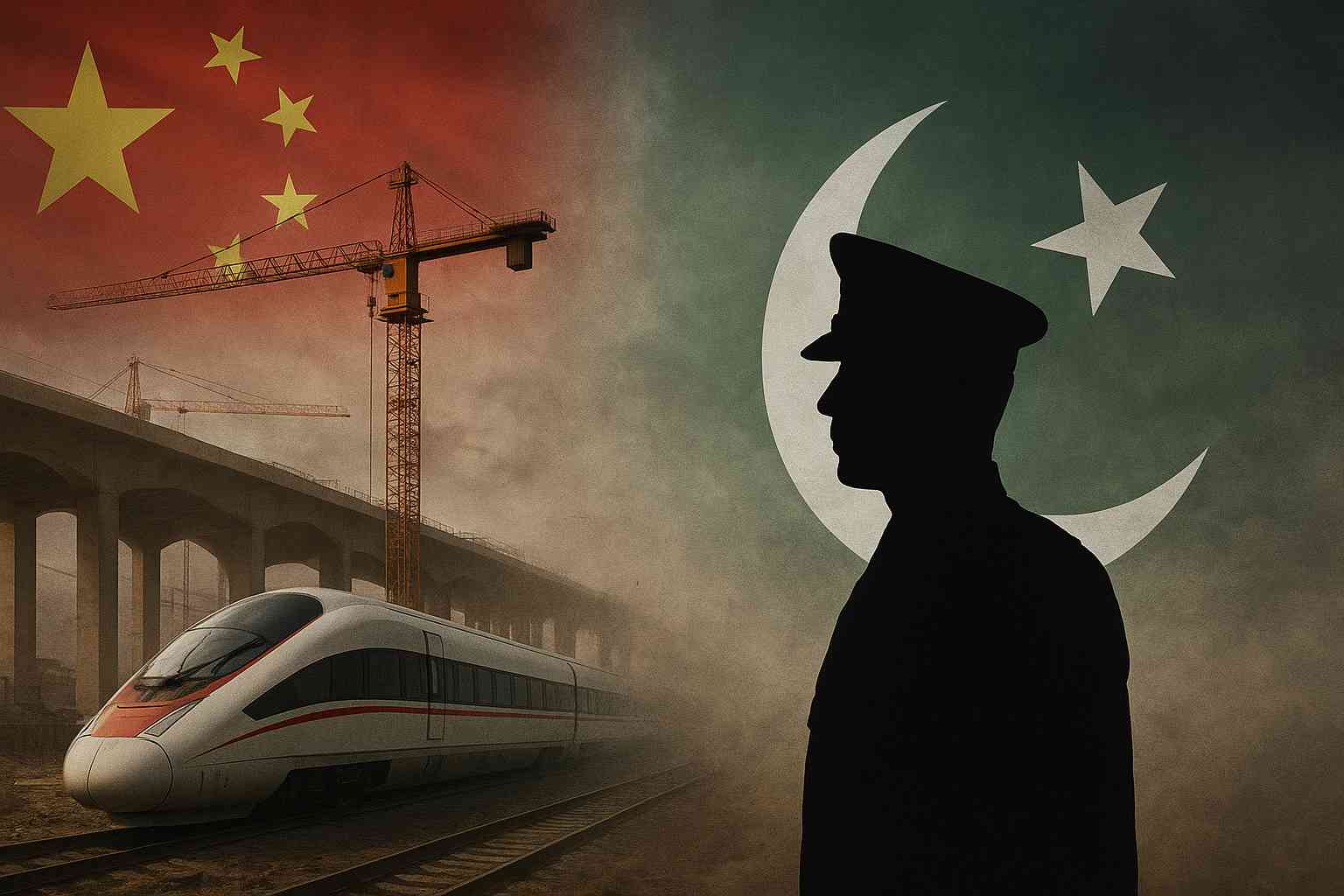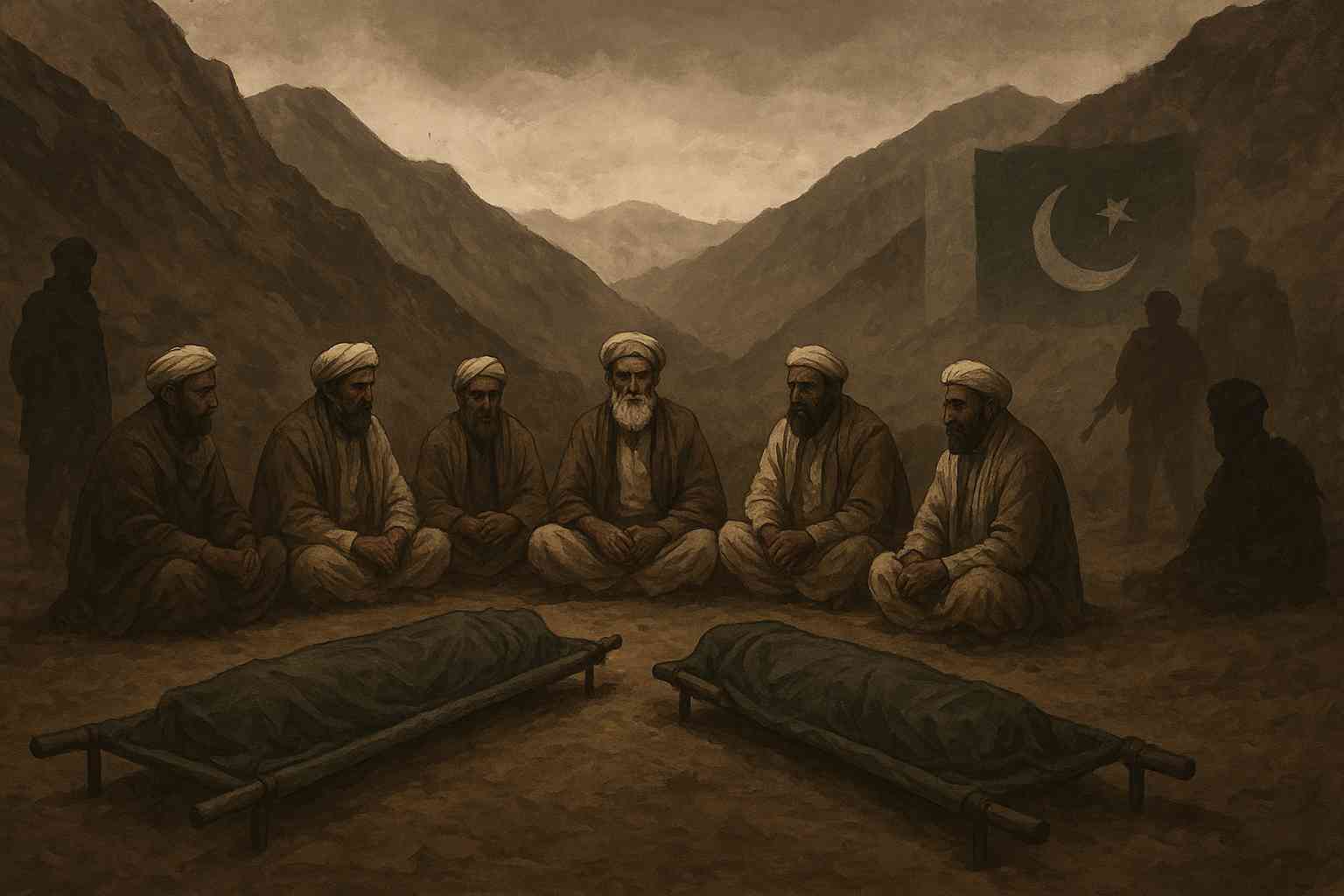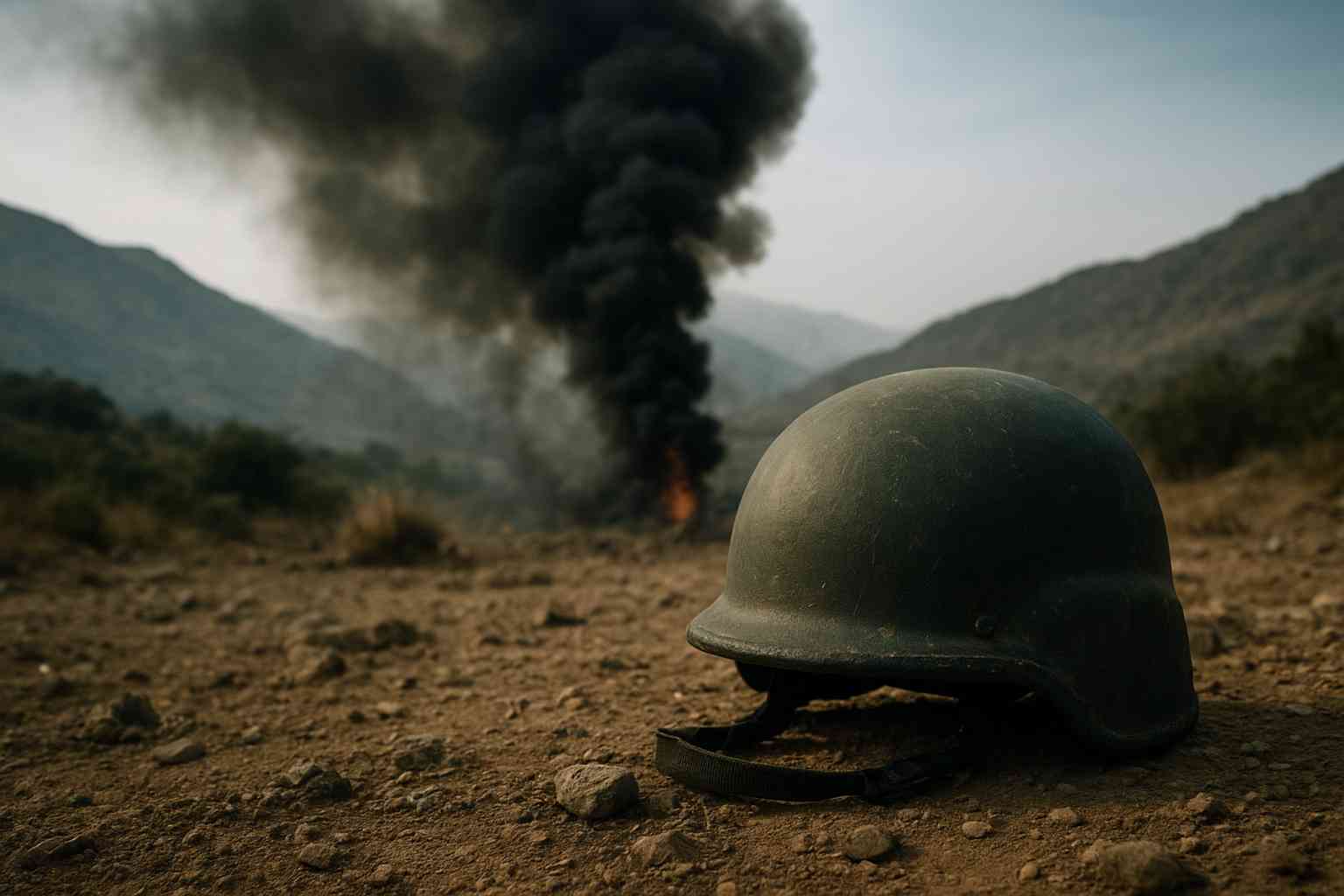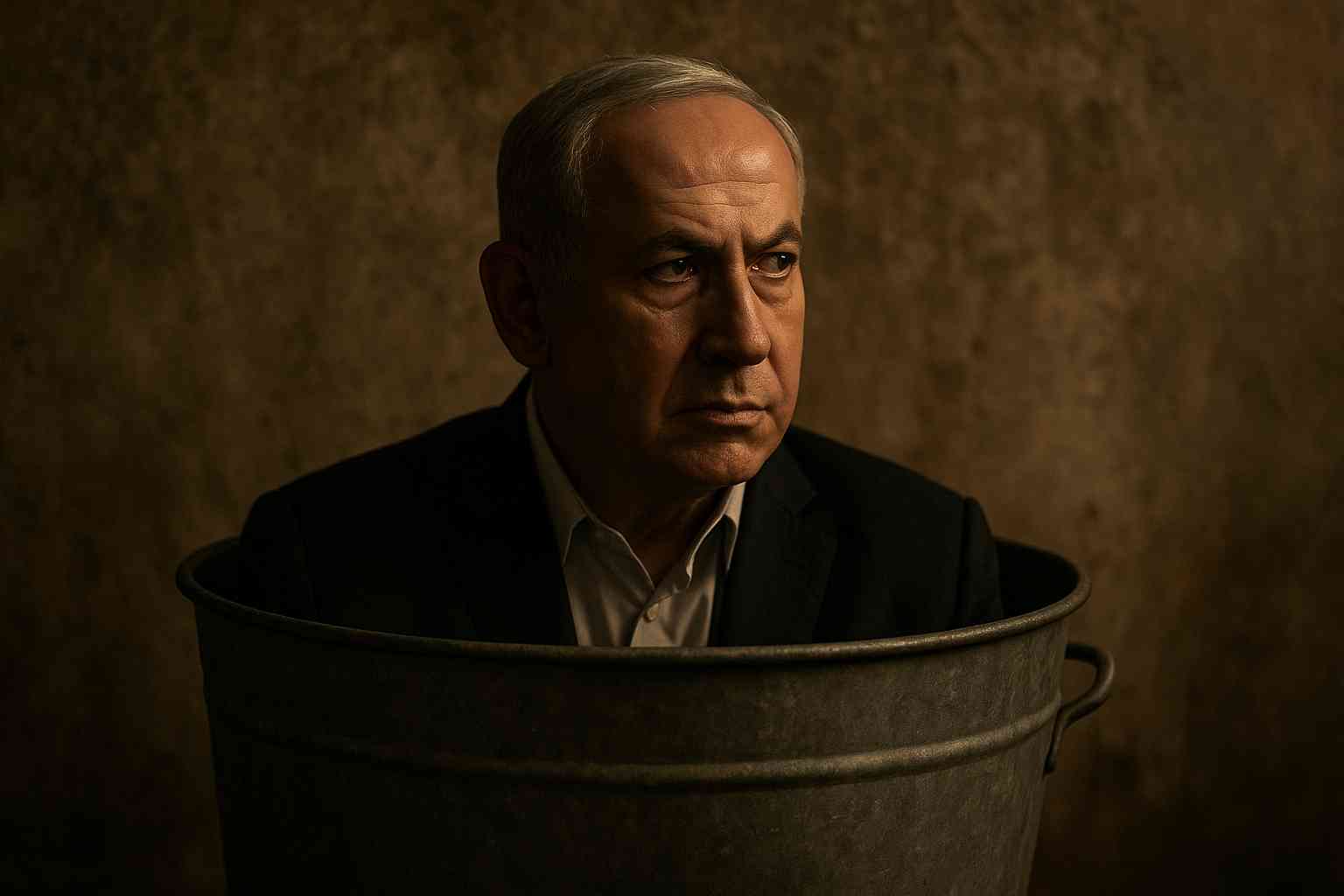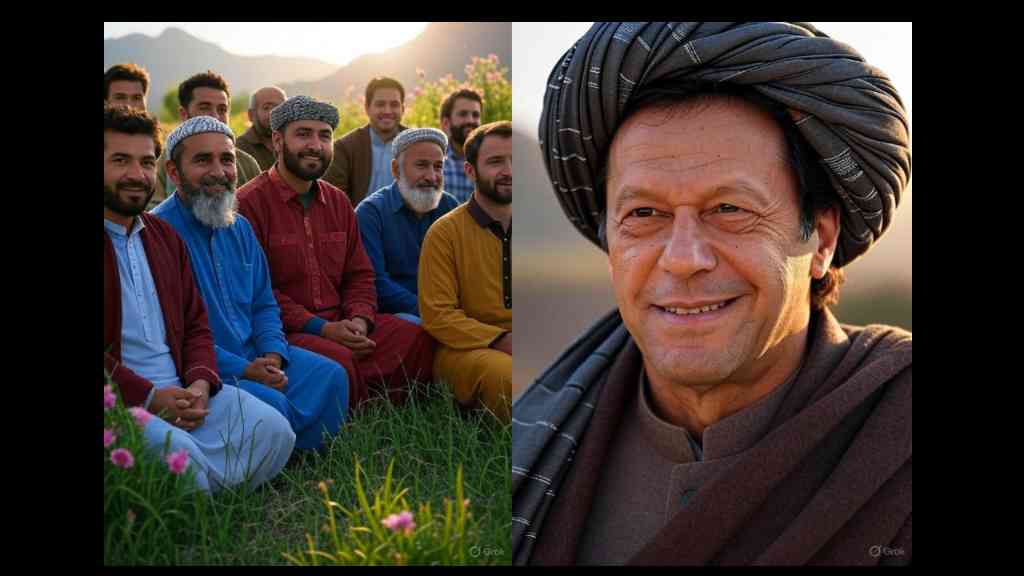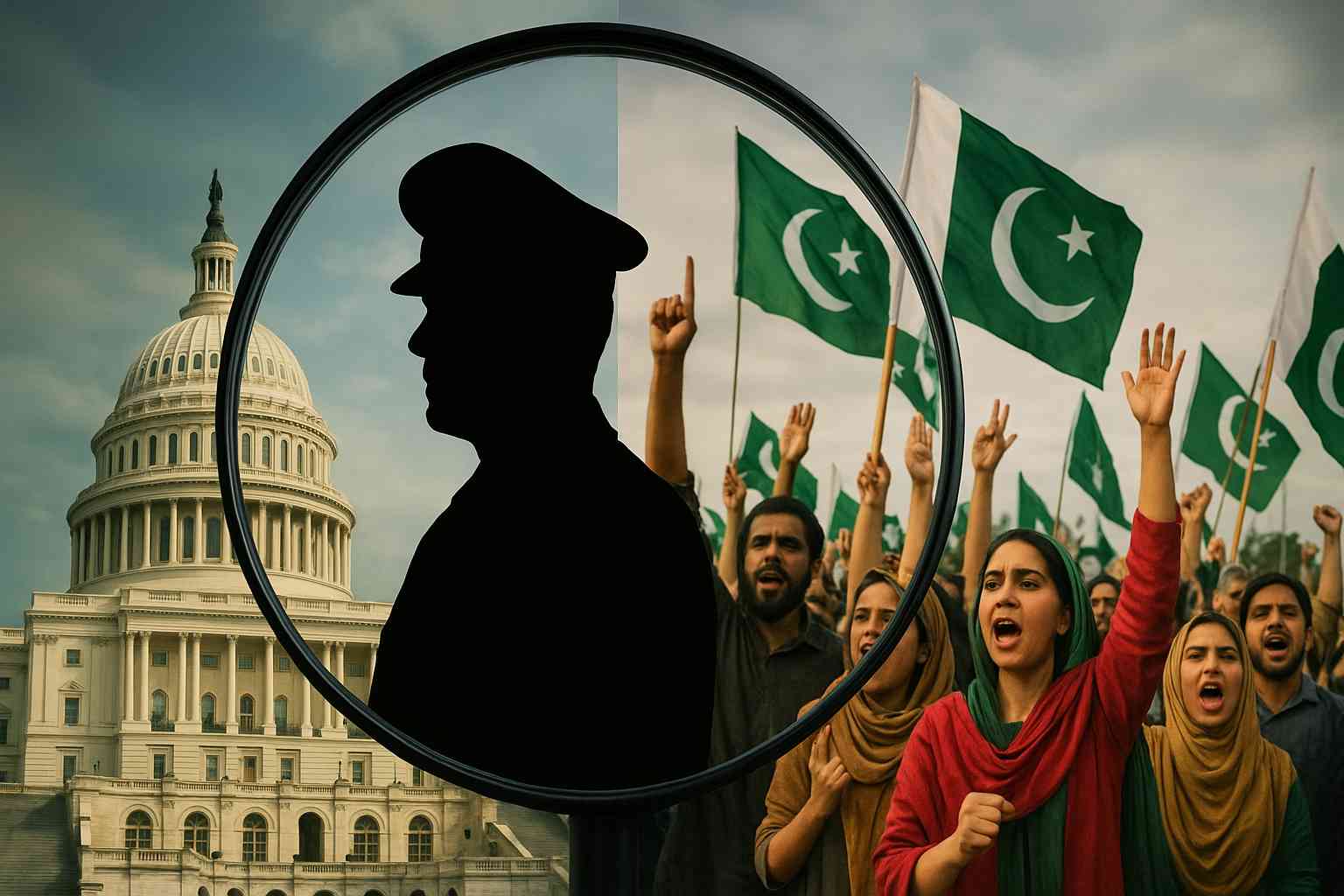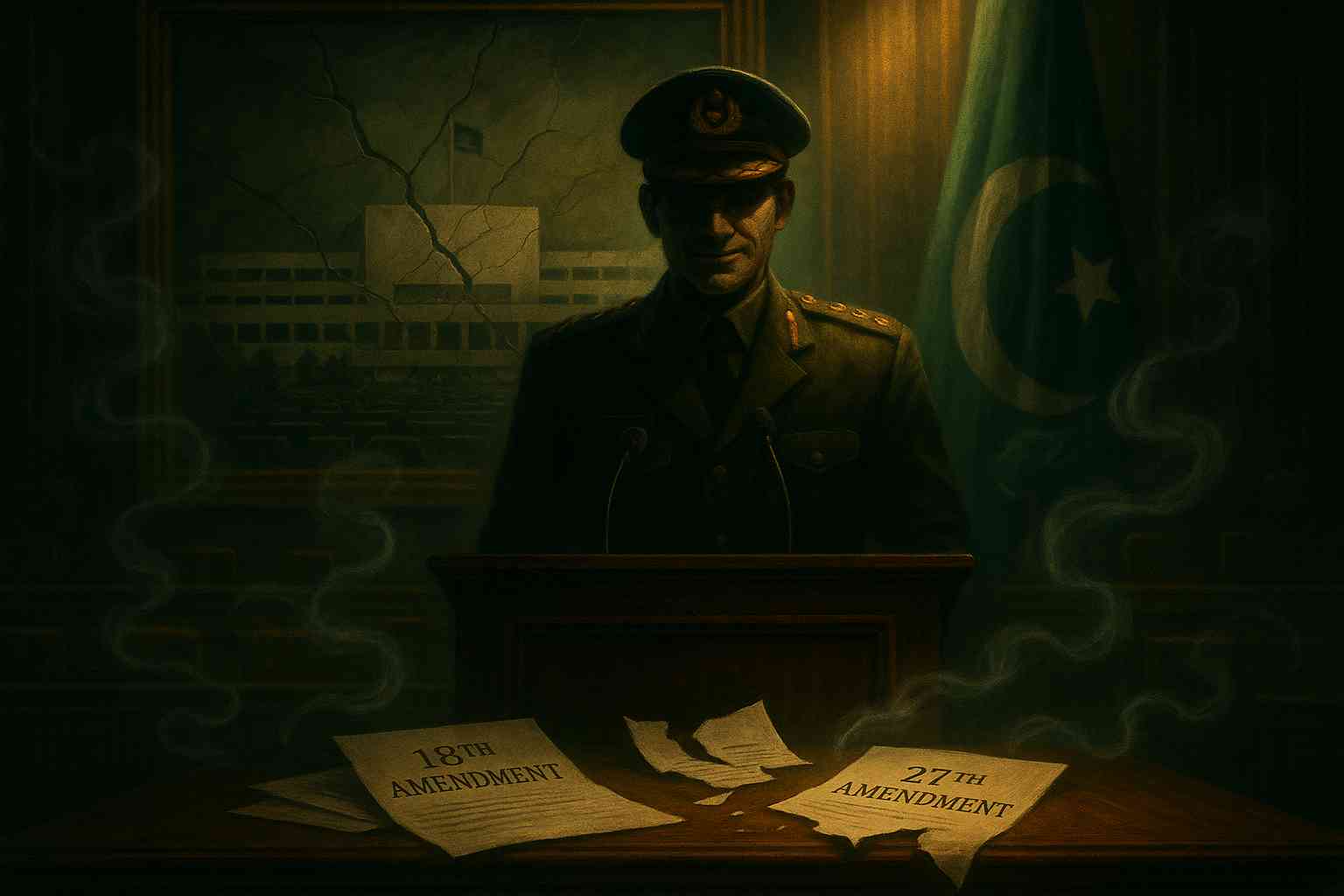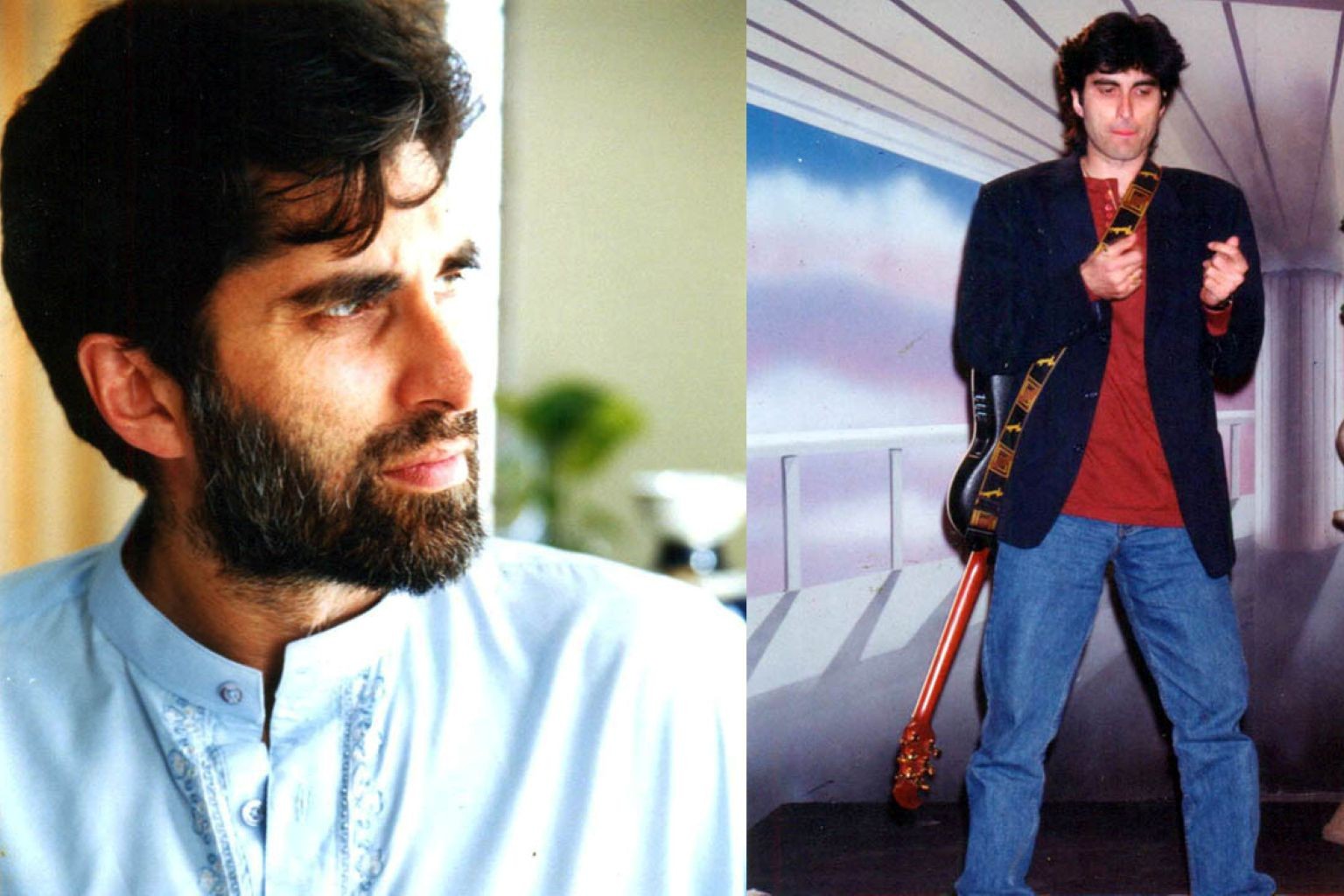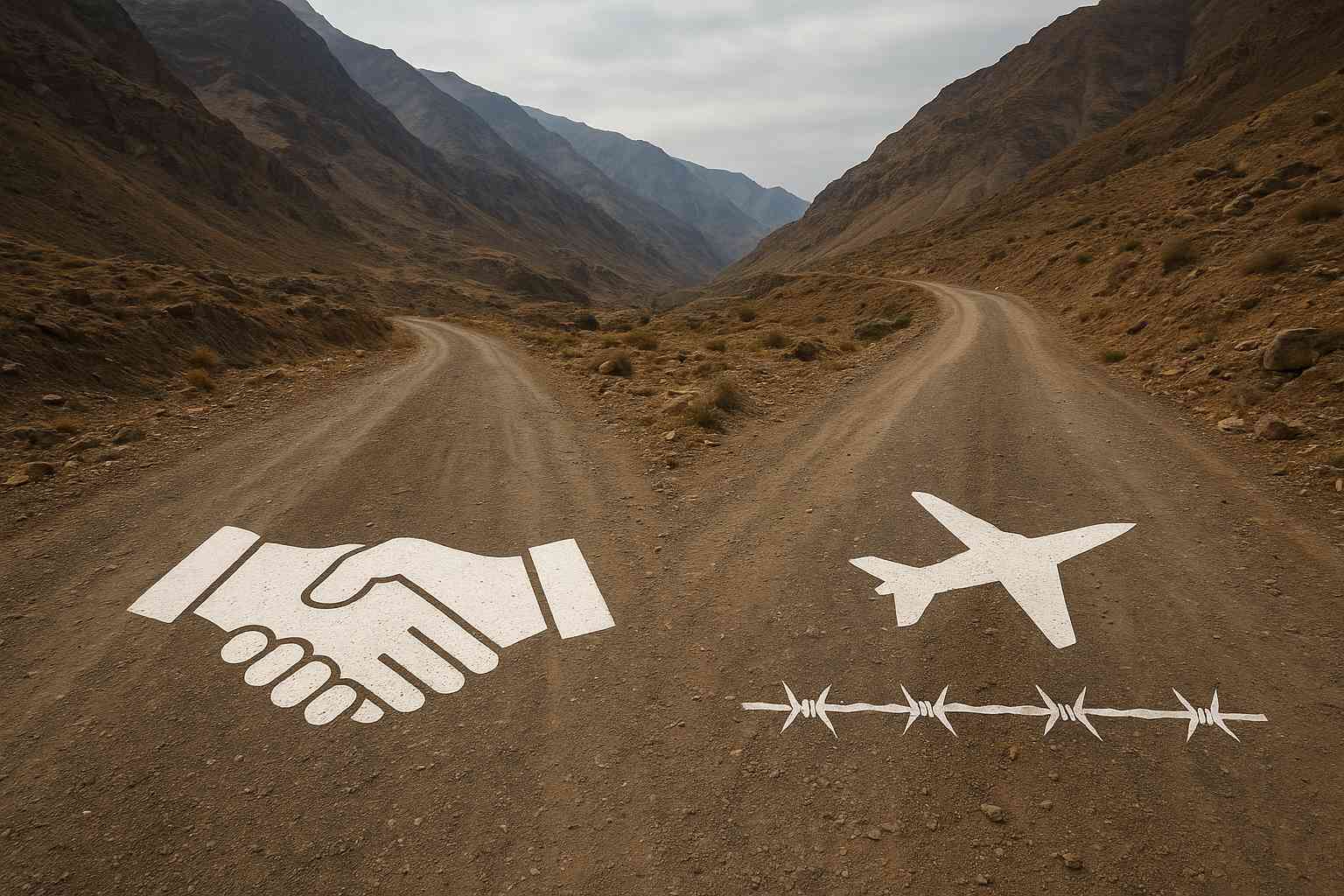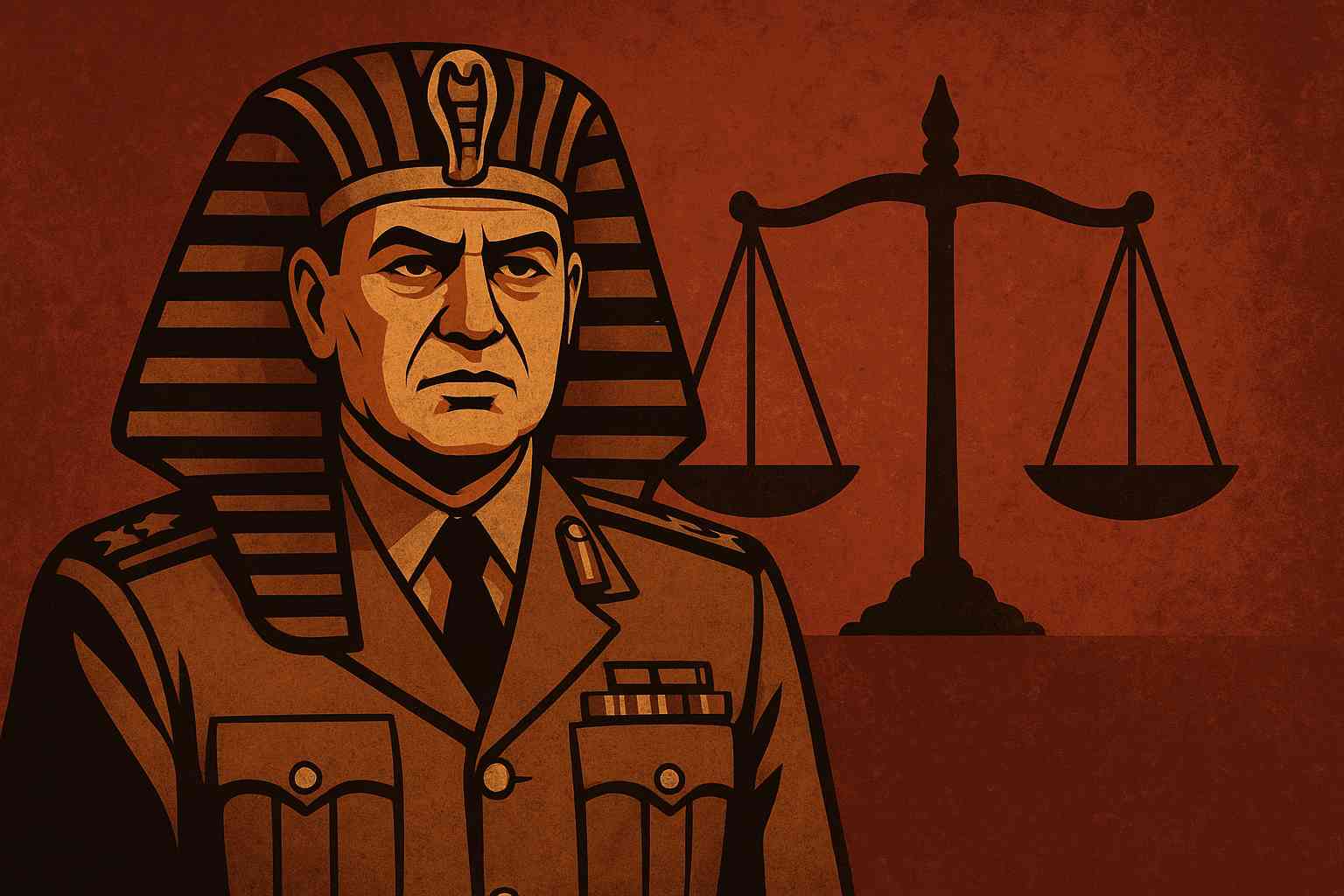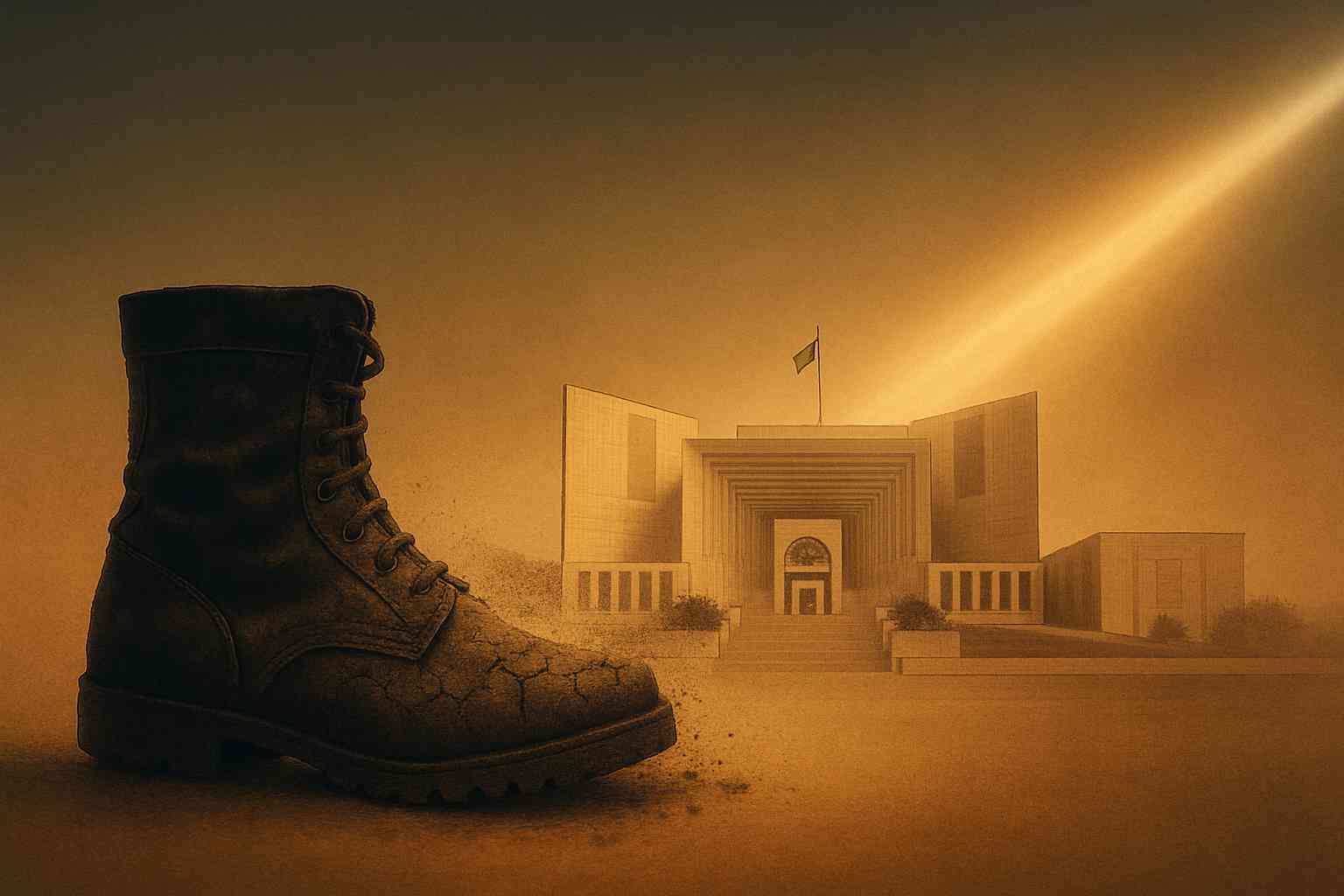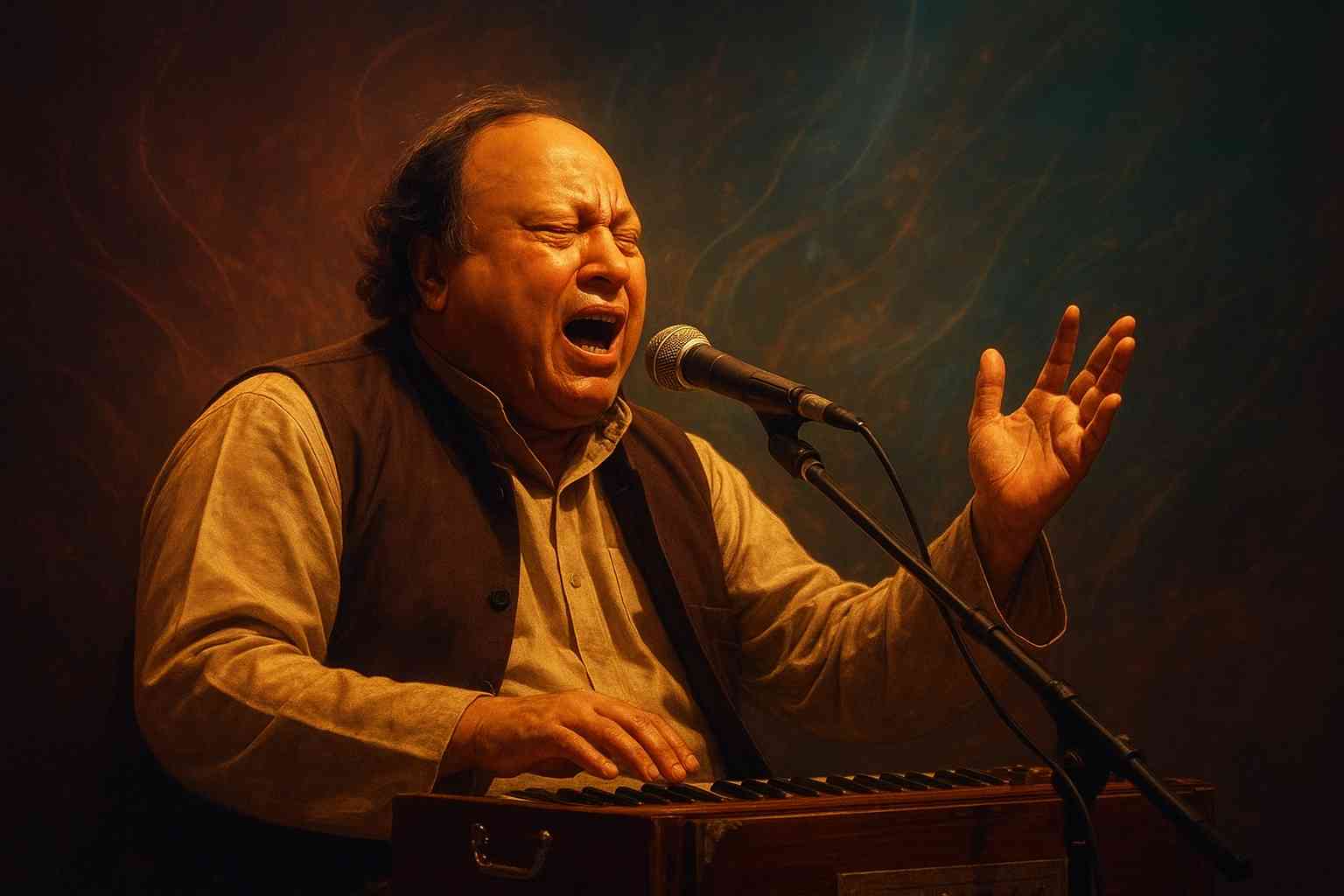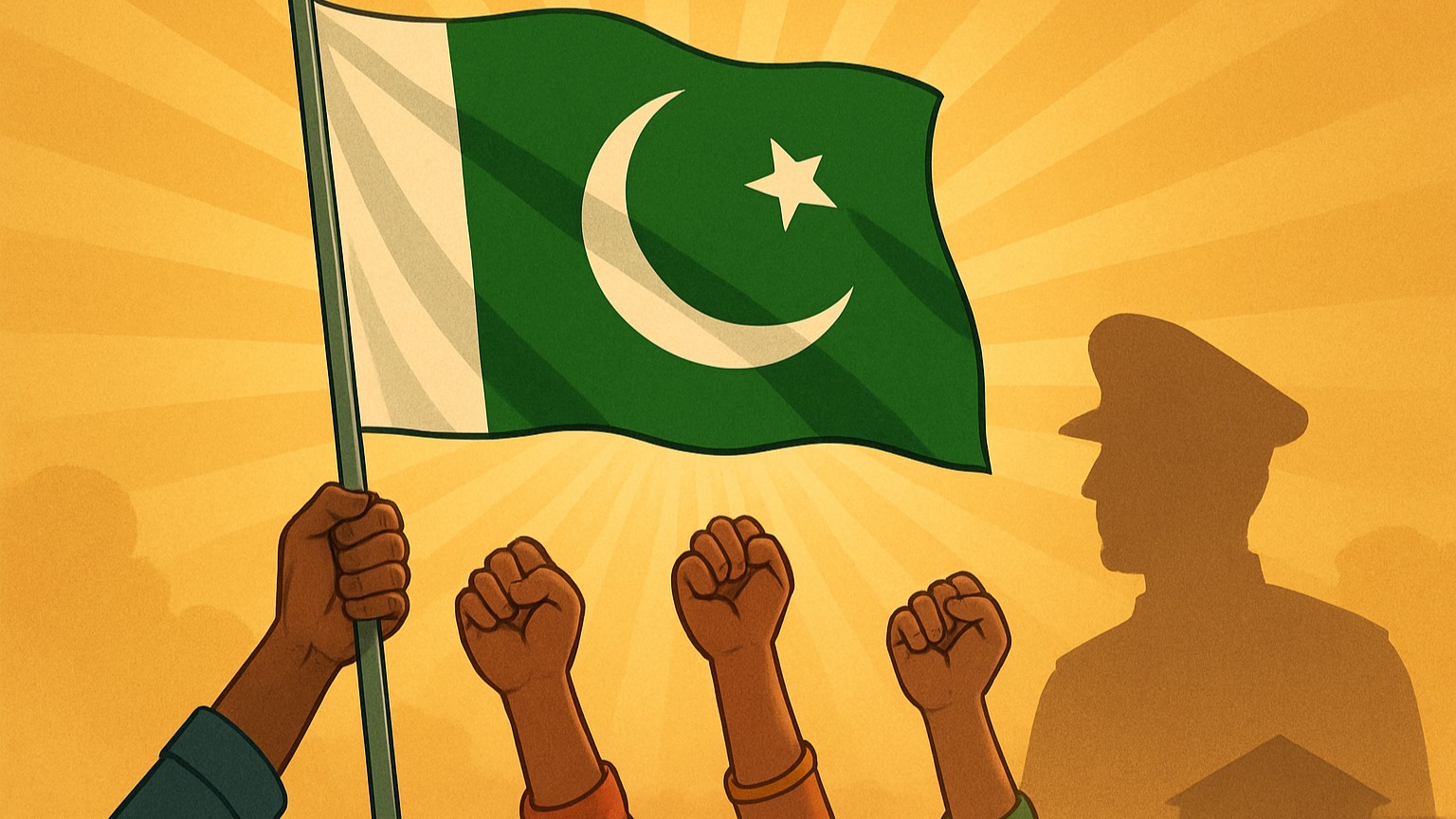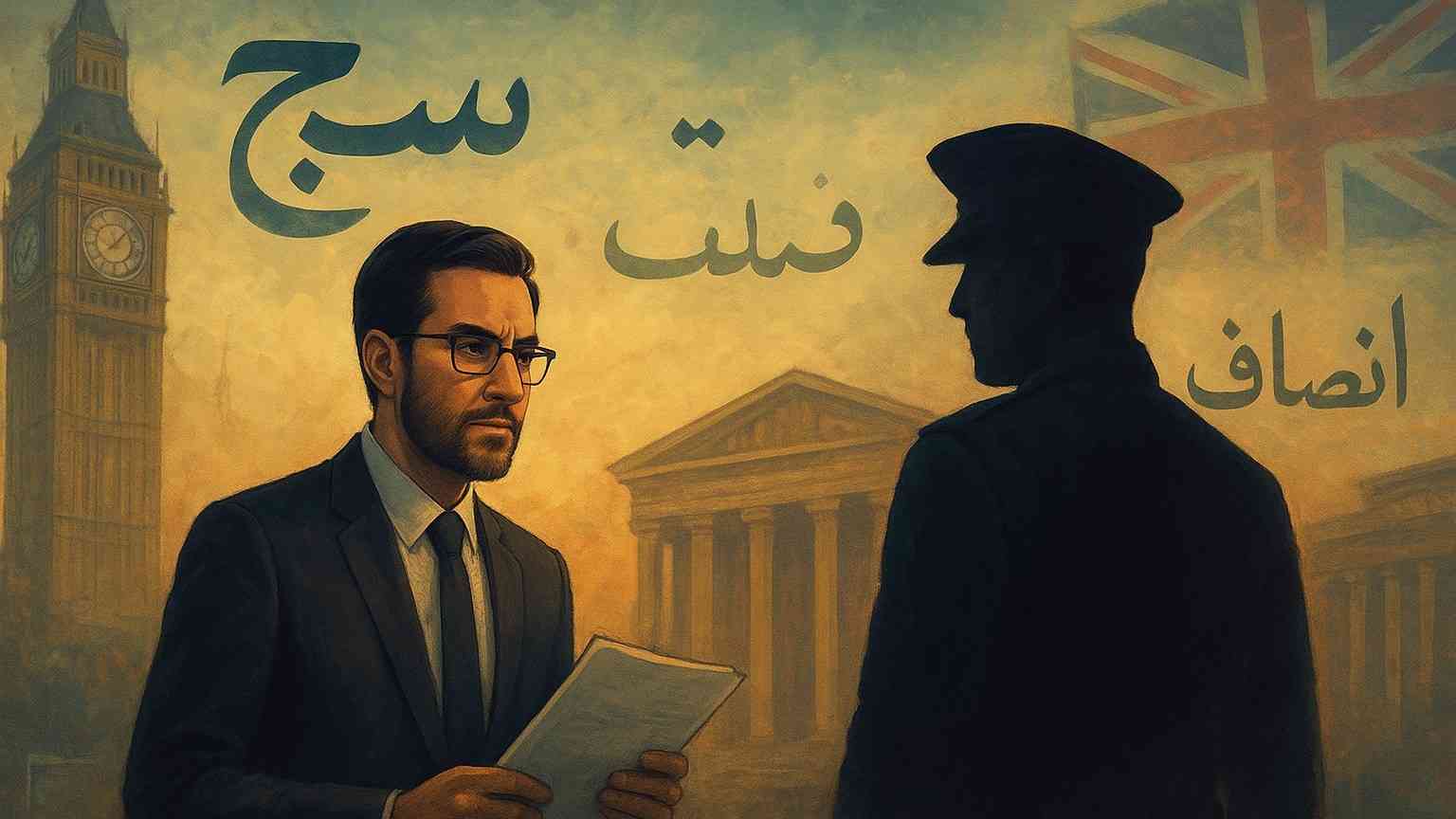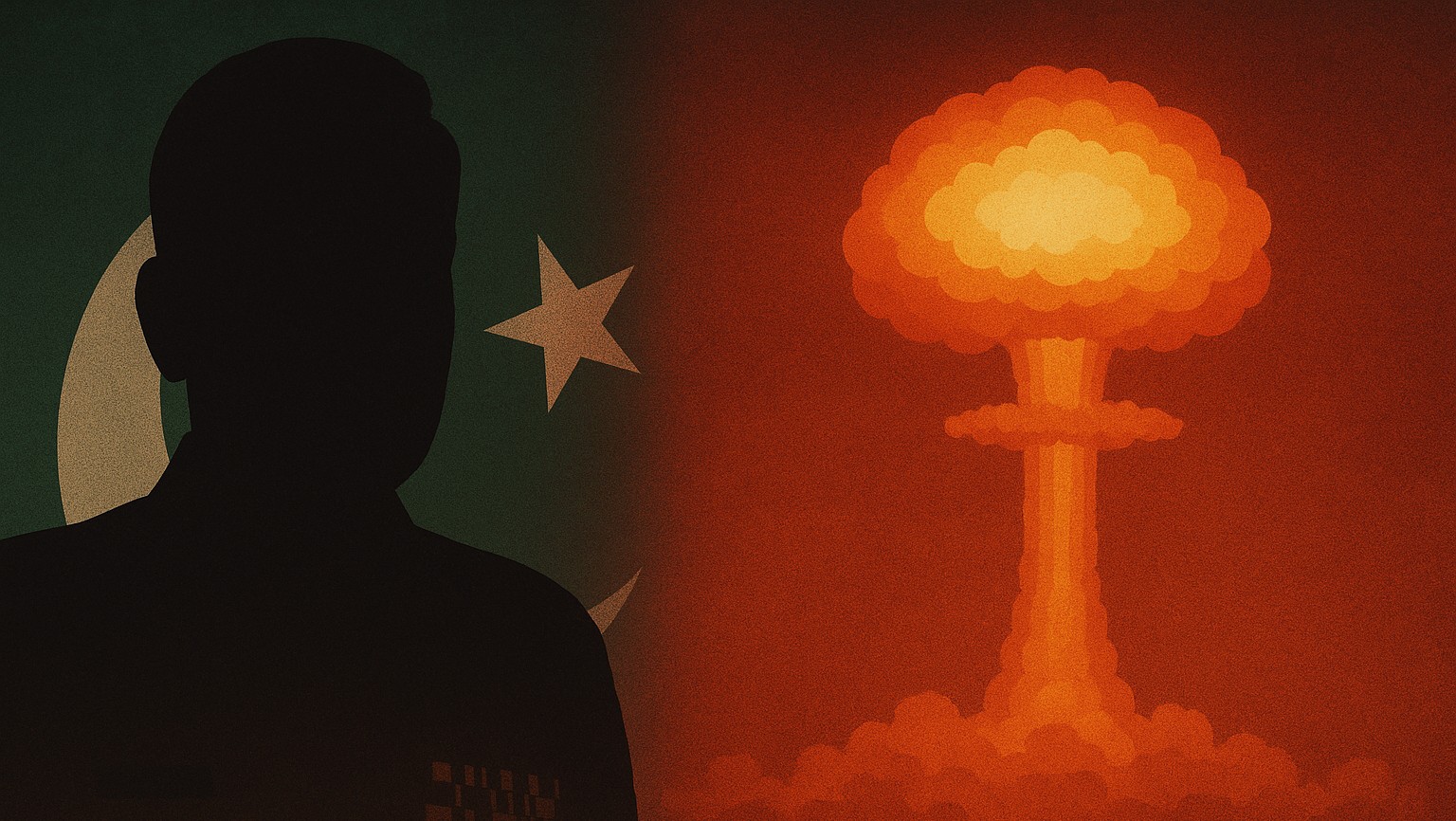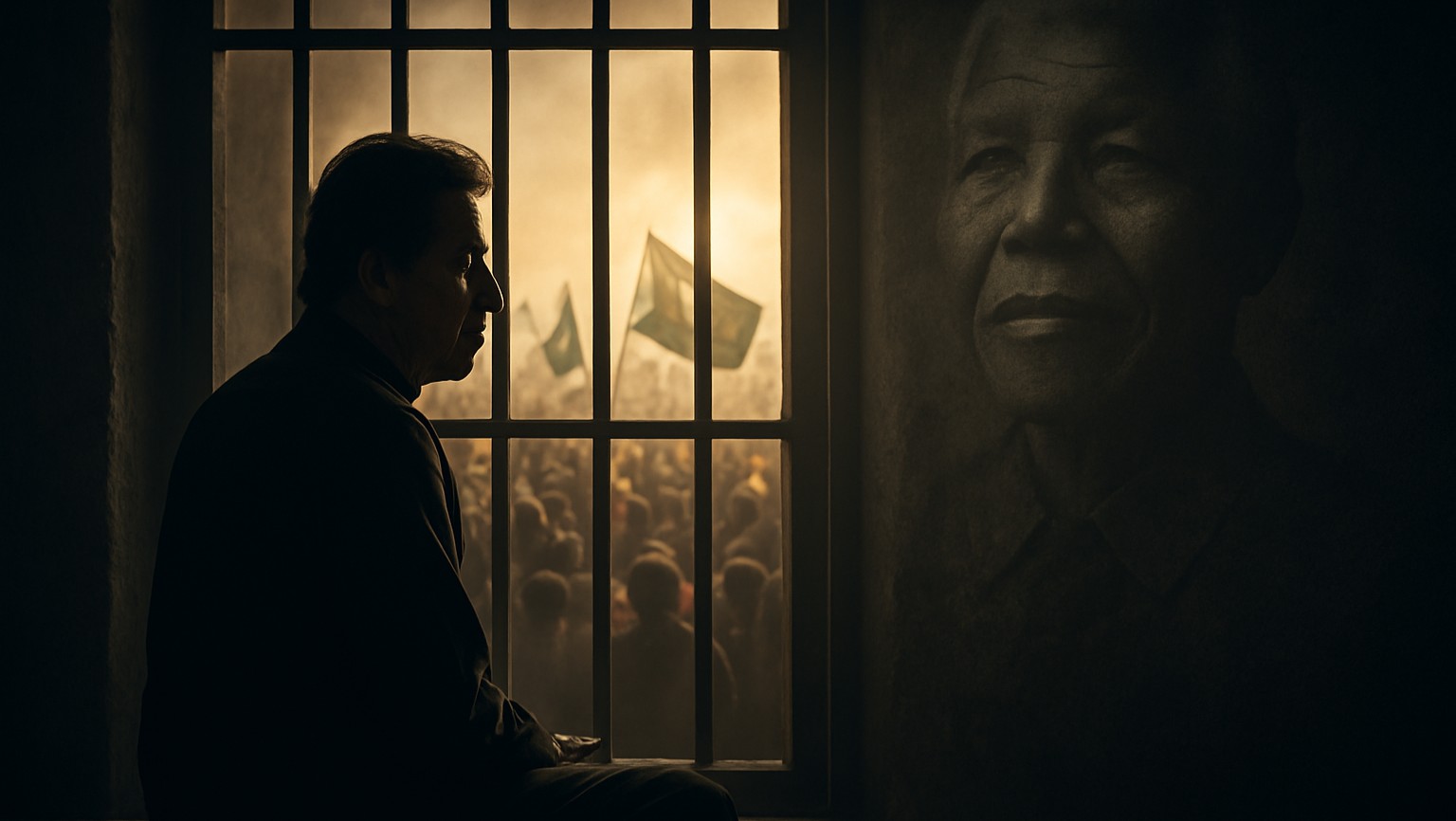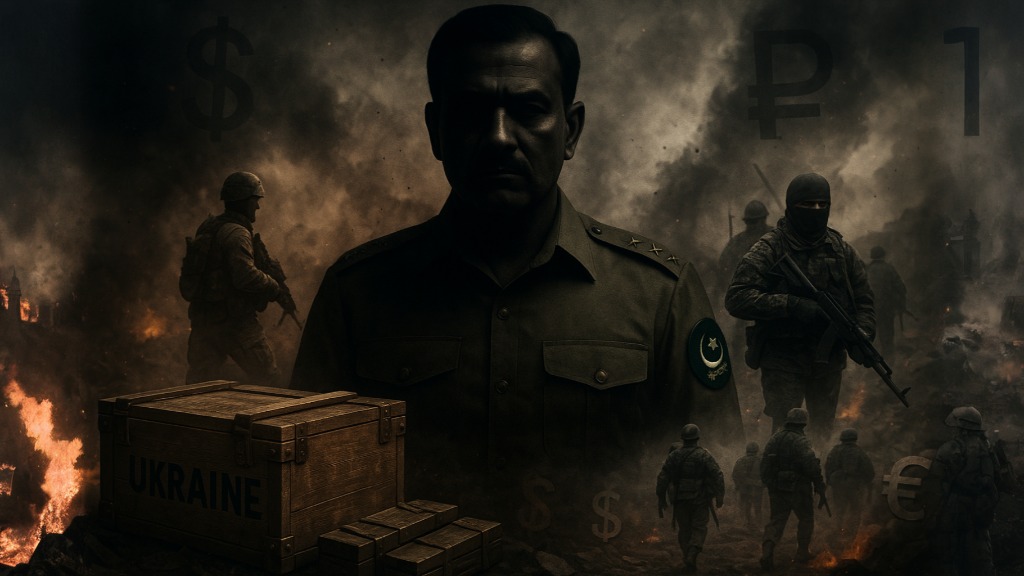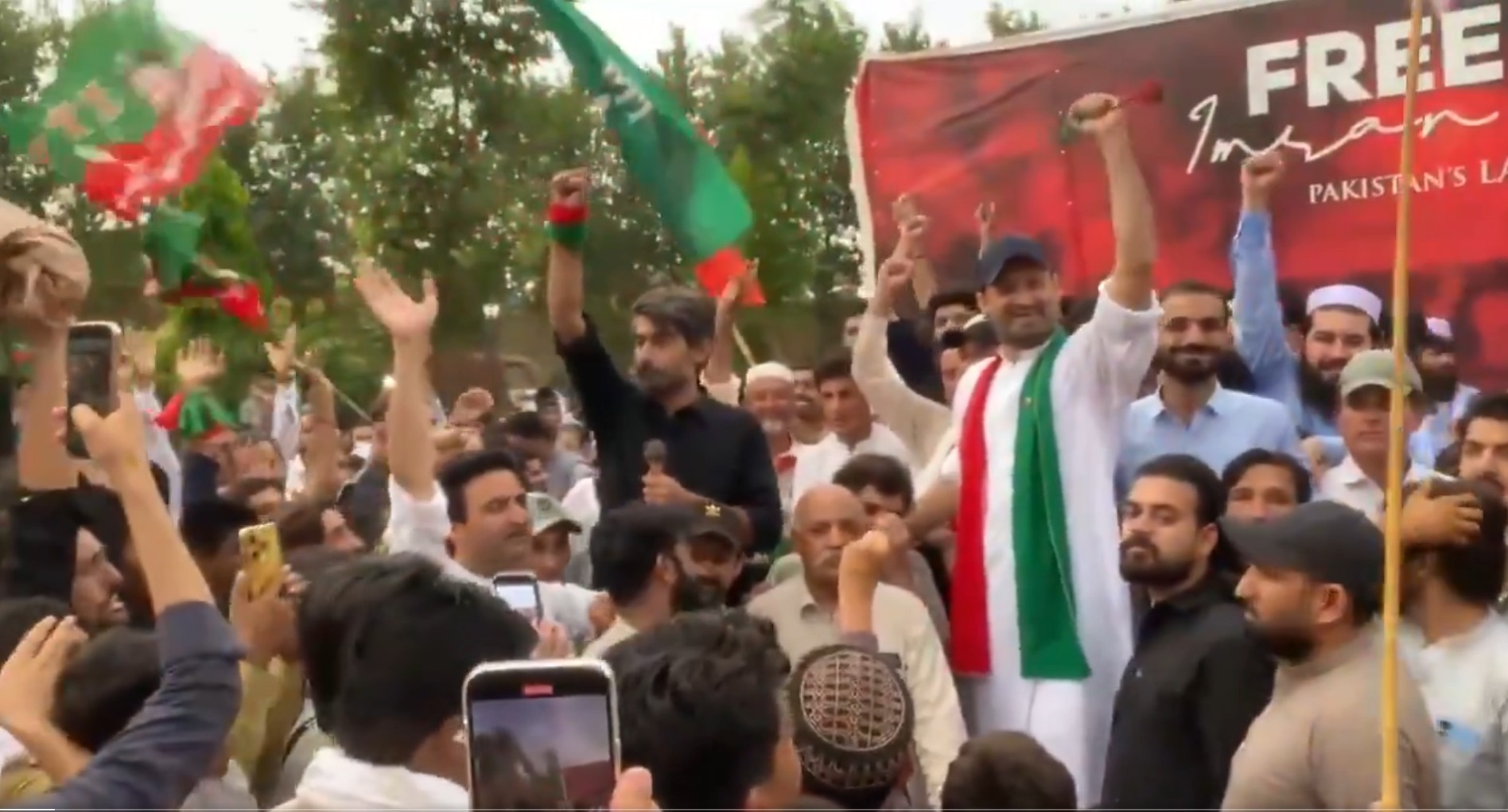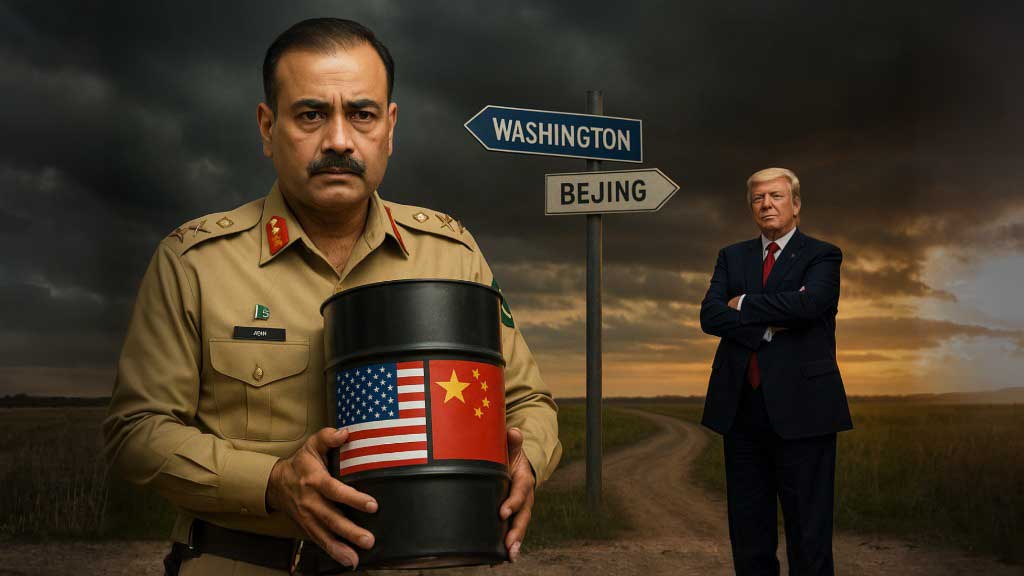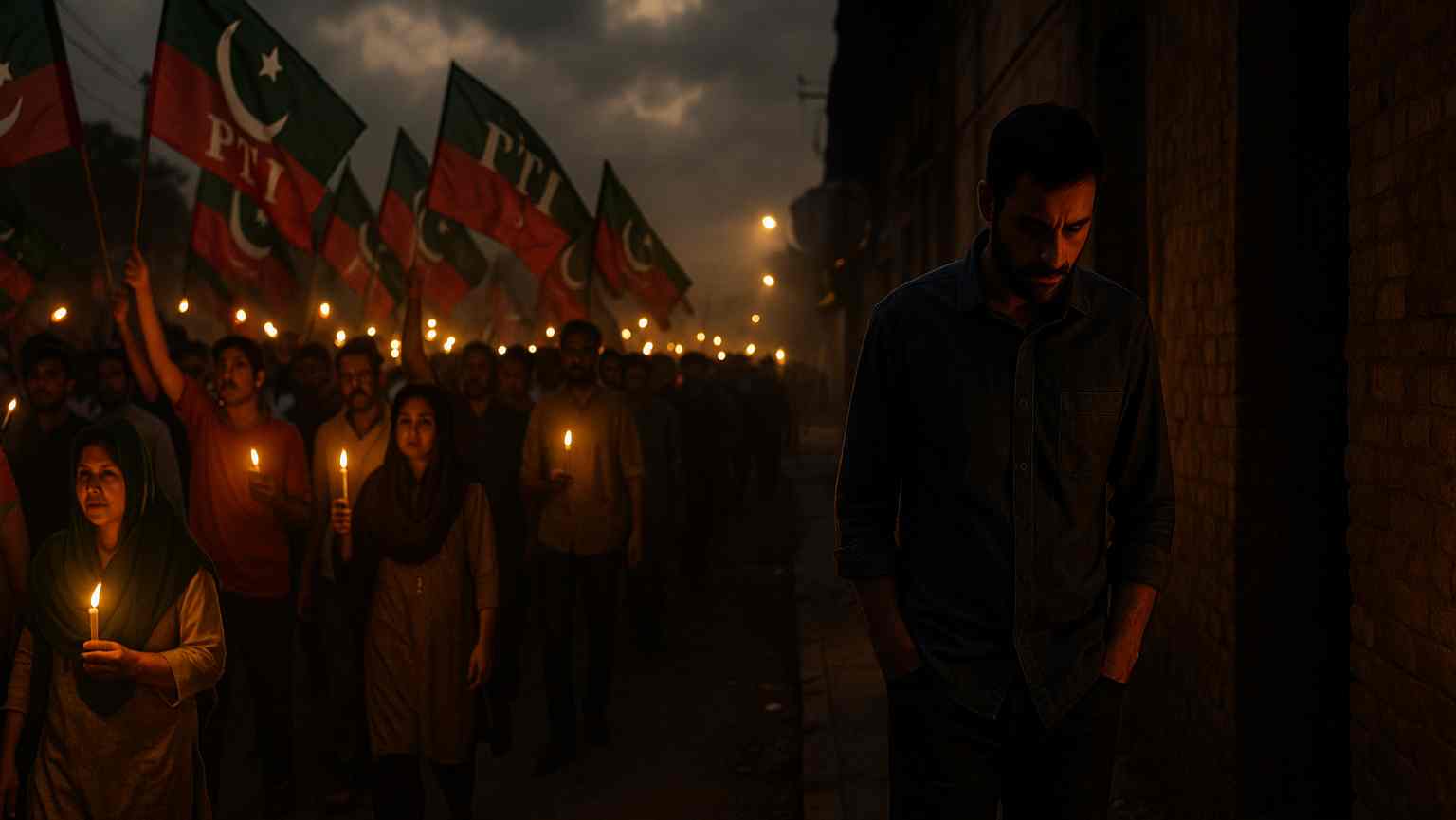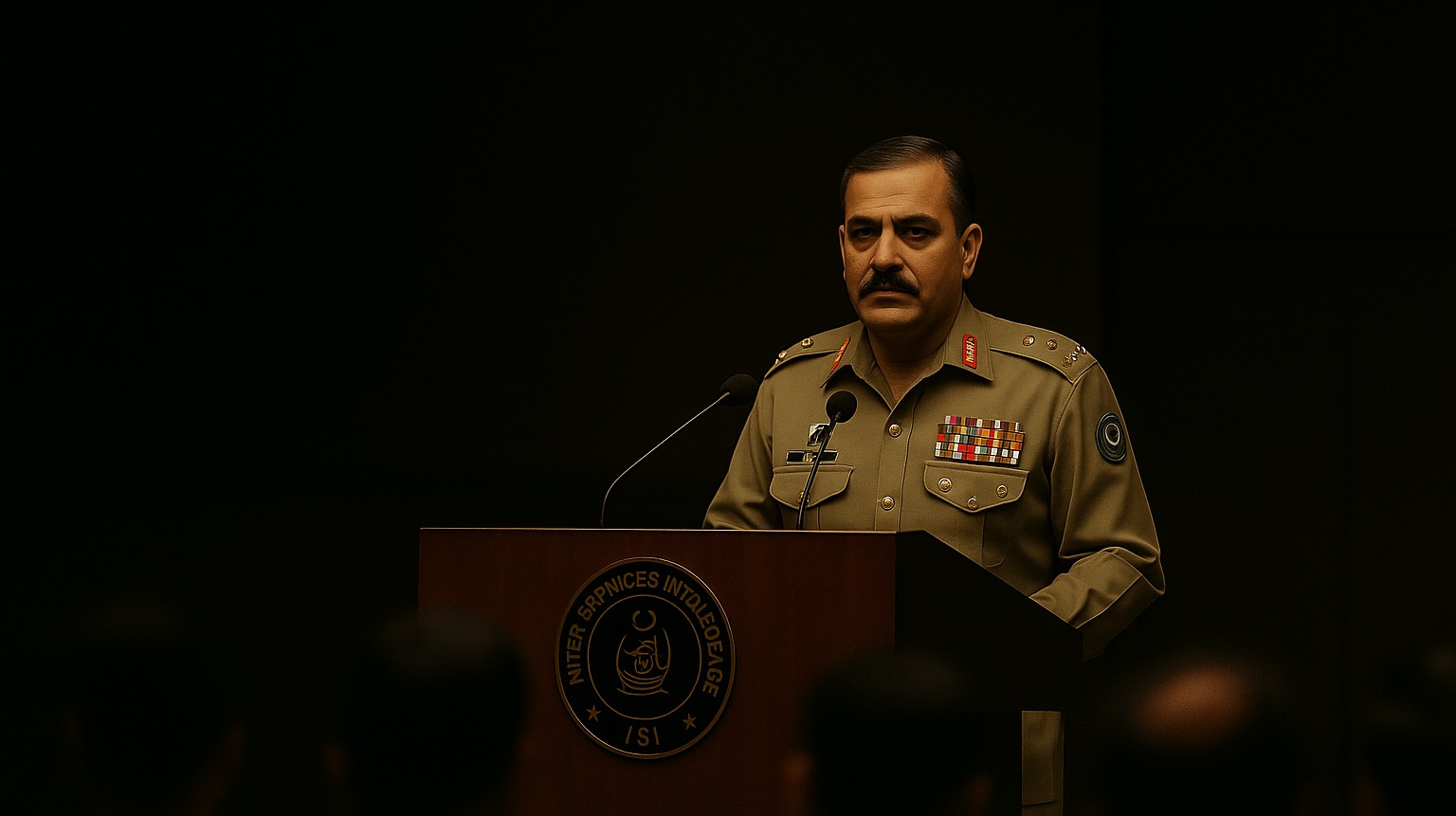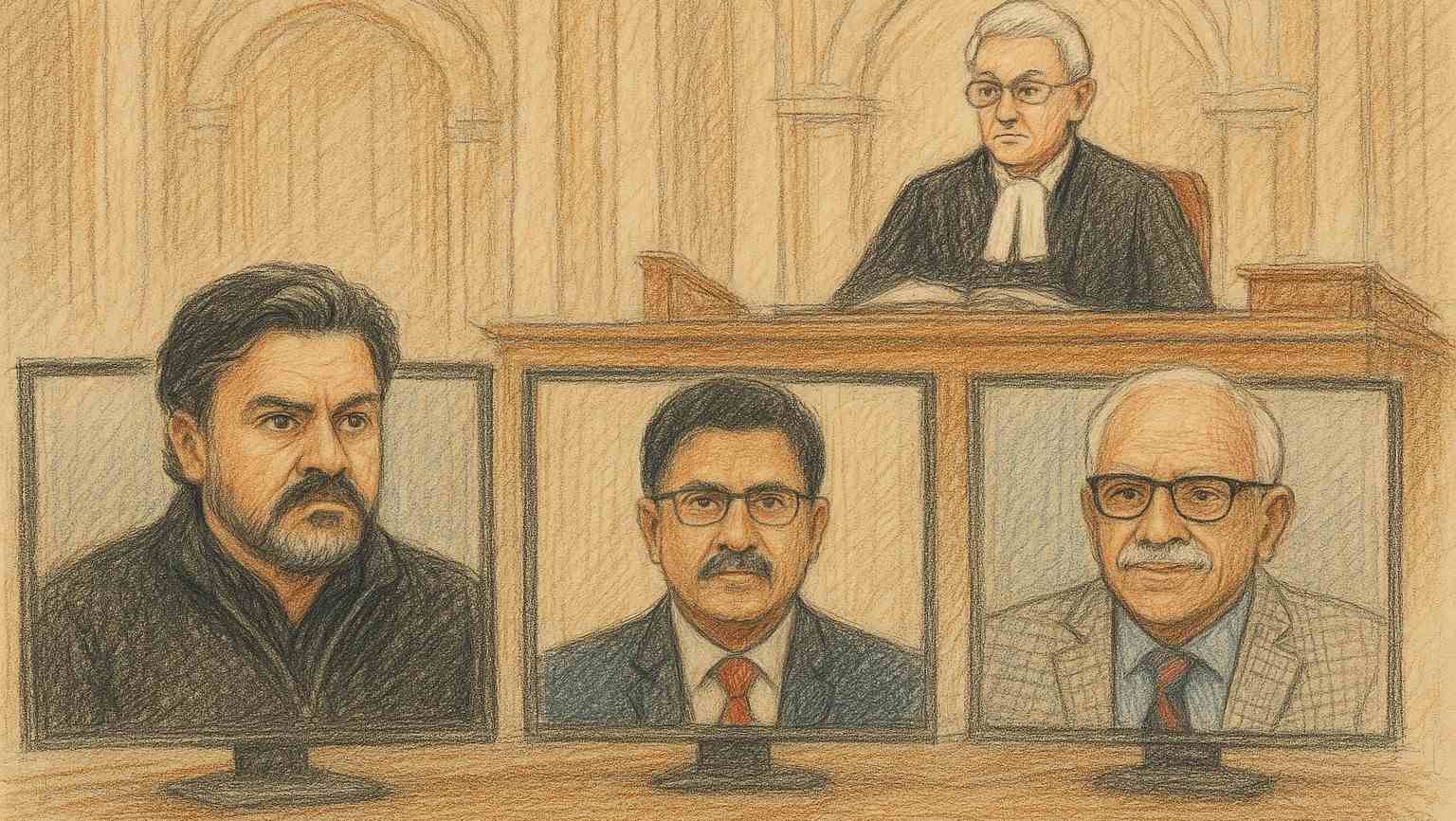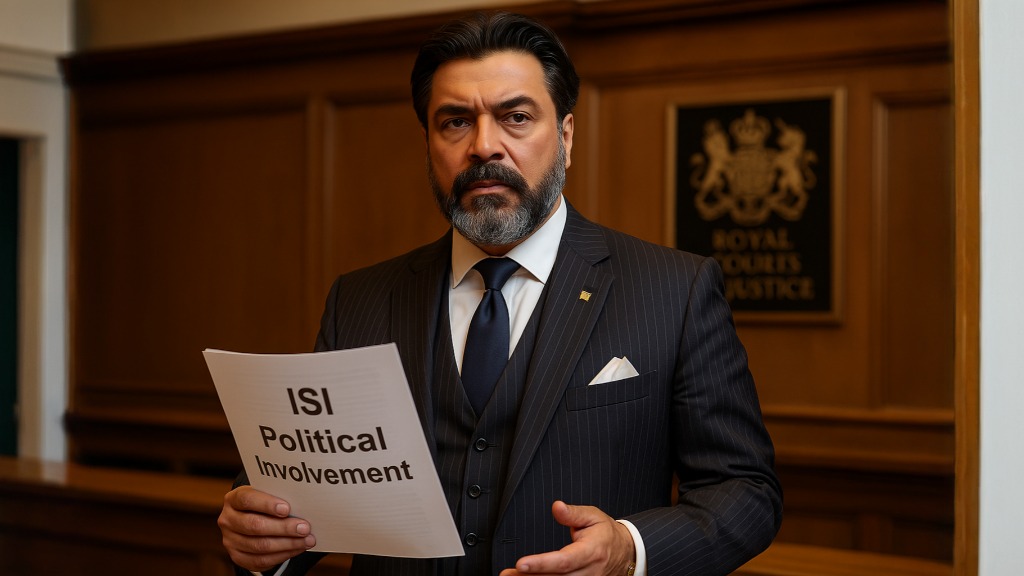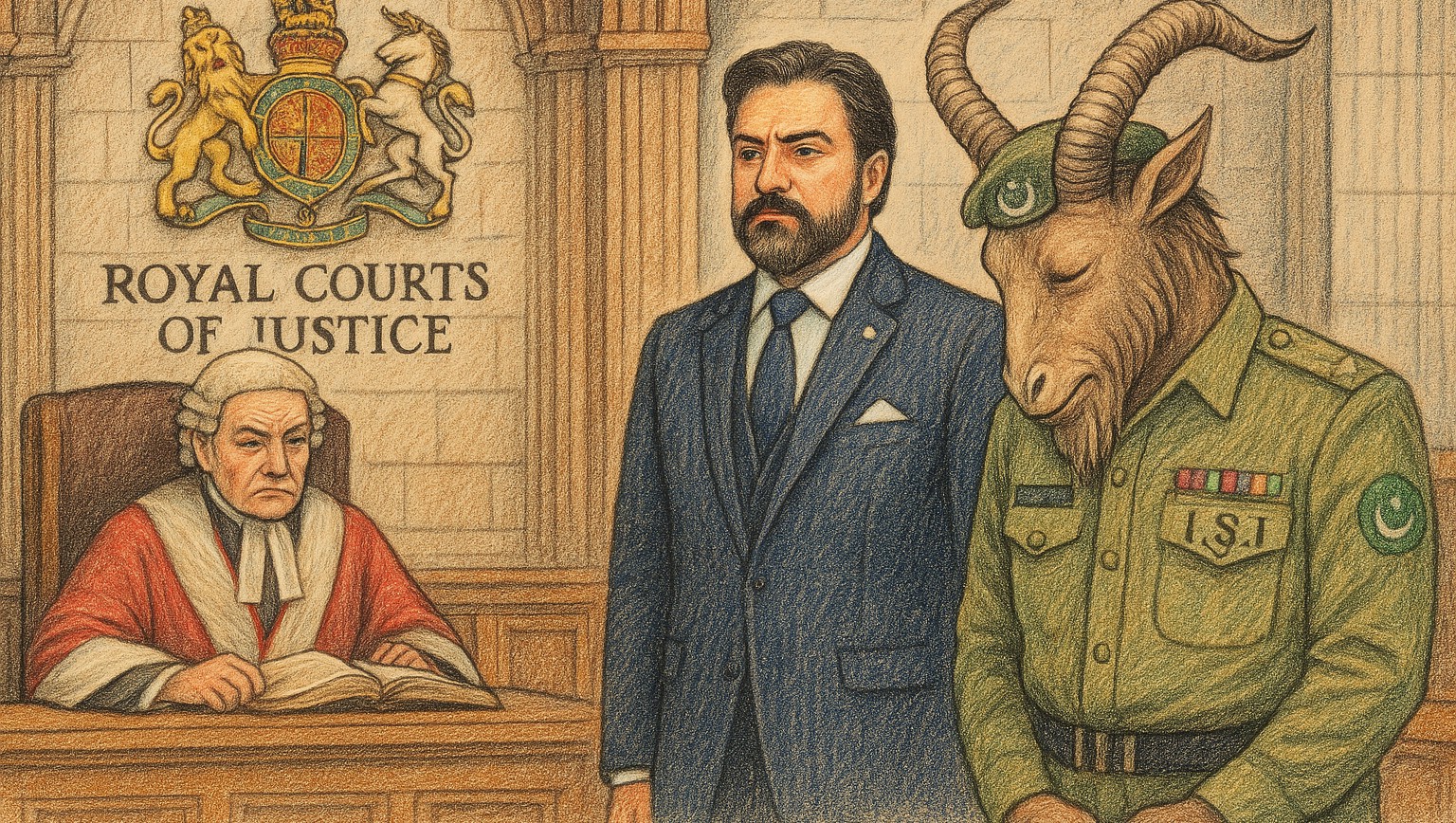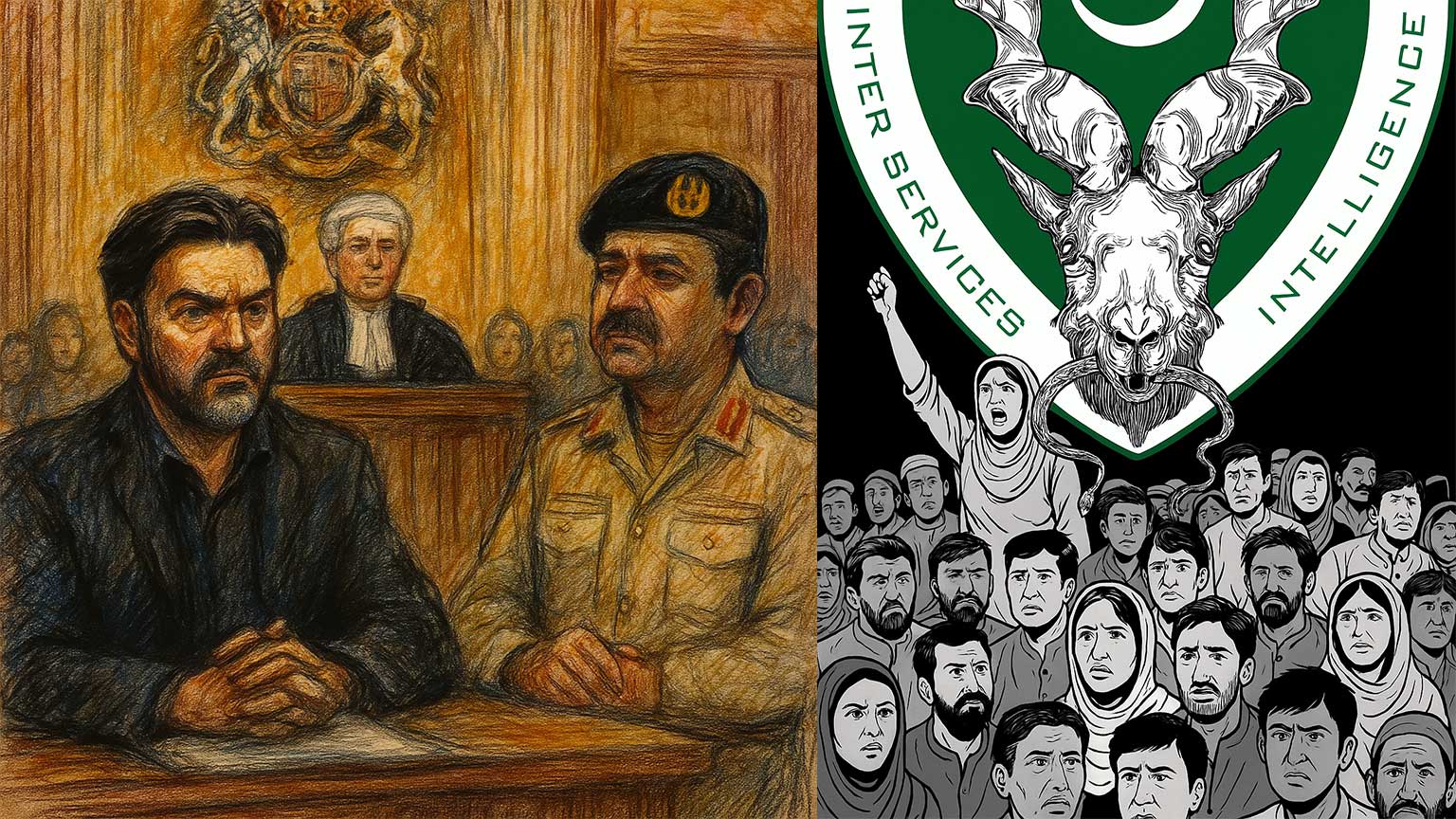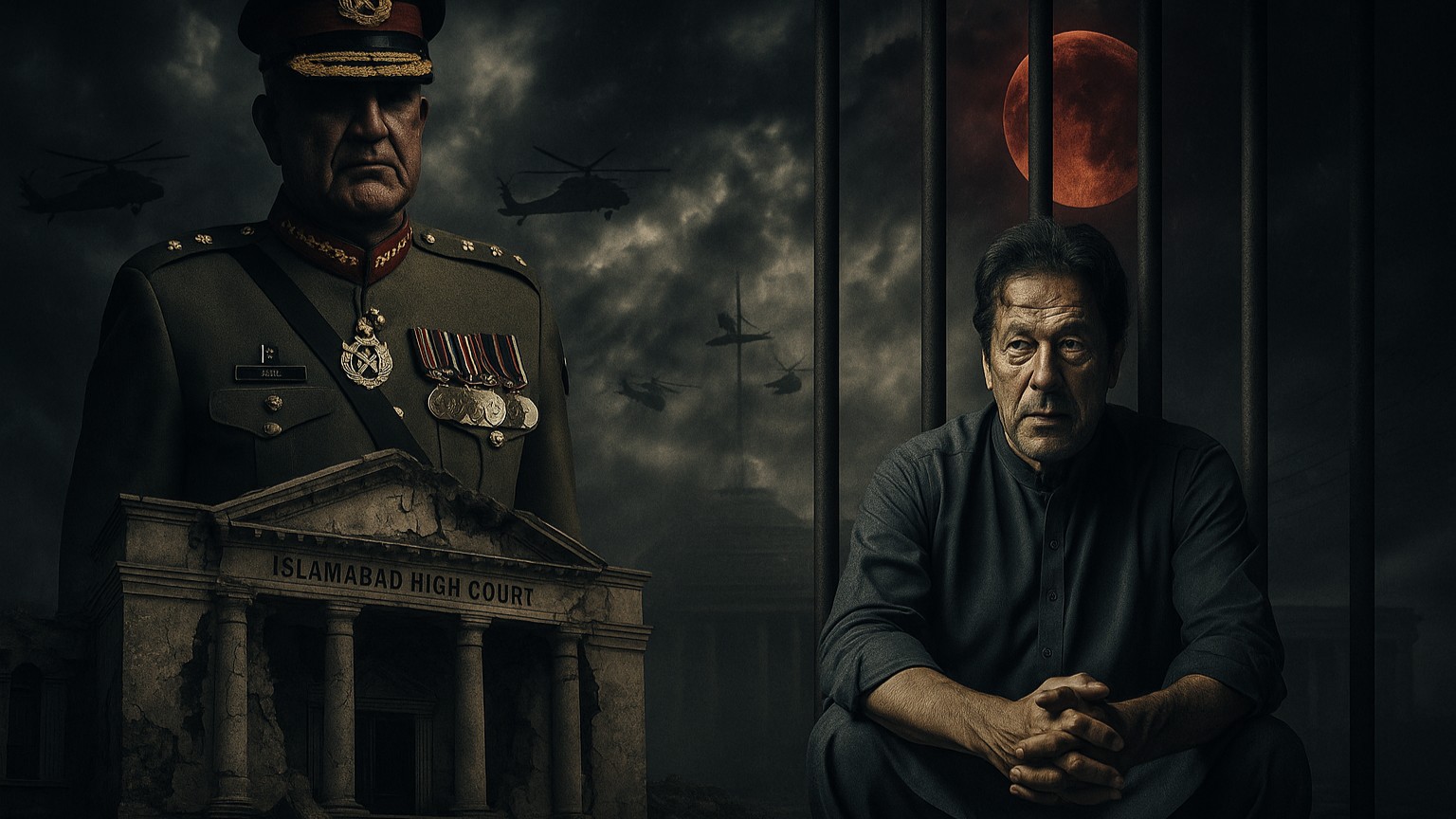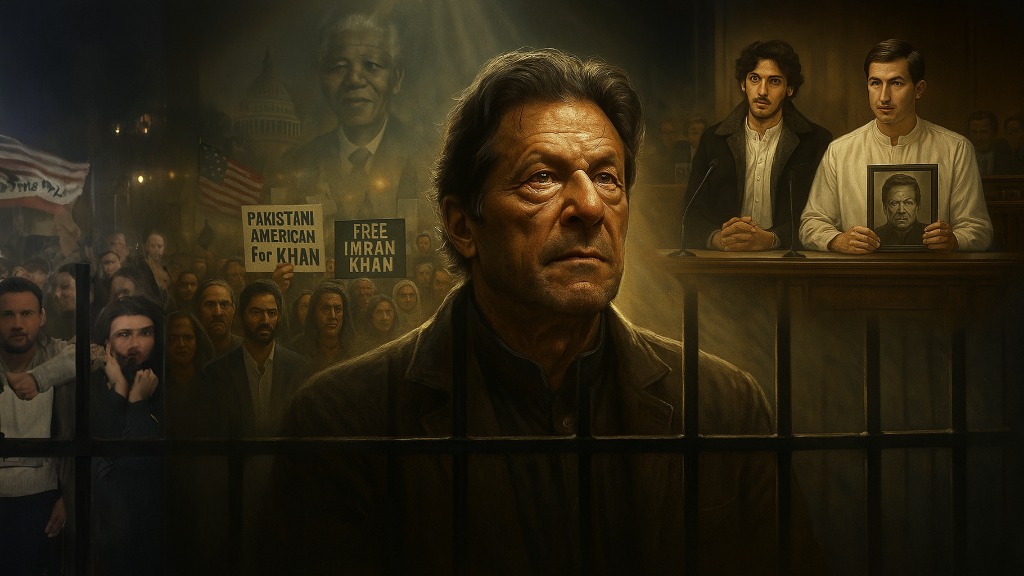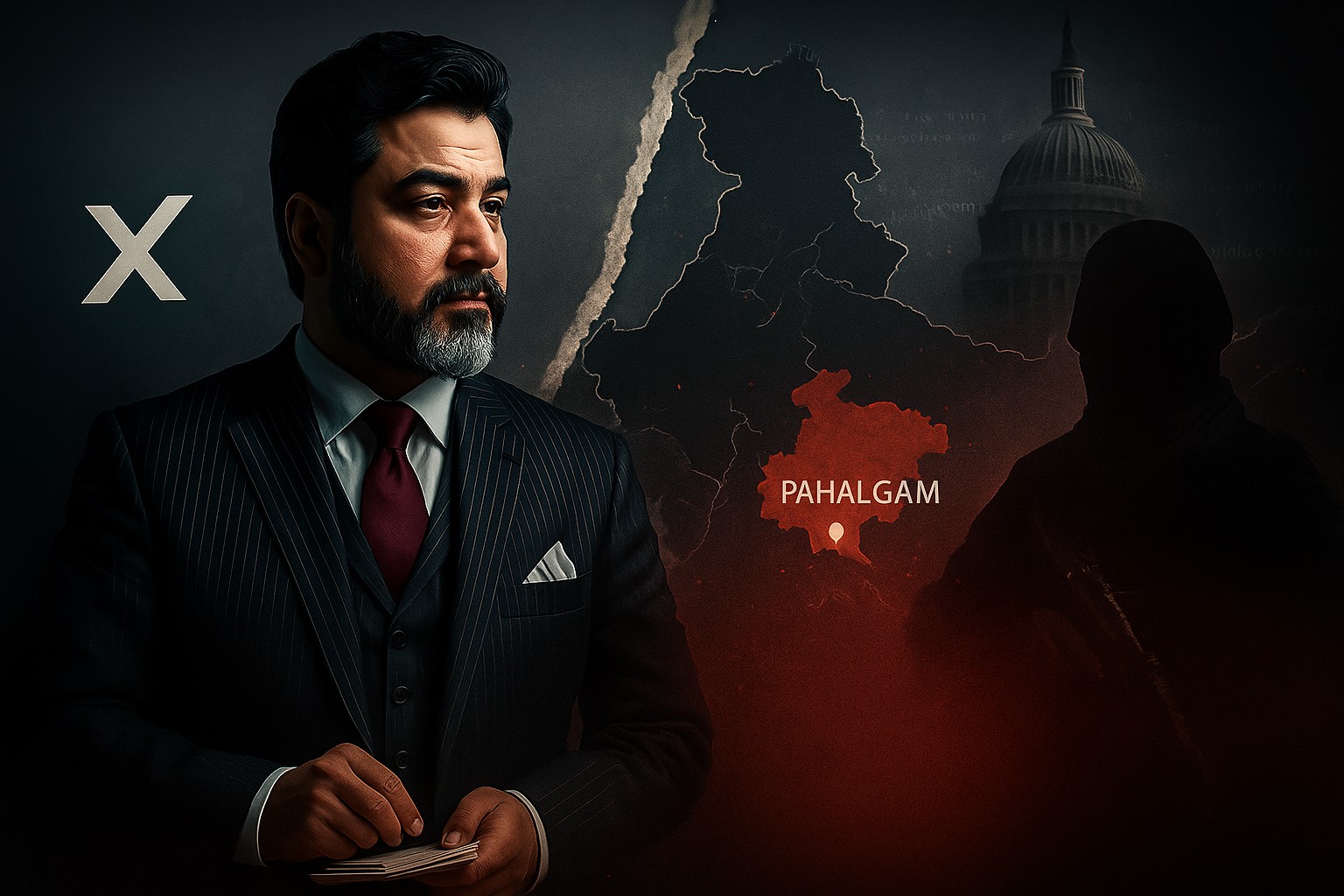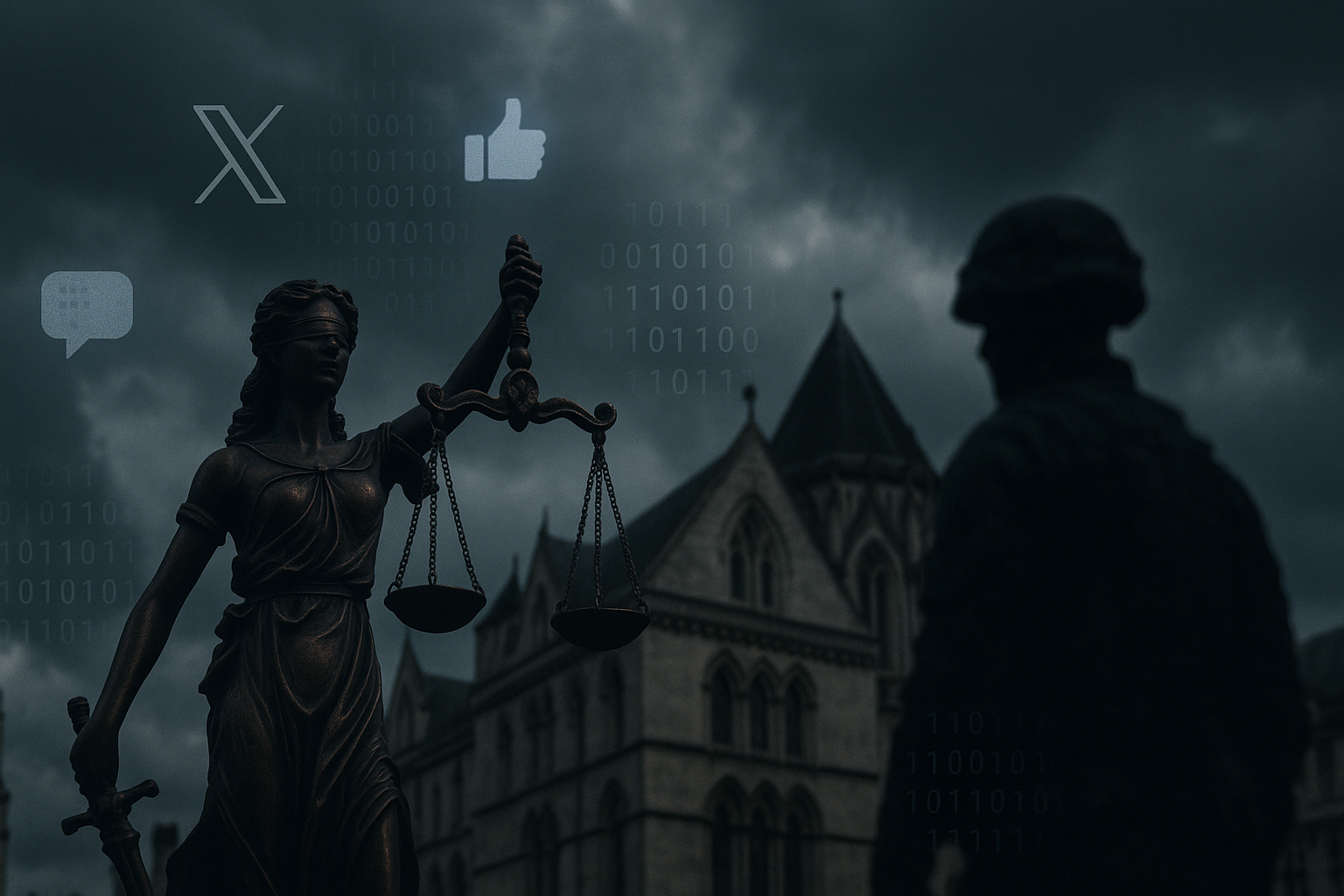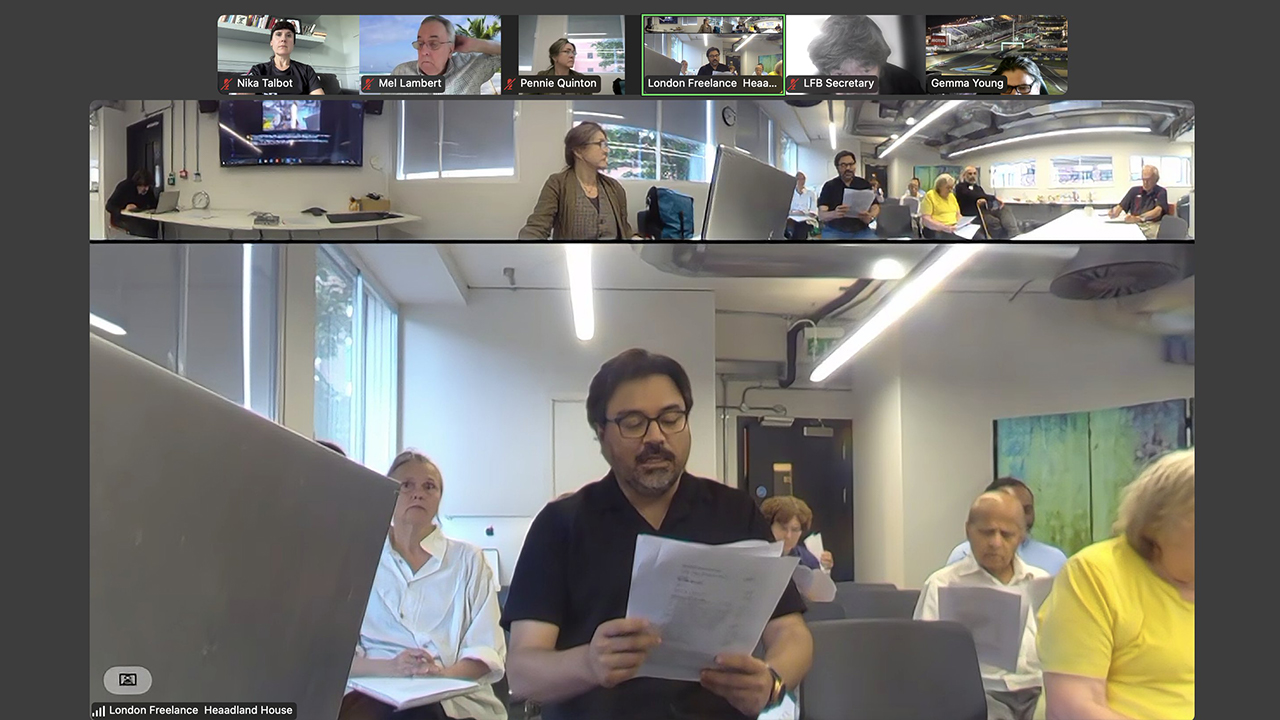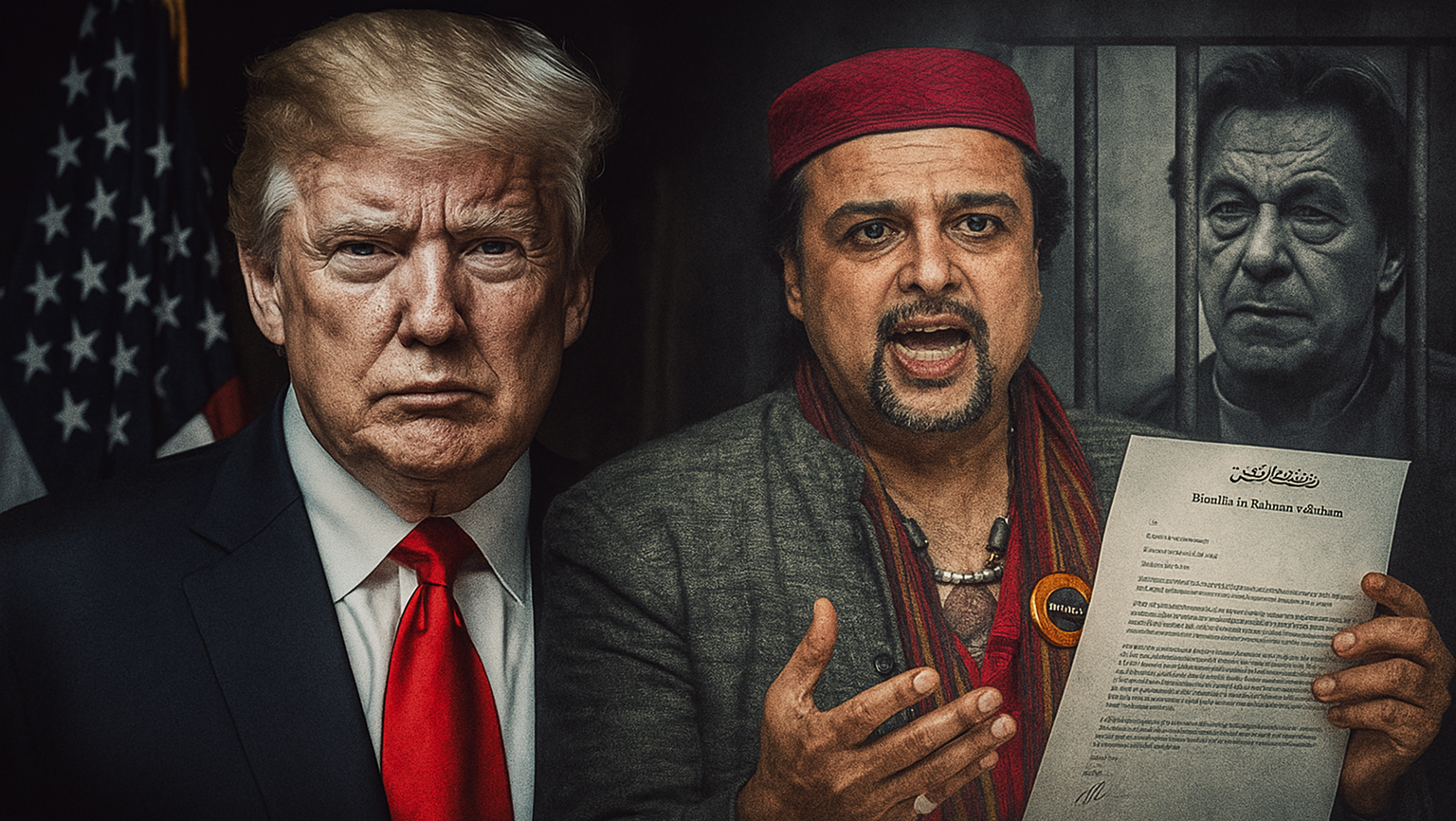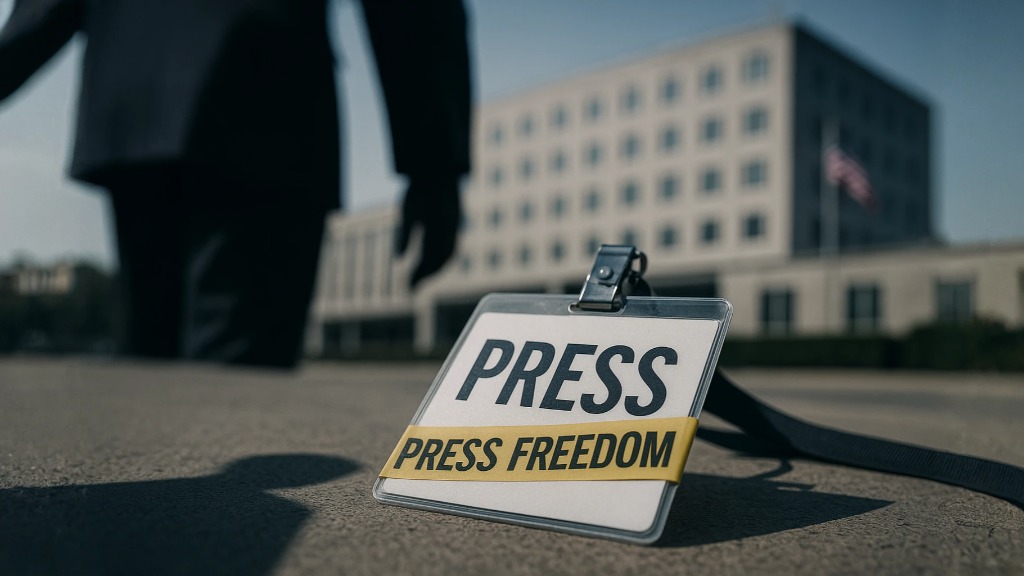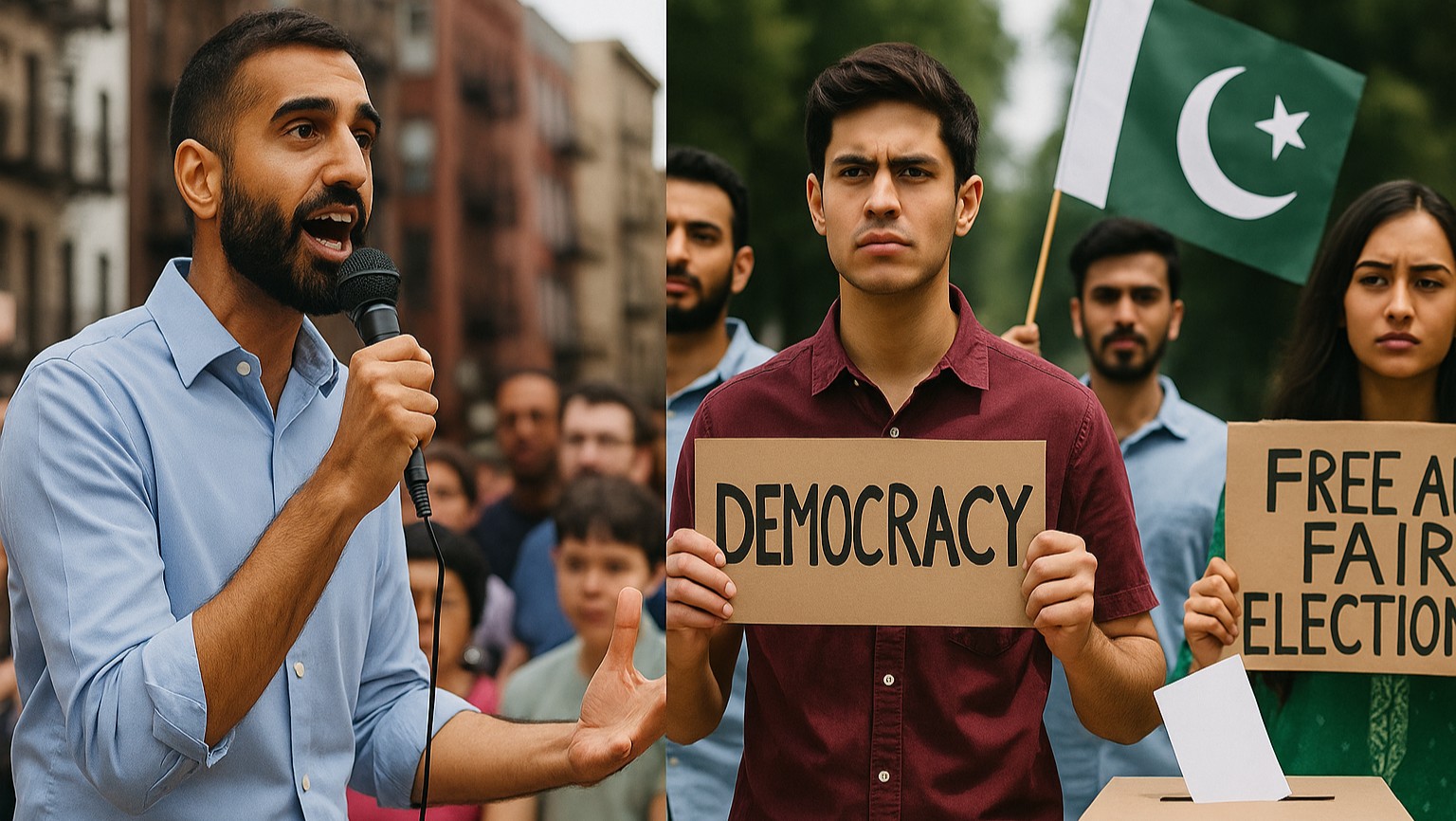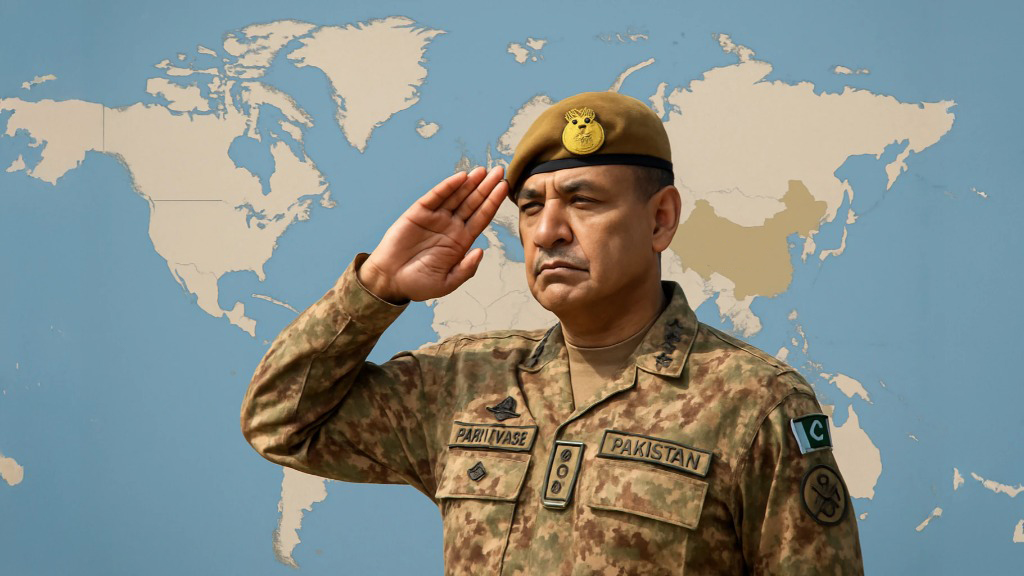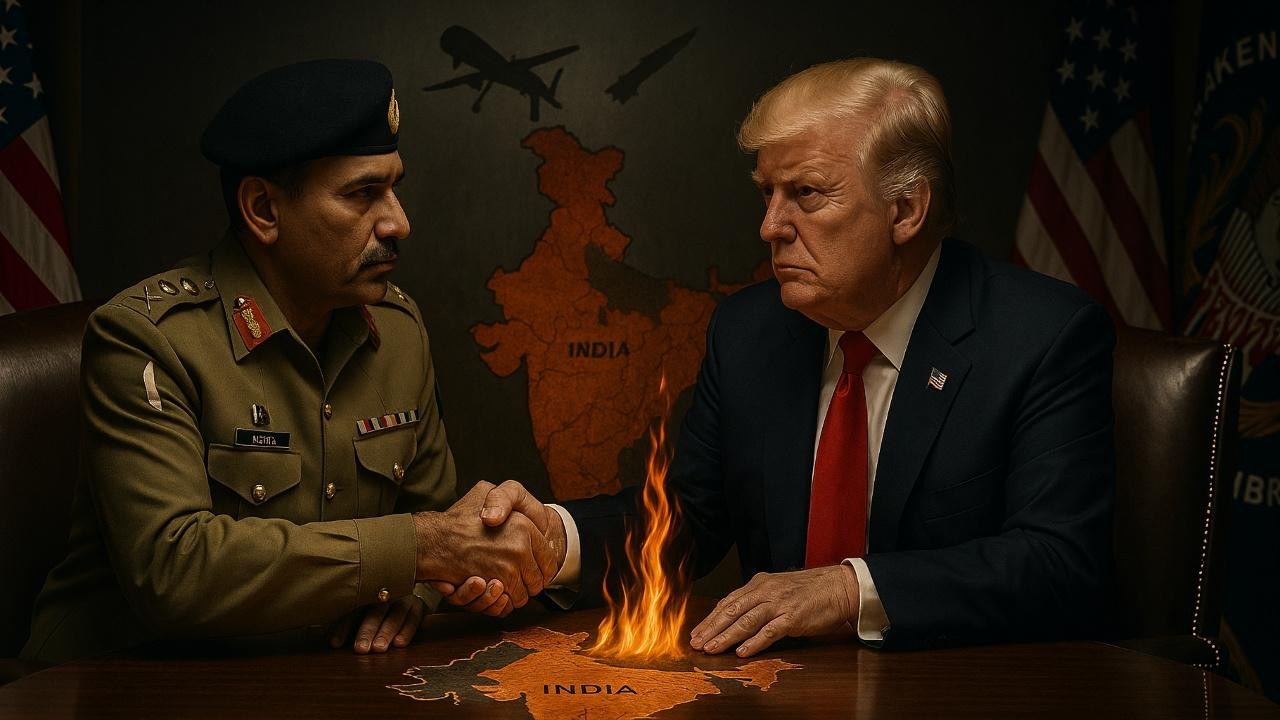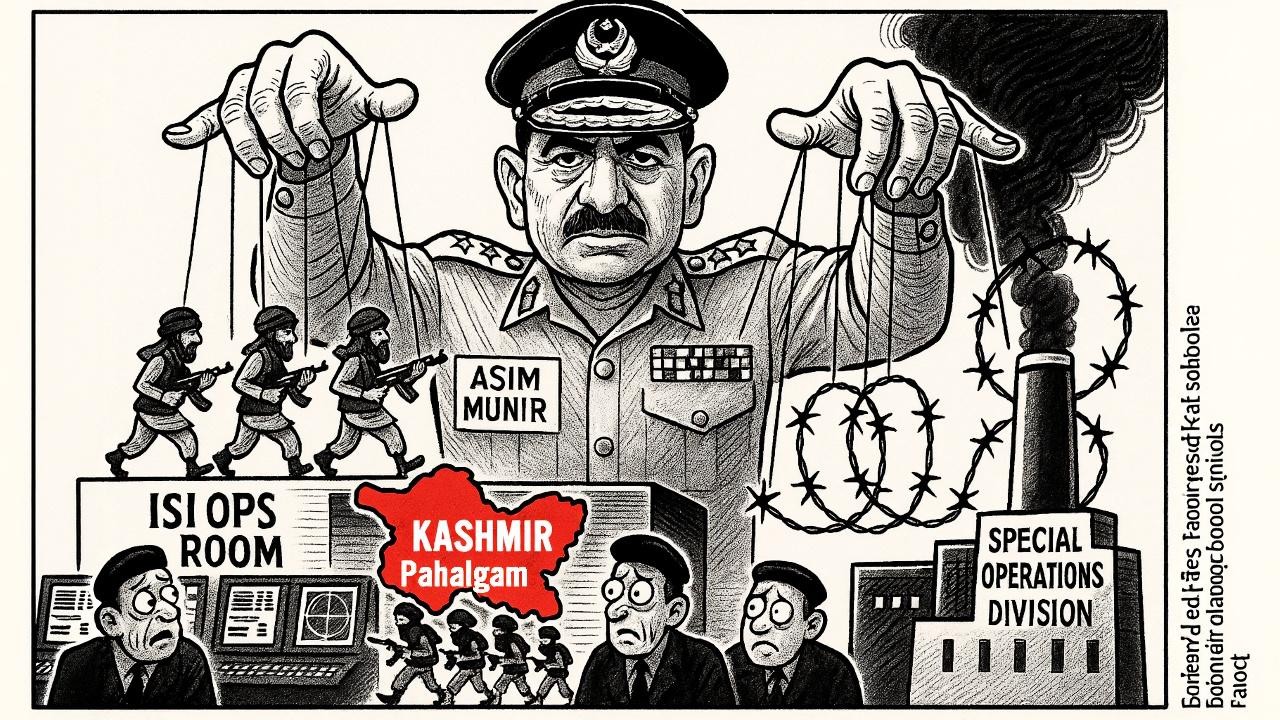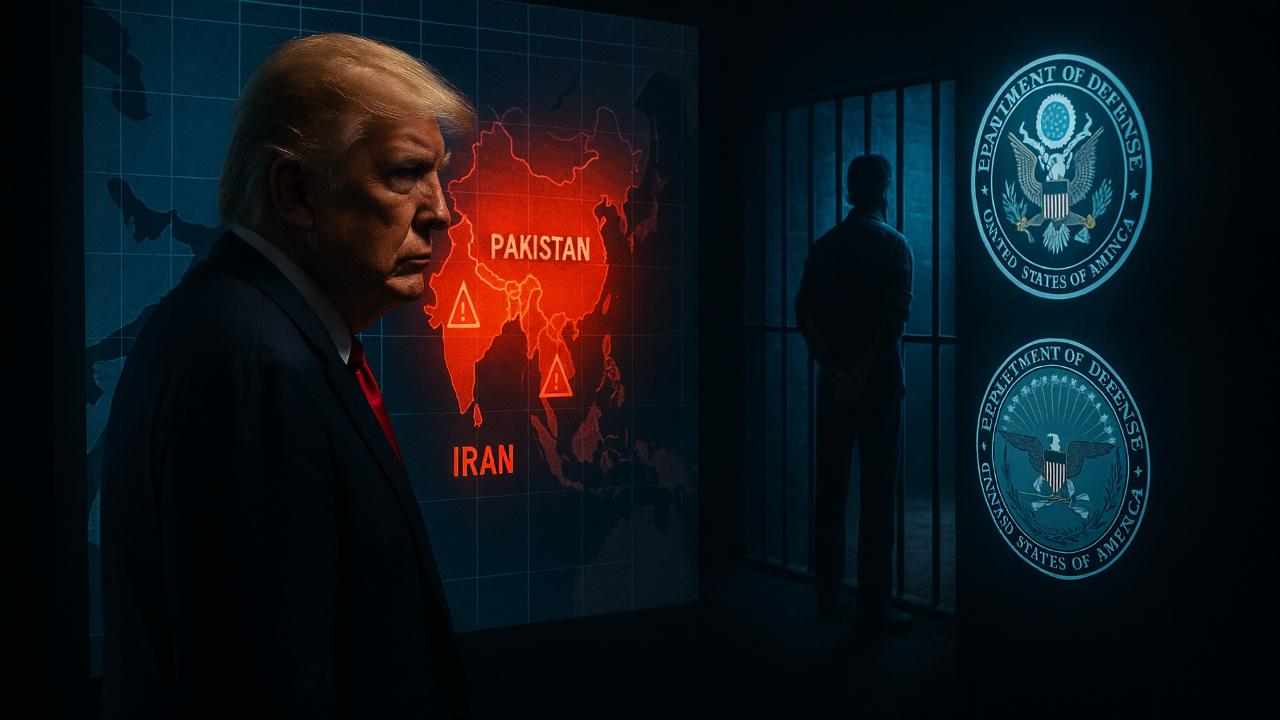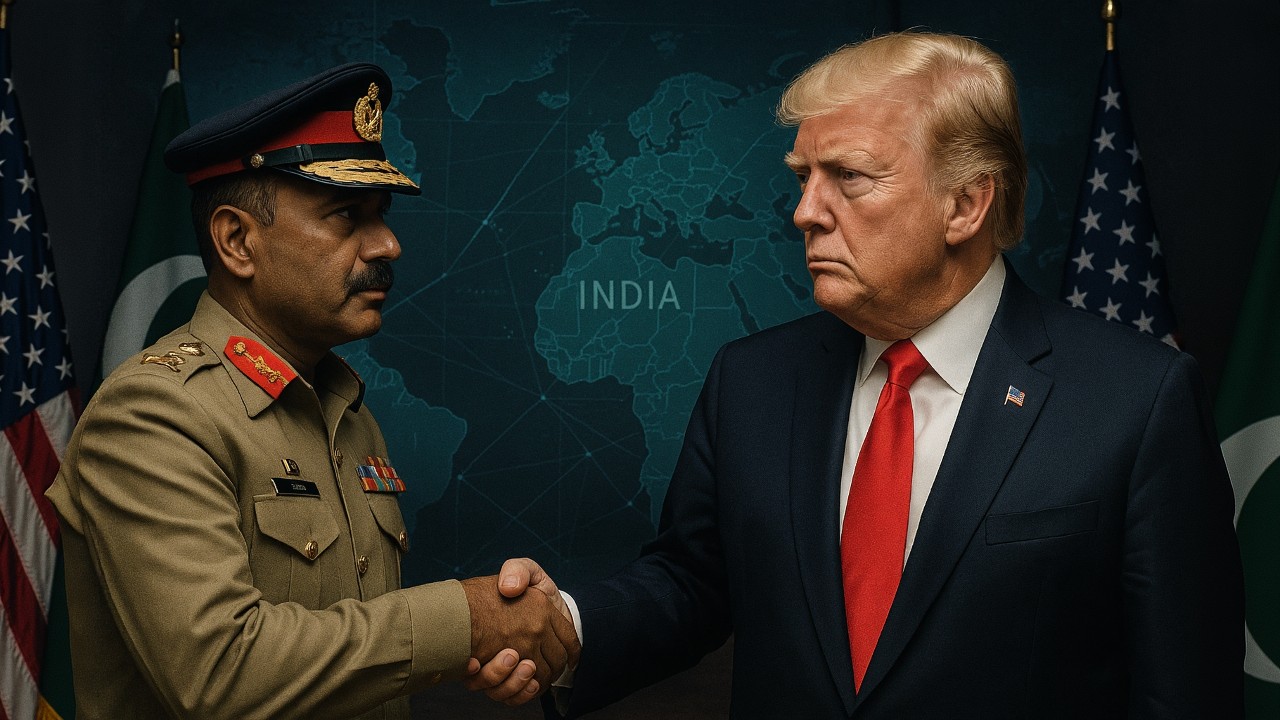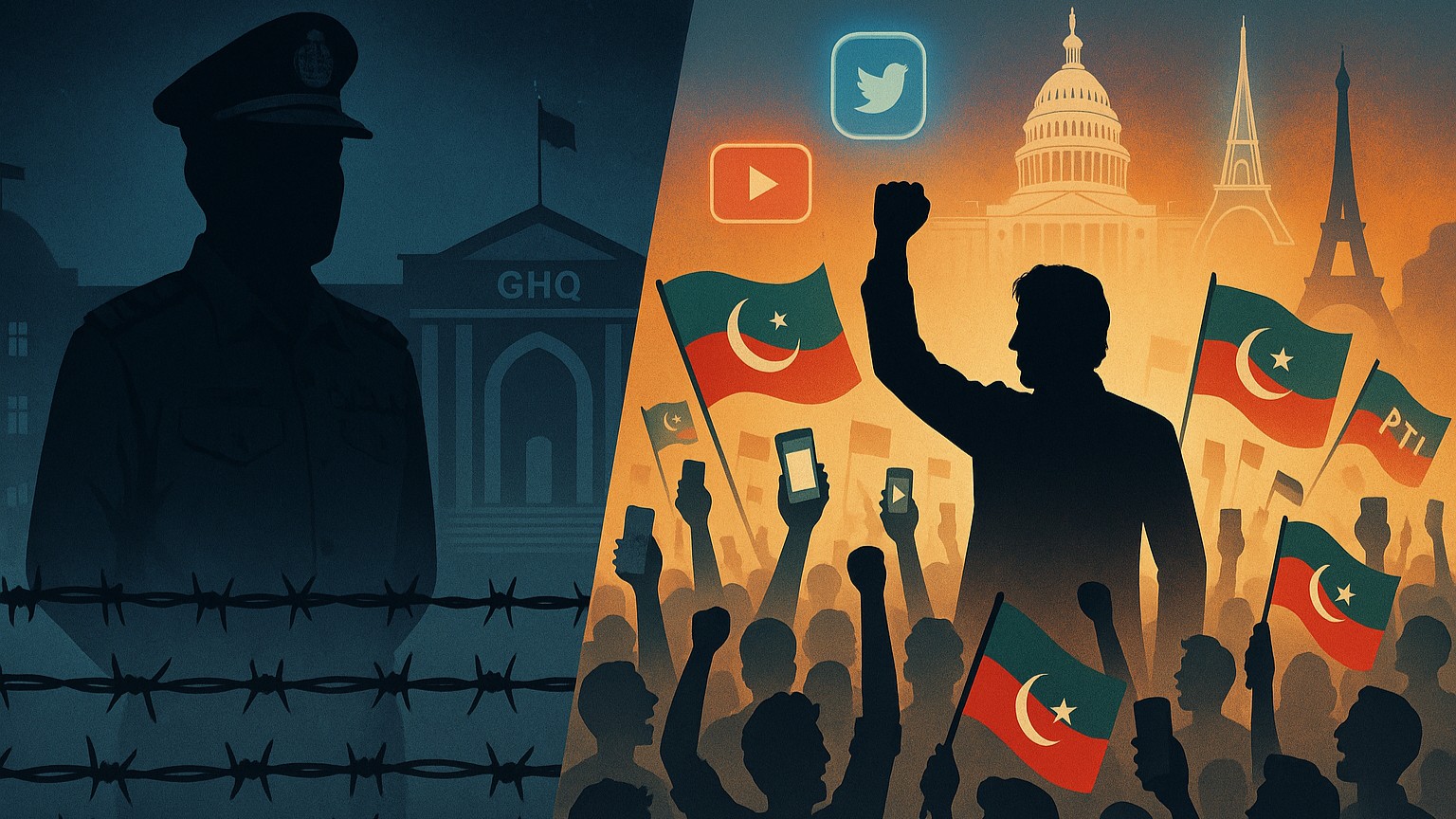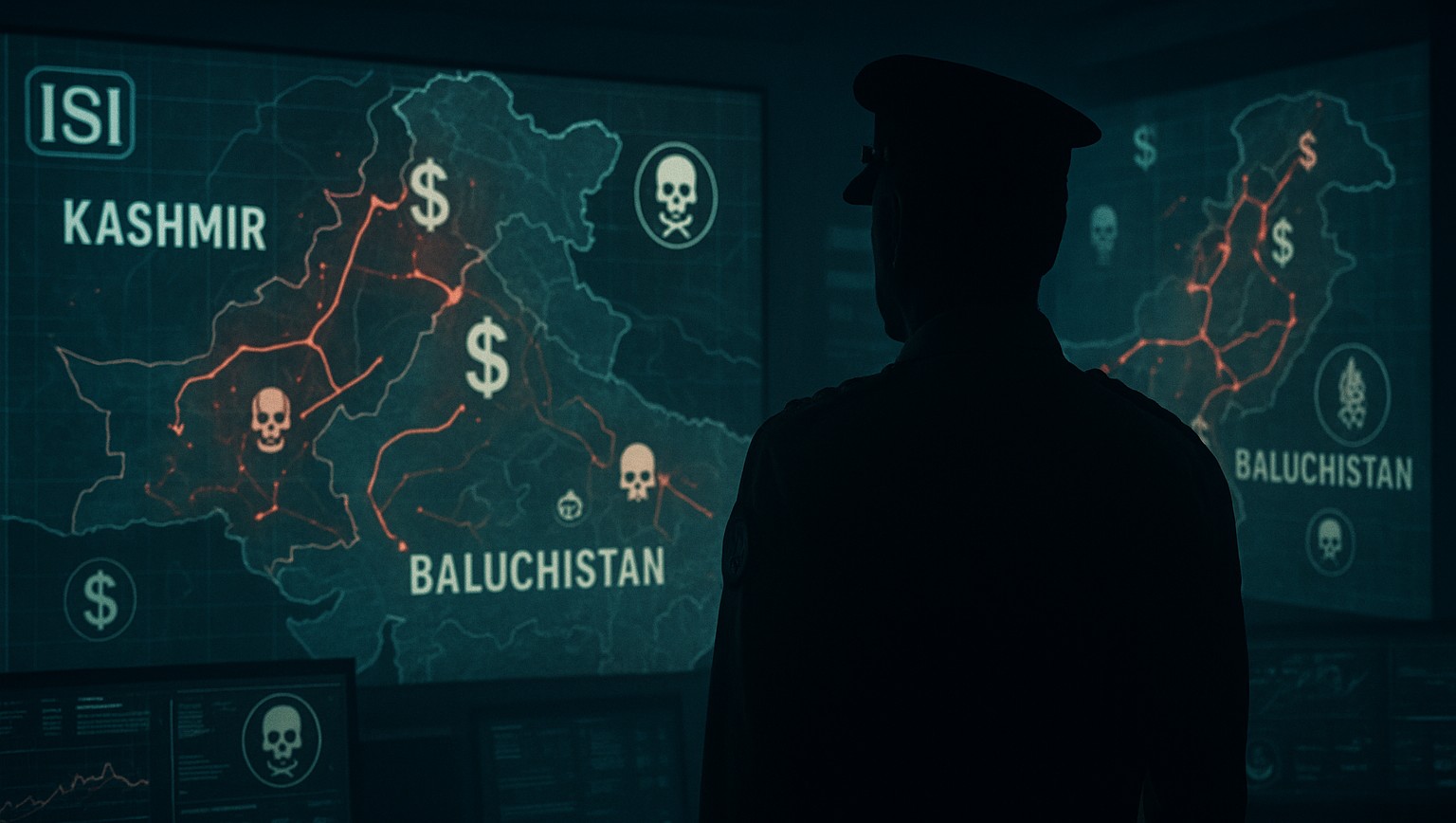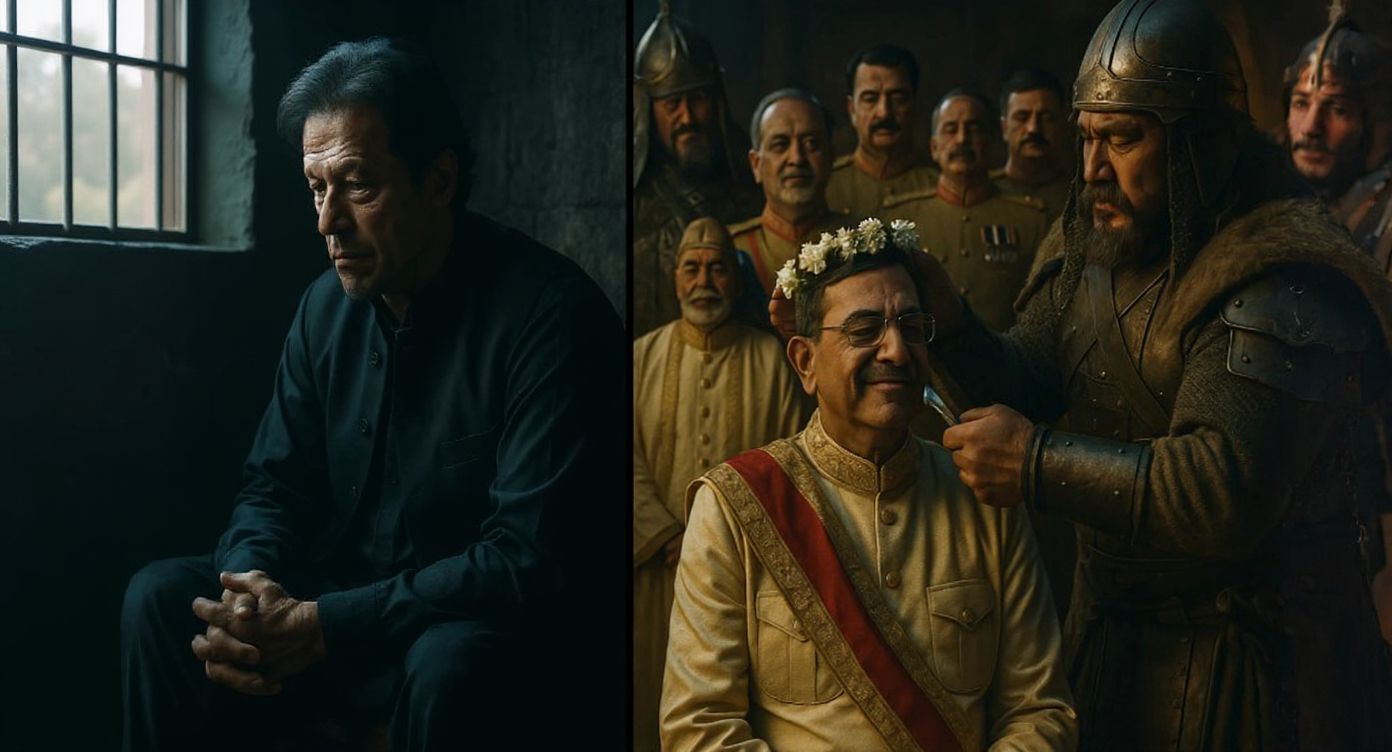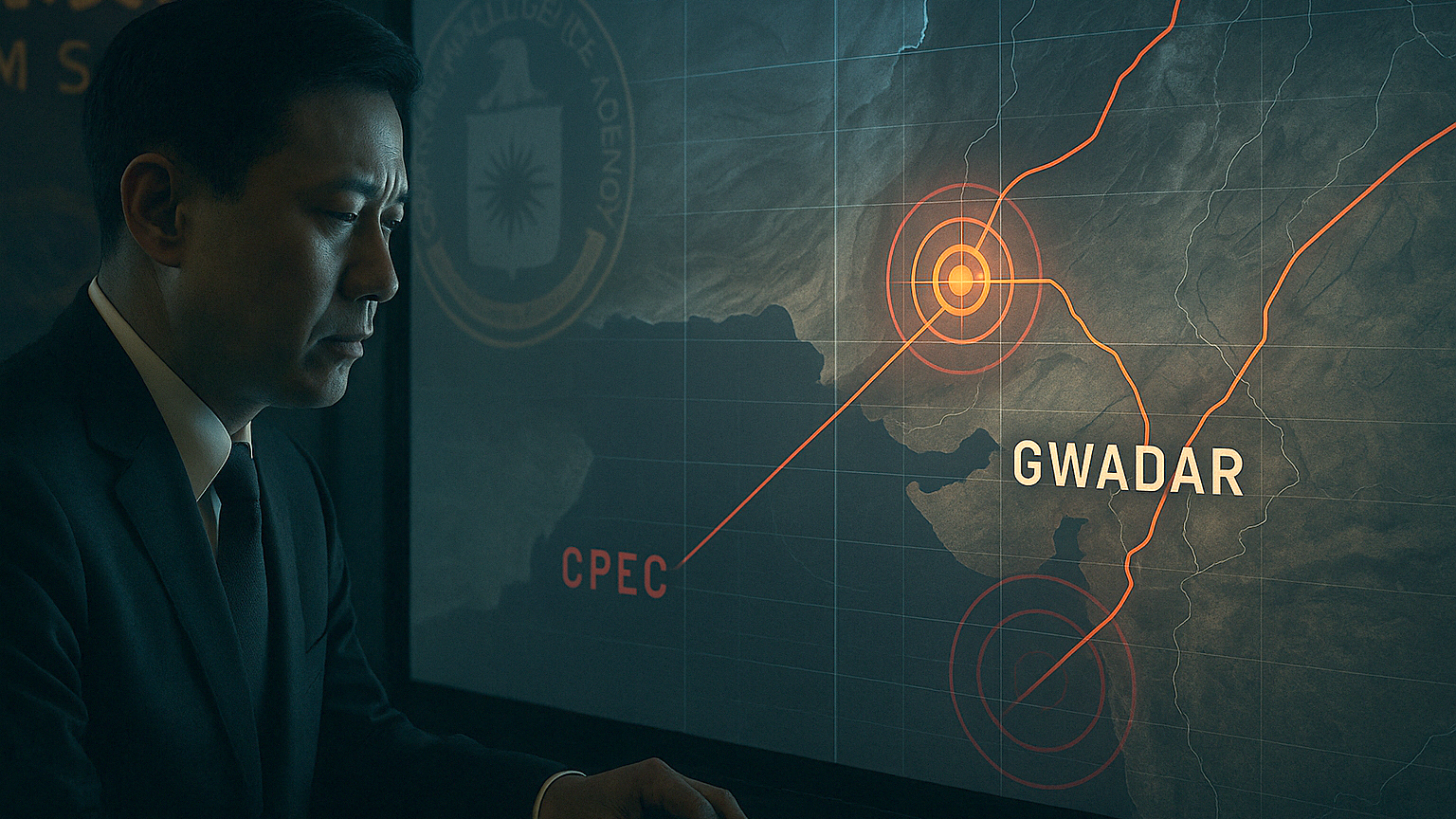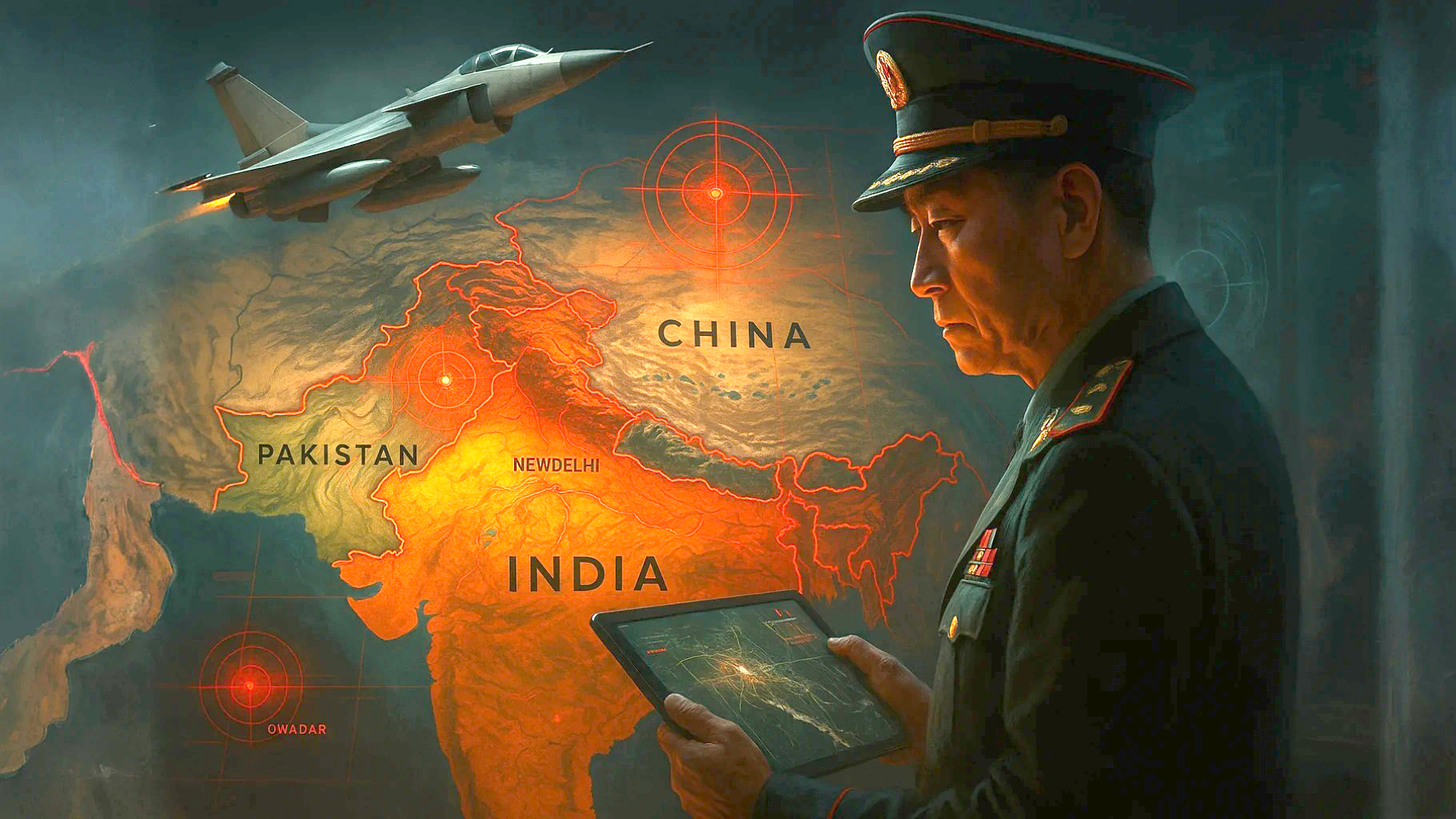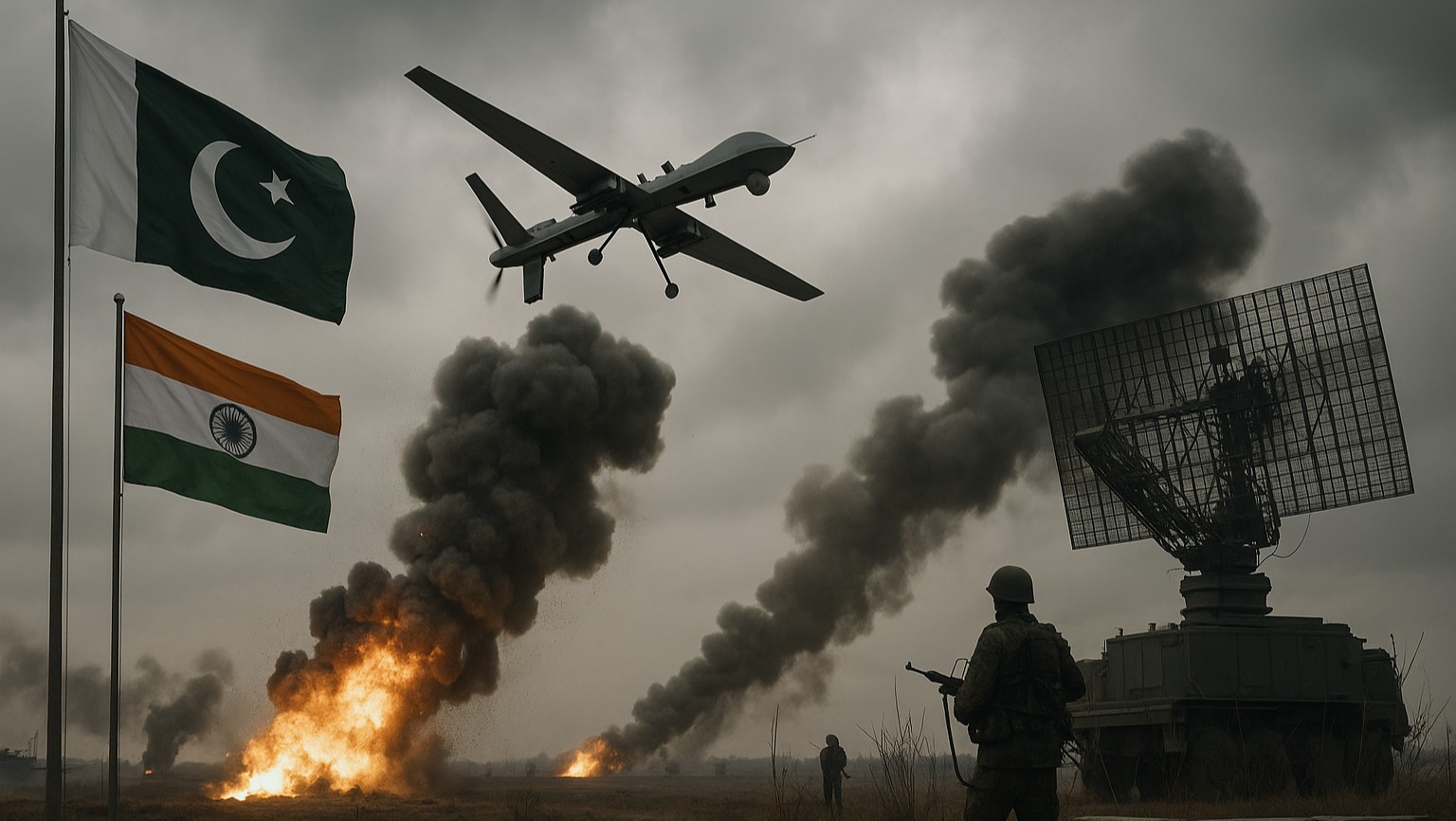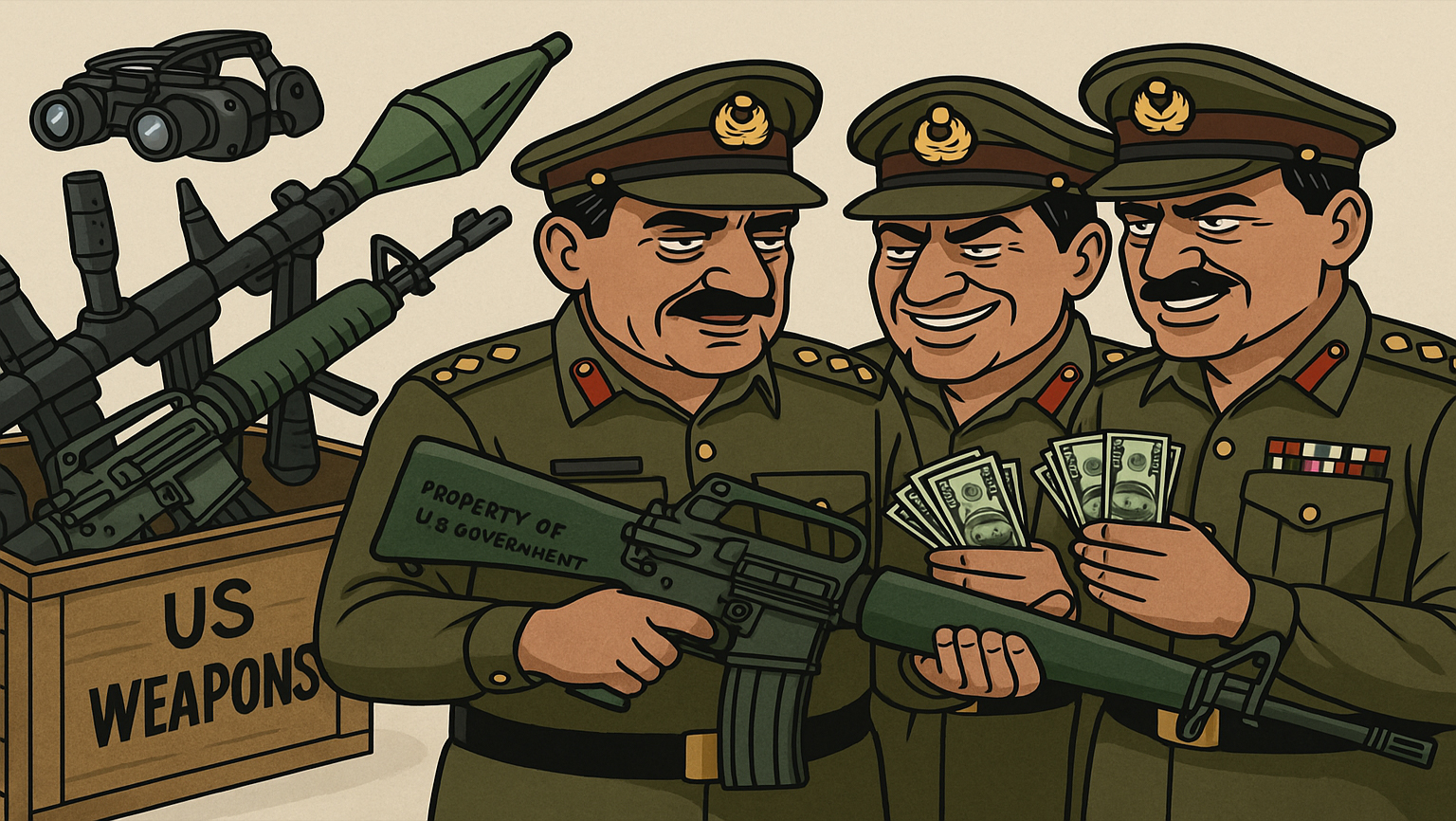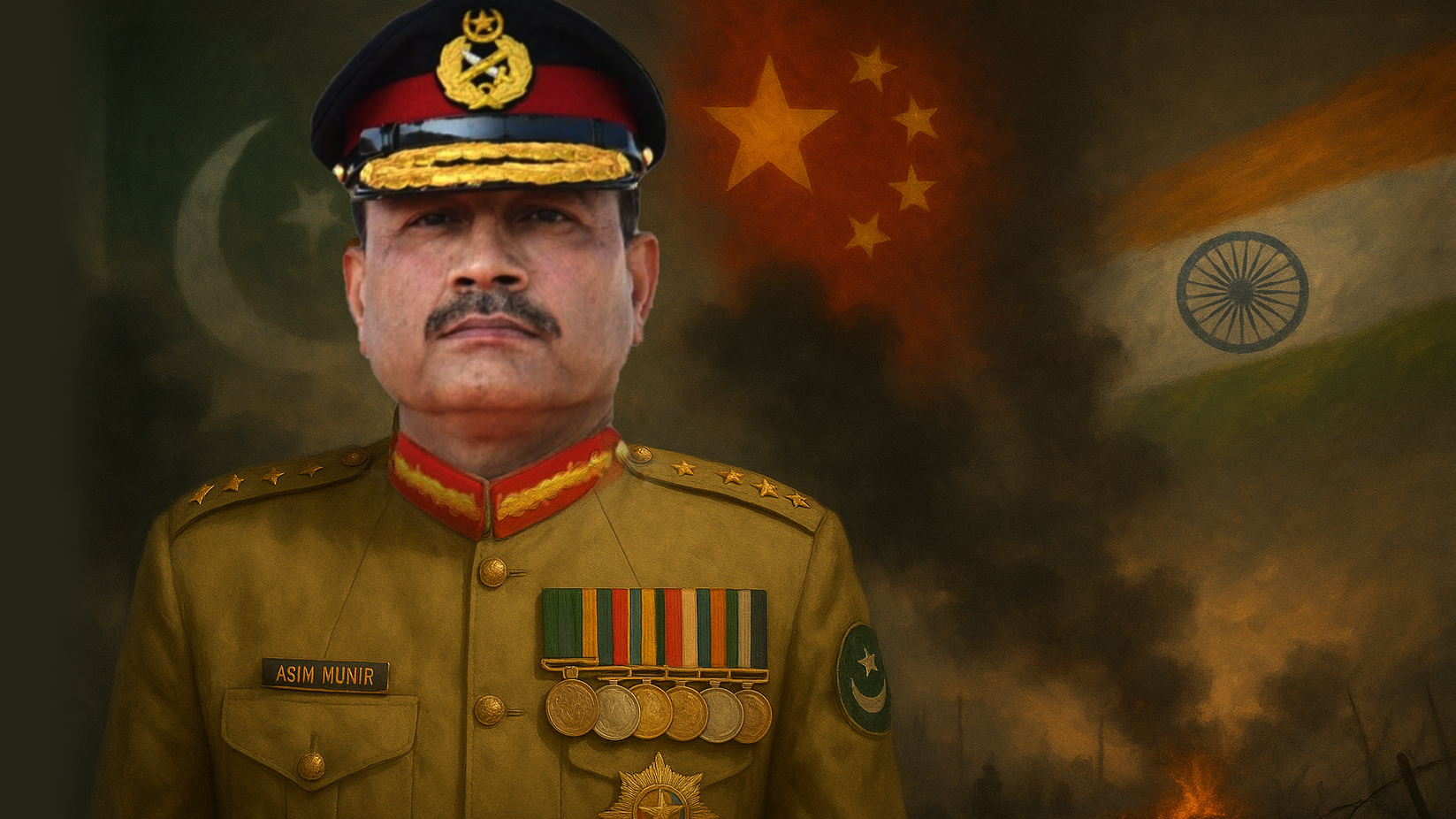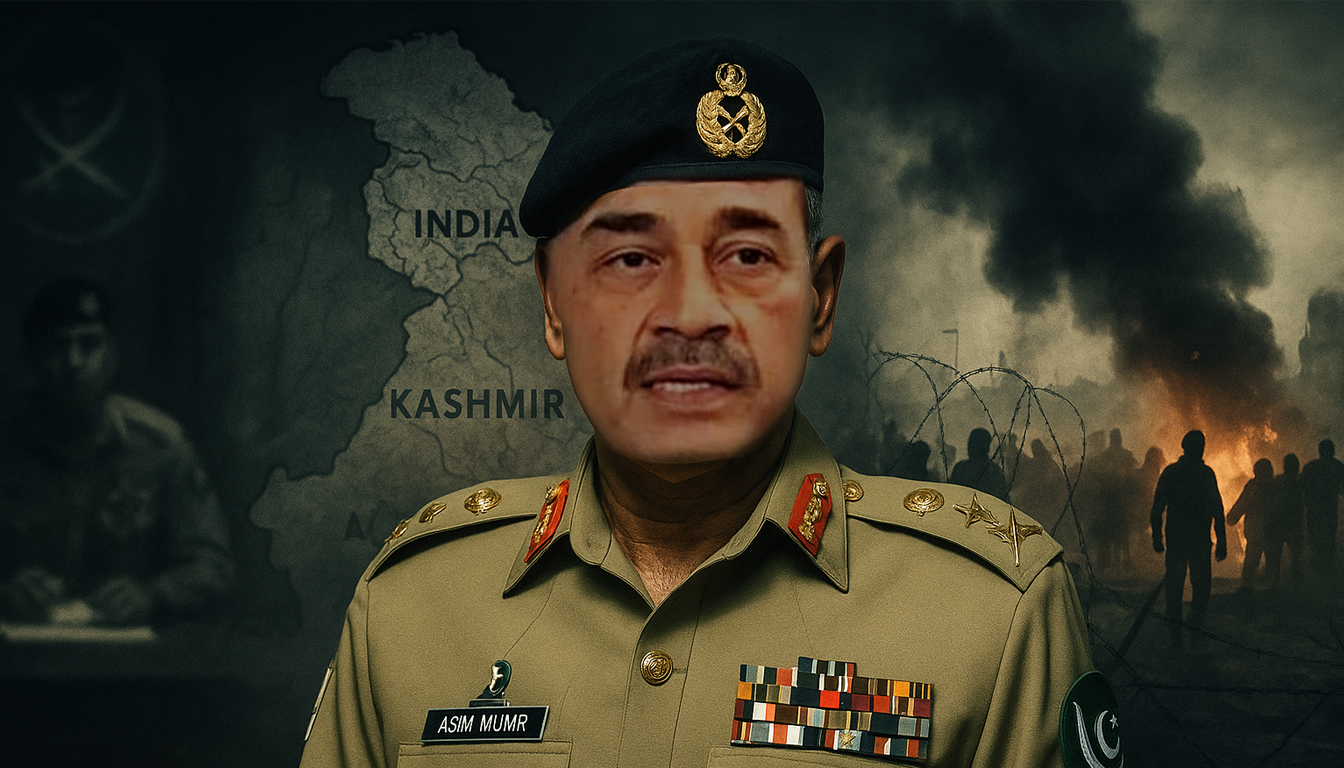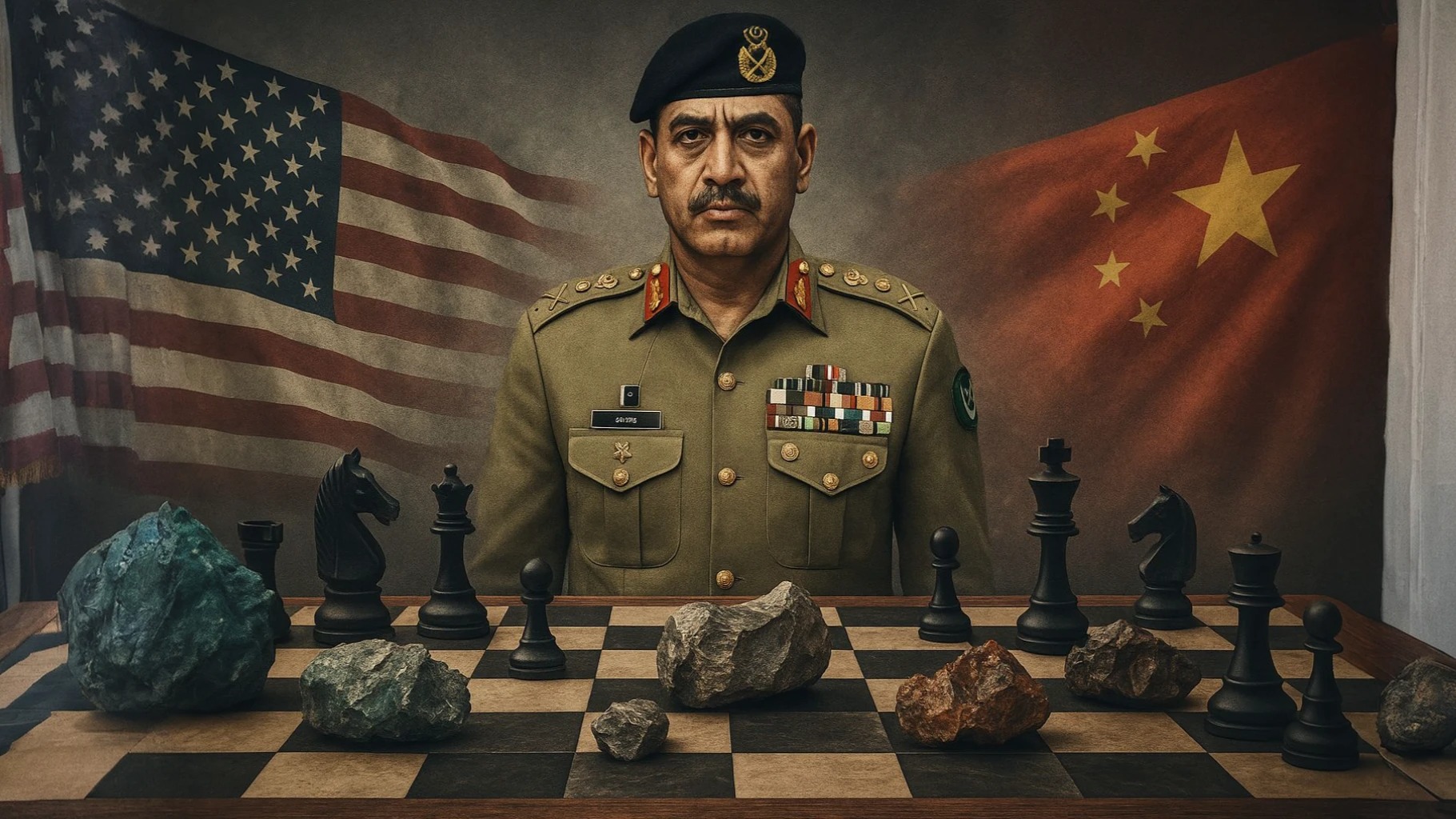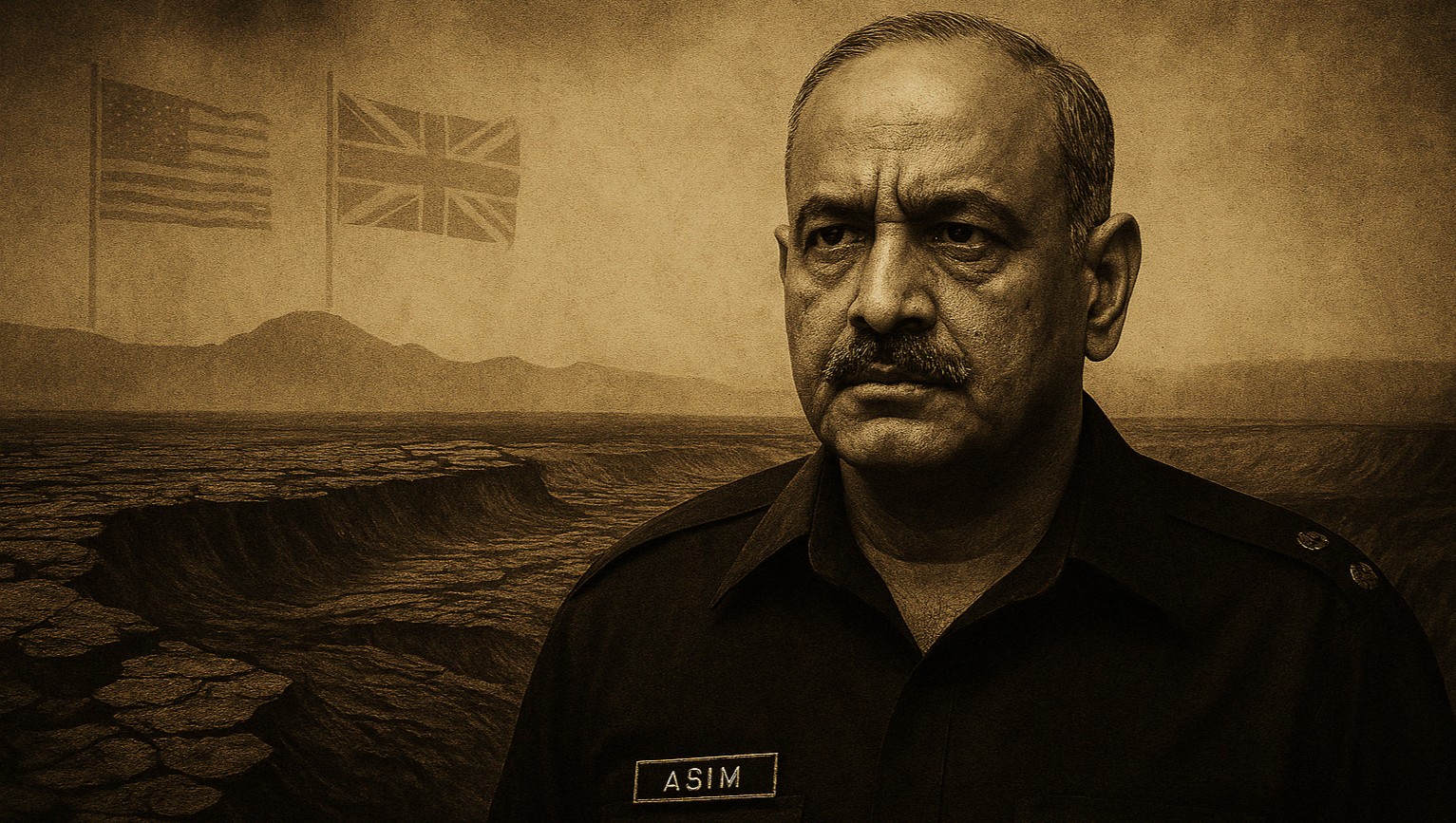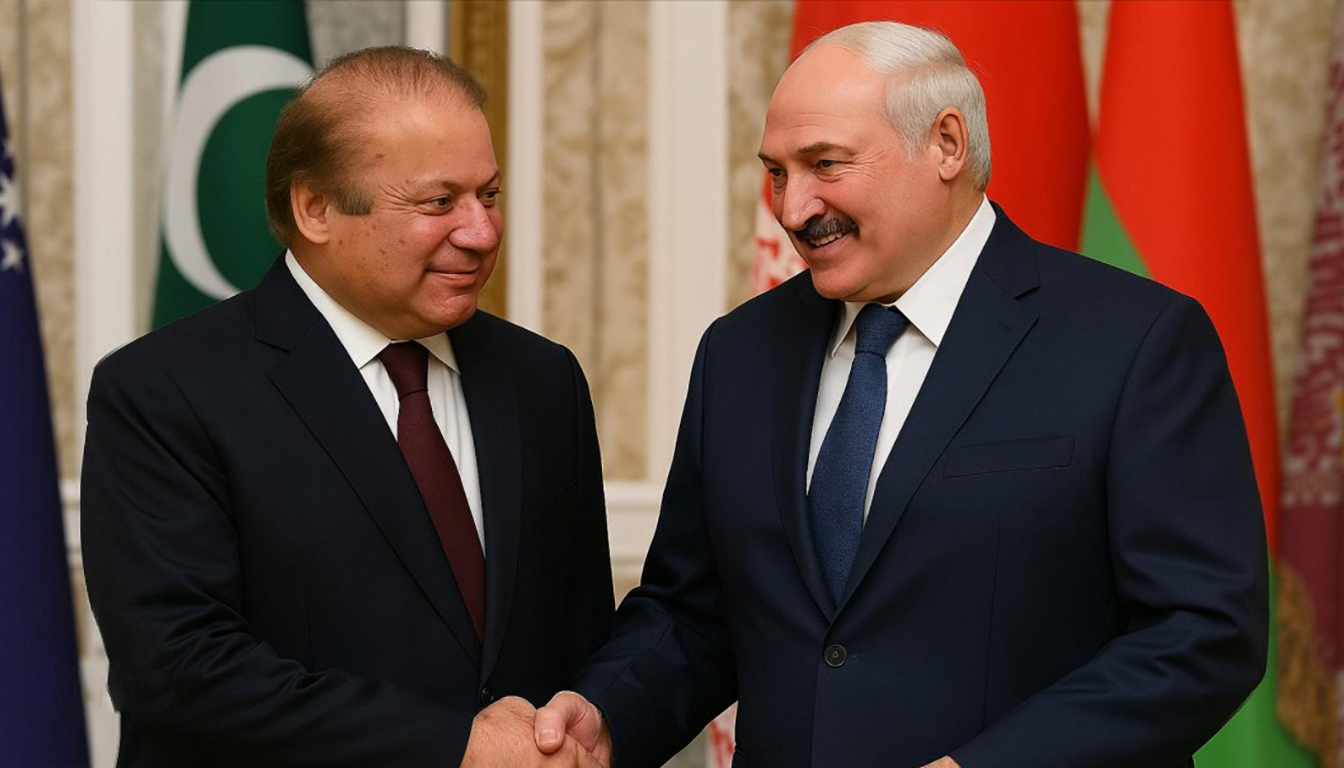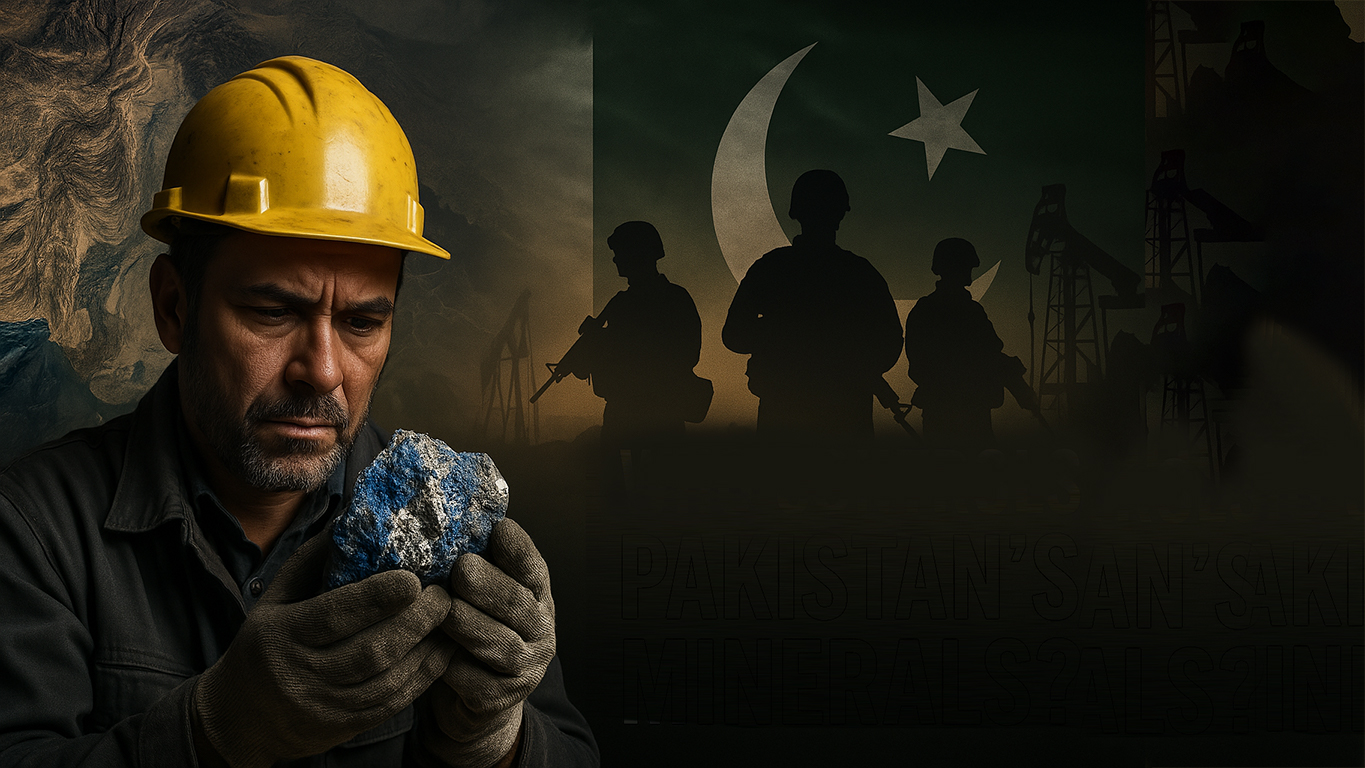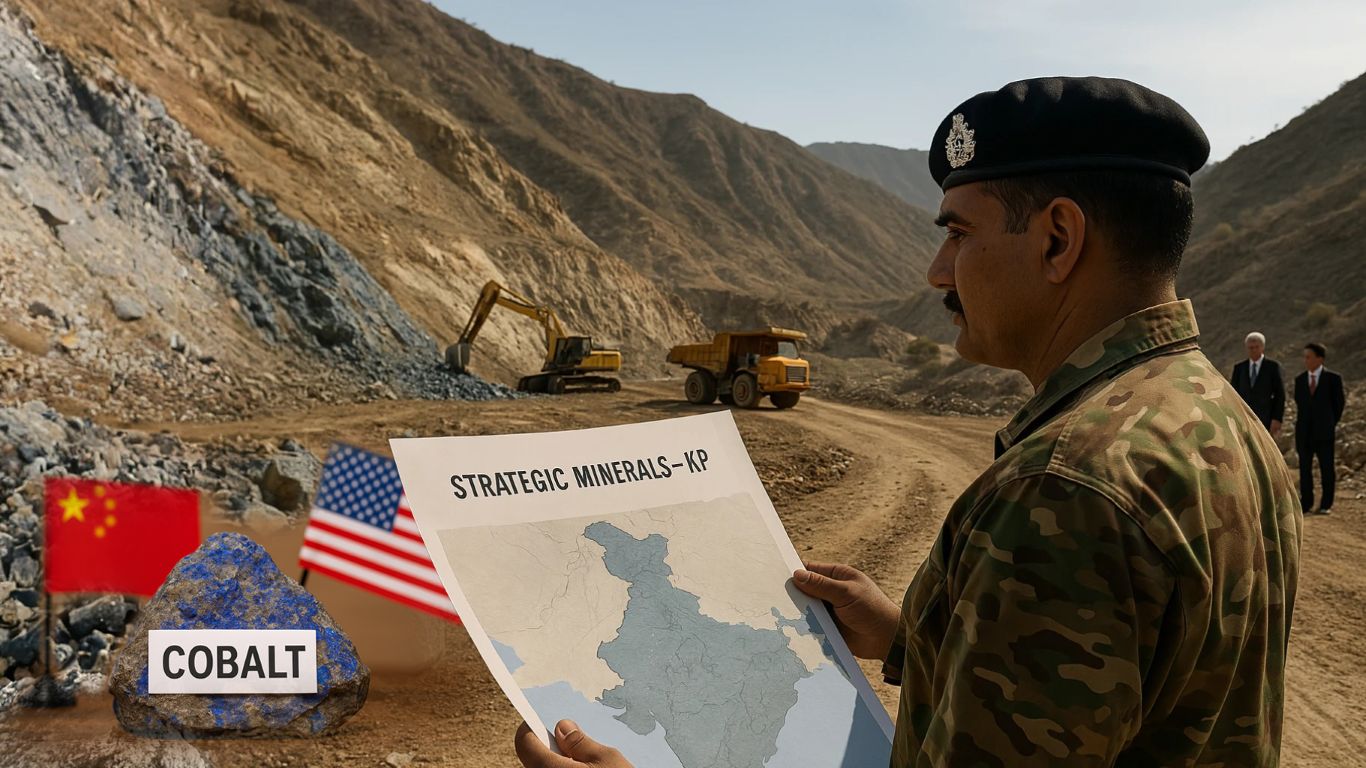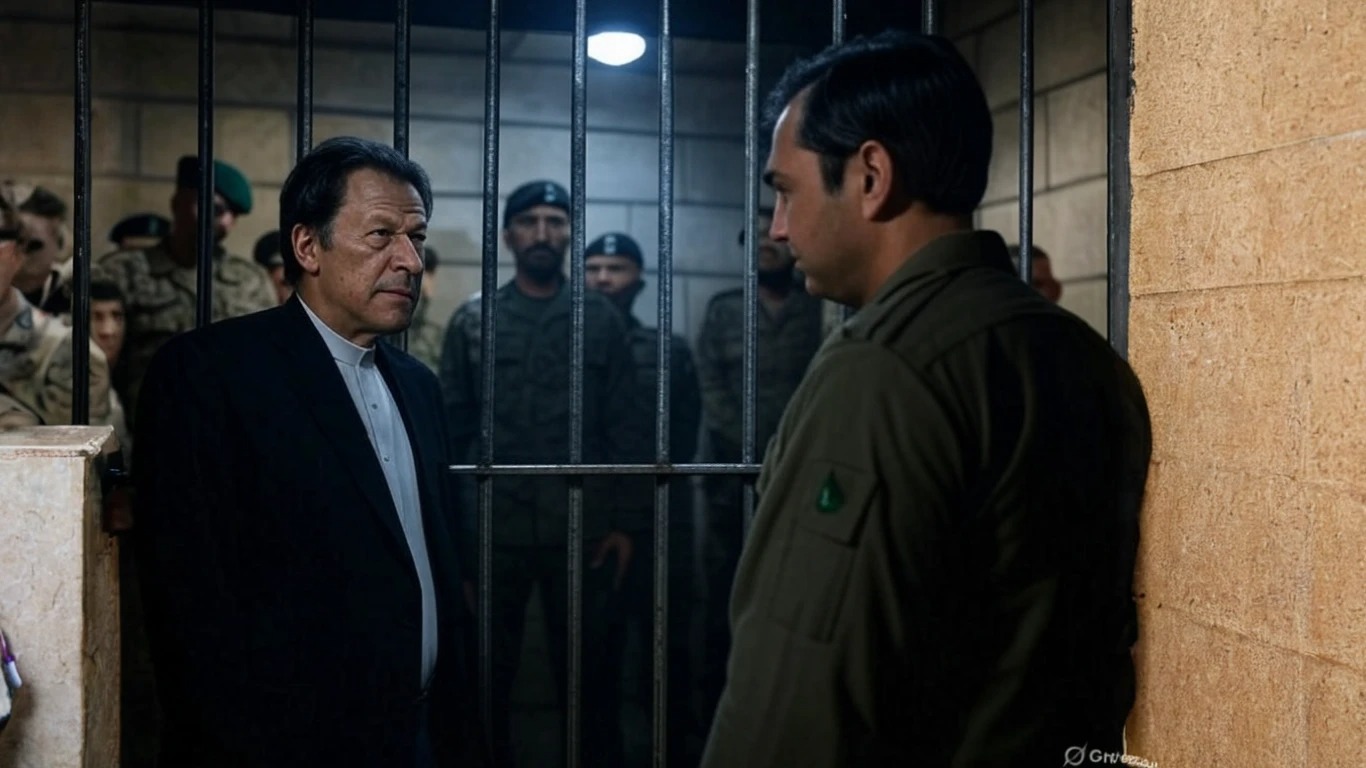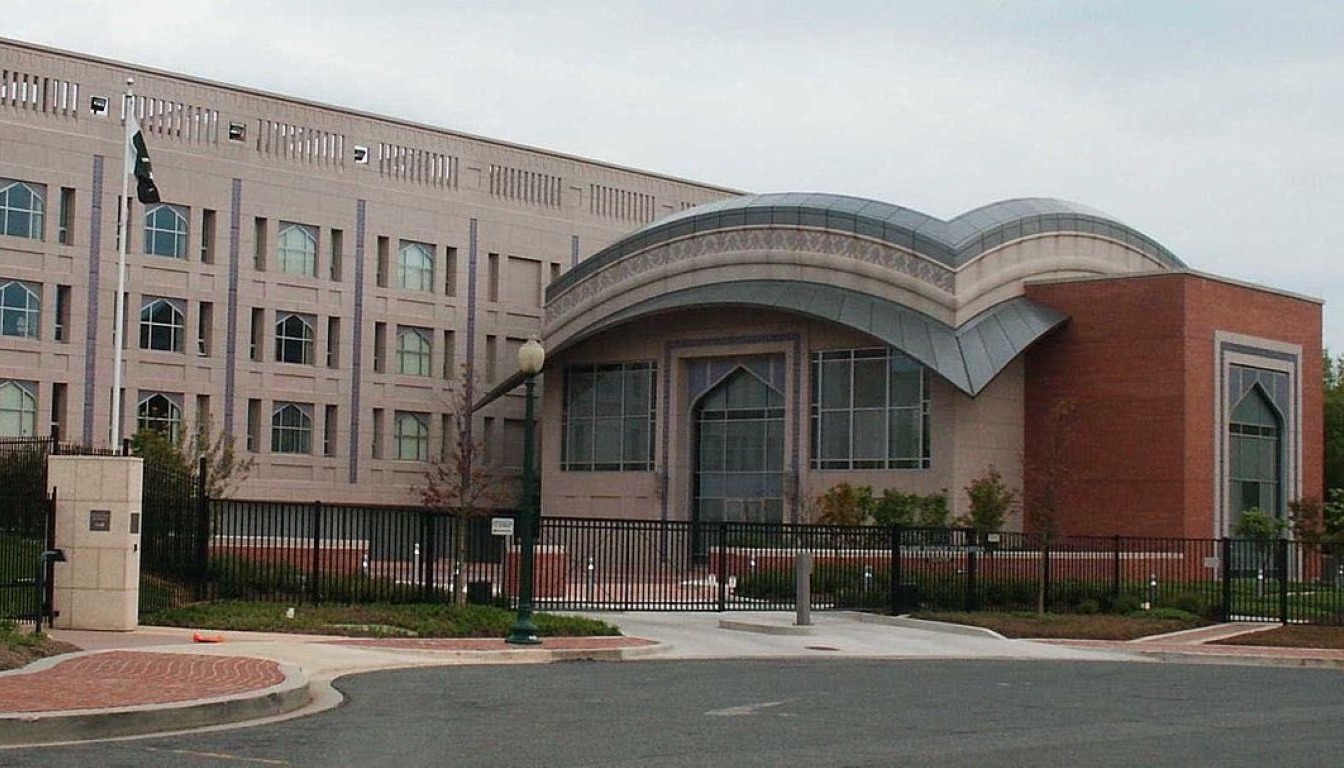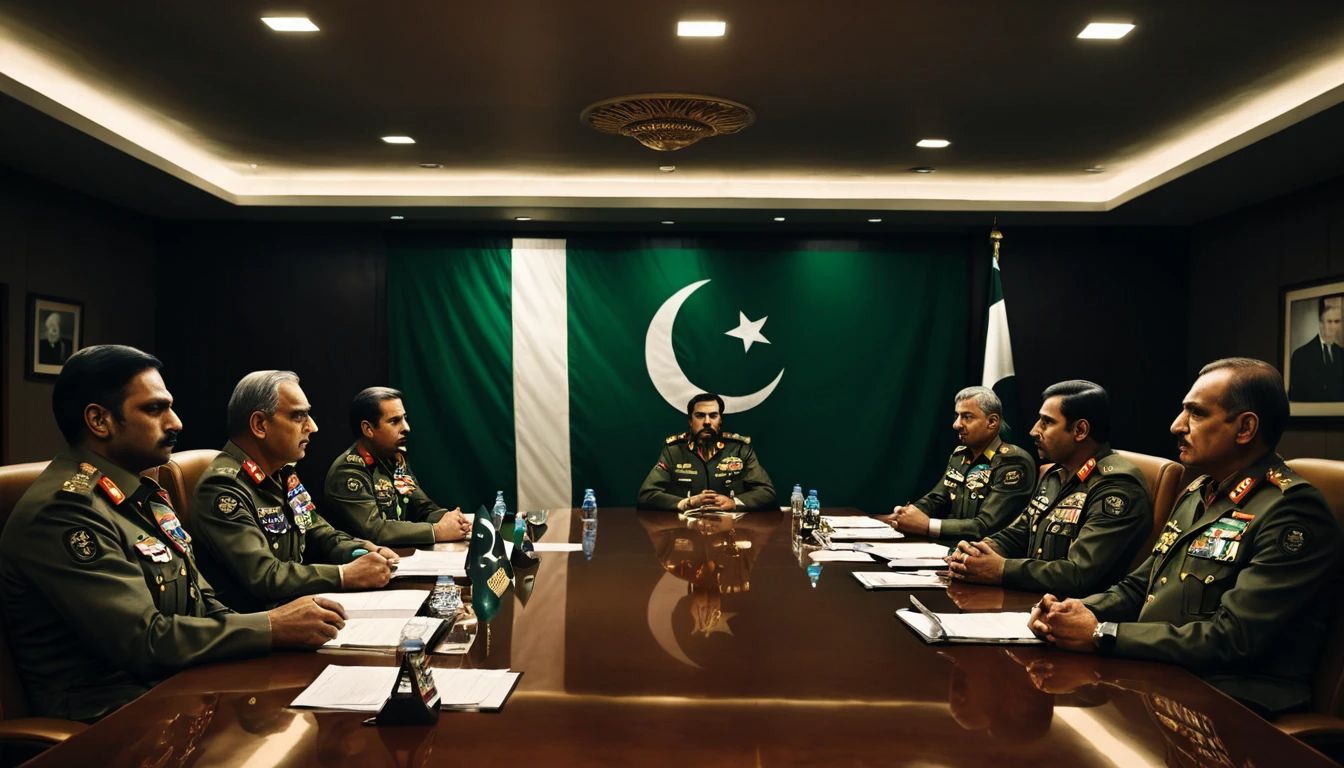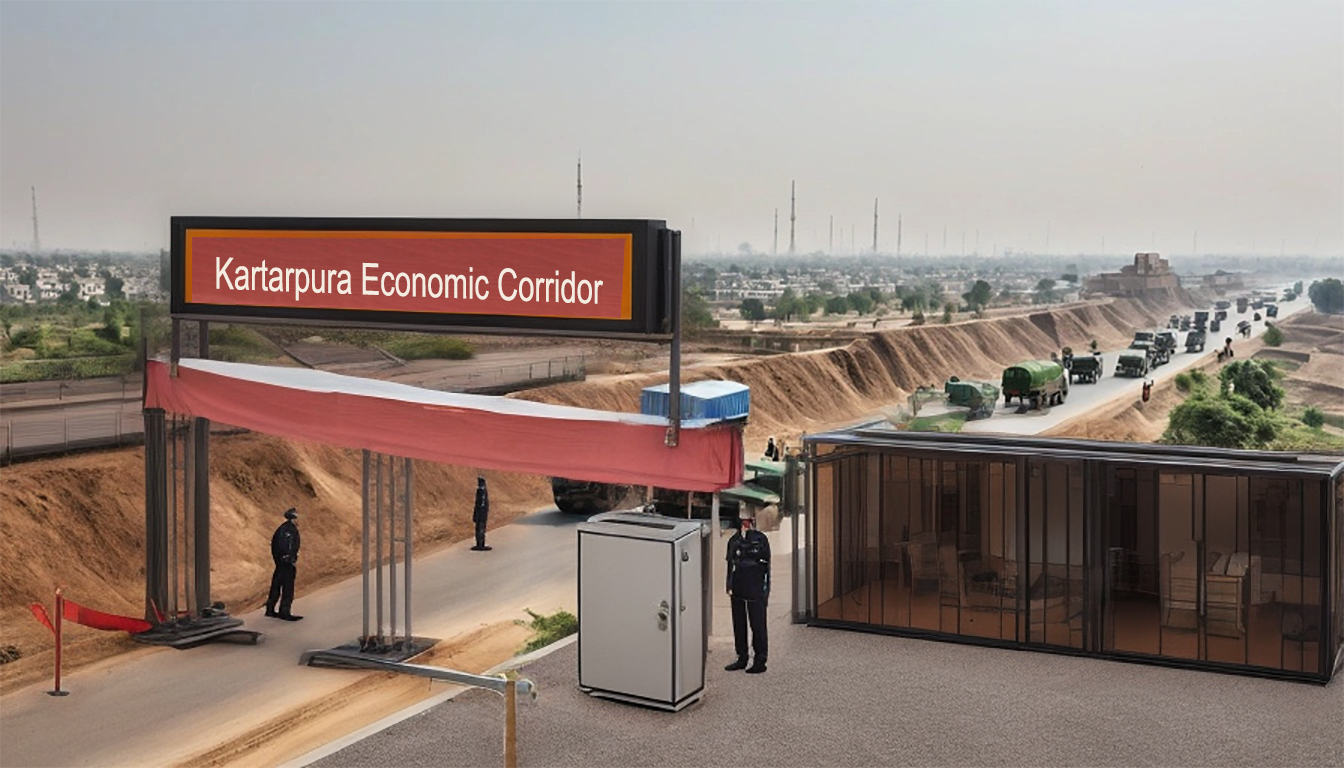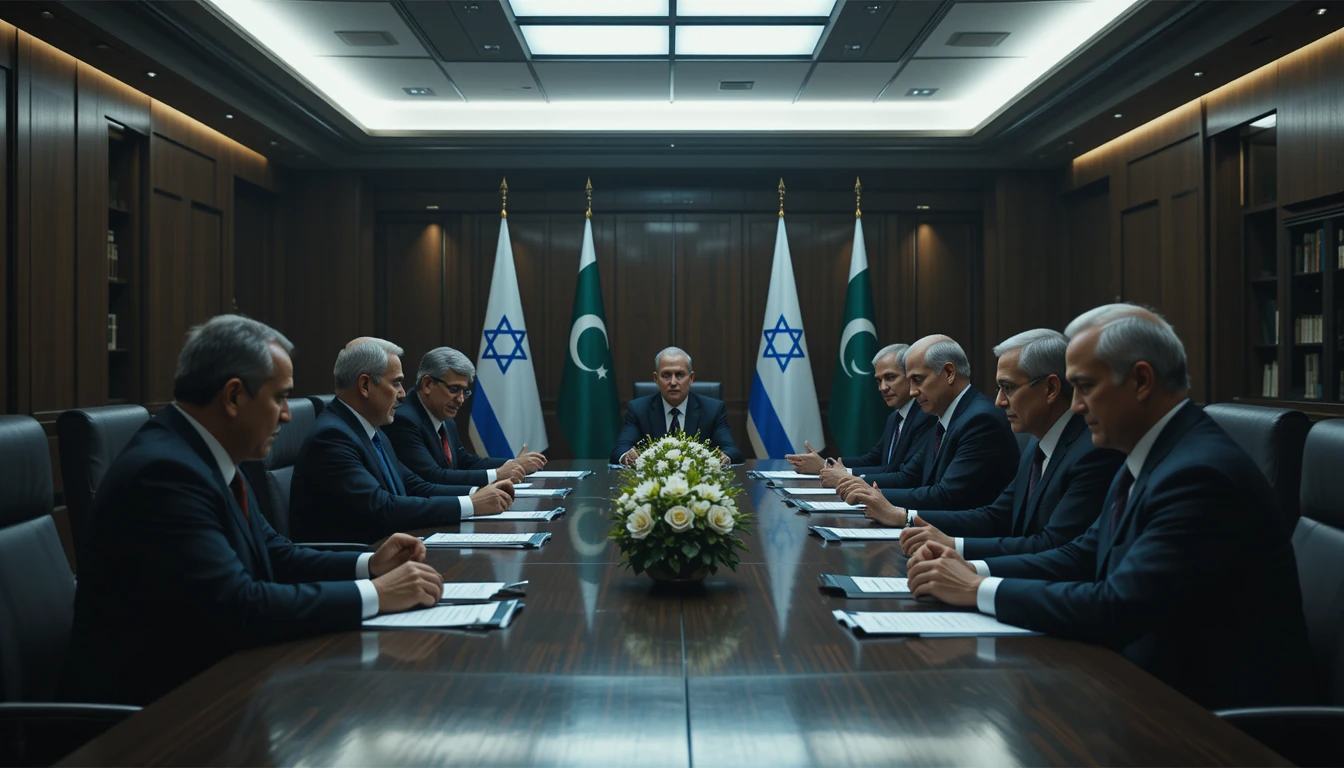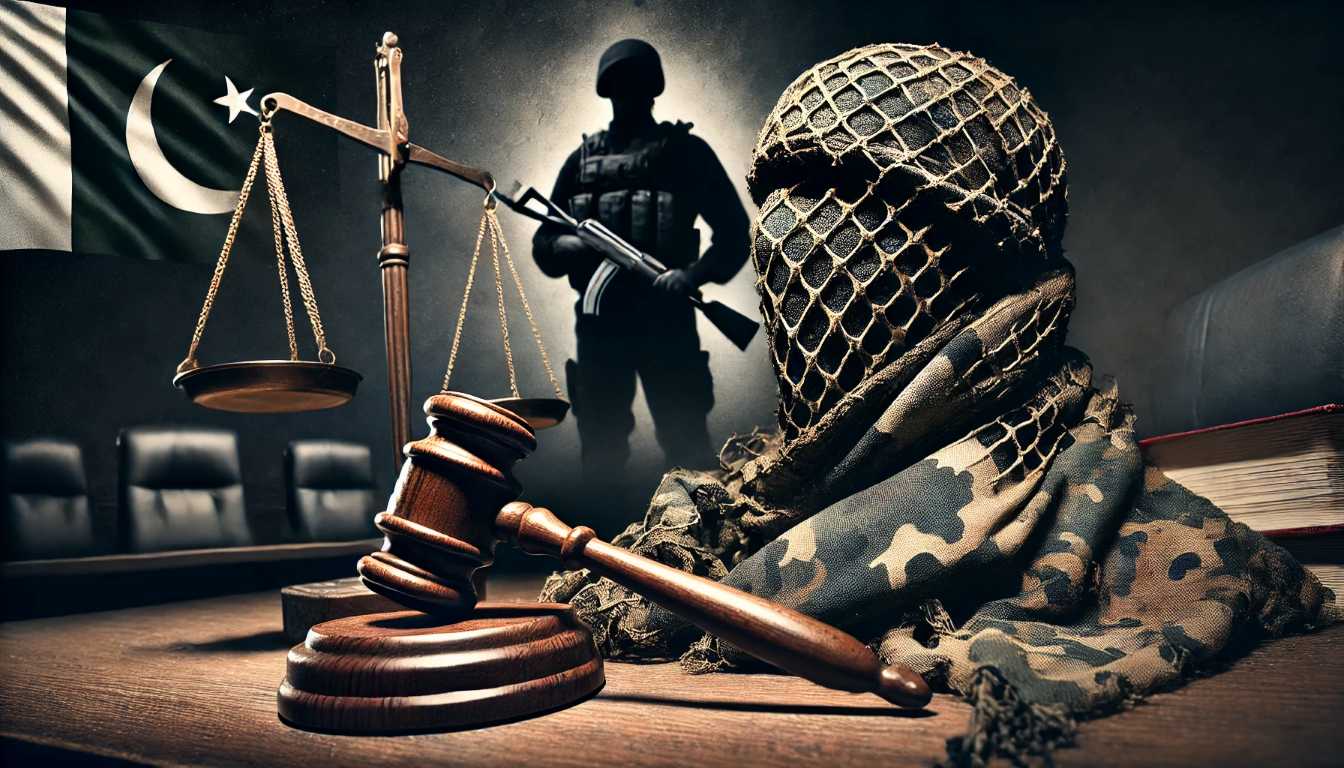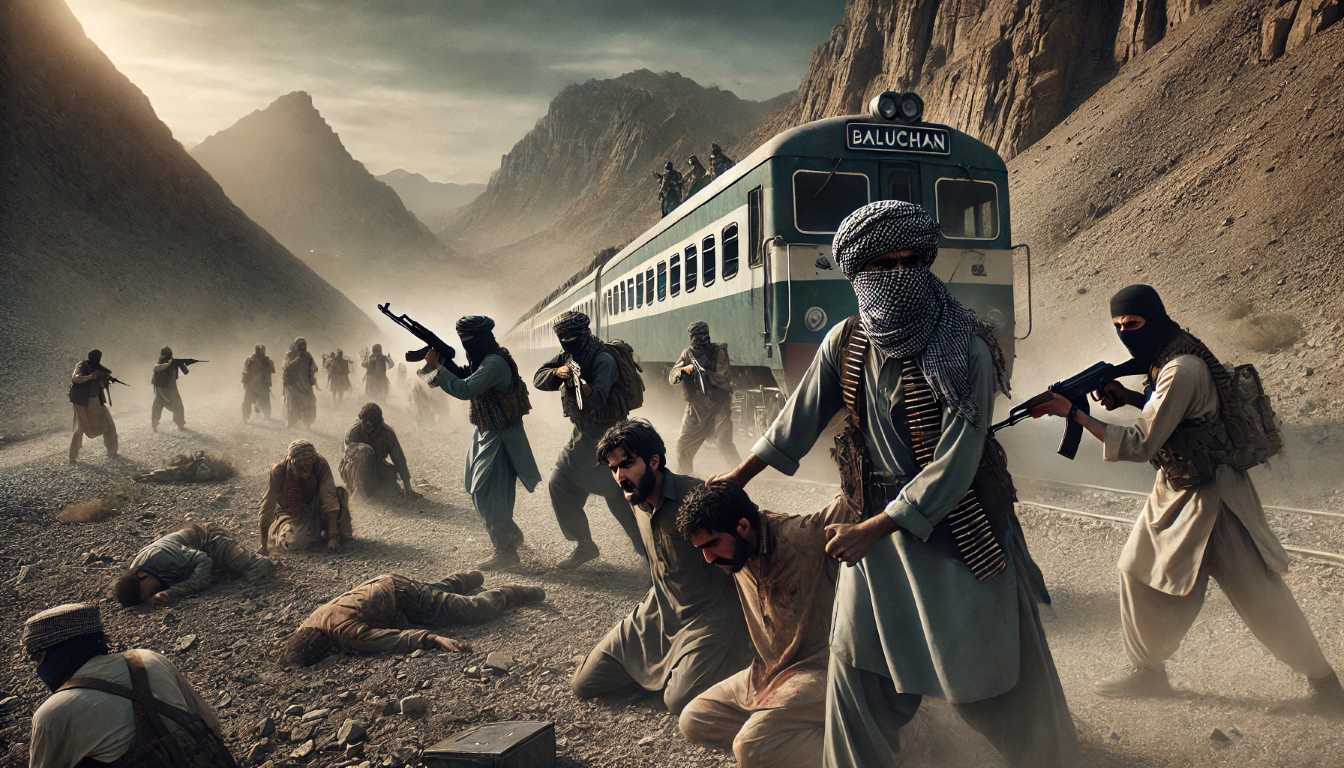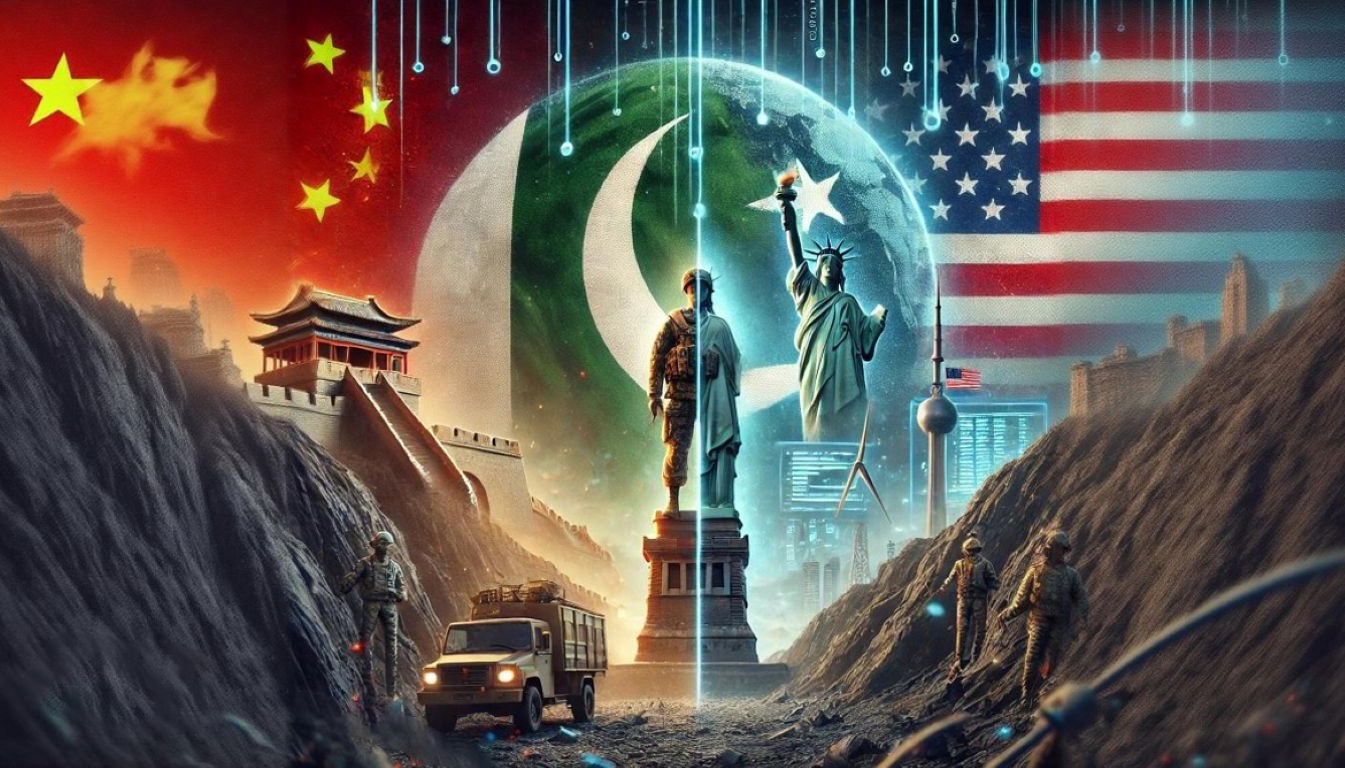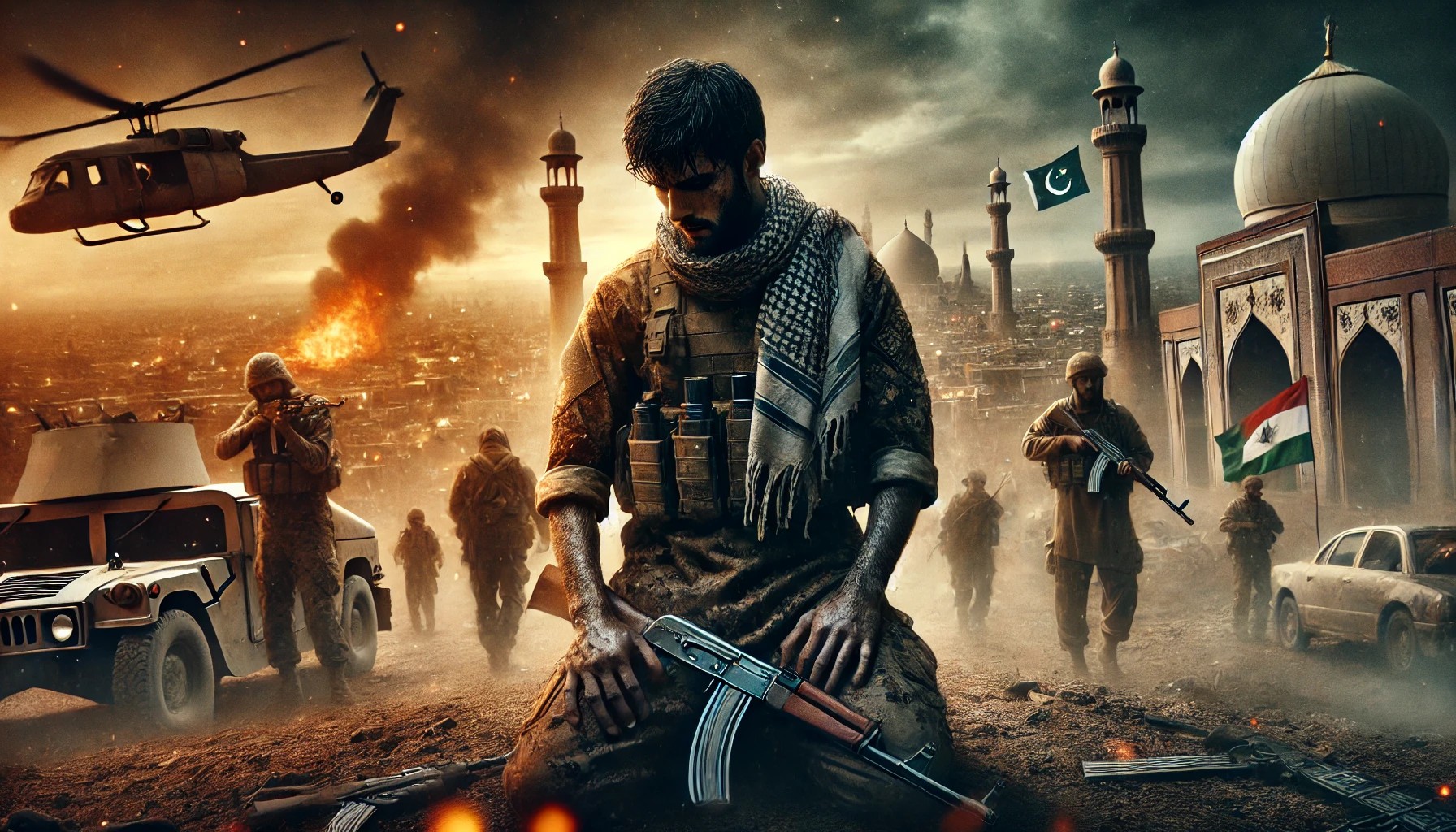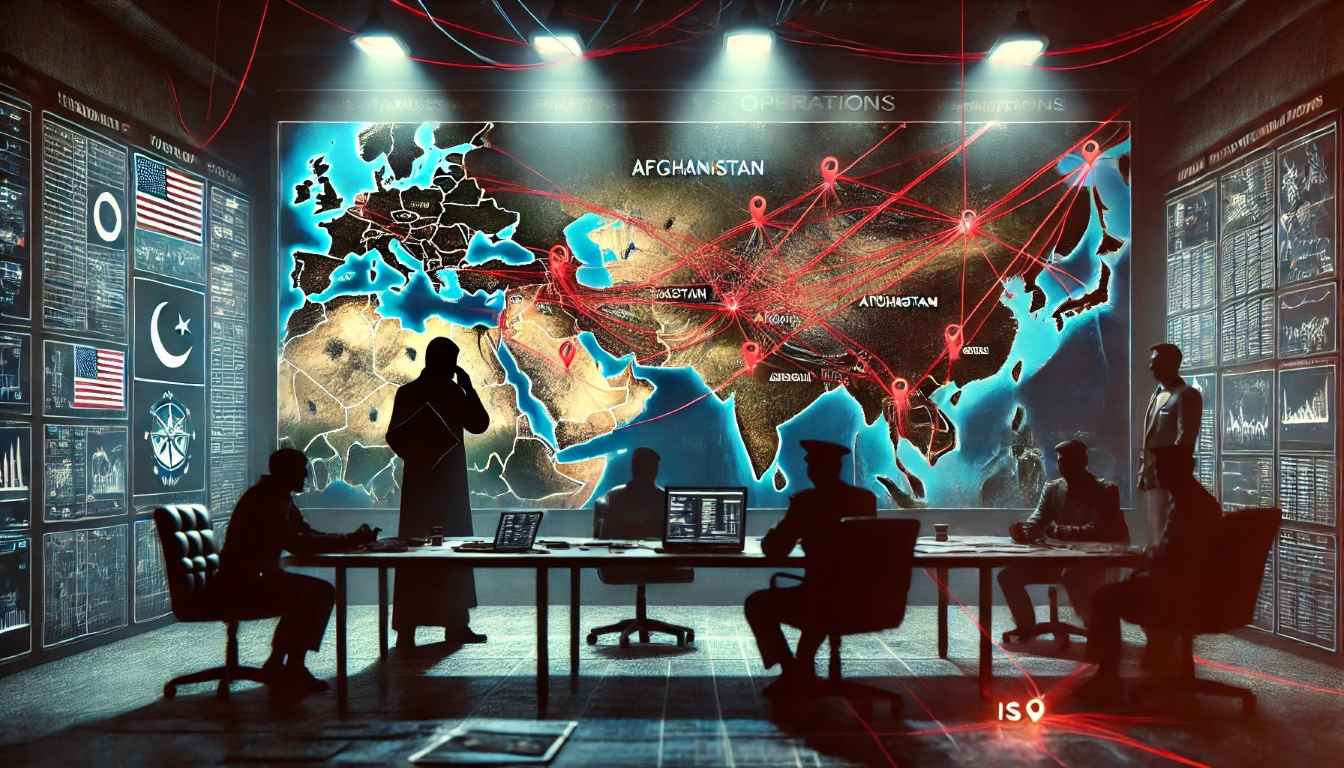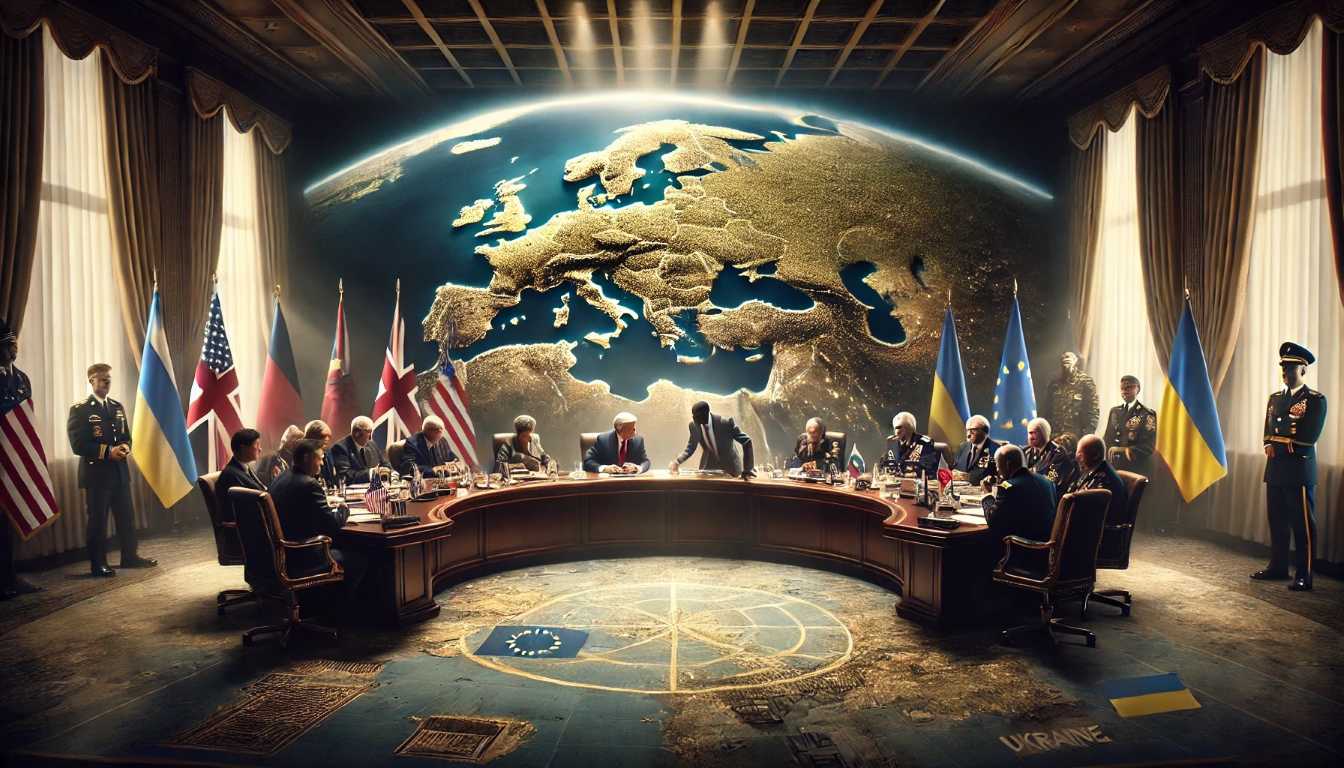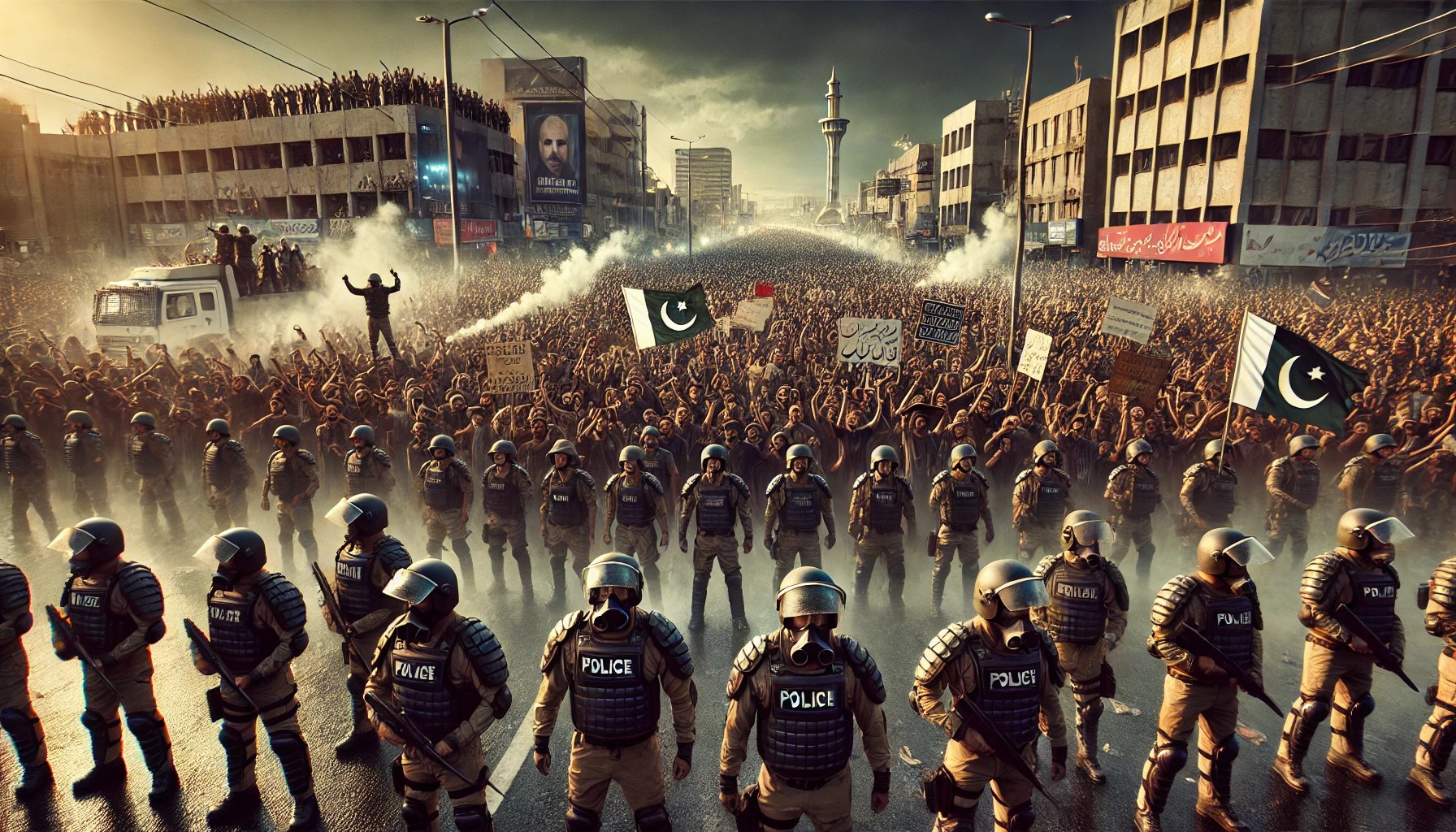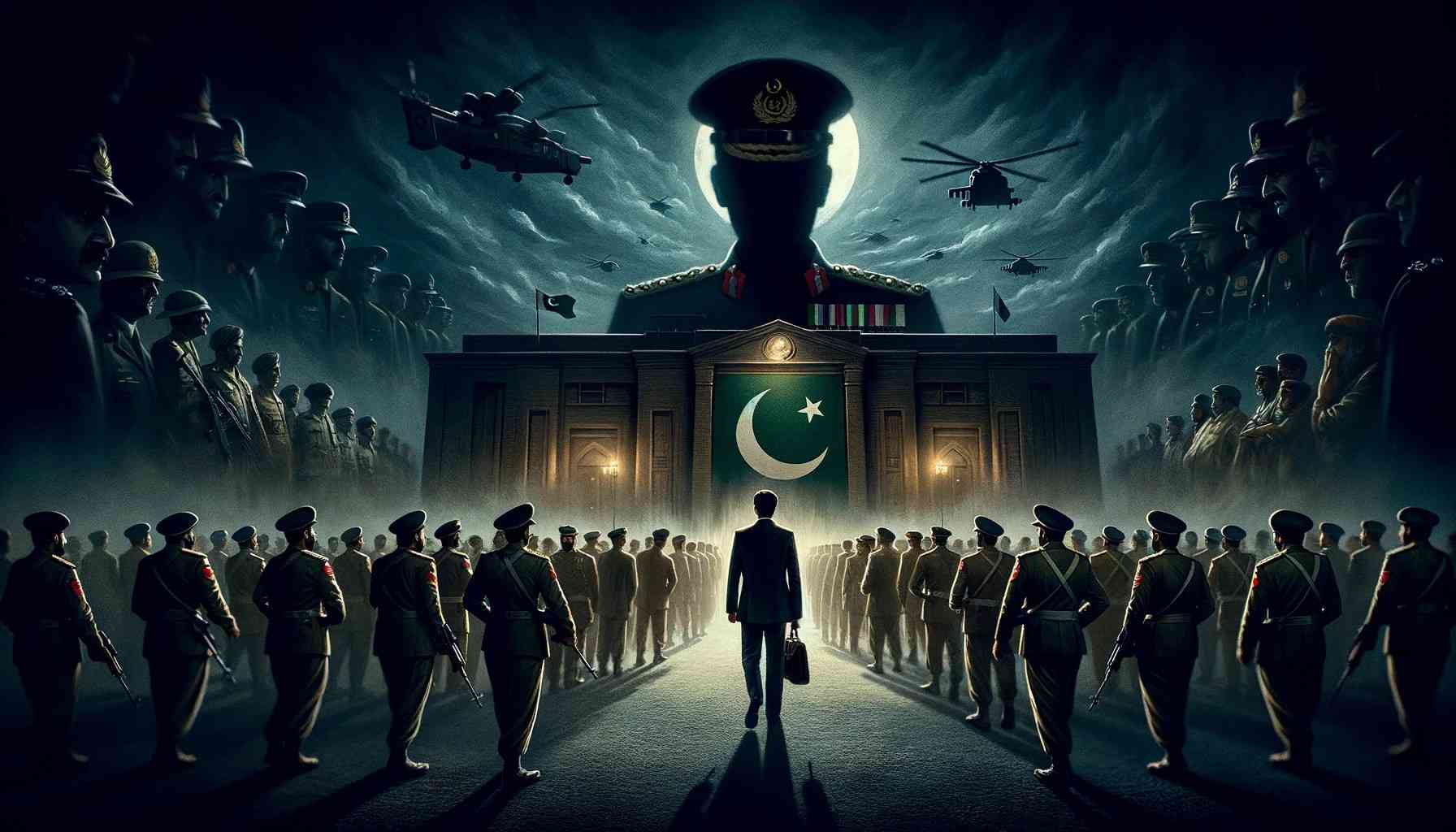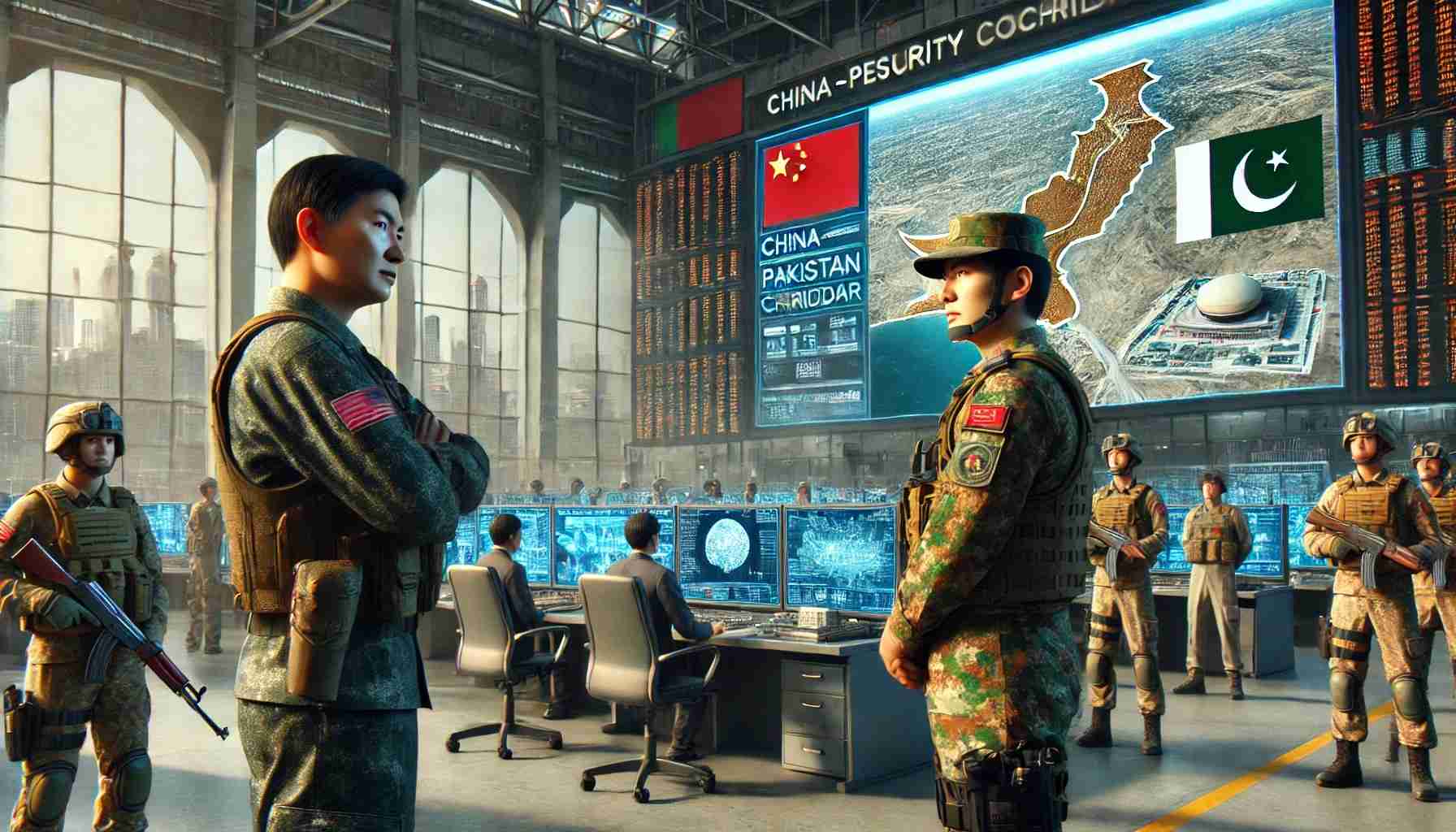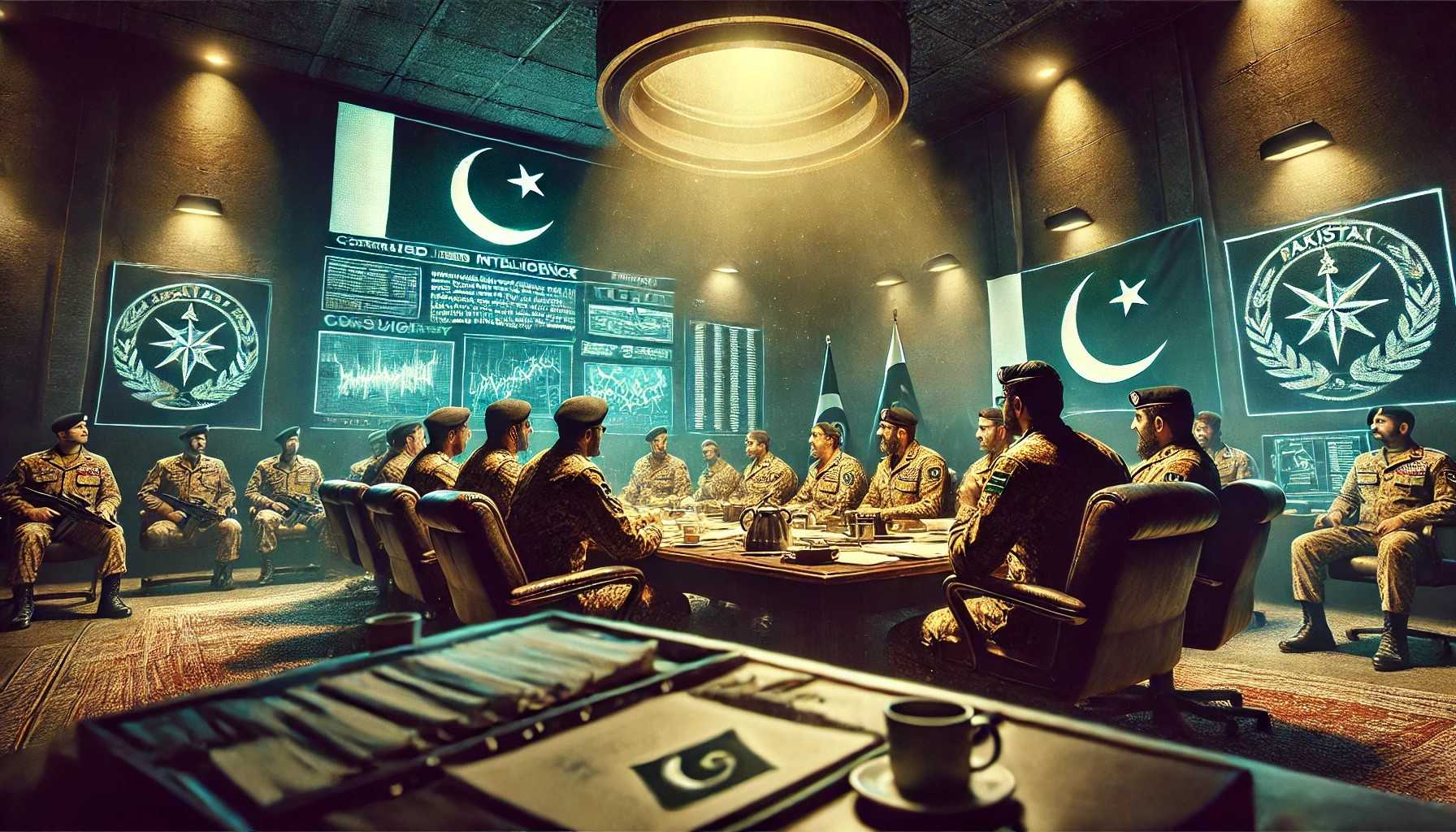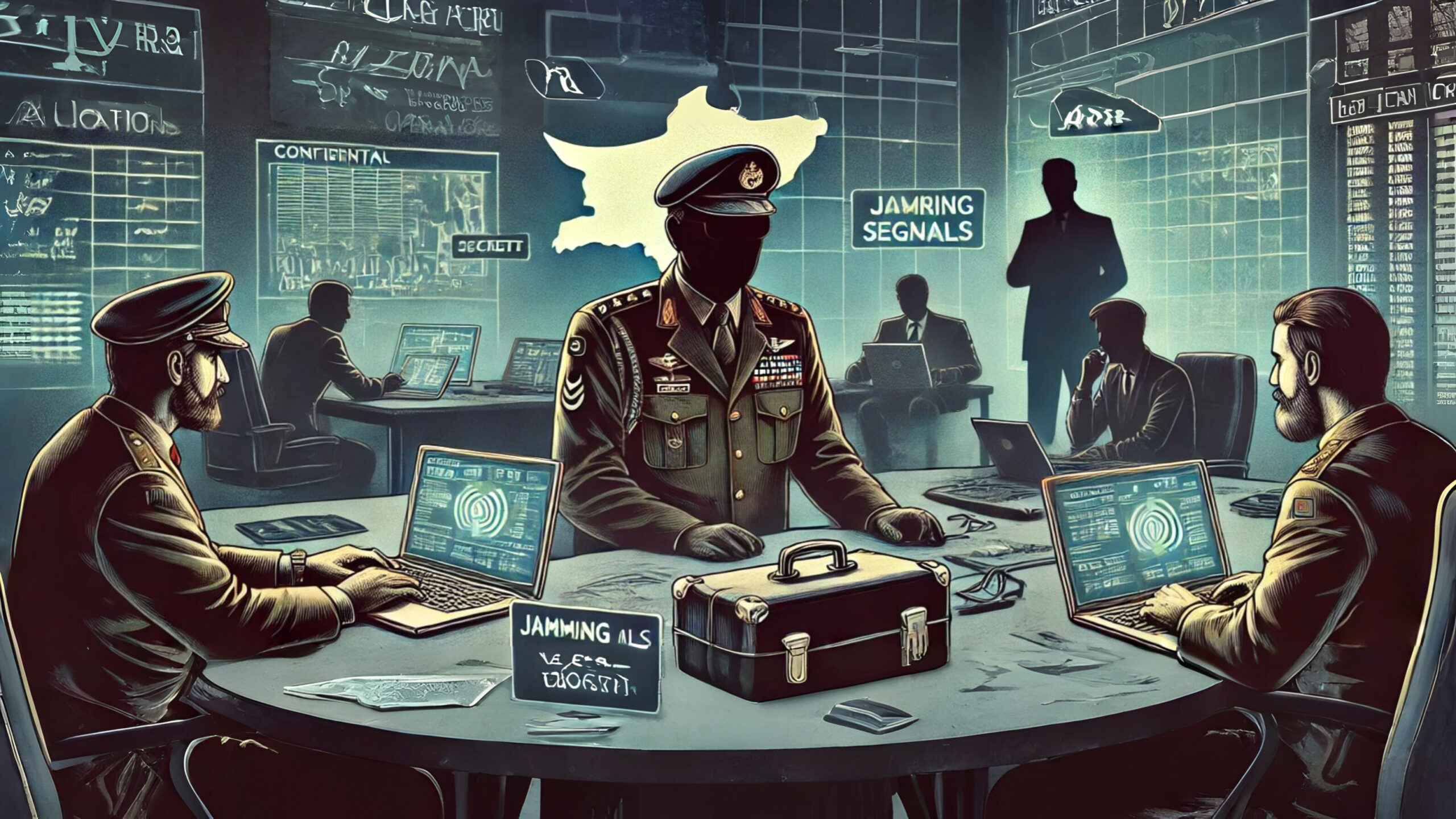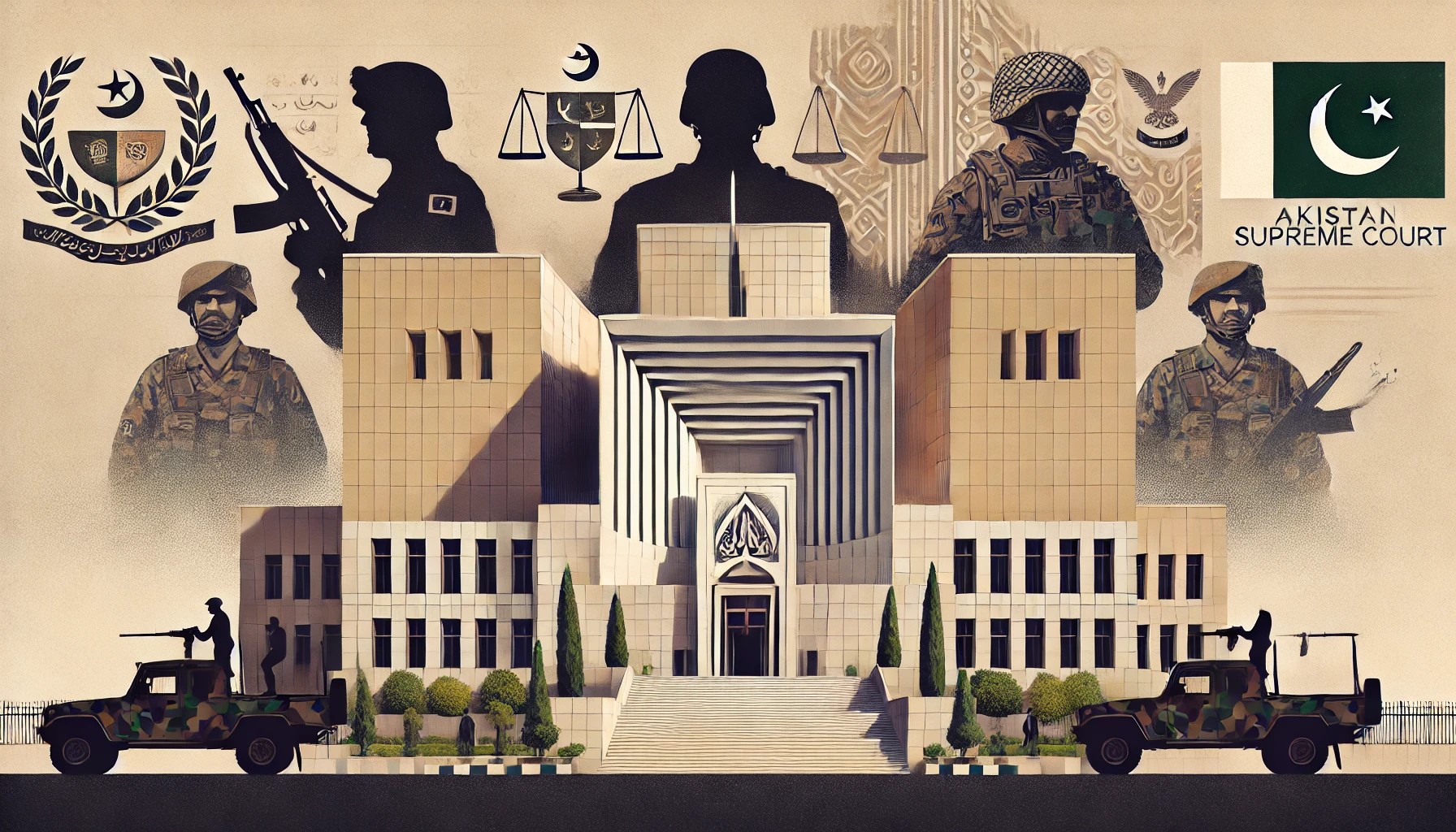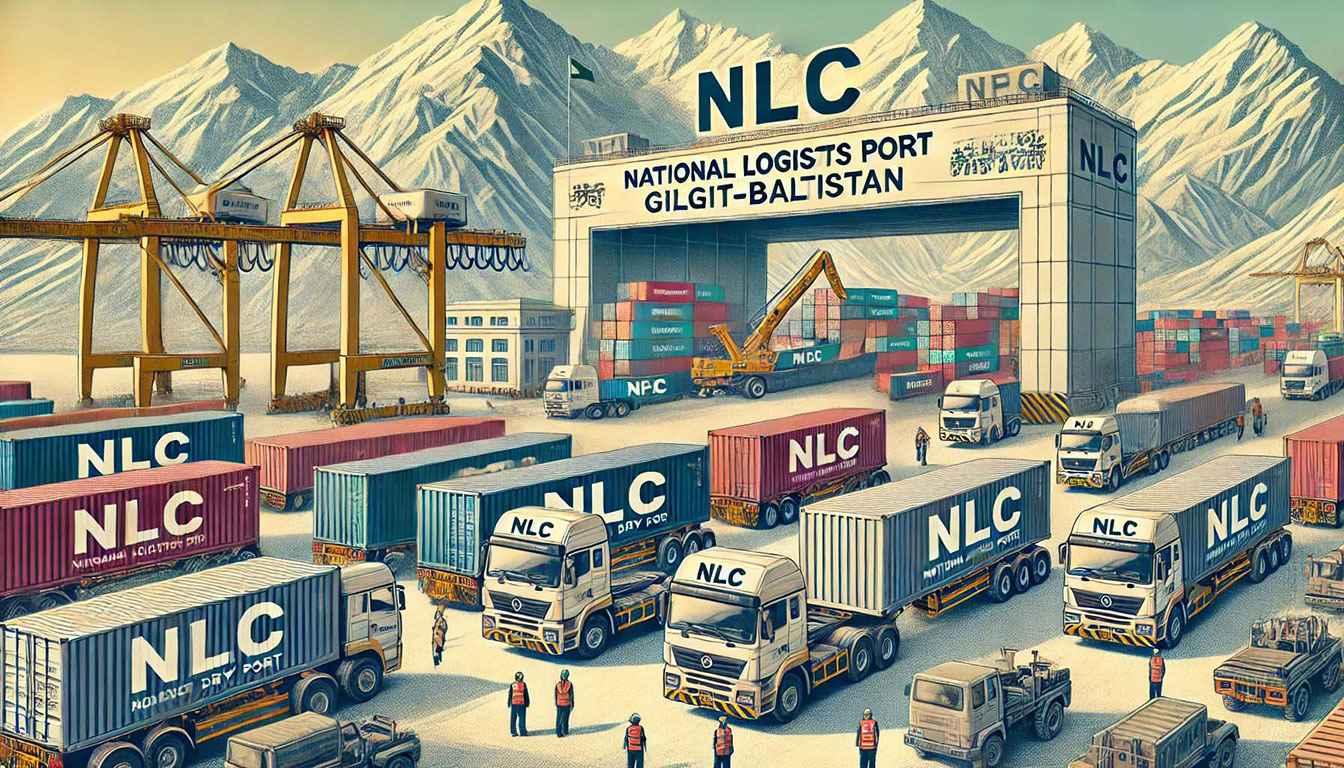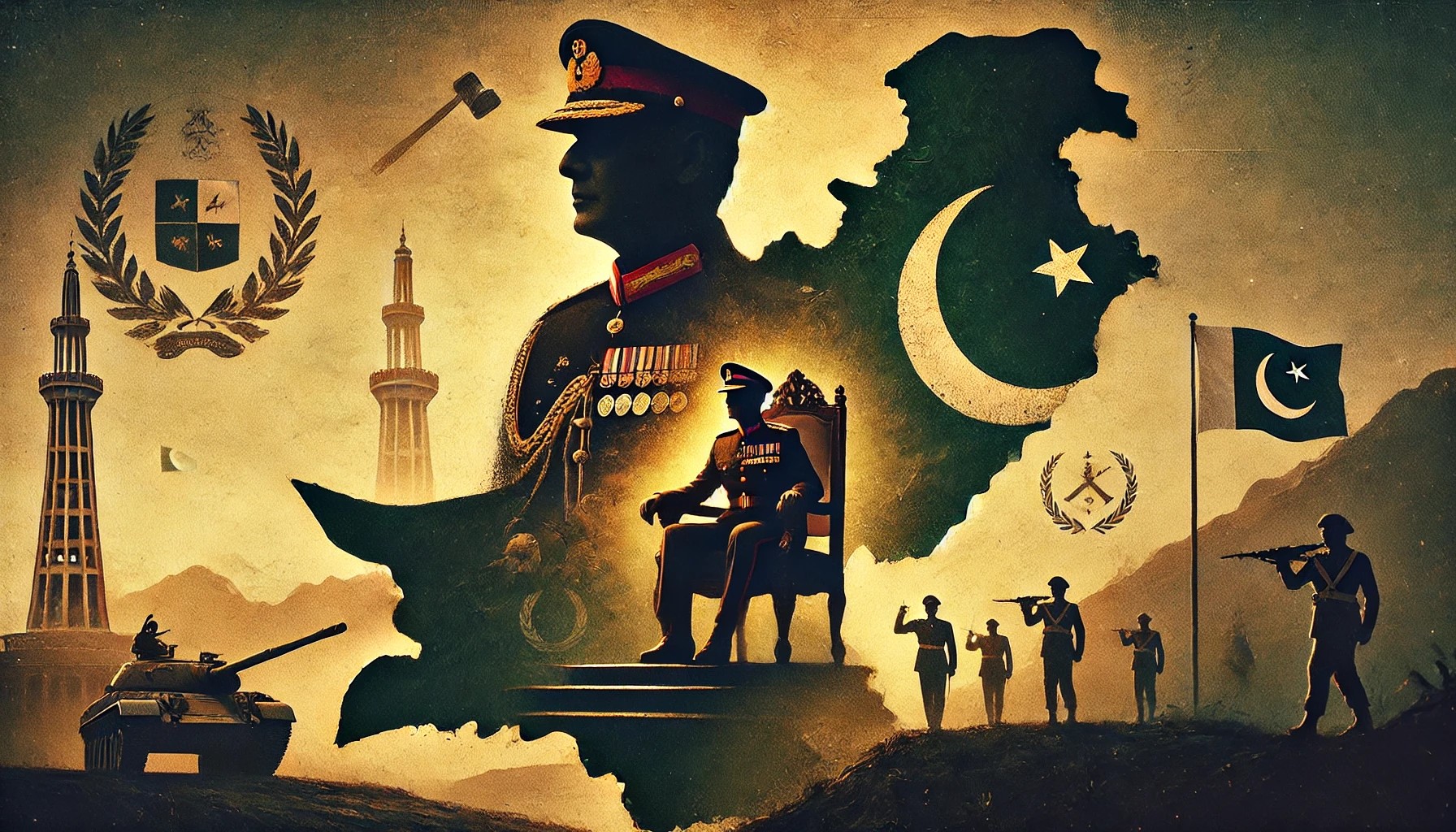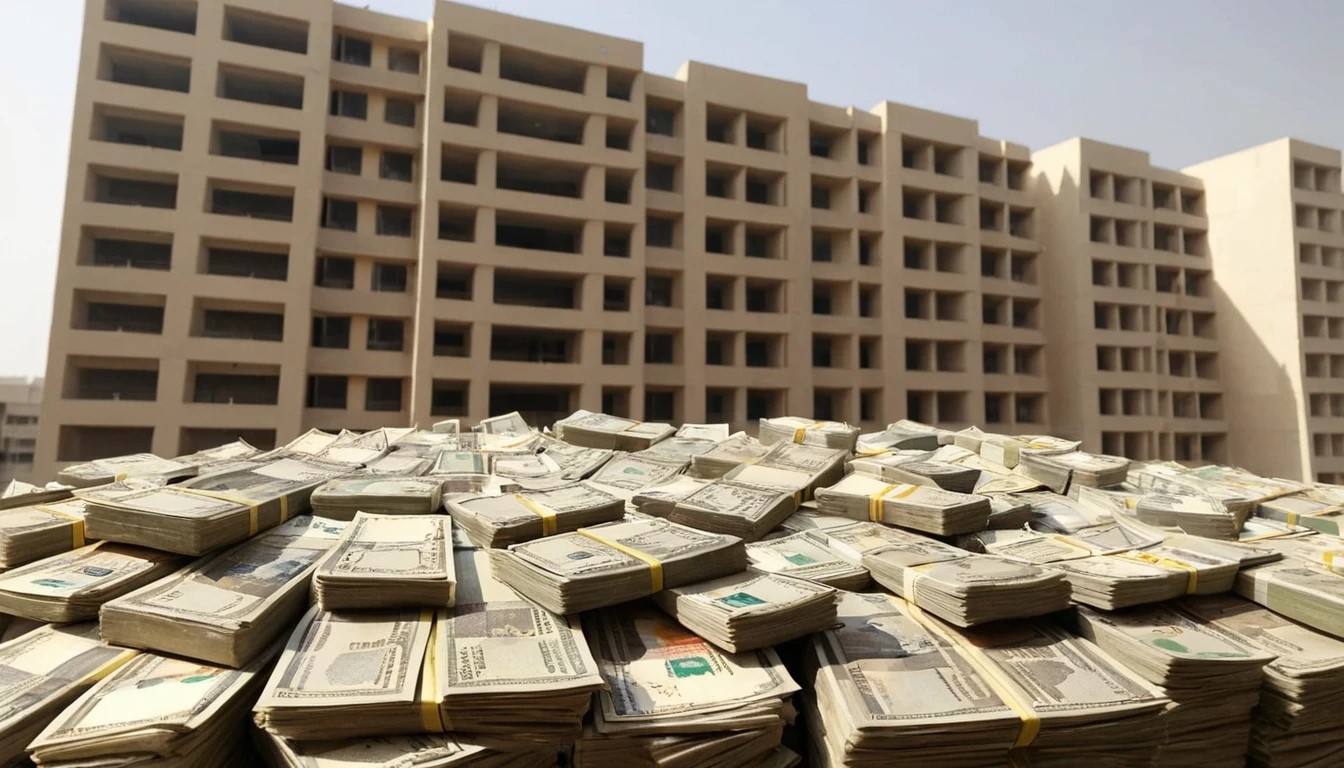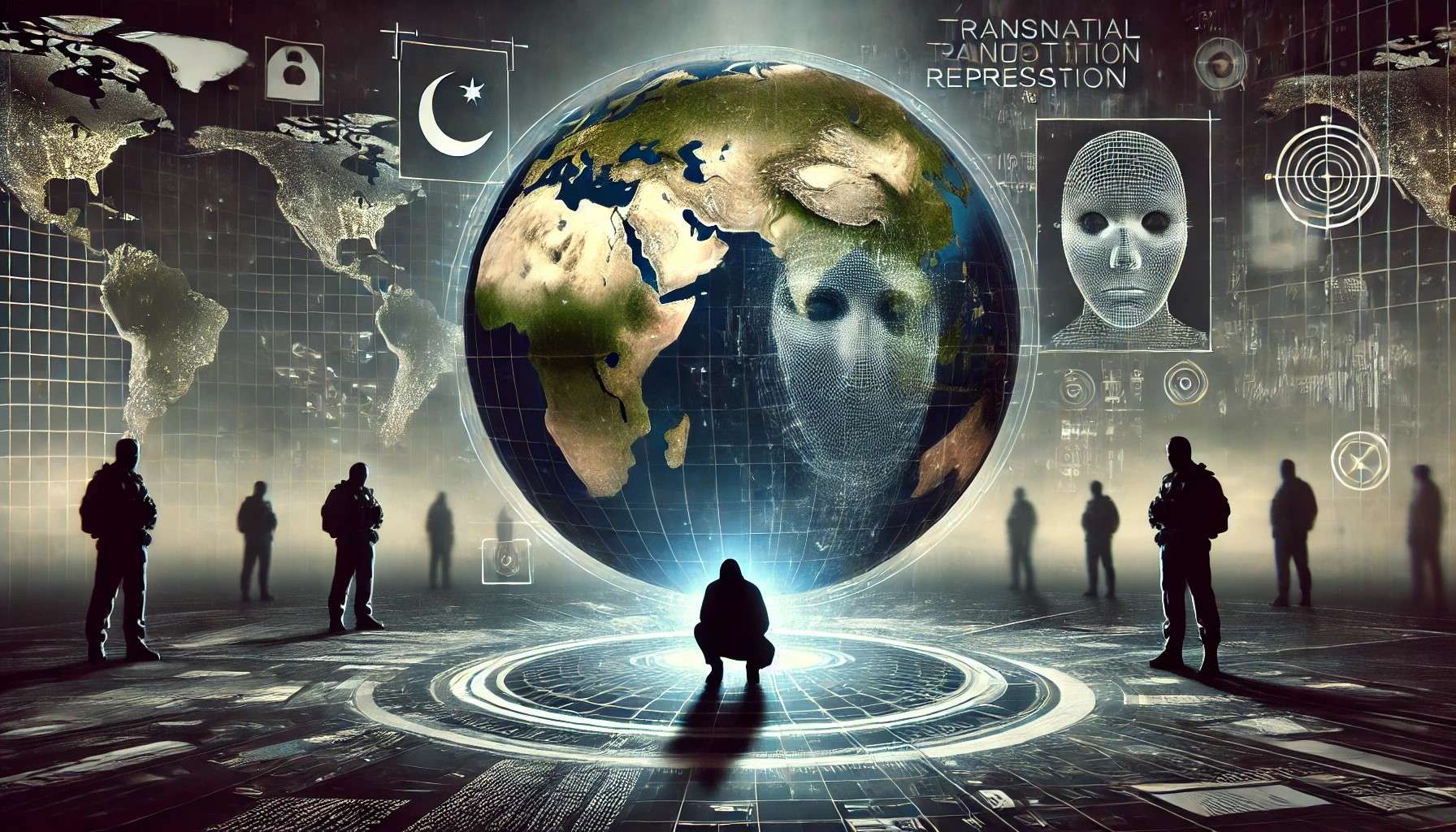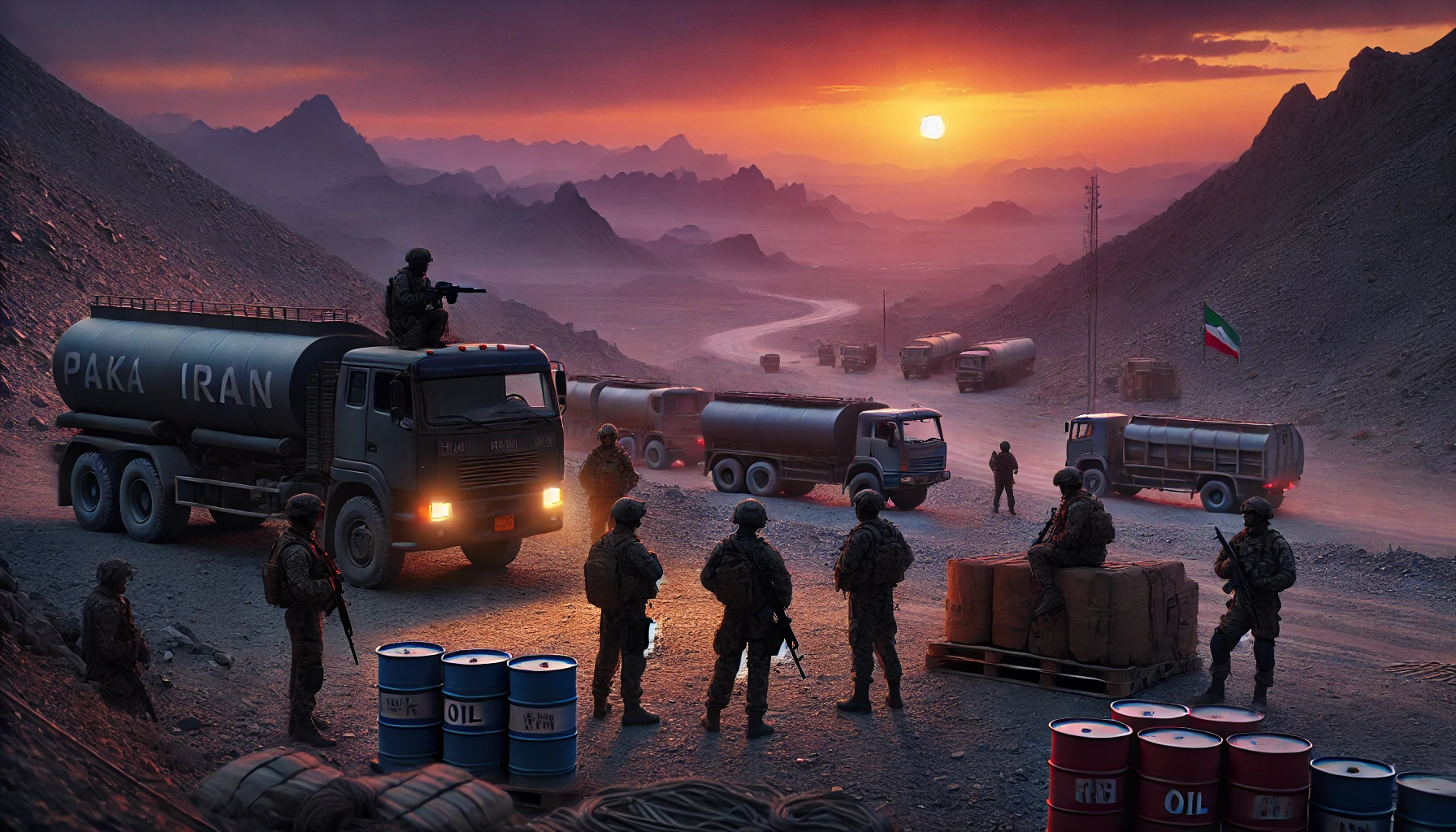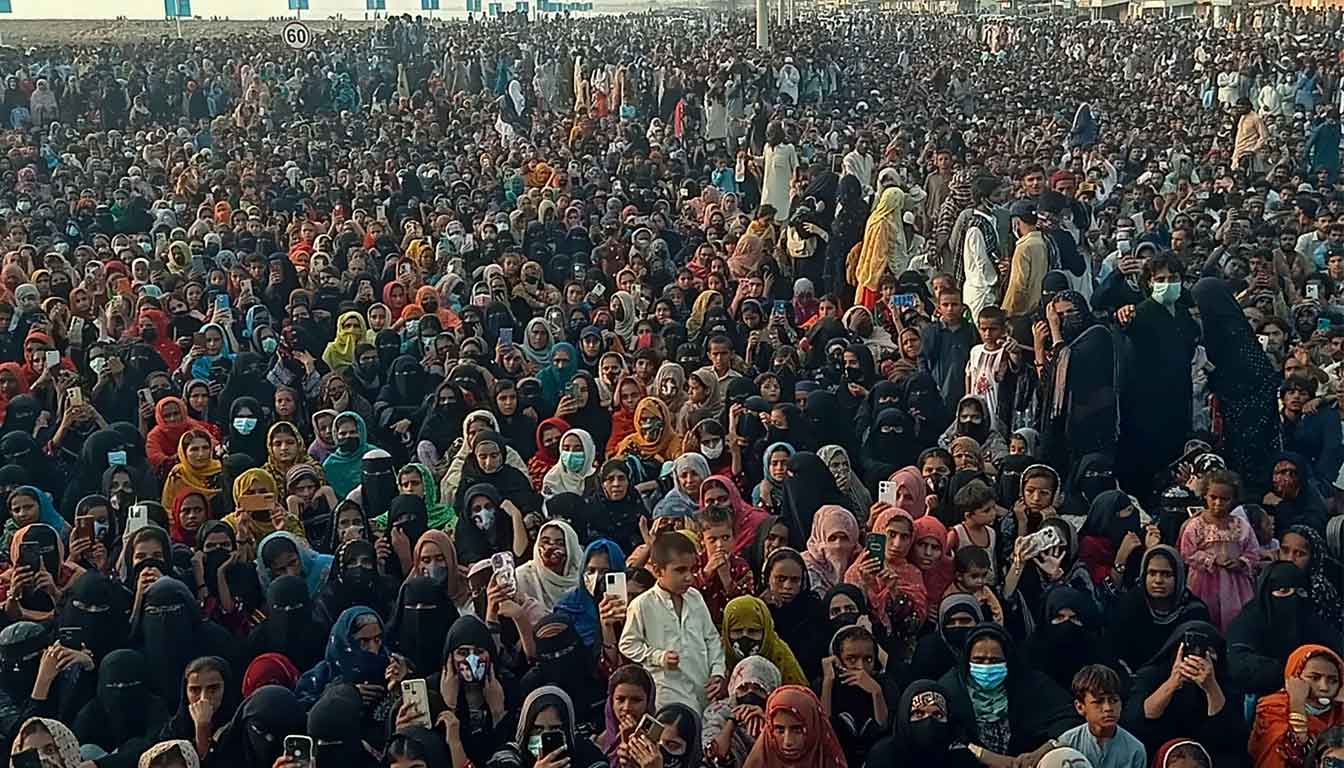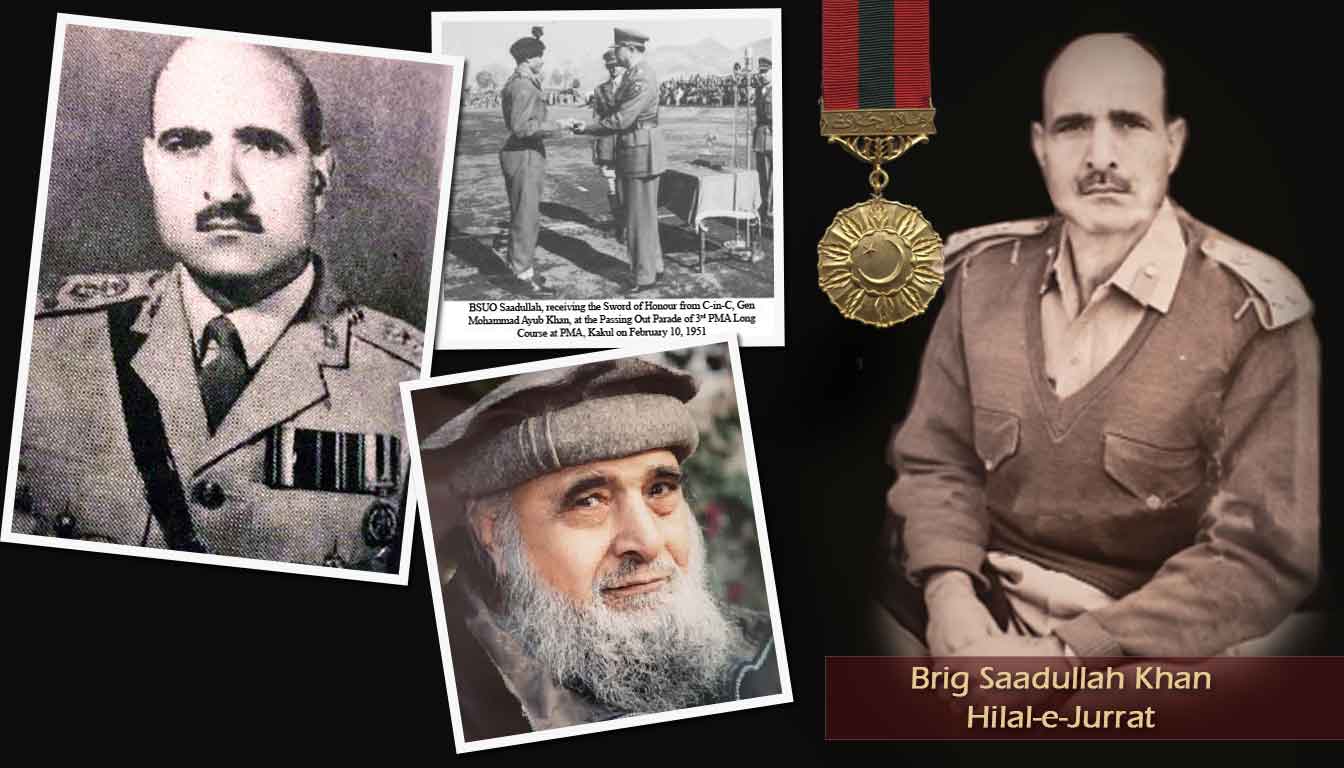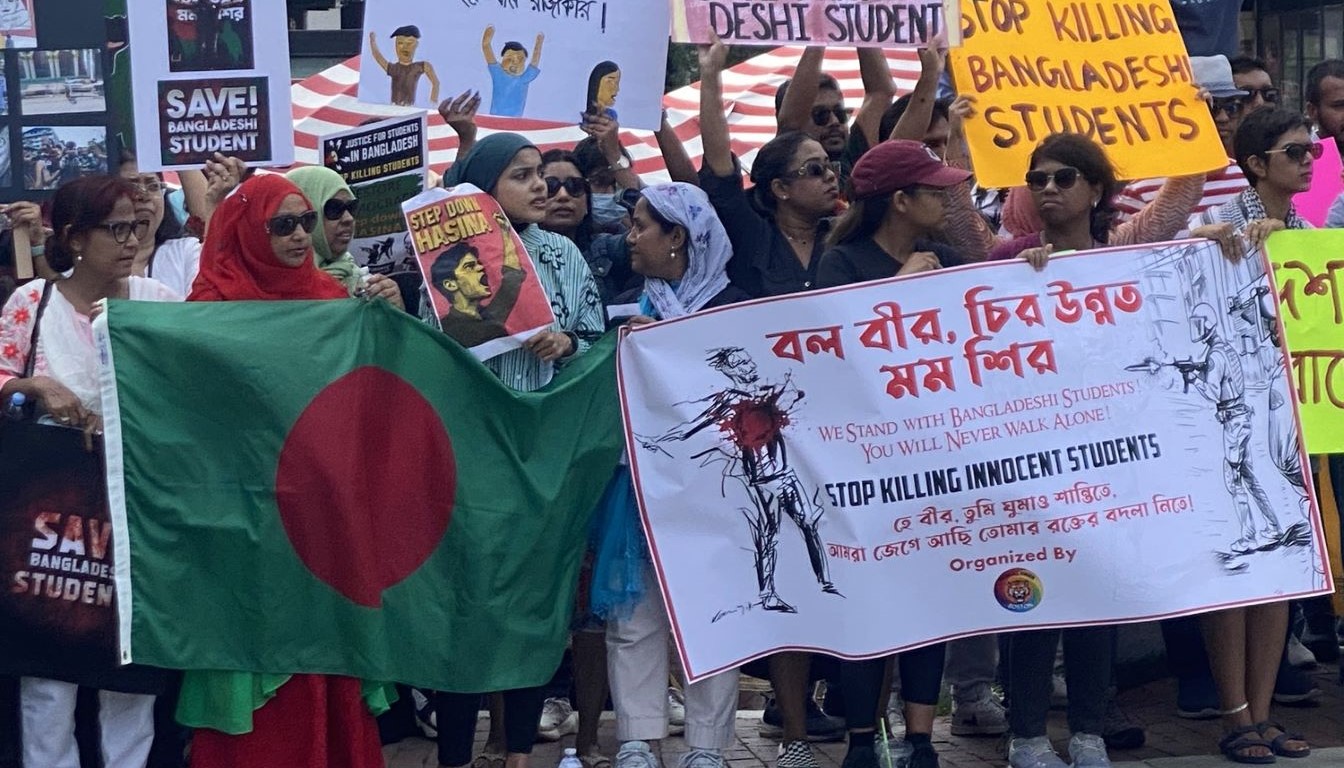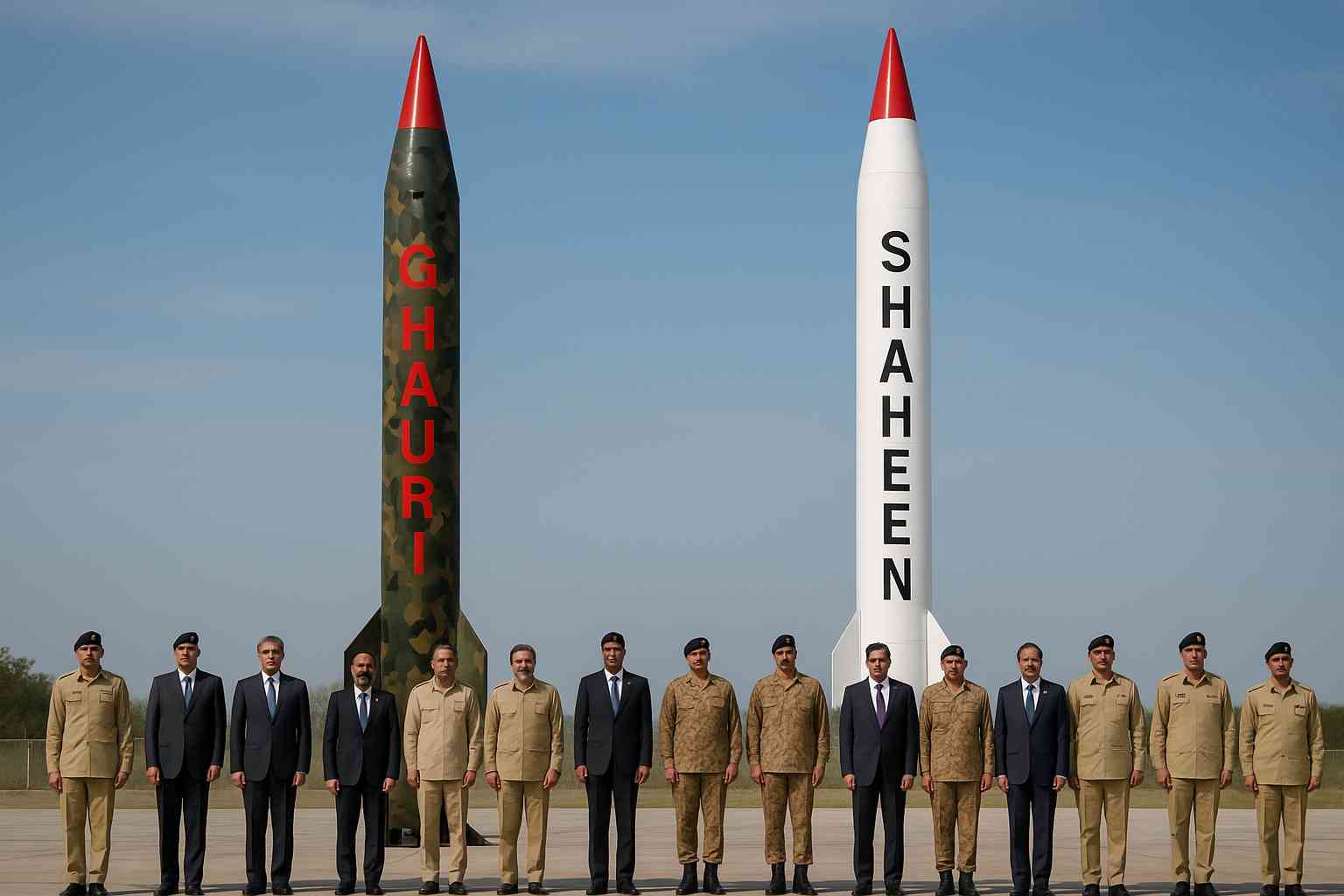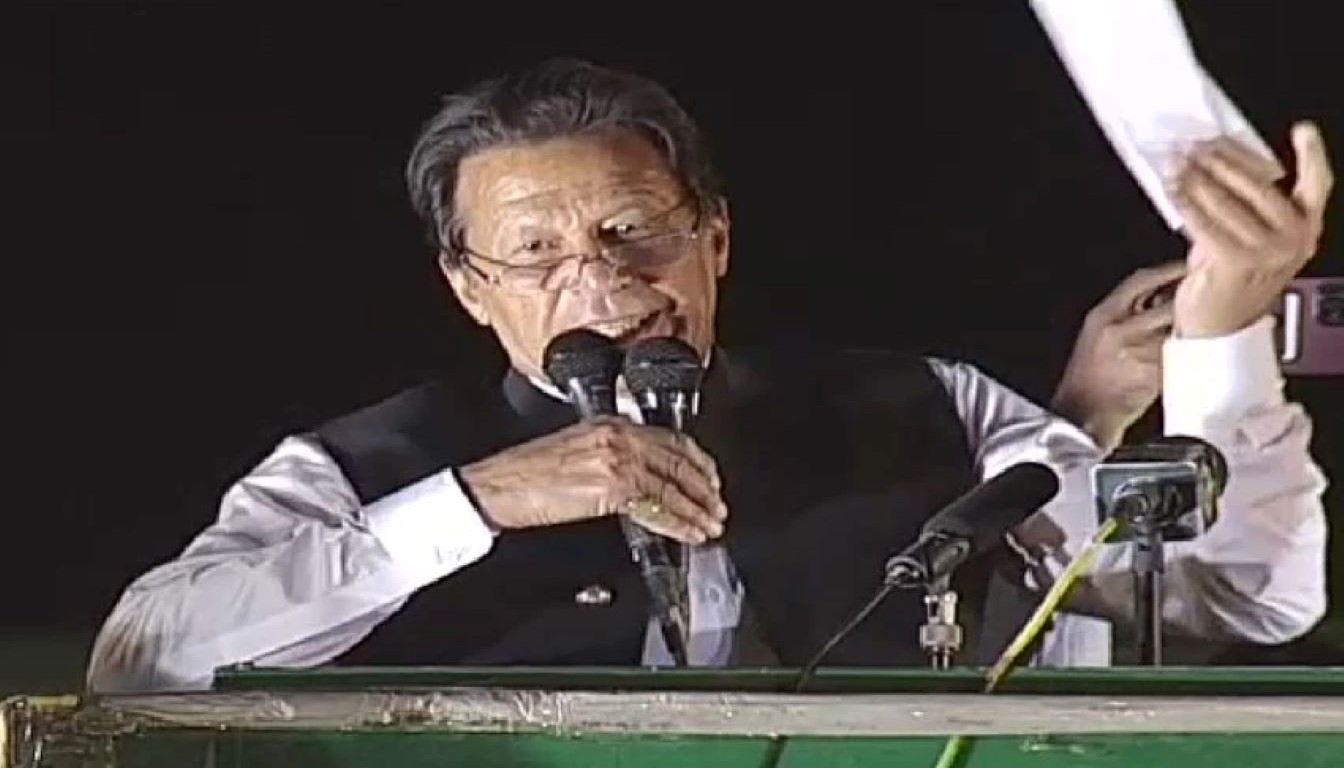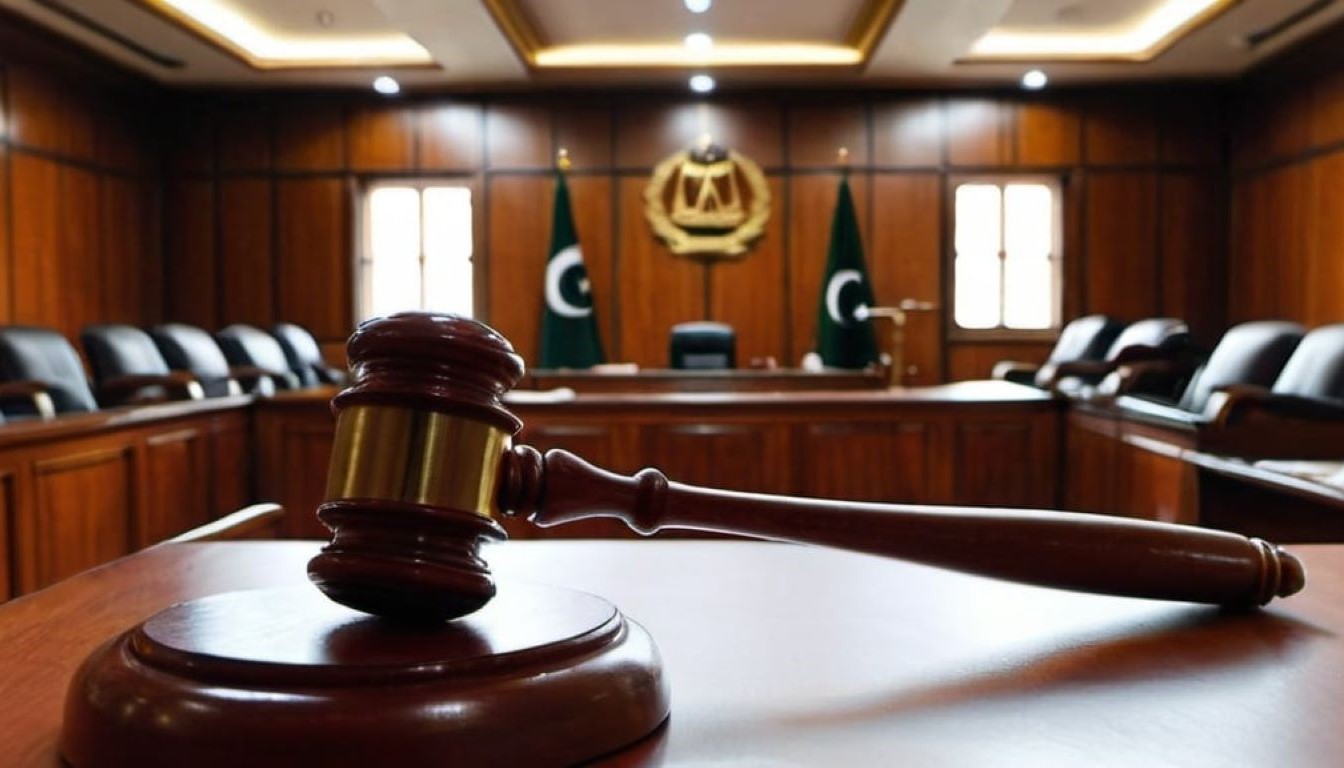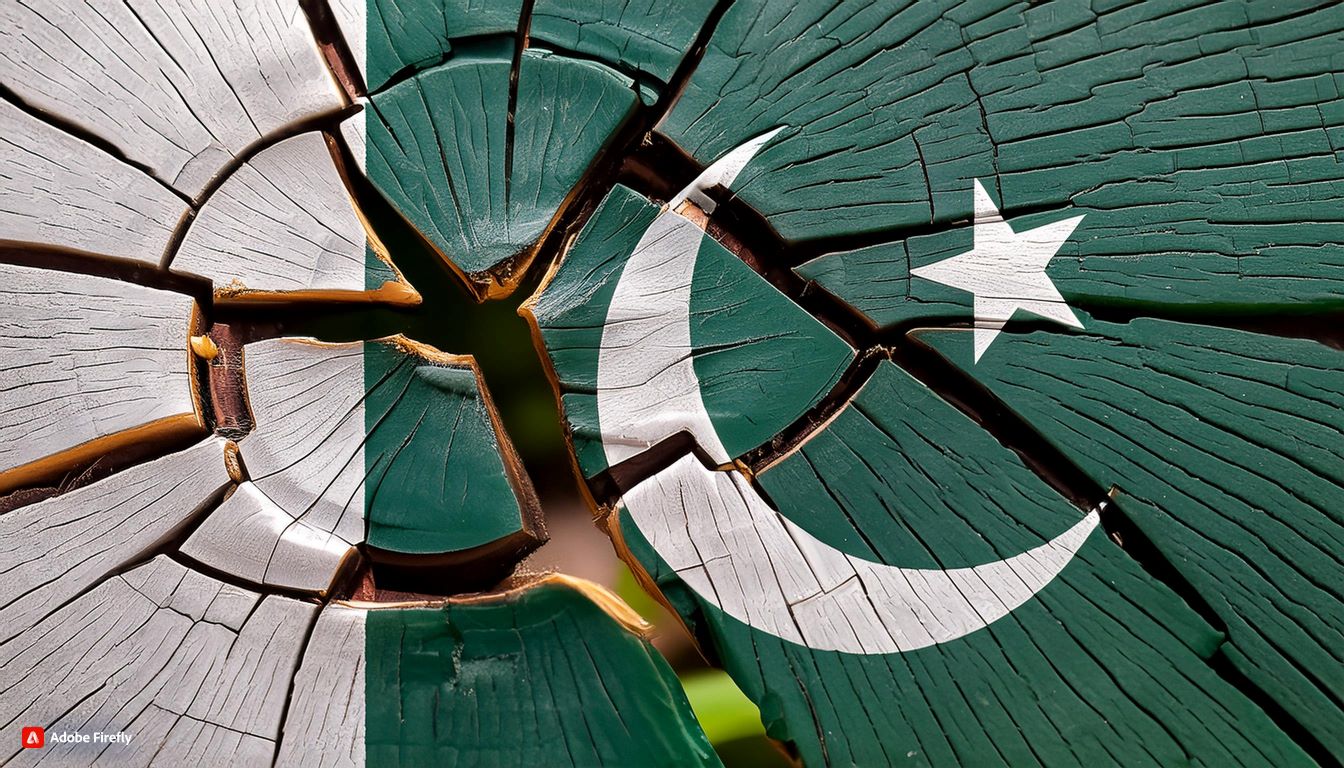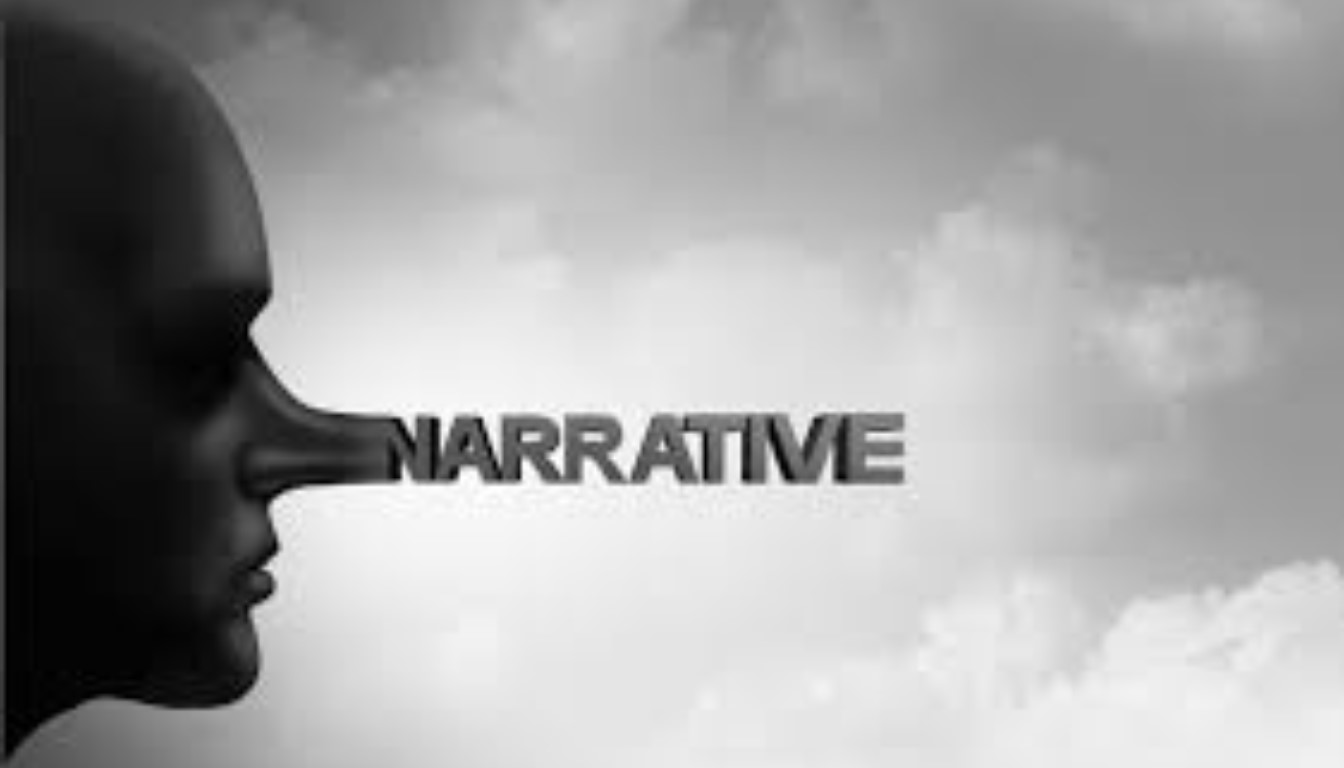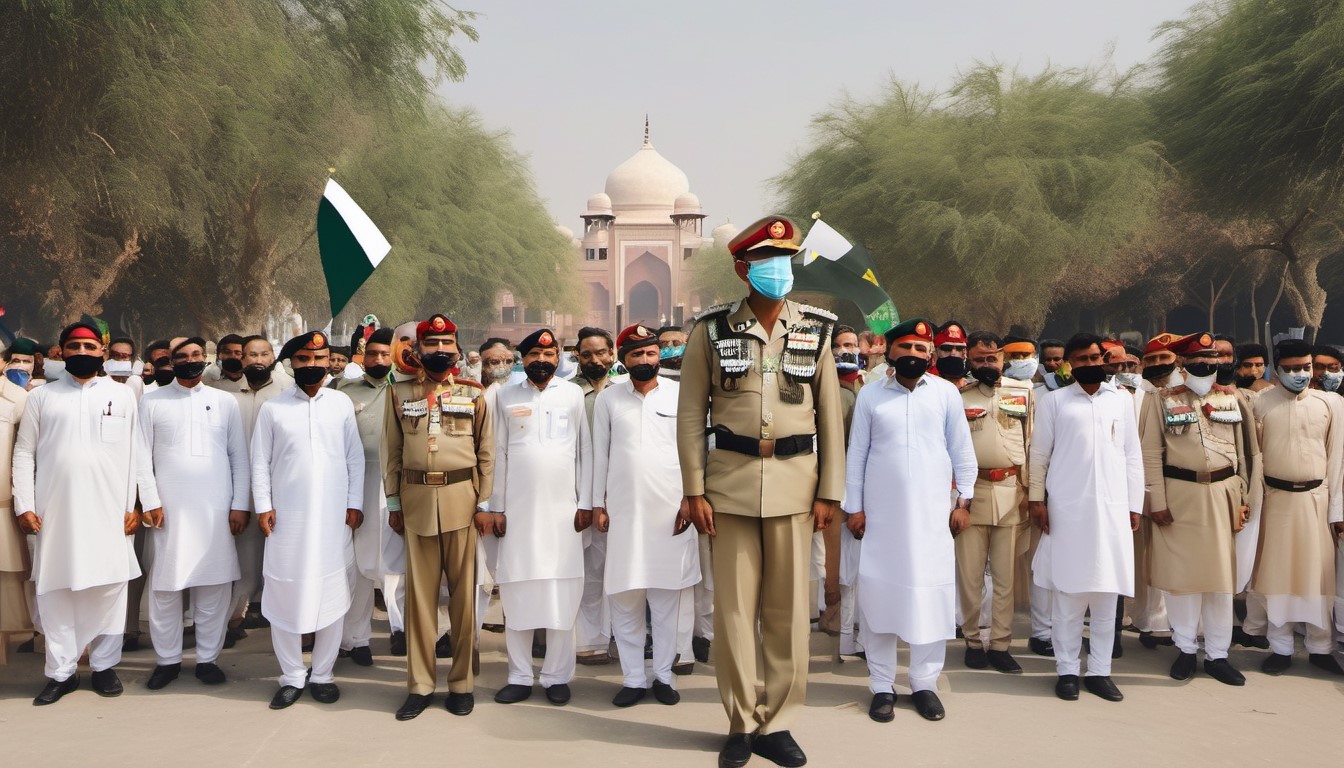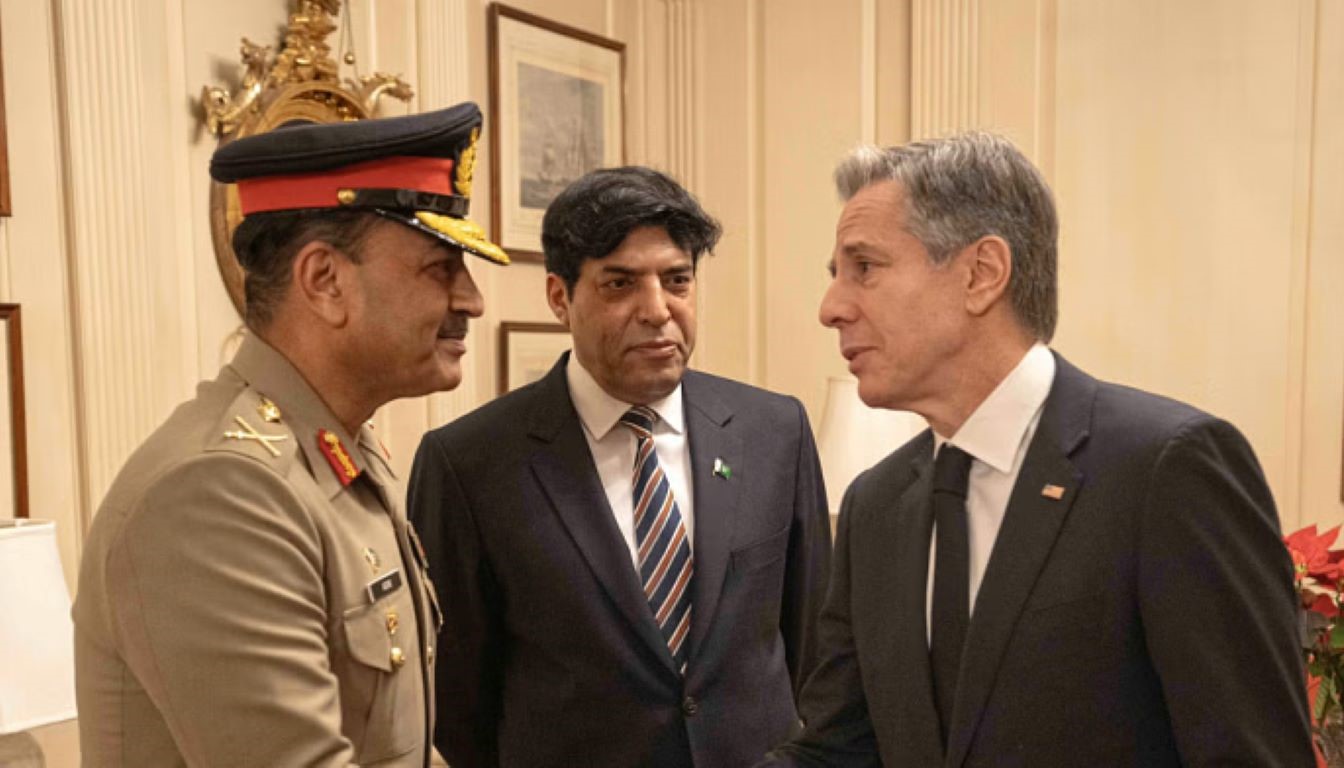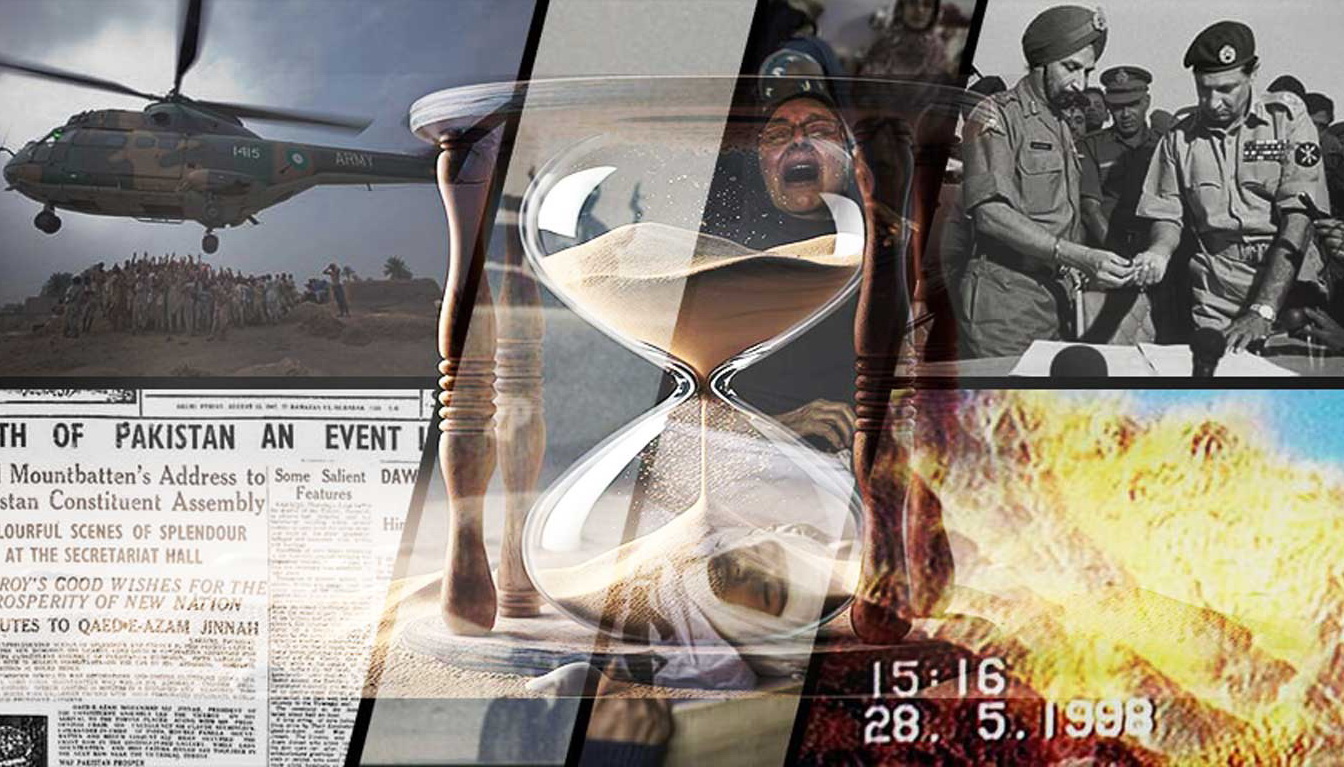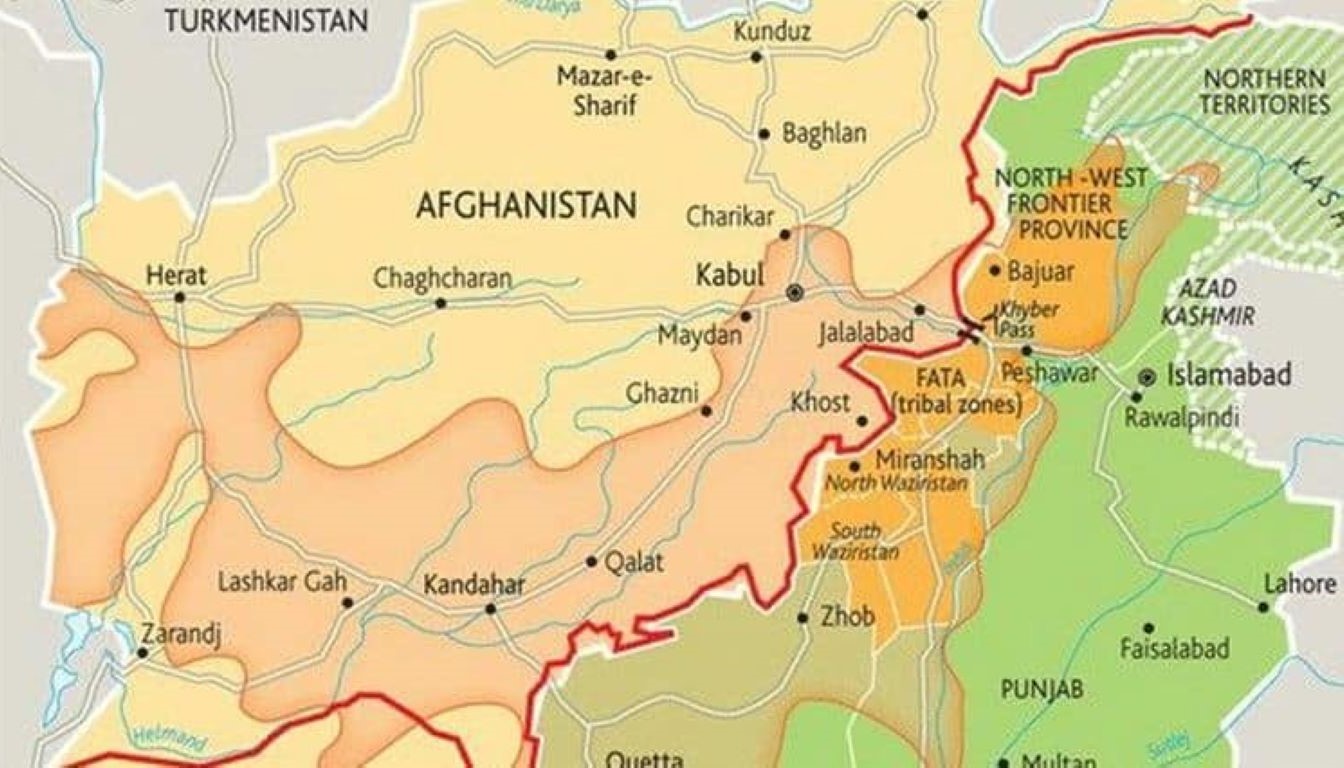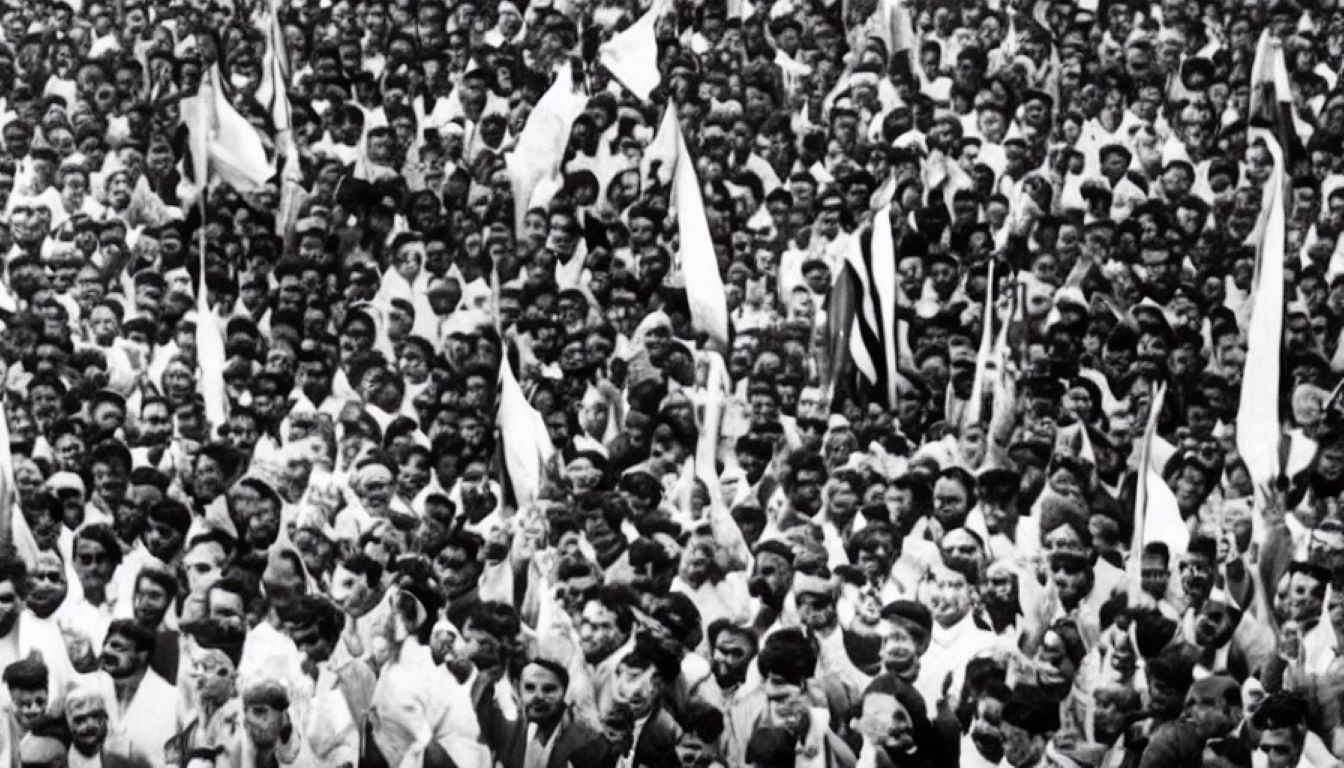“As our case is new, so we must think anew, and act anew. We must disenthrall ourselves, and then we shall save our country.” — Abraham Lincoln, 1862
Lincoln’s call for renewal in a time of national upheaval resonates sharply today. America faces a similar choice in its foreign policy toward Pakistan: to remain trapped in the failed habits of the past—subsidizing generals, sustaining dependency, tolerating repression—or to think anew, act anew, and embrace the Pakistani people’s democratic aspirations.
The April 2022 ouster of Prime Minister Imran Khan, orchestrated by then–army chief General Qamar Javed Bajwa, was not business as usual. For decades, military interventions toppled civilian governments with impunity. But this time, the generals’ script unraveled. Khan’s popularity and his triumph over dynastic politics—the Sharifs and Bhutto-Zardaris who dominated for six decades—sparked a backlash. Millions marched for fresh elections. Smartphones stripped the establishment of narrative control, while social media lampooned Bajwa and his successor, the self-nominated Field Marshal Asim Munir, as relics of a fading order.
Despite a complete media blackout and his ongoing incarceration, millions voted for Khan in the February 8, 2024 national election. The result shocked the generals, who swiftly stole the people’s mandate and installed their puppets in parliament. The disconnect between the rulers and the ruled has never been more glaring.
The multiple assassination attempts on Khan and his solitary imprisonment have only widened the divide: a corrupt, fascist army versus a civilian leader fighting for the poor. His detention has been declared arbitrary and baseless by the United Nations Working Group on Arbitrary Detention, while more than 100 U.S. lawmakers have urged his release, recognizing the charges as politically motivated. This is not a passing political crisis—it is structural, rooted in the military’s unchecked empire.
An Army with a State, Not a State with an Army
Since its creation, Pakistan has been ruled directly or indirectly by its army. No prime minister has ever completed a full five-year term. Those who defied the generals were hanged, assassinated, jailed, or exiled: Zulfikar Ali Bhutto was hanged, Benazir Bhutto was assassinated, and today Imran Khan remains imprisoned.
But this is more than politics. The Pakistani military is also the country’s largest and most powerful conglomerate. Its fiefdom spans cement, fertilizer, food, pharmaceuticals, insurance, banking, aviation, and real estate. Through entities like the Fauji Foundation, Army Welfare Trust, Shaheen Foundation, and Bahria Foundation, the generals preside over an empire estimated at more than $25 billion in annual revenues—nearly 10% of Pakistan’s GDP. This dwarfs civilian industries and rivals India’s largest business houses.
This empire operates in legal twilight. The Pakistan Army (Amendment) Bill 2023 not only legitimized these holdings but criminalized scrutiny or criticism of them. In today’s Pakistan, questioning military finances can land a citizen in prison. The result is a paradox: a mega-rich army ruling over a mega-poor nation.
Made in America
This military dominance is not only self-made—it has been globally subsidized. Since 1947, the United States has obligated over $67 billion in assistance to Pakistan. Between 2002 and 2011, another $18 billion flowed in during the “war on terror” decade. While intended for counterterrorism, these funds consistently strengthened military dominance rather than civilian institutions.
Instead of perpetuating this cycle of dependency, the U.S. must replace “aid” with “trade.” Rather than pouring billions into a military-dominated state, Washington should expand market access, investment, and joint ventures with Pakistan’s entrepreneurs, farmers, and tech innovators. Trade empowers citizens, creates jobs, and strengthens the middle class—weakening the generals’ grip on the economy. That is how democracies take root.
The IMF, too, must break its cycle of indulgence. Pakistan is on its 24th bailout, worth about $7 billion, yet little has trickled down to ordinary people. Opening sustainable exports, clean energy investment, and regional trade corridors would achieve far more for stability than temporary loans vanishing into military coffers.
The Diaspora’s Warning Bell
The Pakistani-American community—nearly one million strong—has been sounding the alarm. Across the United States, diaspora voices have urged policymakers to recognize the existential crisis in Pakistan. Over 90% of Pakistani-Americans support Imran Khan and the principle of civilian supremacy. They know until generals are forced back into the barracks, democracy in Pakistan will remain hostage.
For U.S. national security, this is not charity; it is strategy. A Pakistan of 240 million, armed with nuclear warheads and sitting astride South Asia, cannot remain indefinitely a garrison state. Its implosion would have catastrophic regional and global consequences.
Heeding an Ignored Call
The late Ambassador Richard Holbrooke understood this better than most. Before his death, he warned that Pakistan’s stability mattered more than Afghanistan’s, urging Washington to forge a long-term relationship with Pakistan’s people rather than a transactional alliance with its generals. His counsel was ignored then. It cannot be ignored now.
Lessons From Asia
History proves that investing in democracies yields dividends. Vietnam, once an adversary, has become a major U.S. trade partner with bilateral commerce exceeding $100 billion. South Korea transitioned from military rule to become a democratic powerhouse, with U.S. trade topping $160 billion annually. Indonesia, the world’s largest Muslim democracy, emerged from authoritarianism in the 1990s with U.S. encouragement and is now a G20 economy.
These examples show what Pakistan could become: a democratic Muslim-majority nation that advances U.S. economic and security interests while providing stability in South Asia. Washington must have the vision to nurture this transformation.
A Real Partnership
The time has come for America to see Pakistan through a new lens:
- Demand free elections and Khan’s release. Military-engineered politics must end.
- Replace aid with trade. Open markets, incentivize investment, and strengthen Pakistan’s civilian economy.
- Engage civil society. Invest in education, media, women, and climate resilience—the infrastructure of democracy.
Pakistan today stands at an inflection point. It can spiral into a fractured state—nuclear instability, terrorism, endless poverty—or be reborn as a resilient democracy. Americans have watched this story before across Asia and Eastern Europe, where U.S. trade, investment, and sustained support for civilian institutions helped fragile democracies stand firm.
The question is whether Washington will recognize the stakes in Pakistan and act decisively to support its people, not its generals.
Pakistan’s struggle is not inevitable chaos. It is an opportunity for renewal. America must decide whether to stand with the oppressors of yesterday—or the citizens demanding freedom today.
Dr. Salman Ahmad, United Nations Goodwill Ambassador, Pakistani-American, Human Rights Defender and a famous rockstar, Founder of rock band “Junoon”


